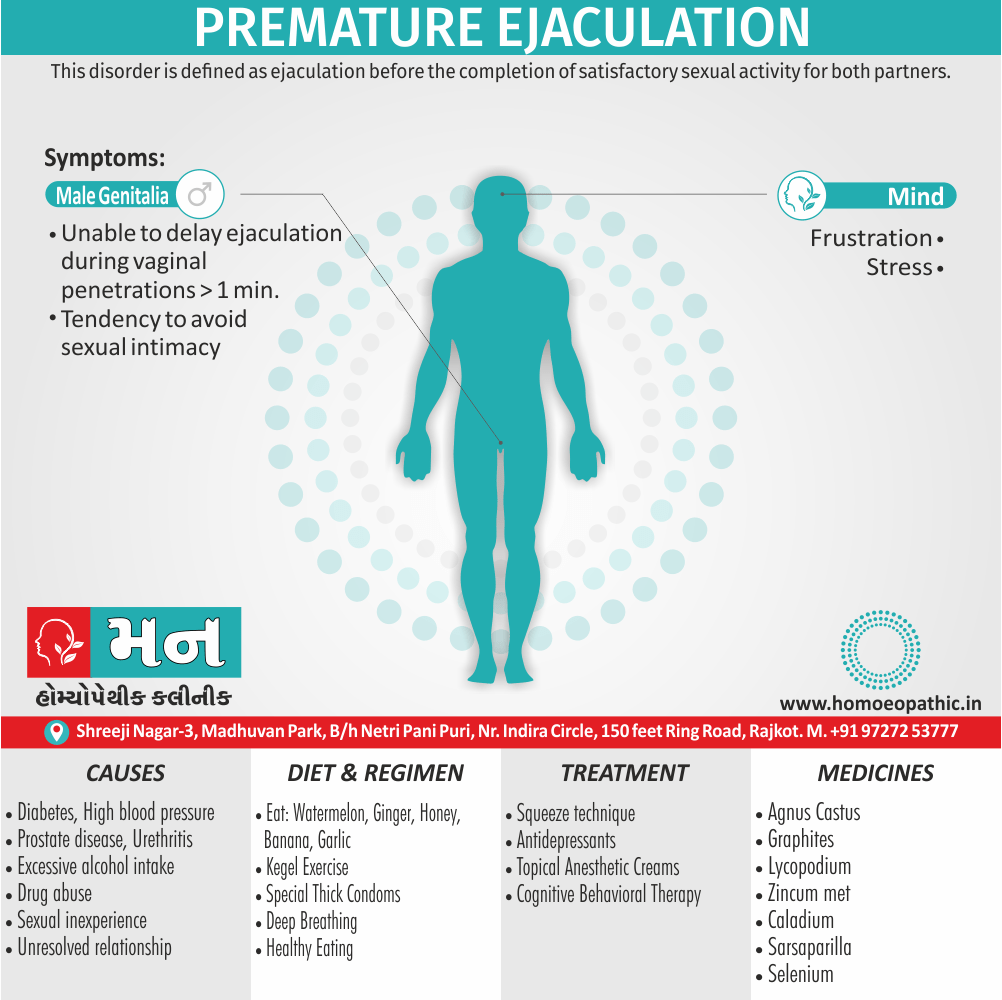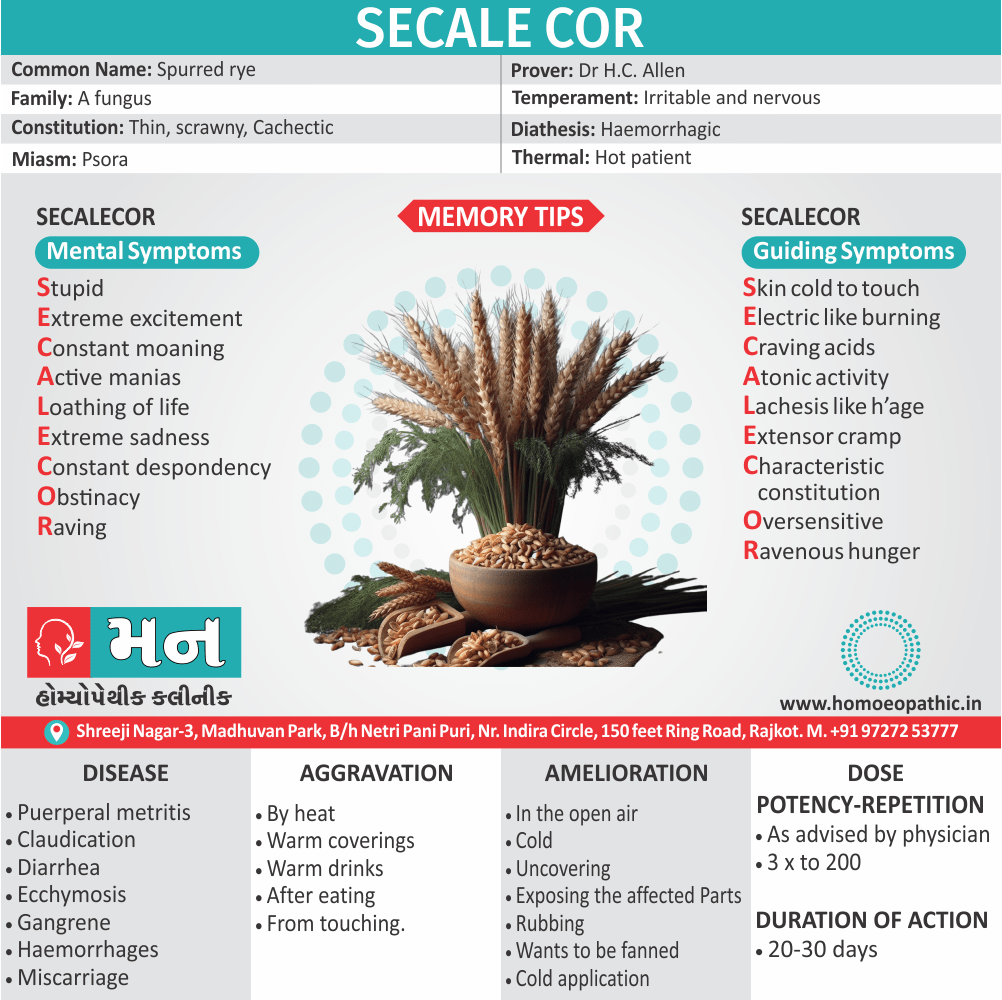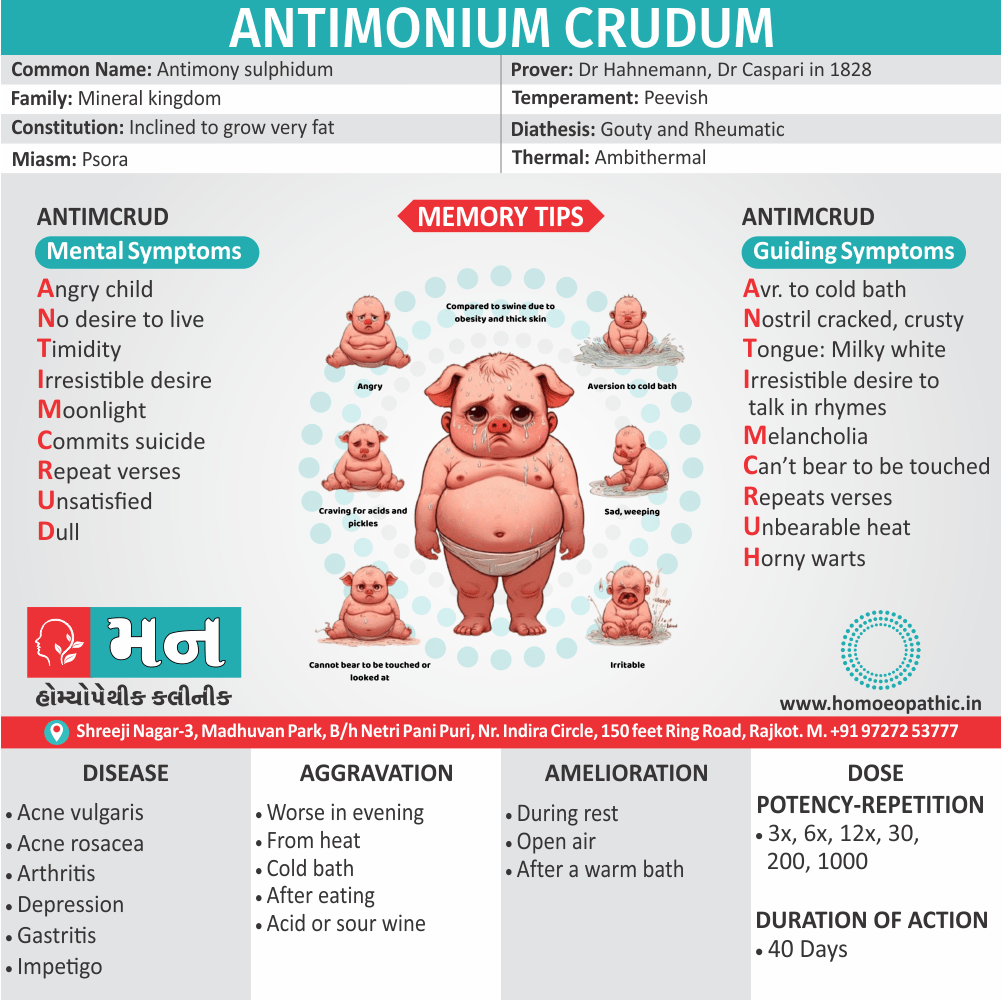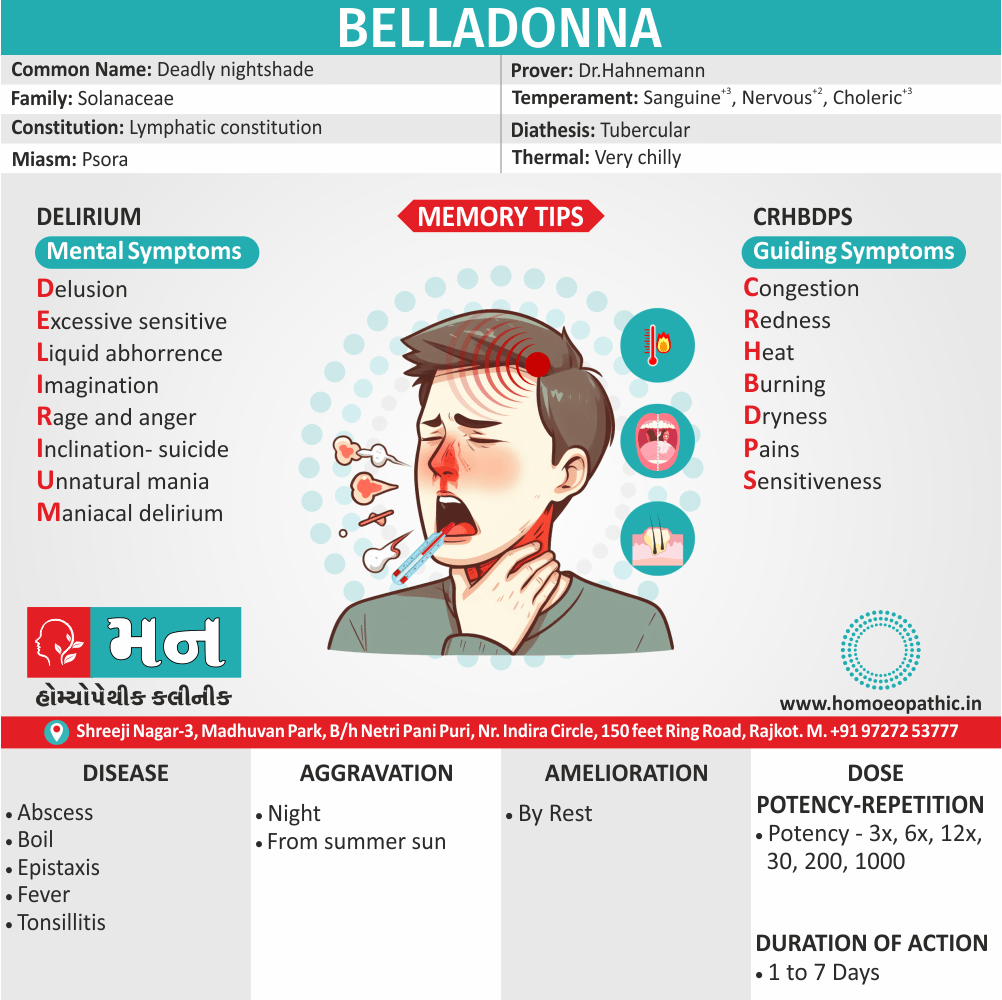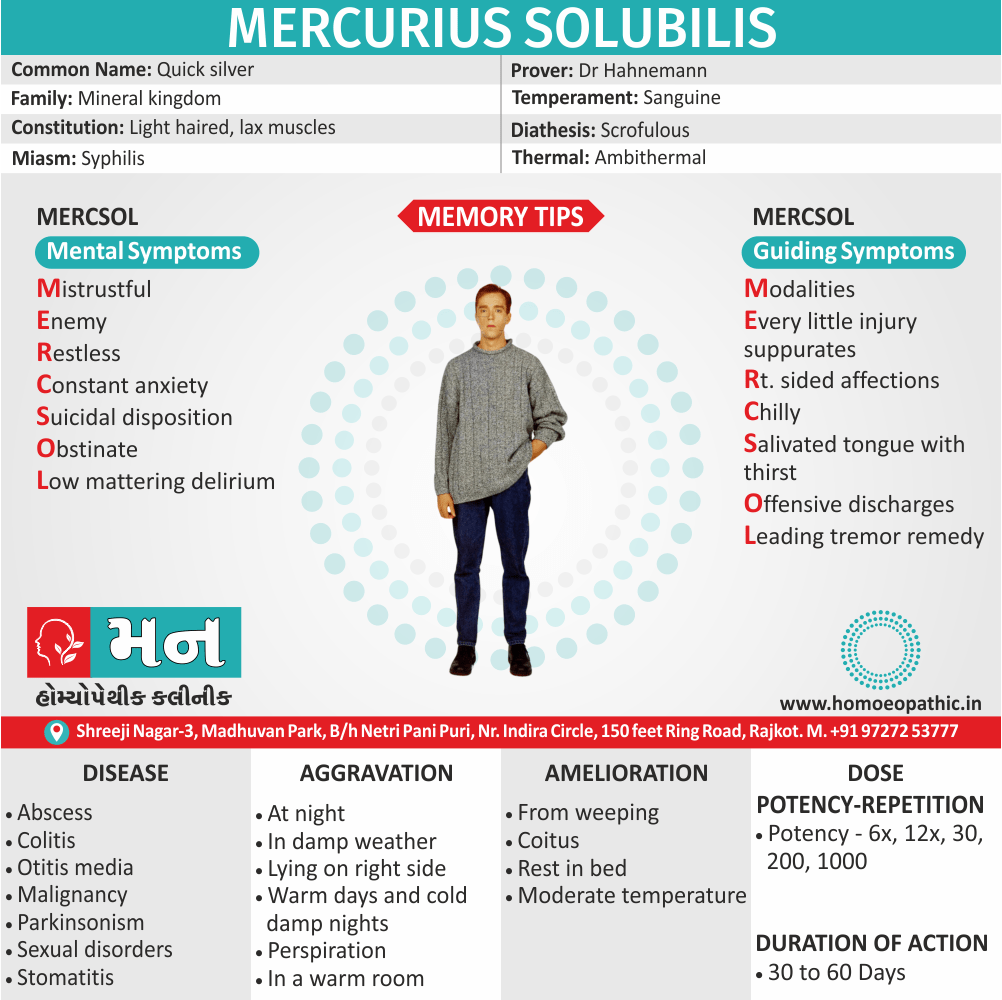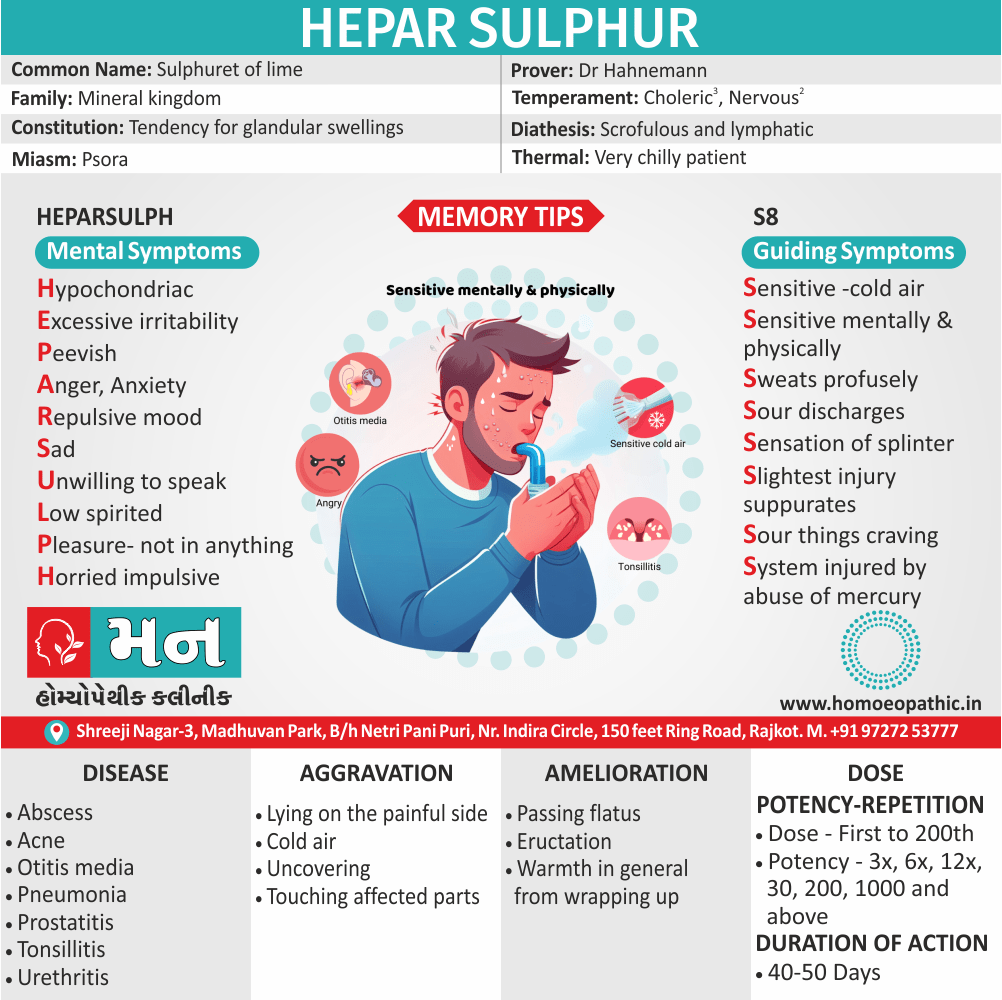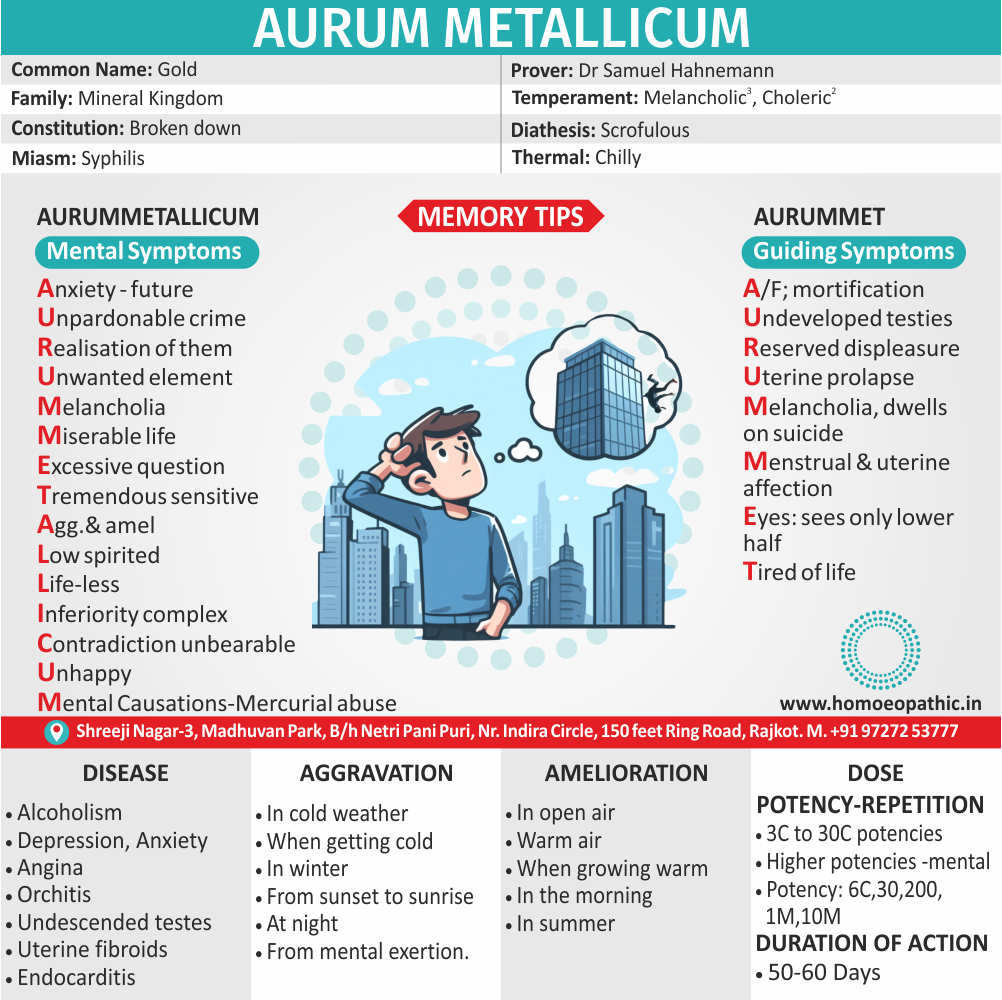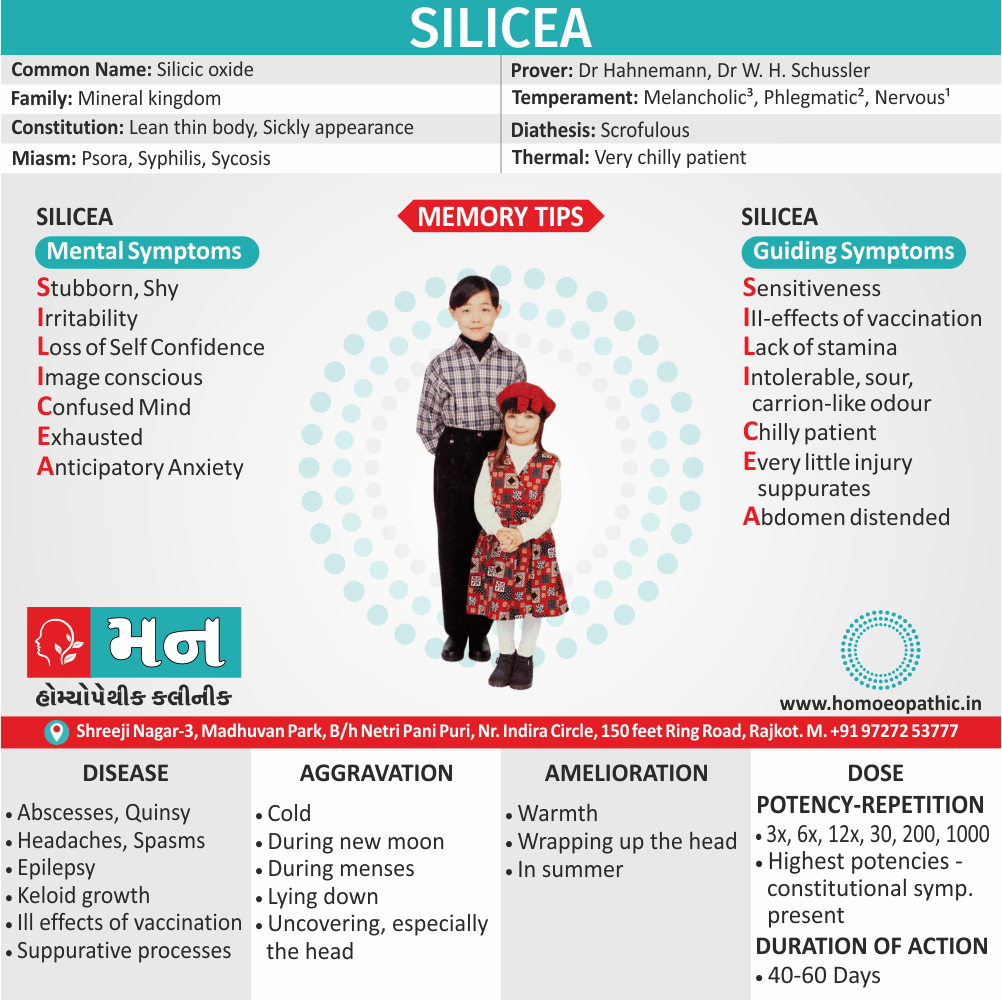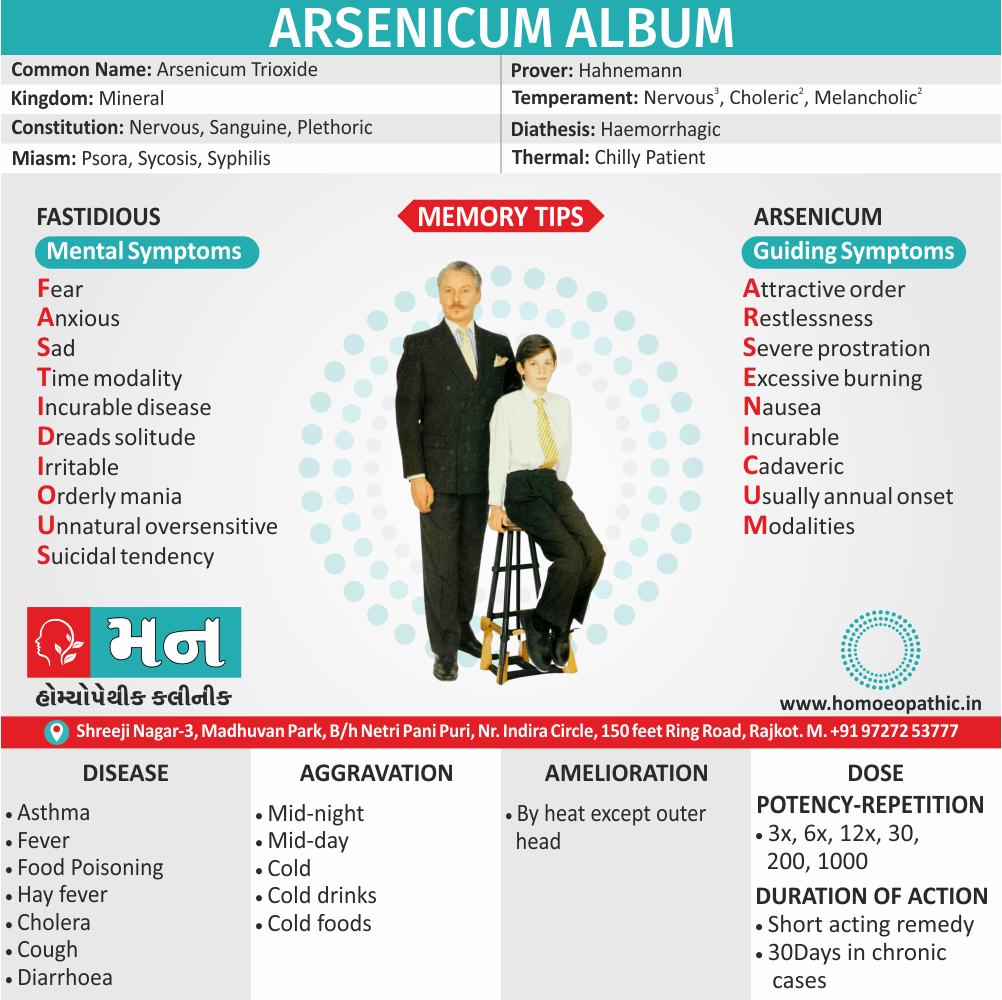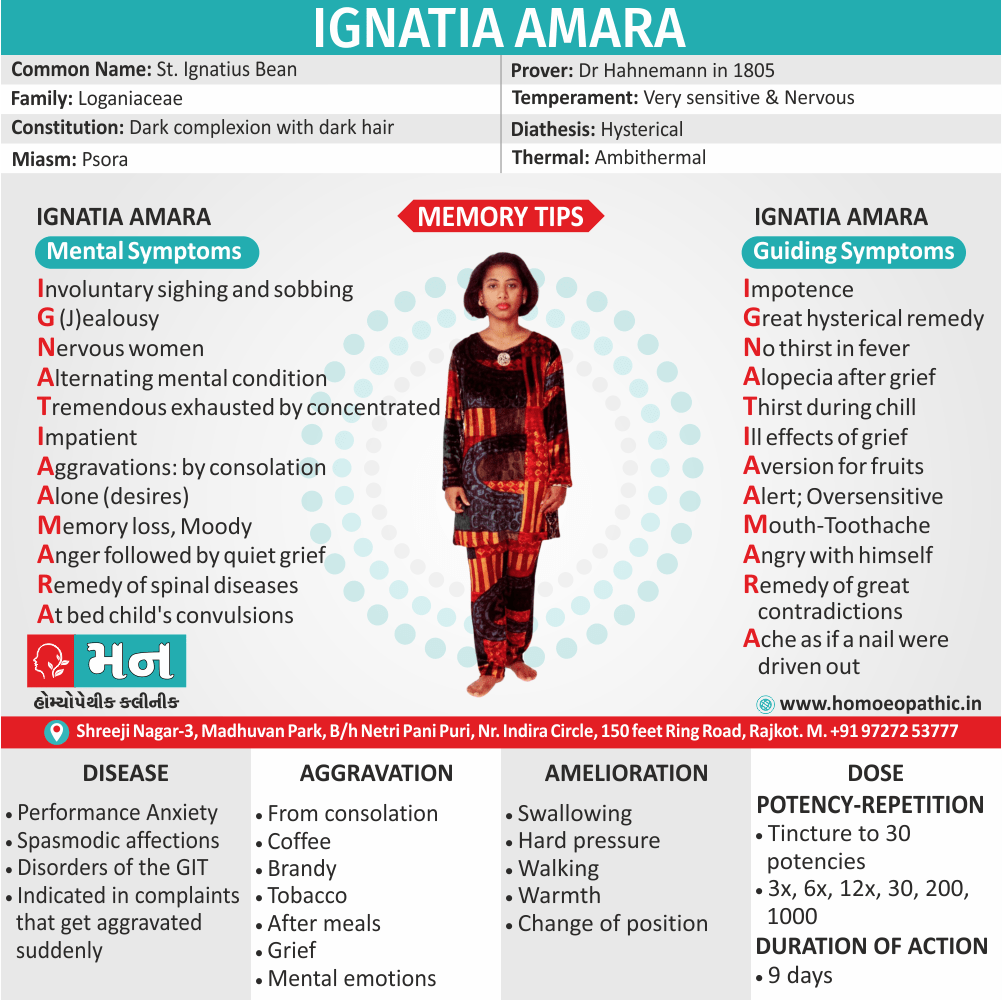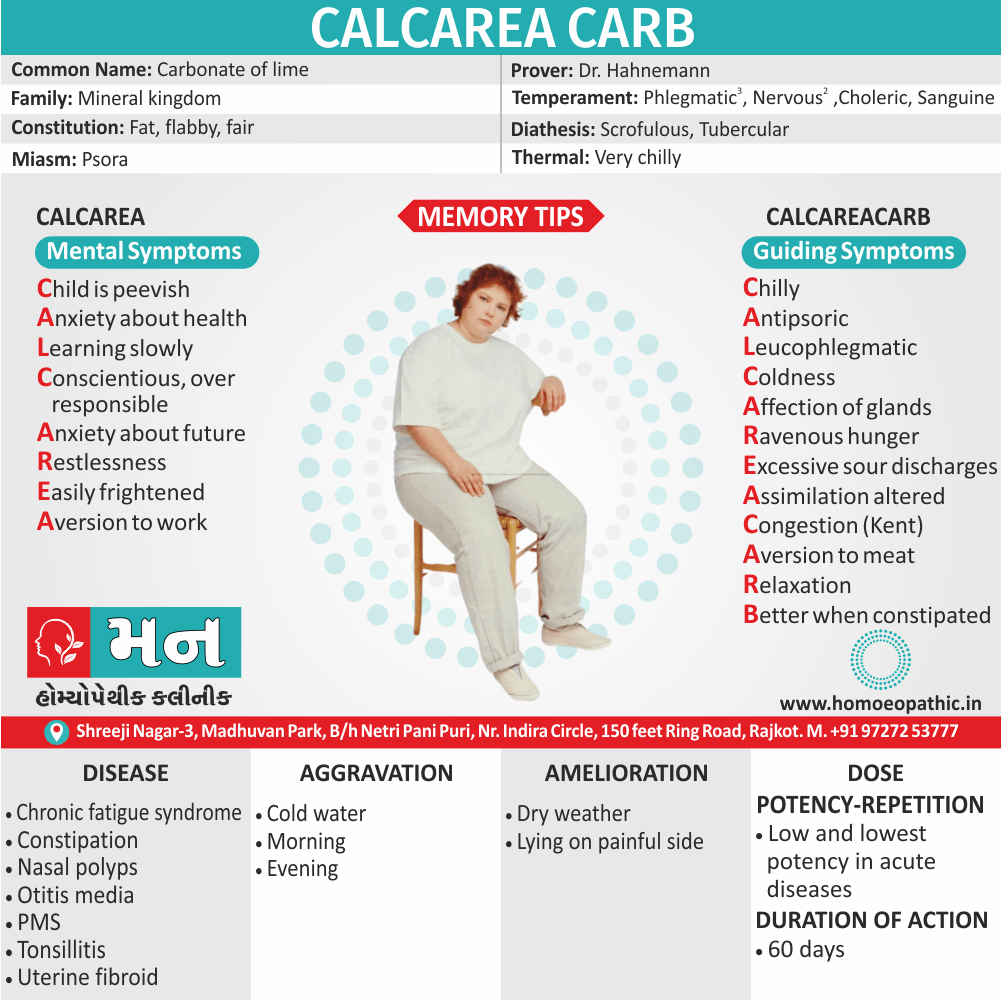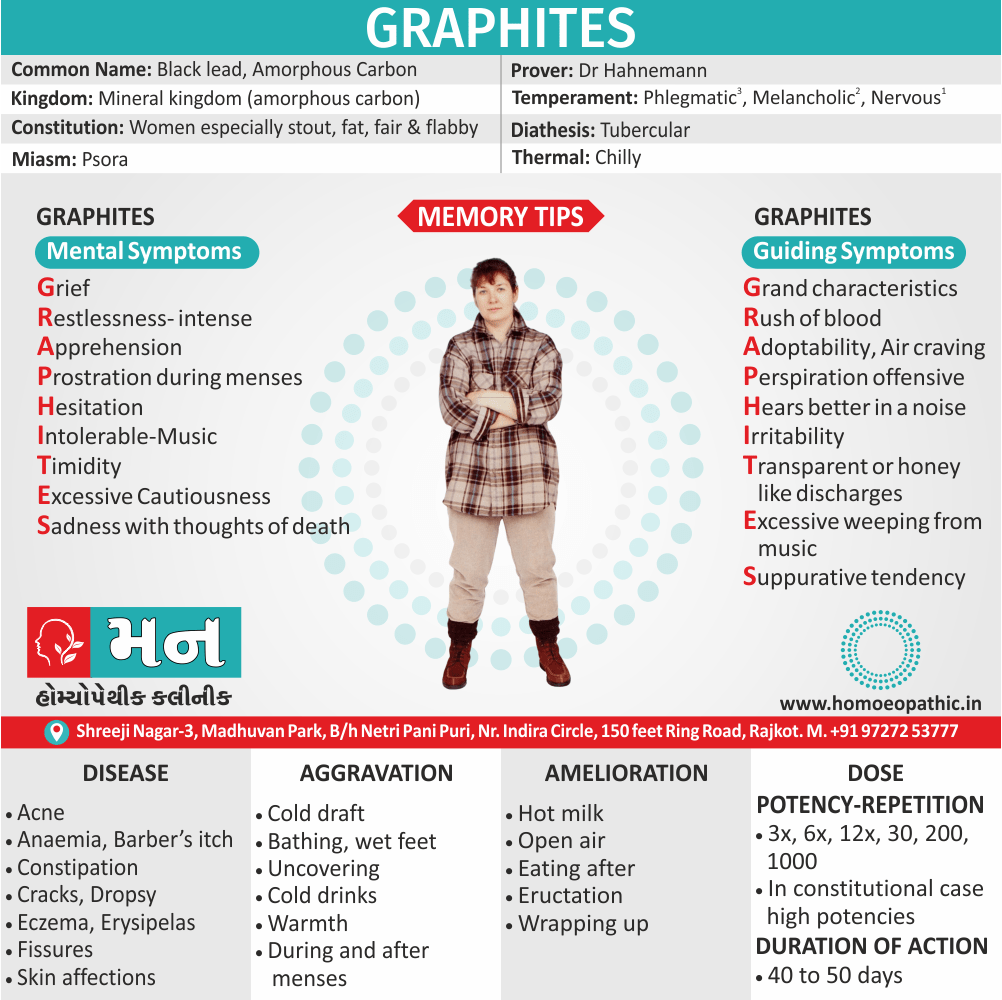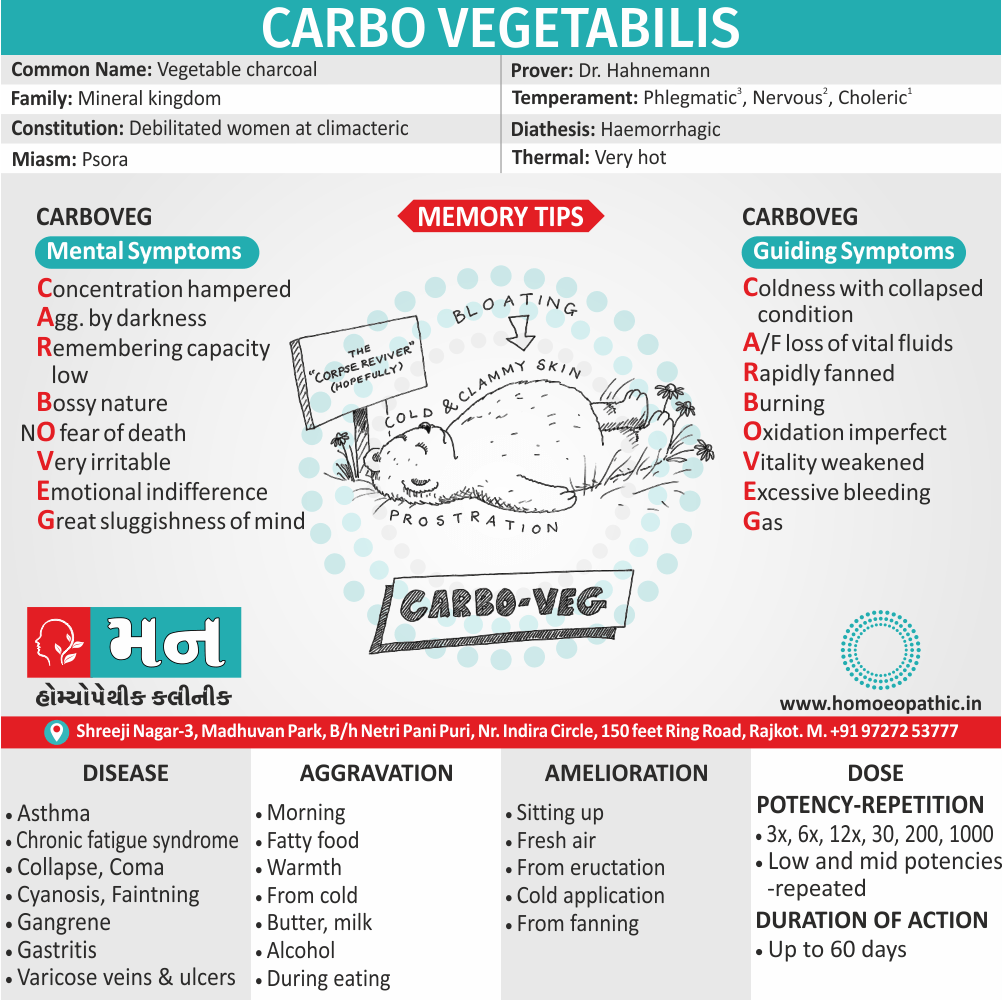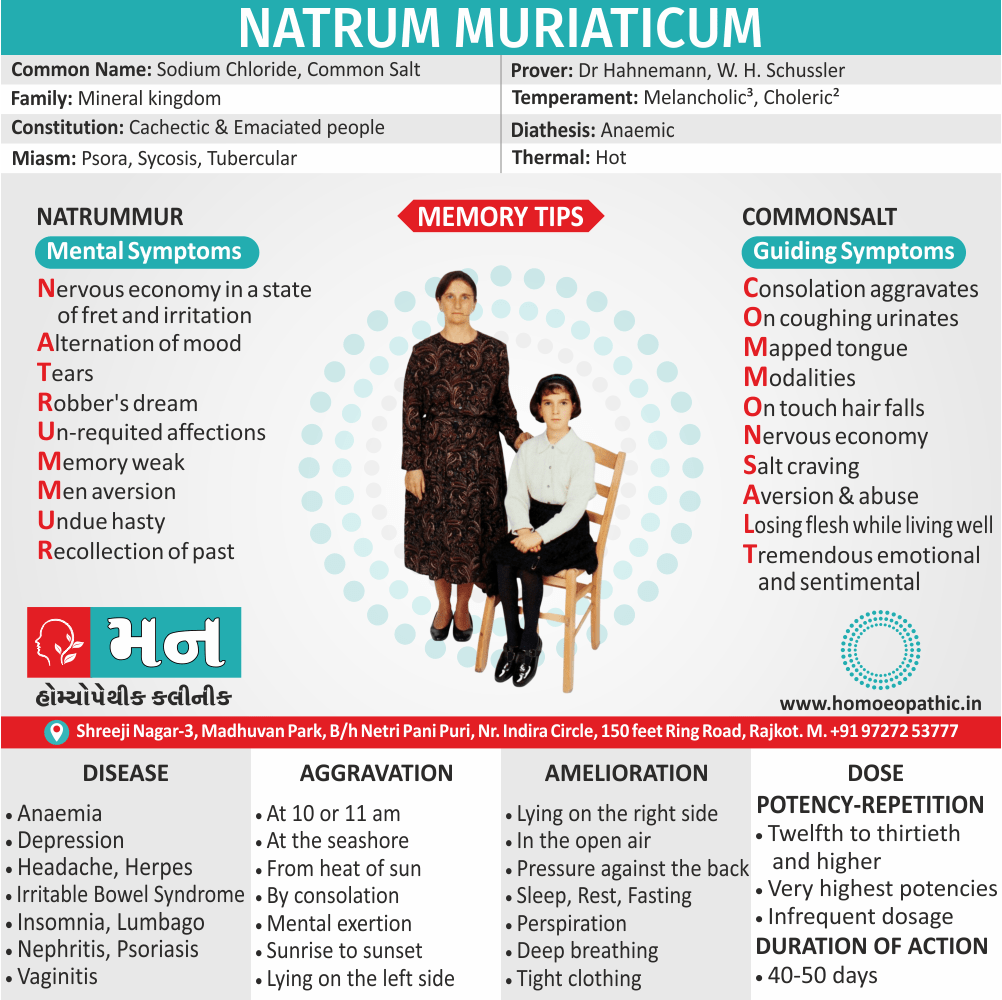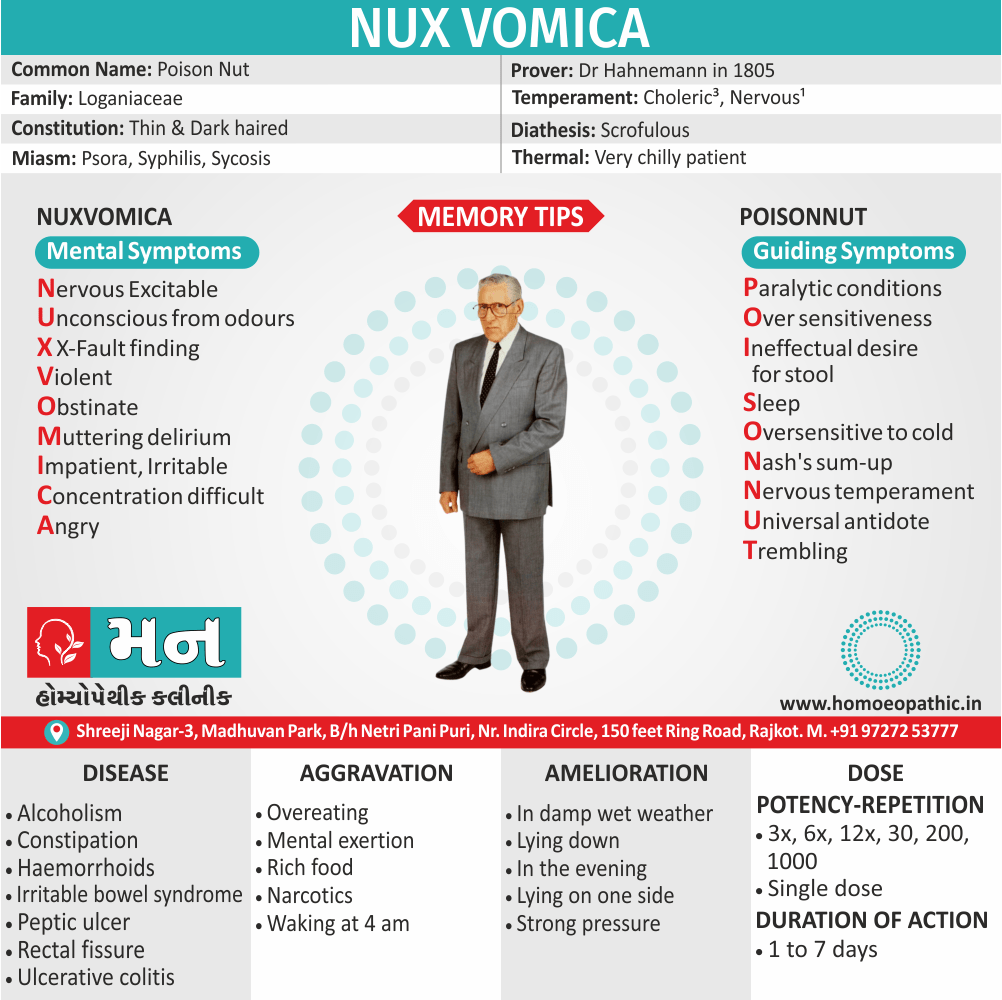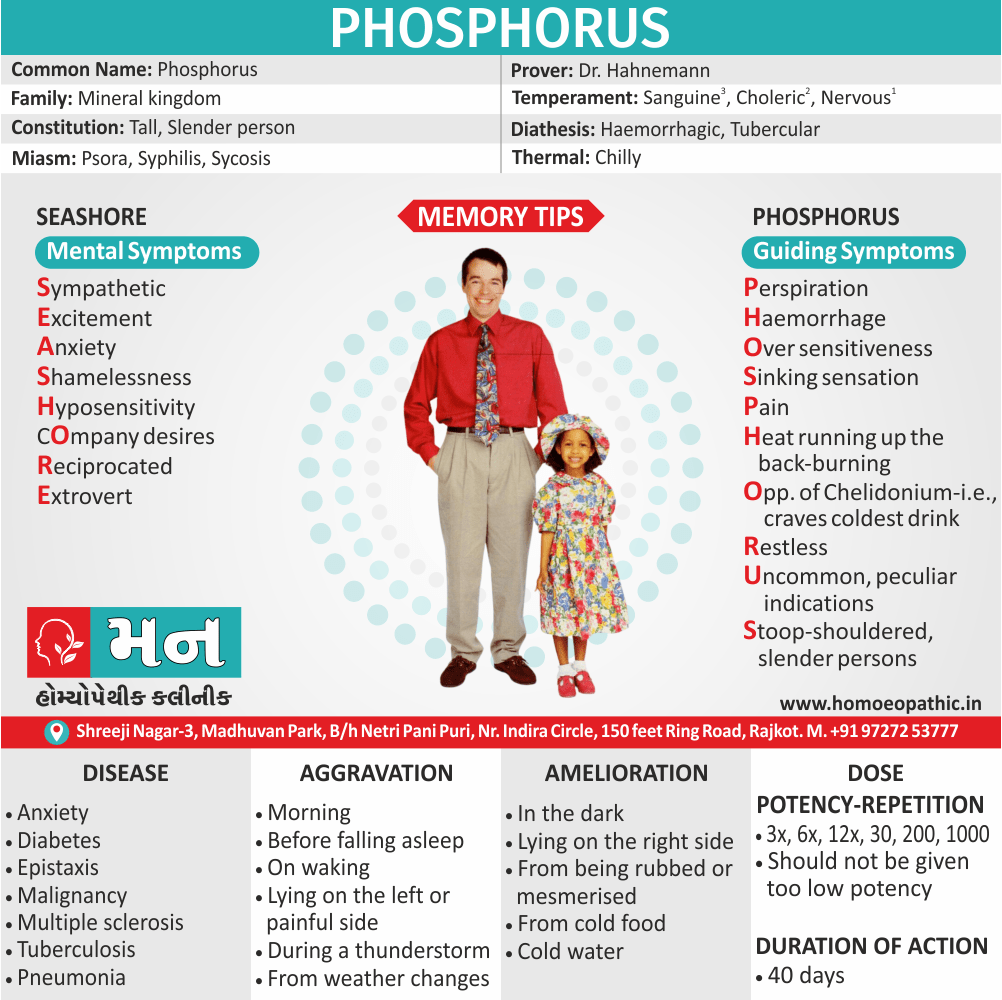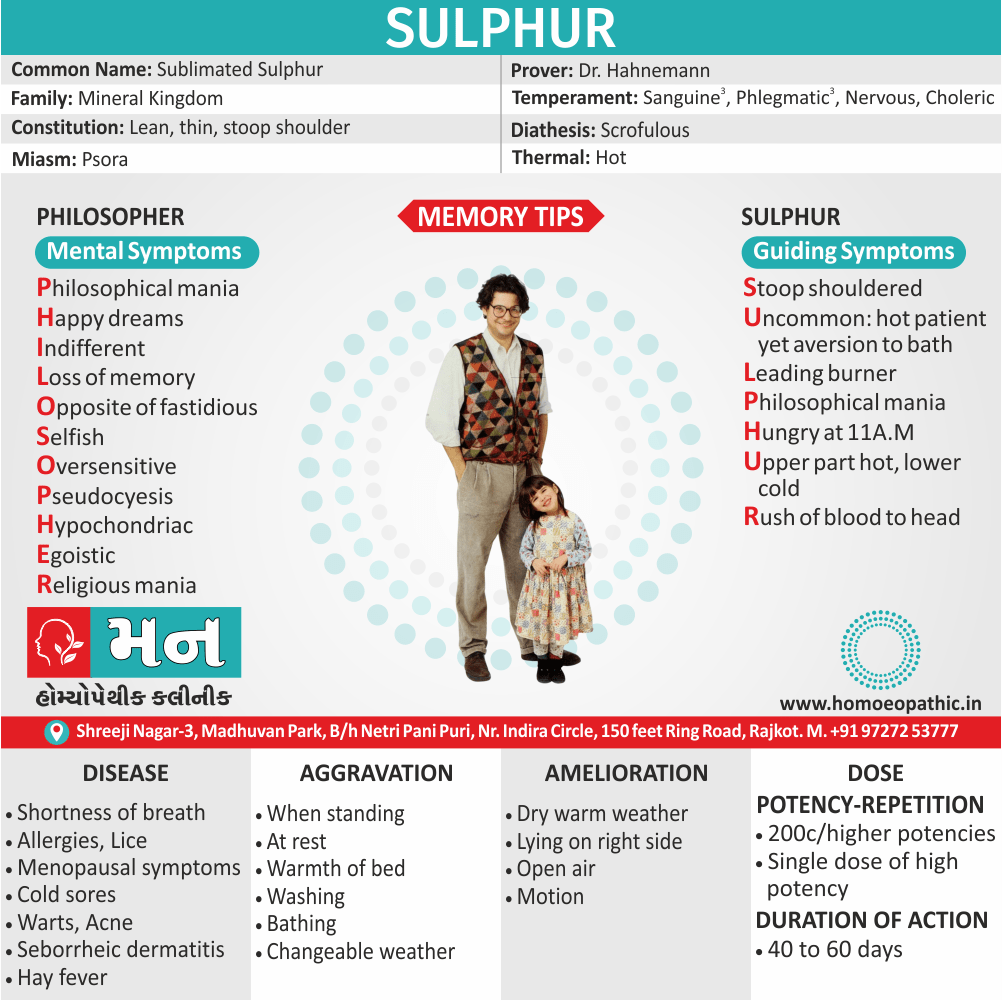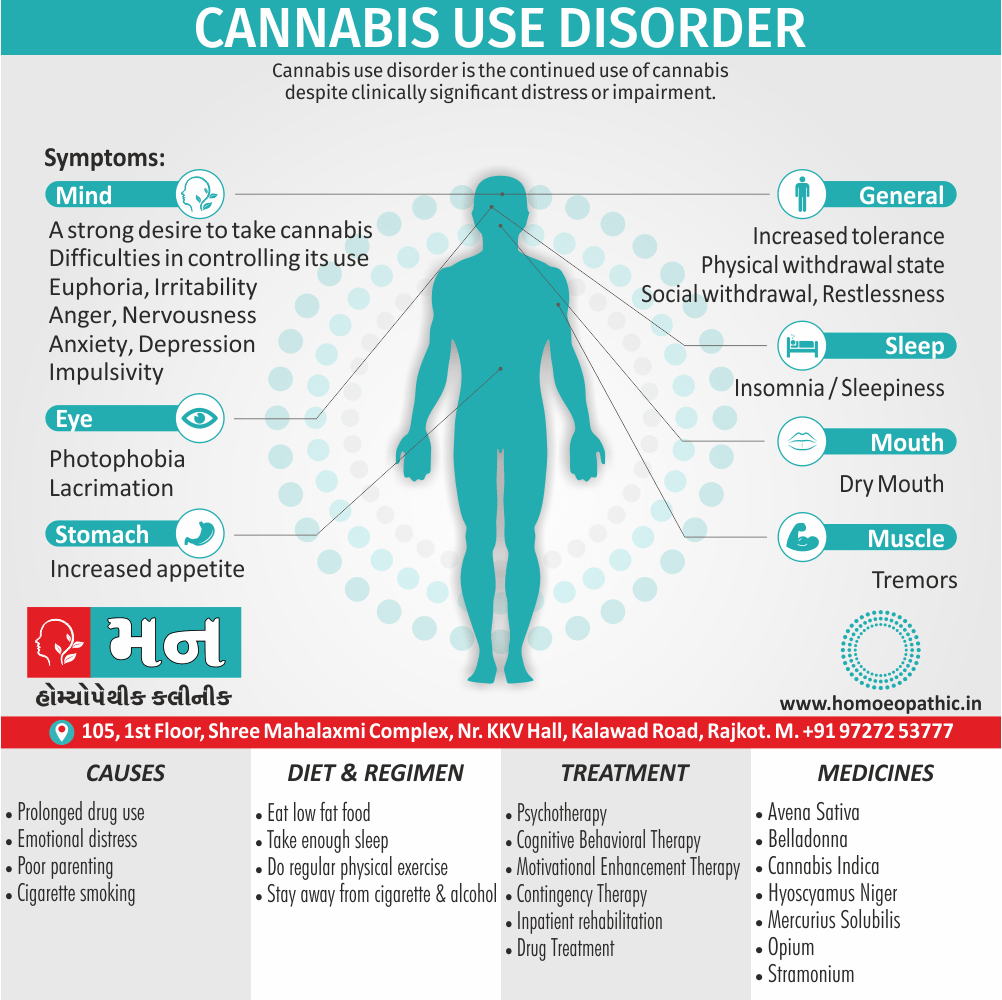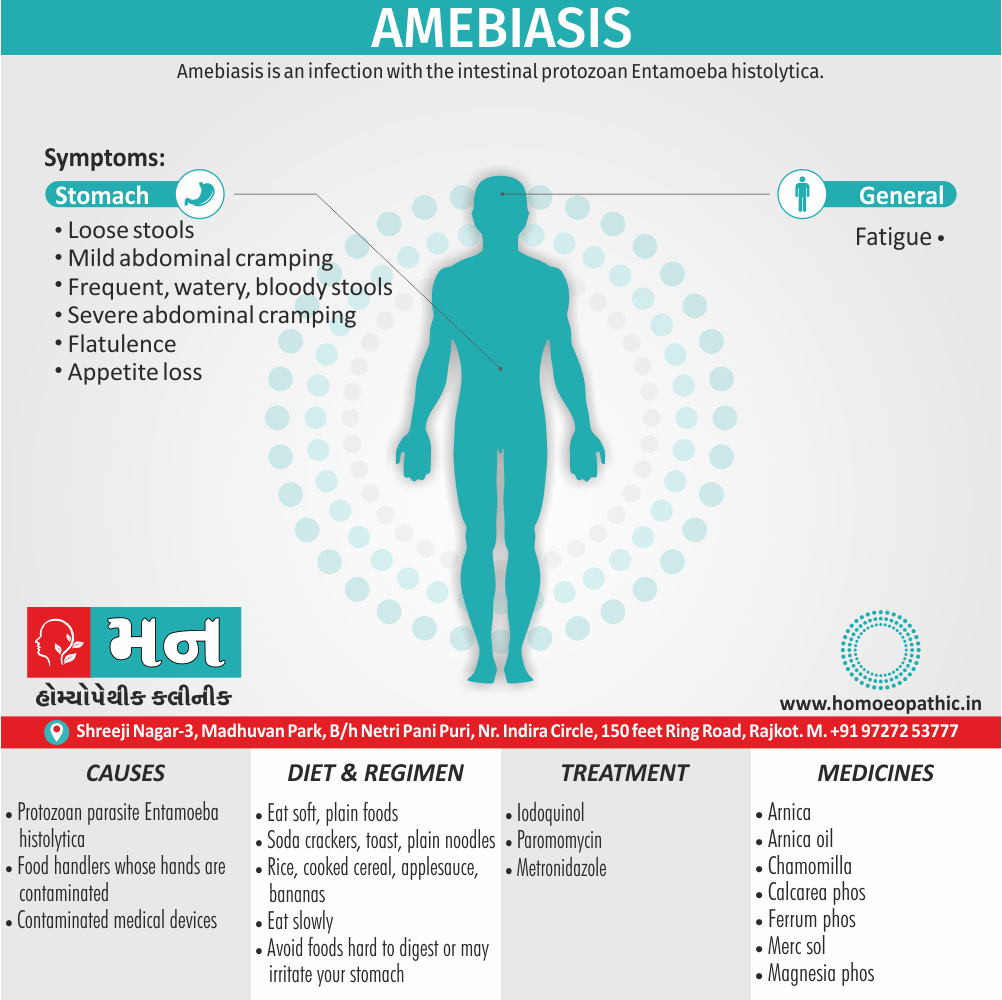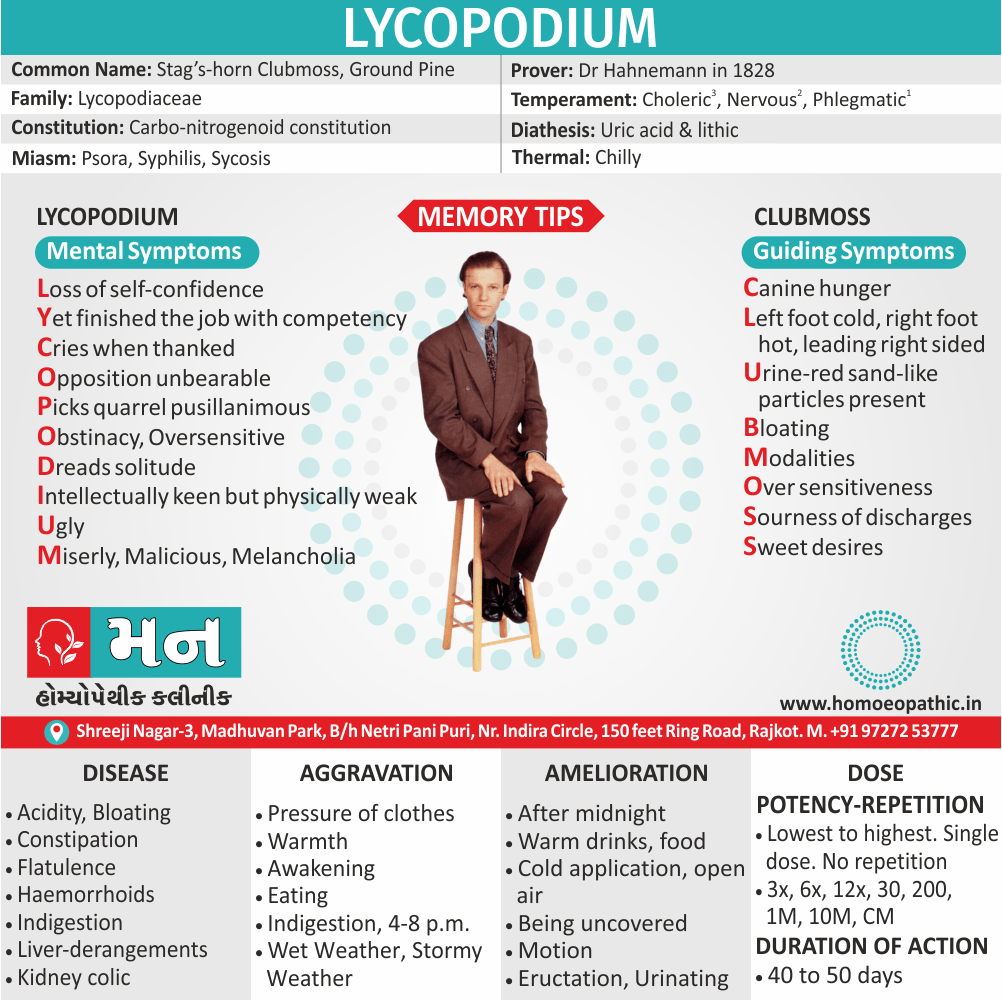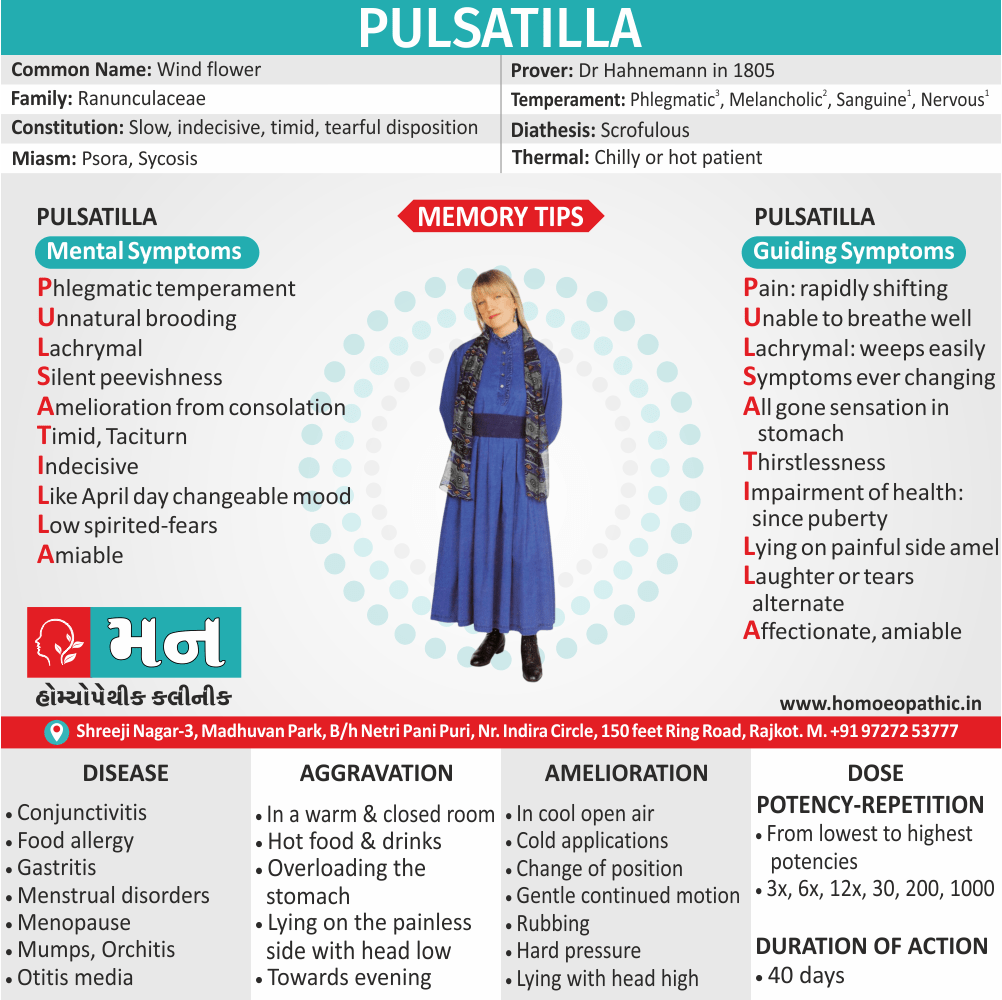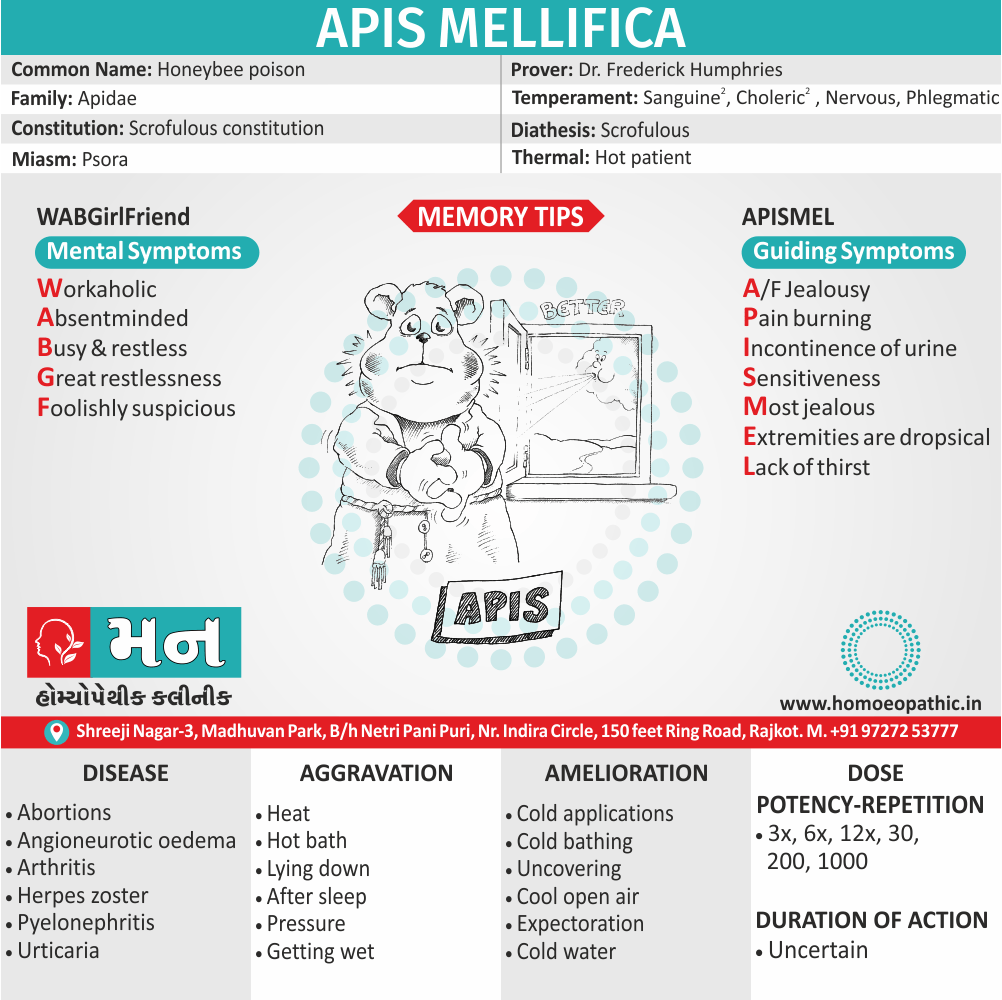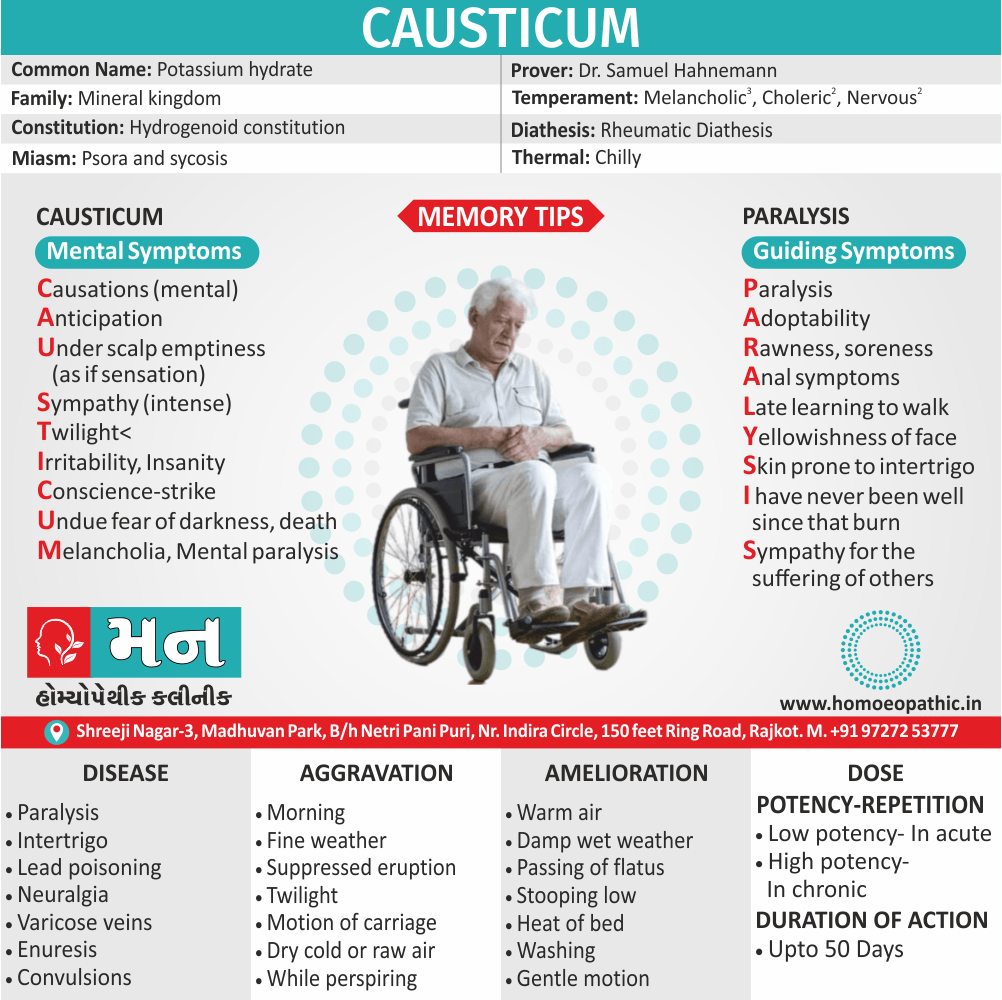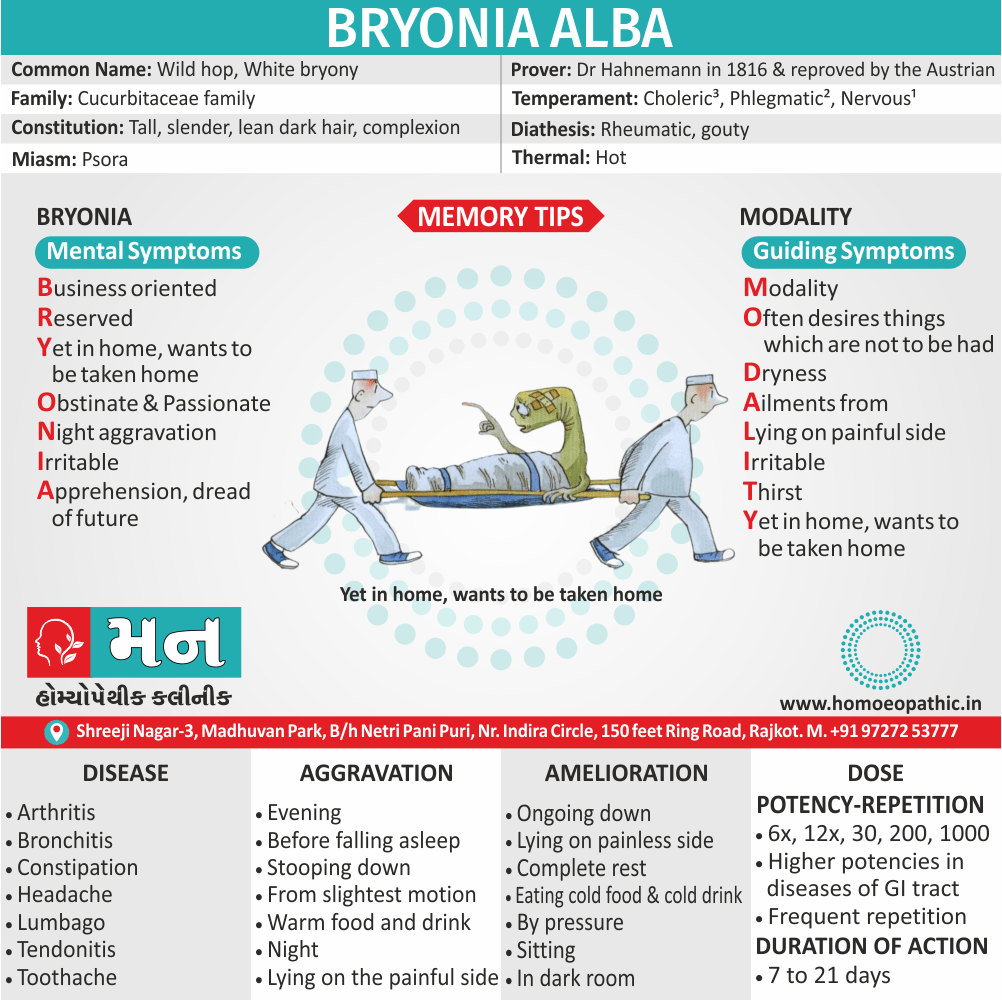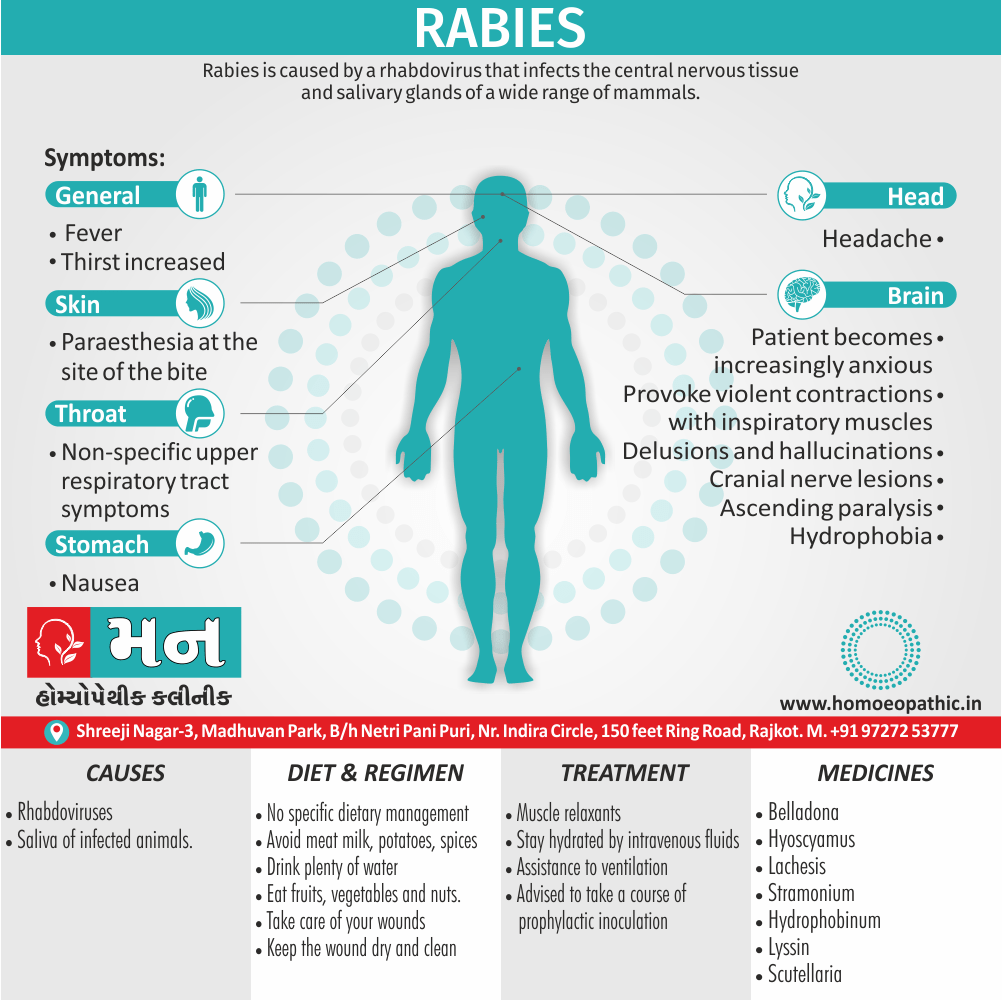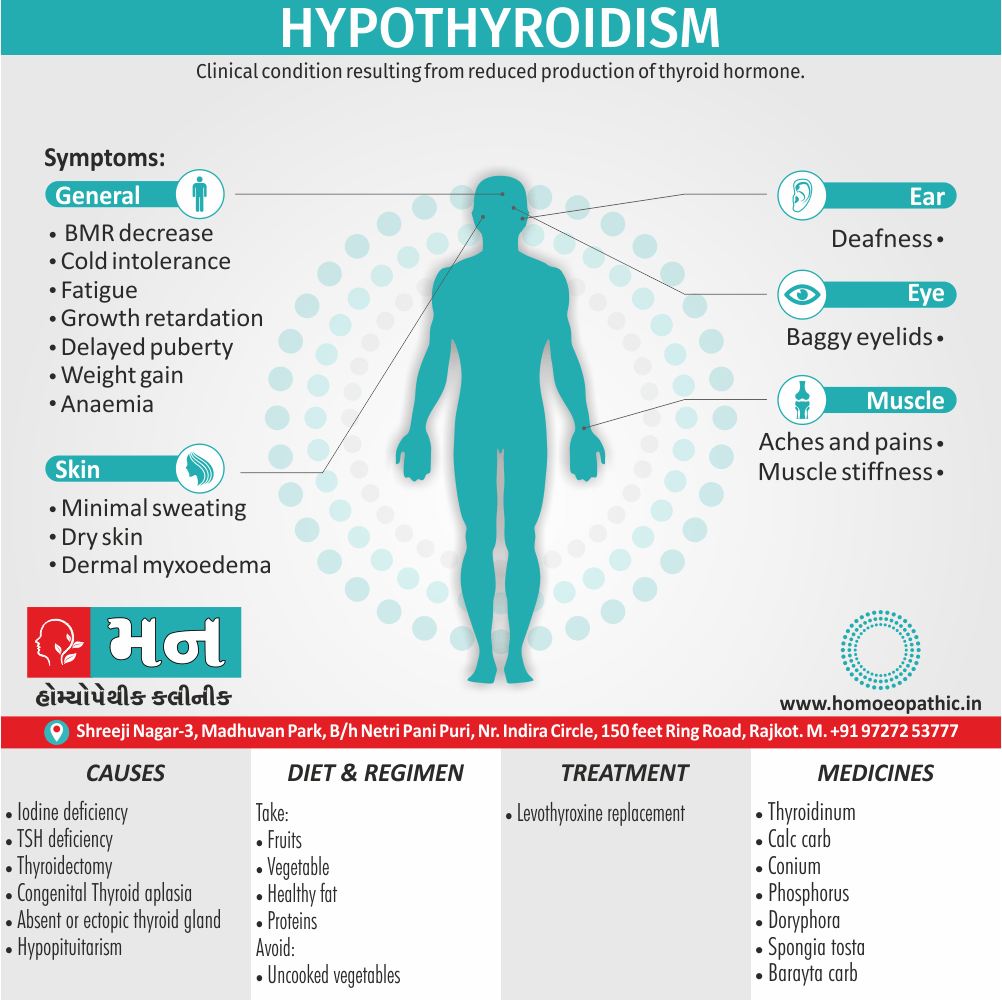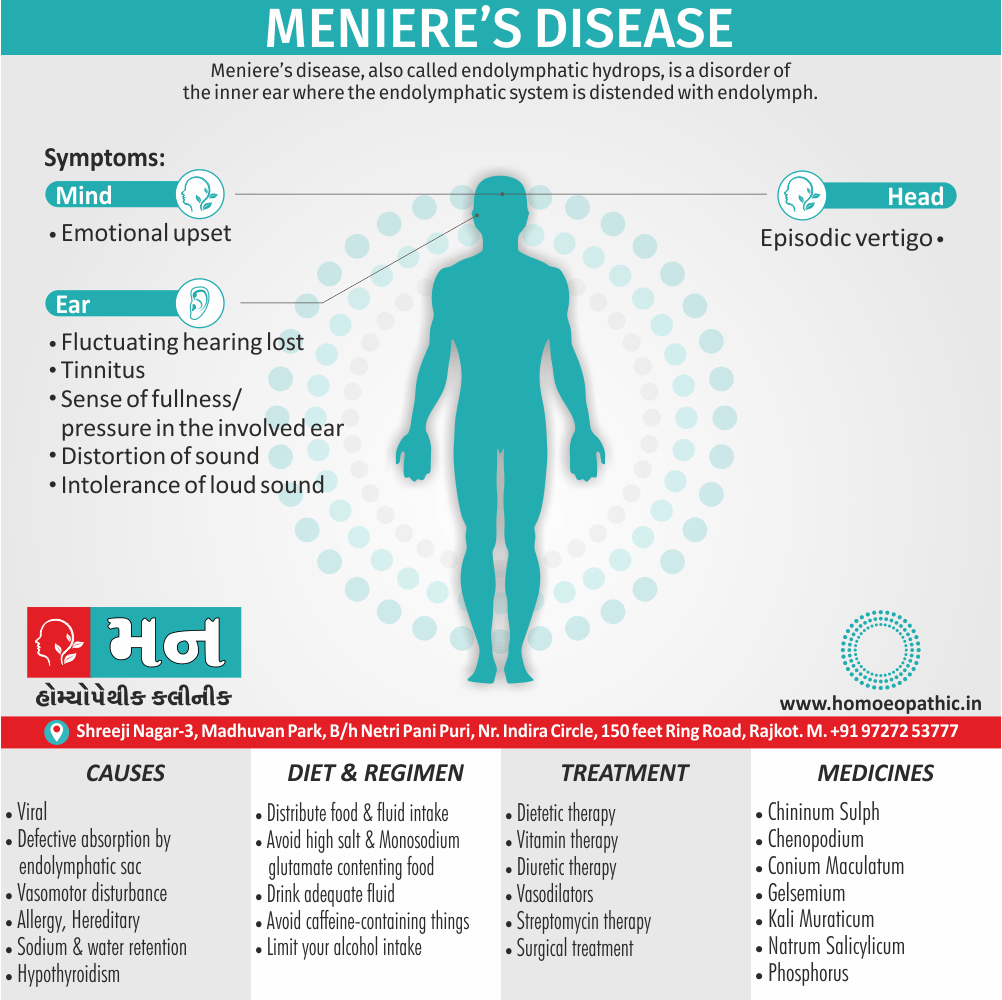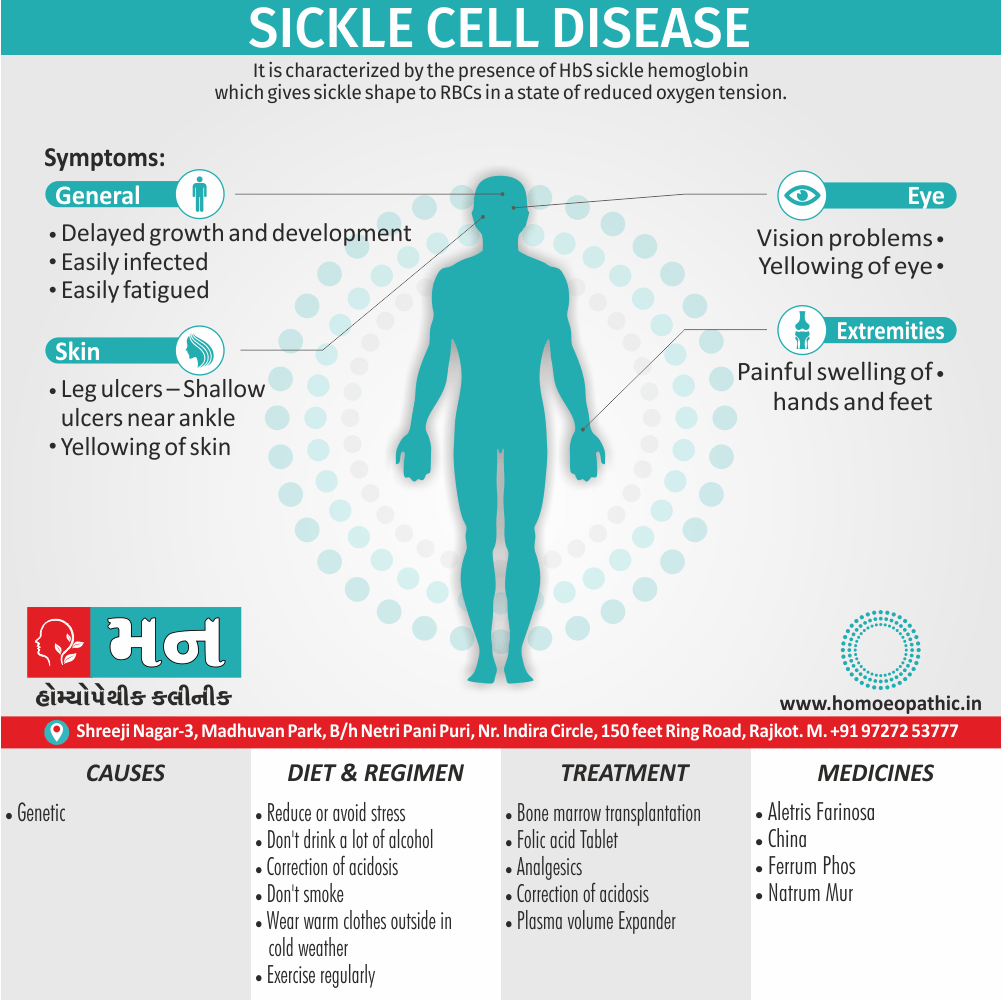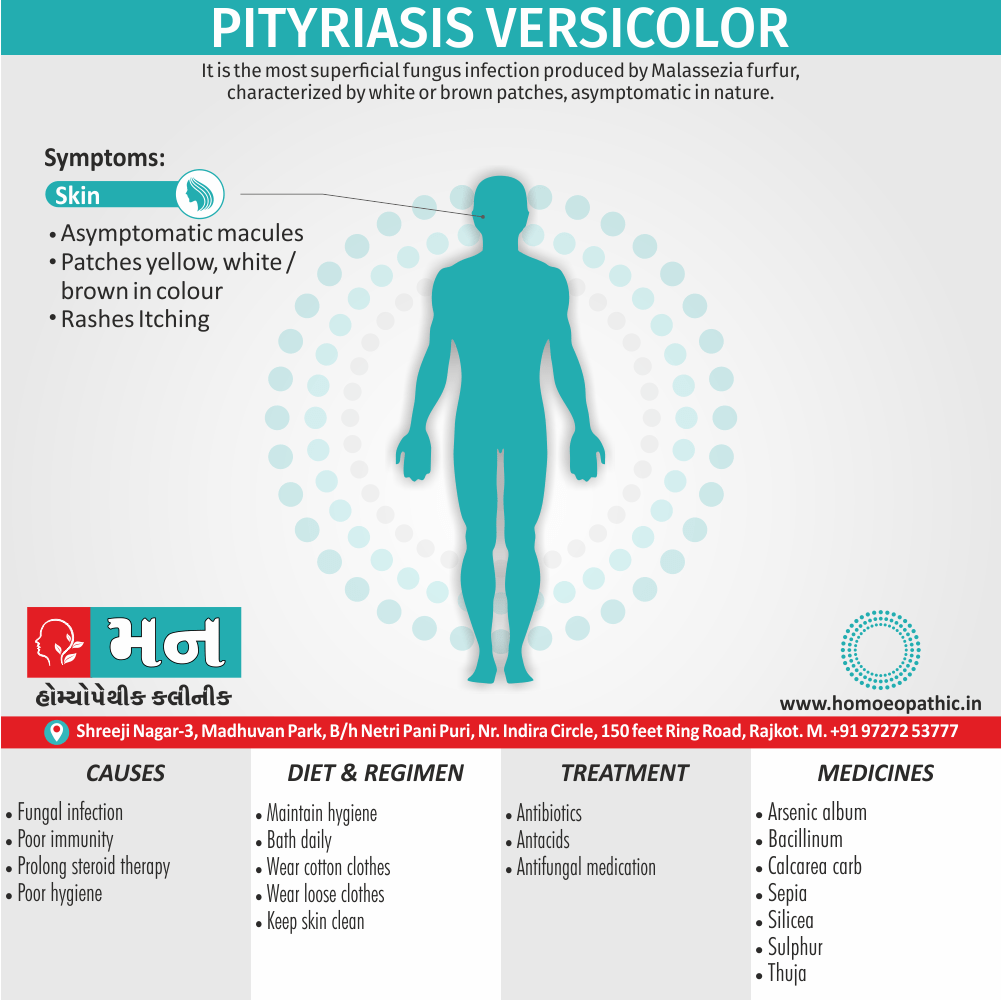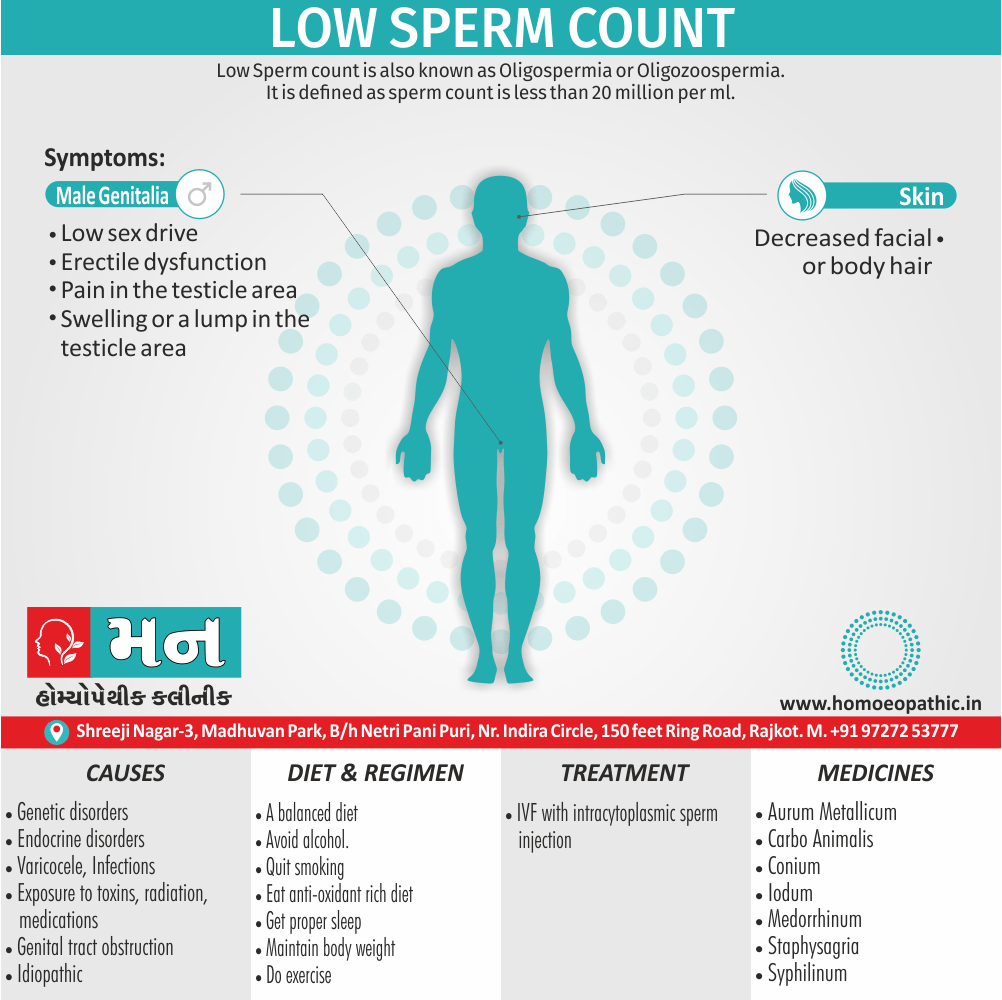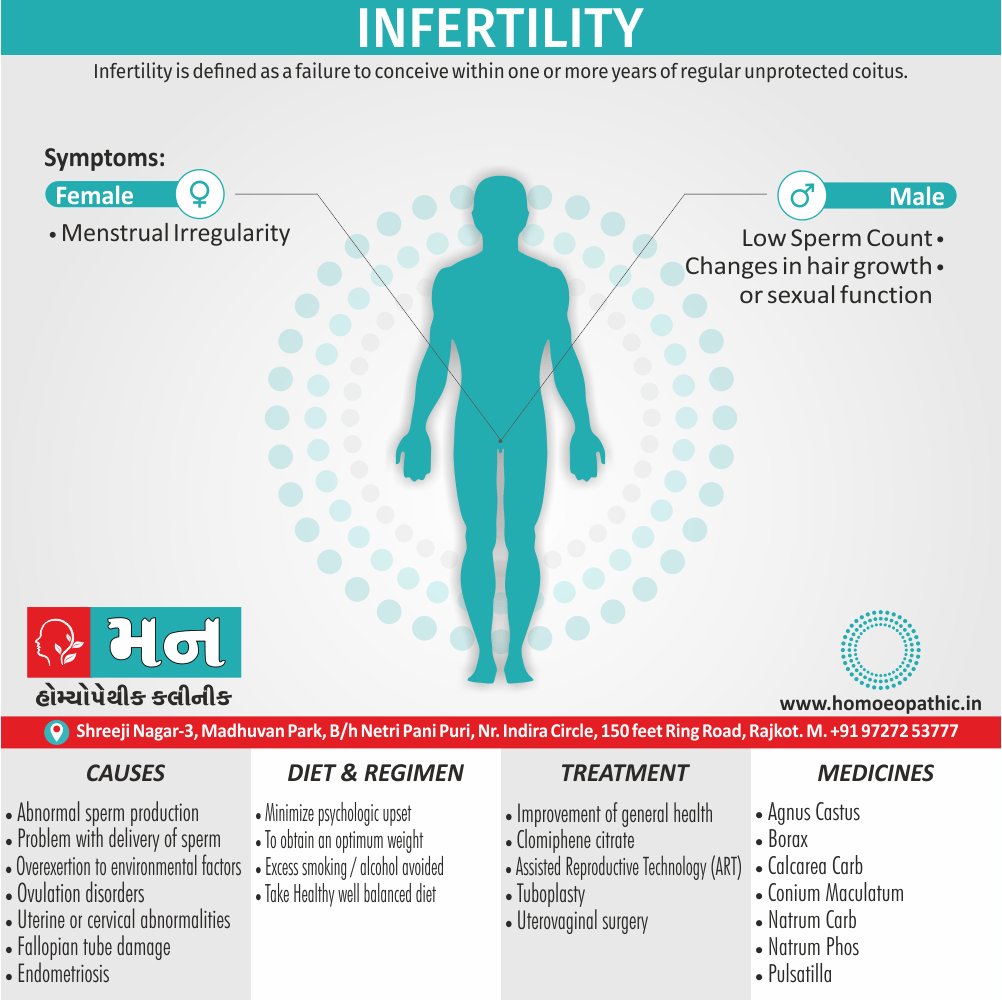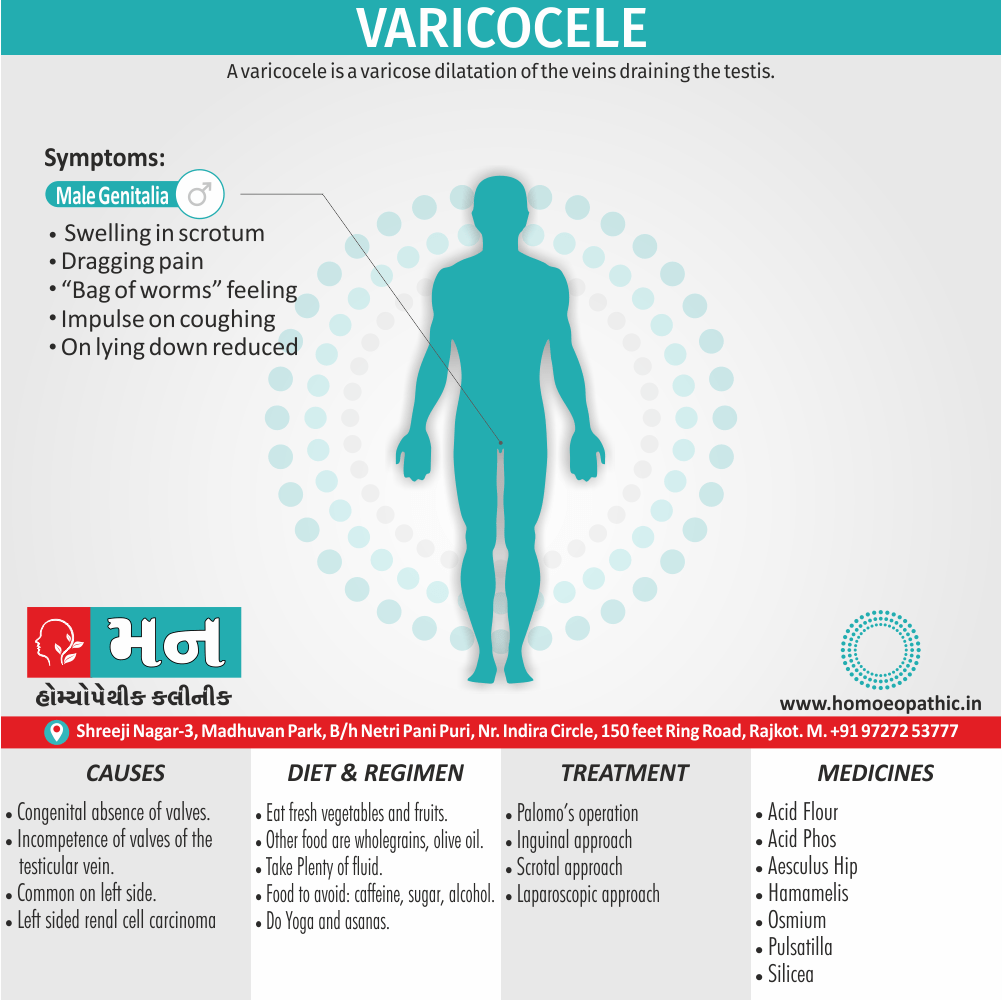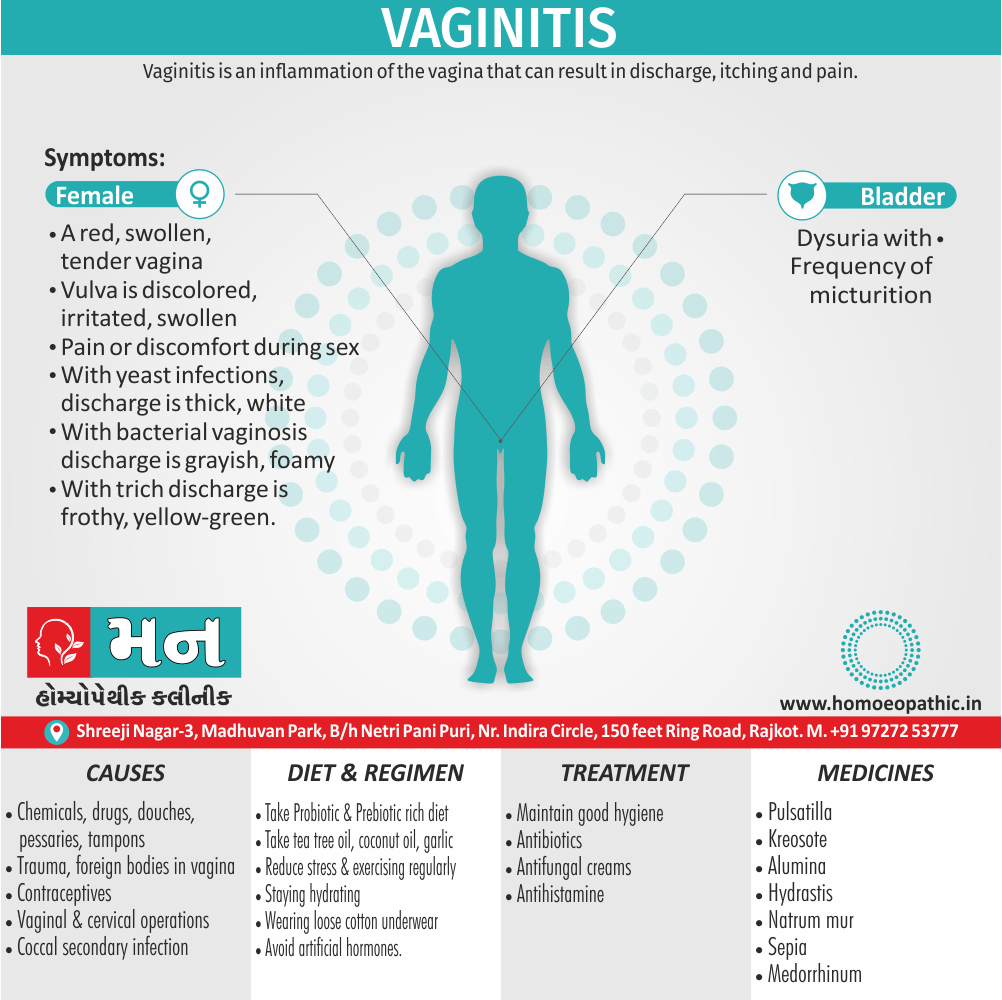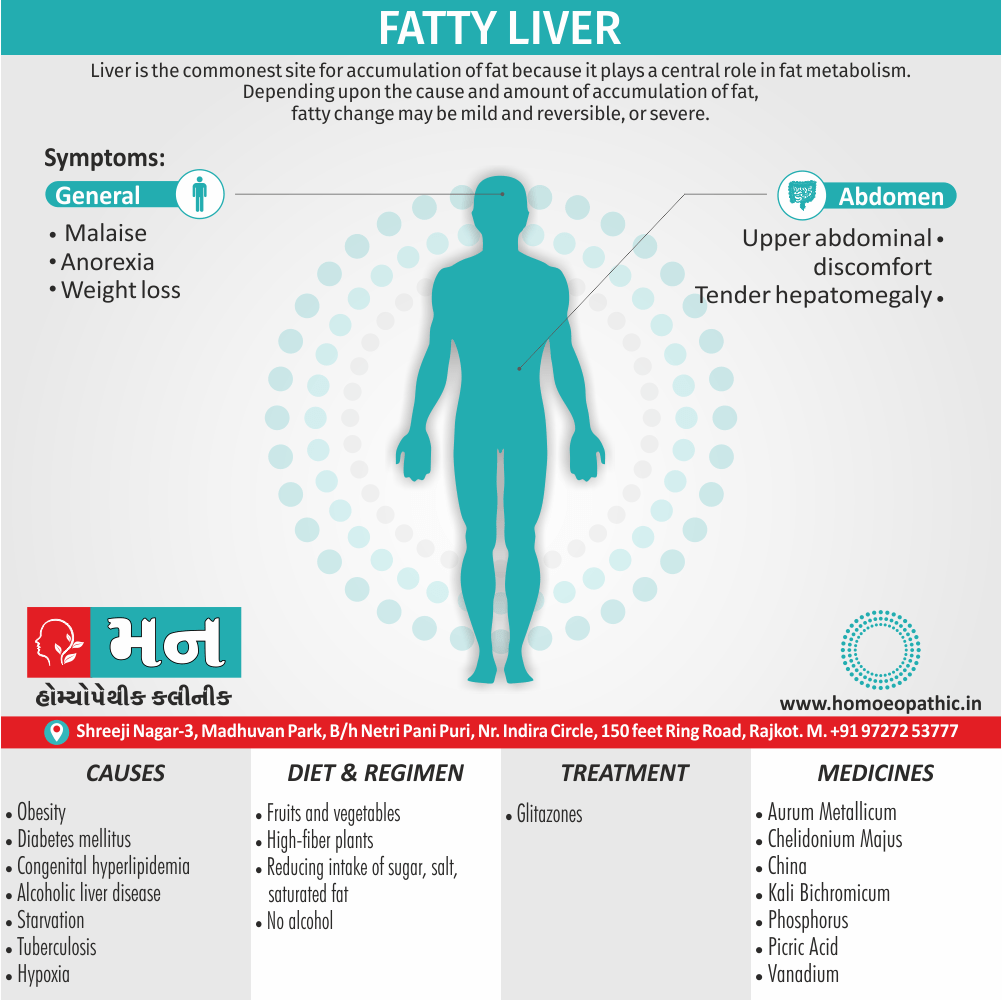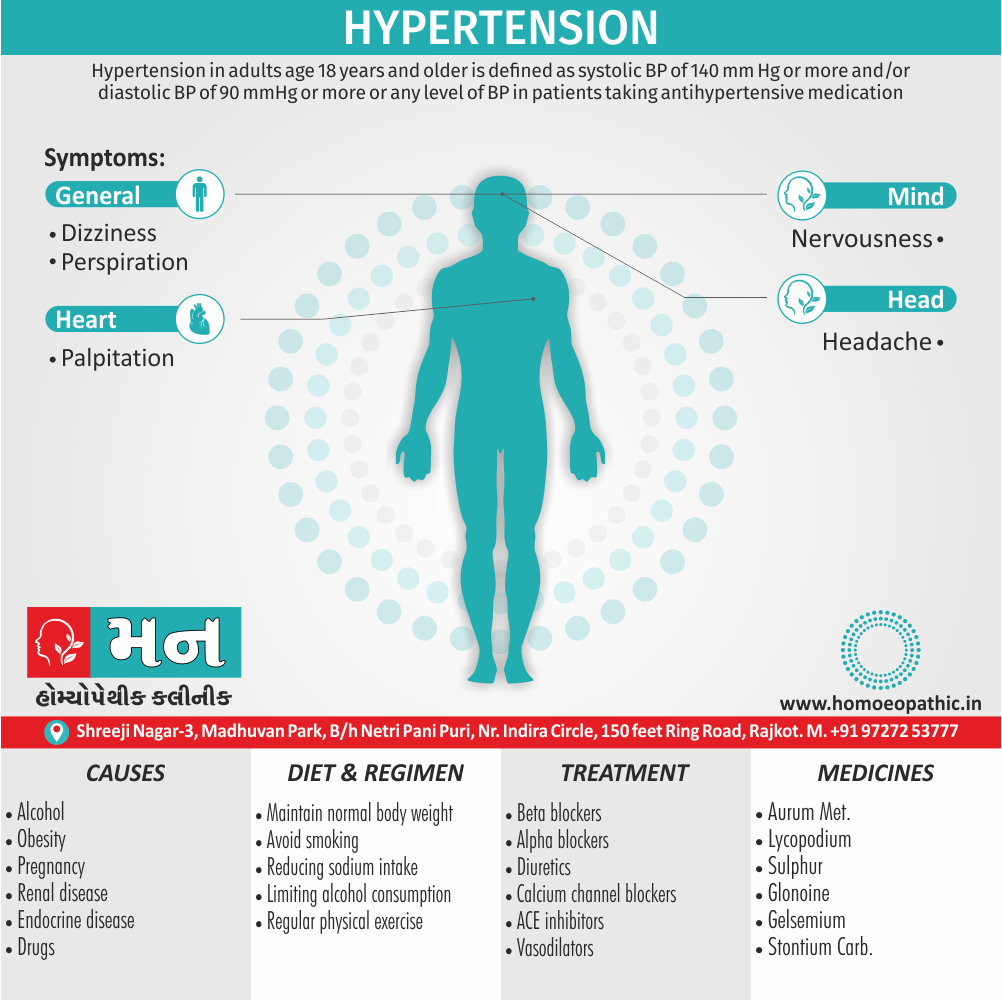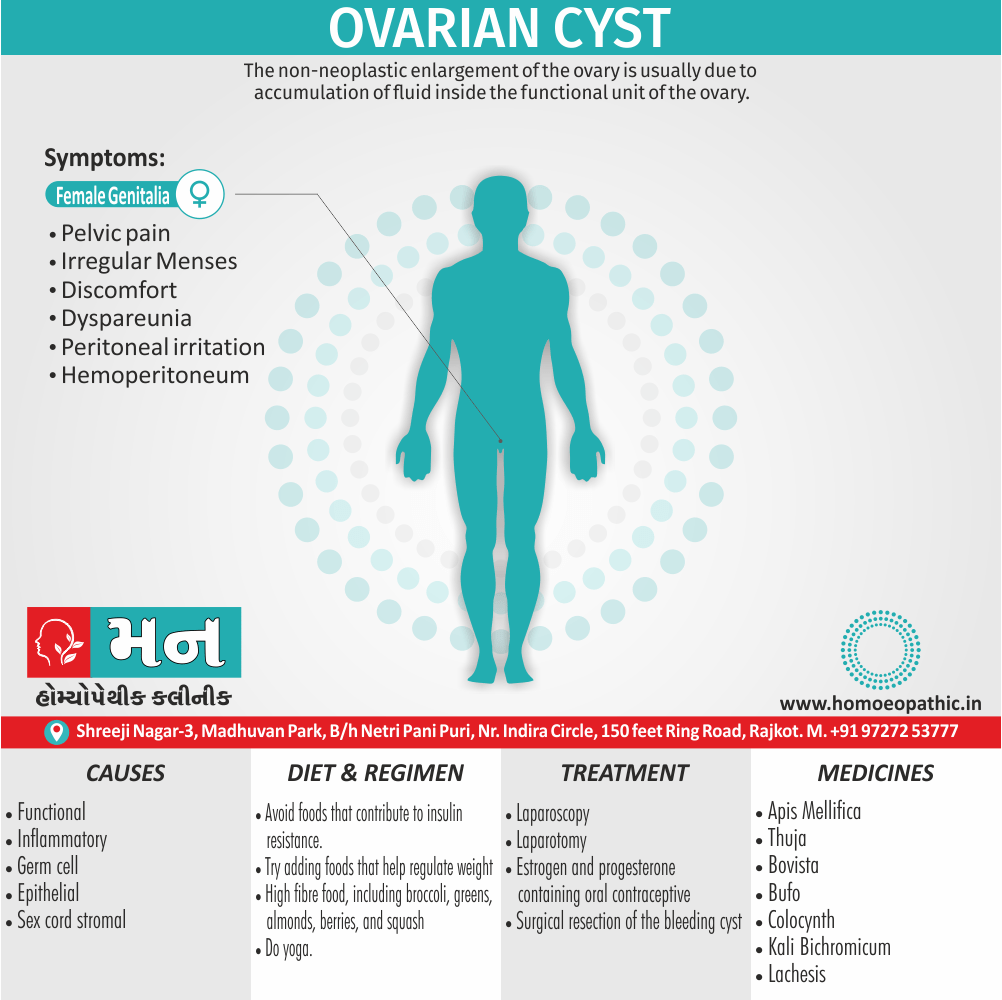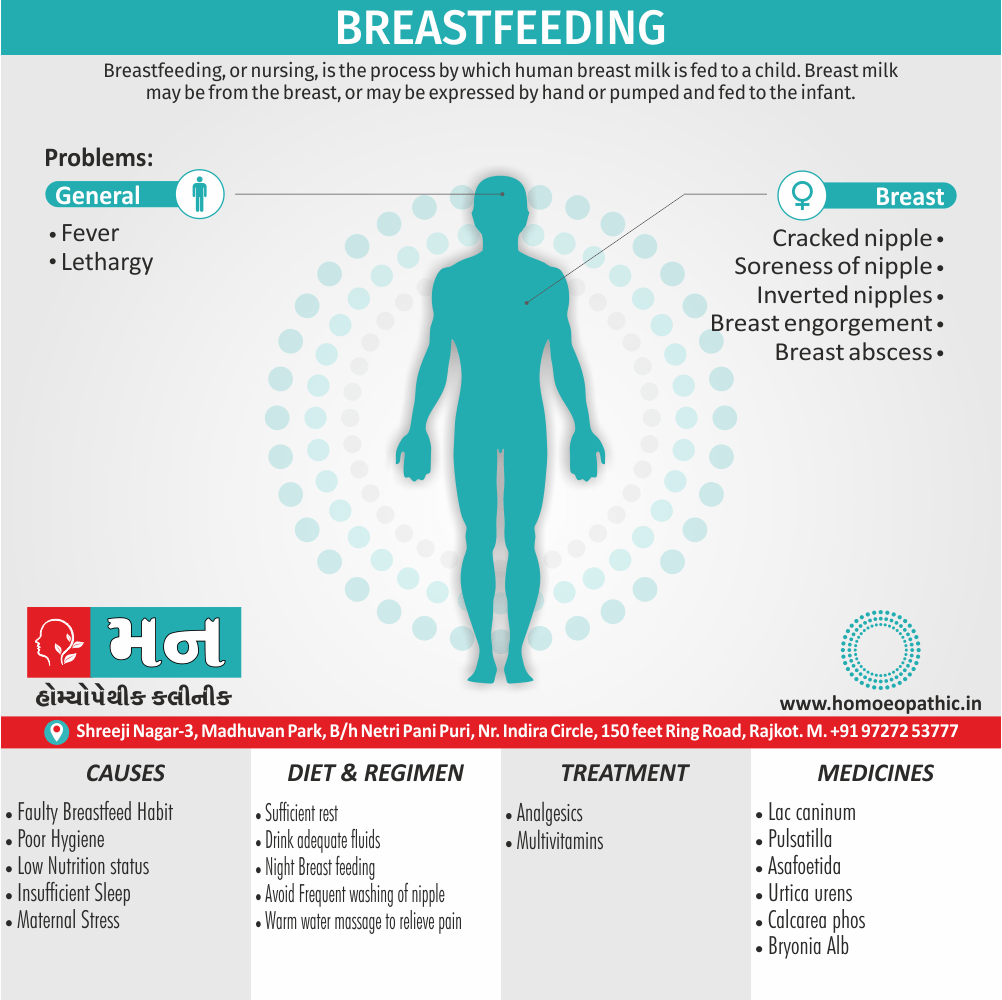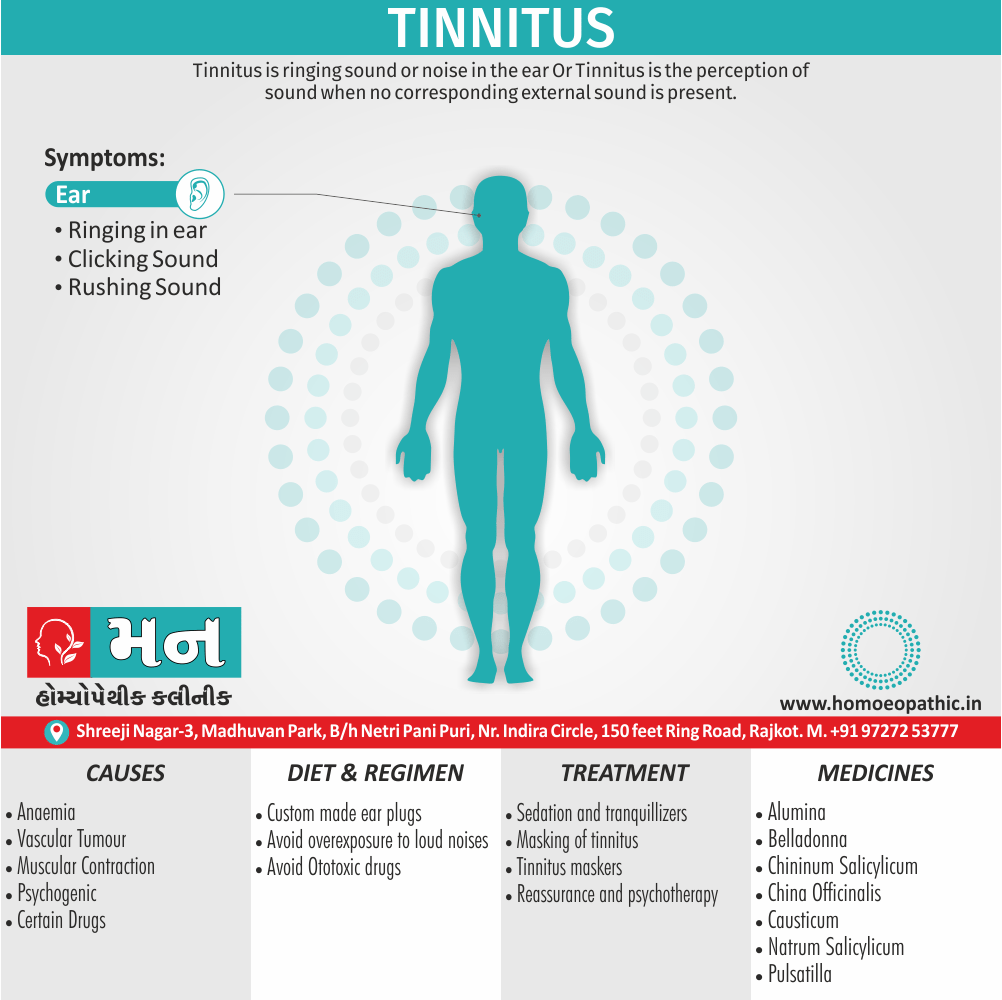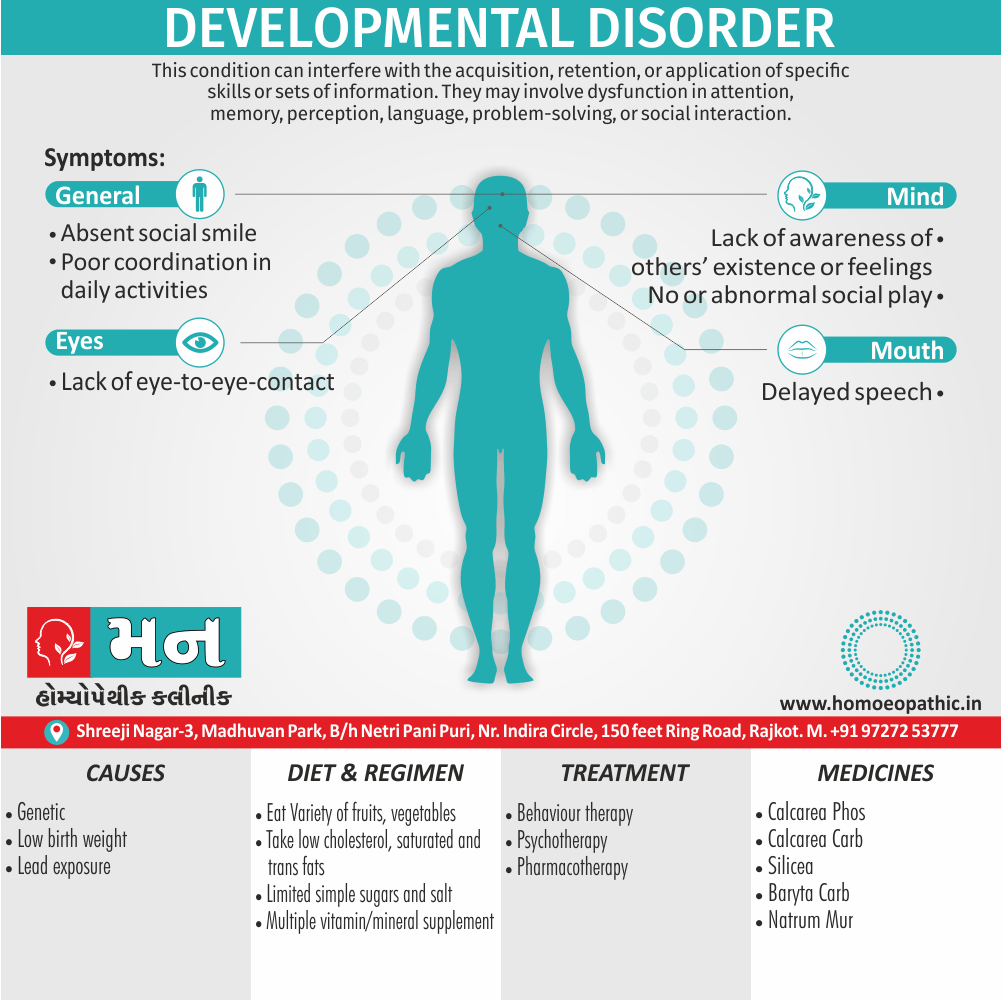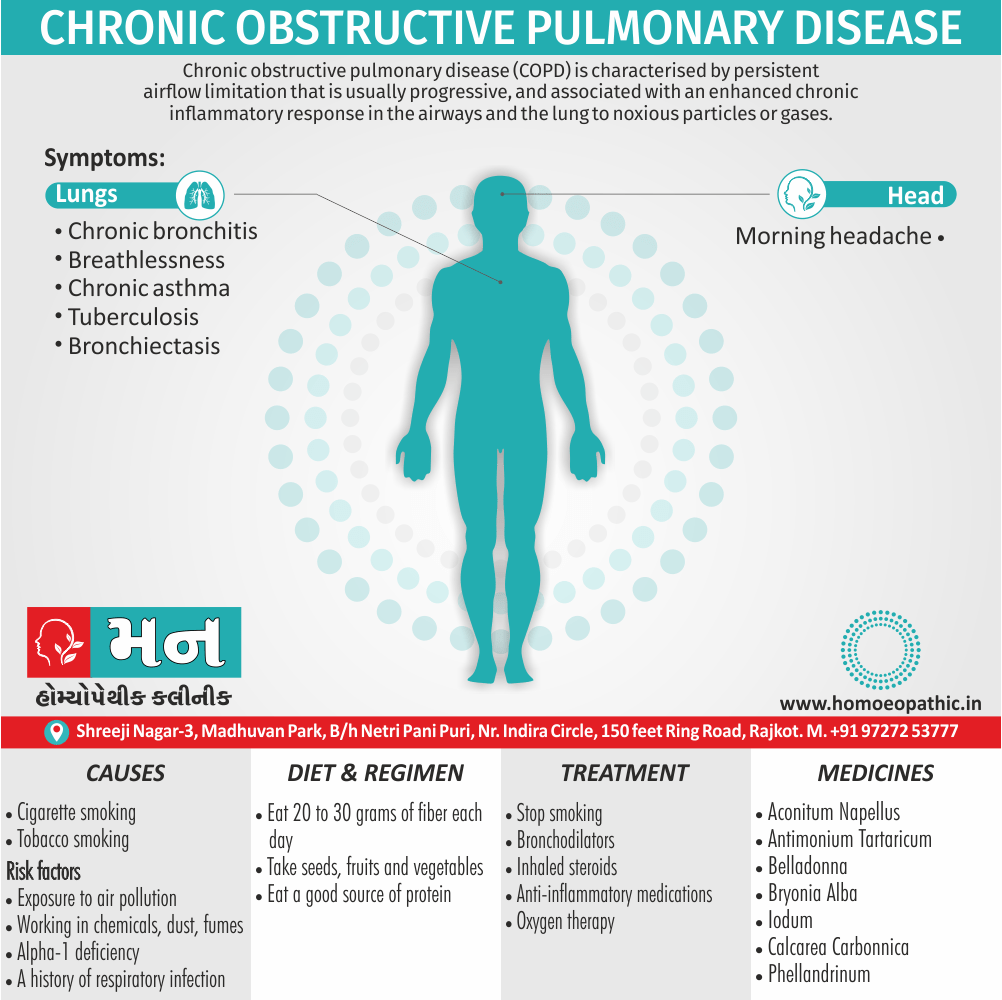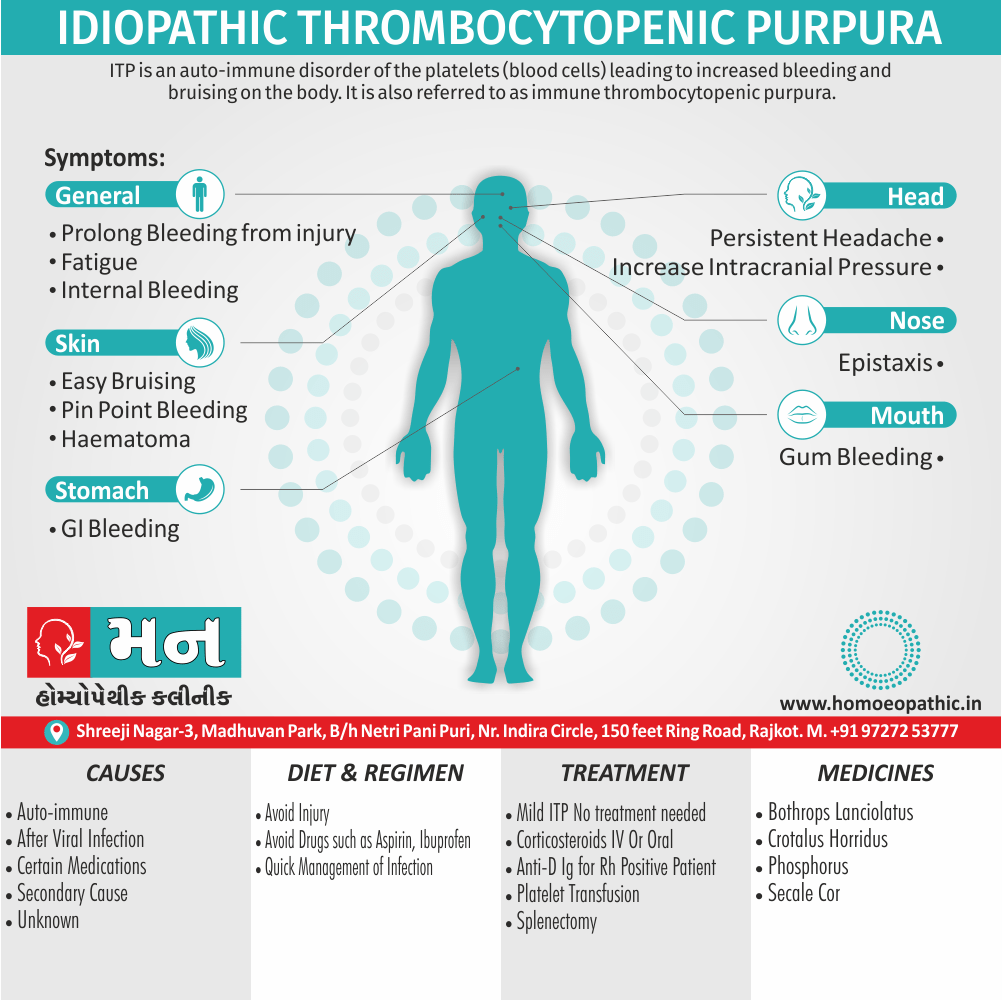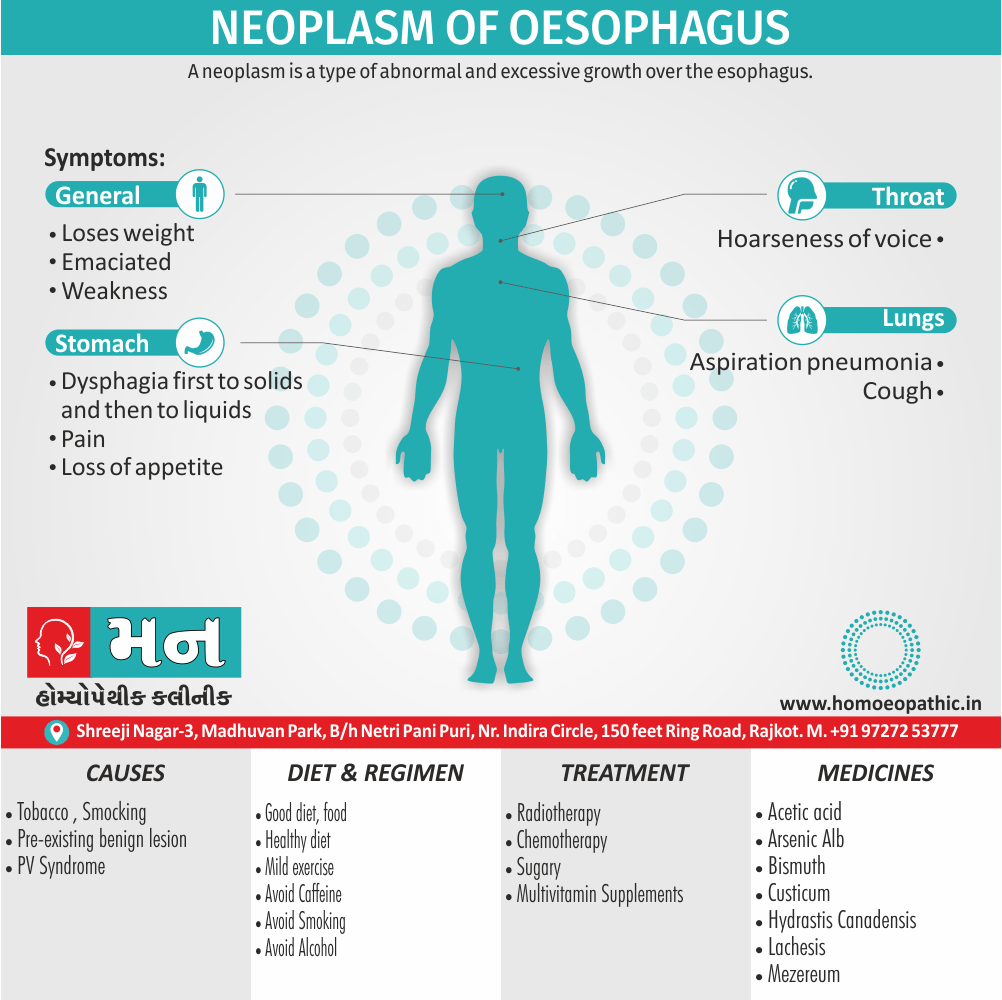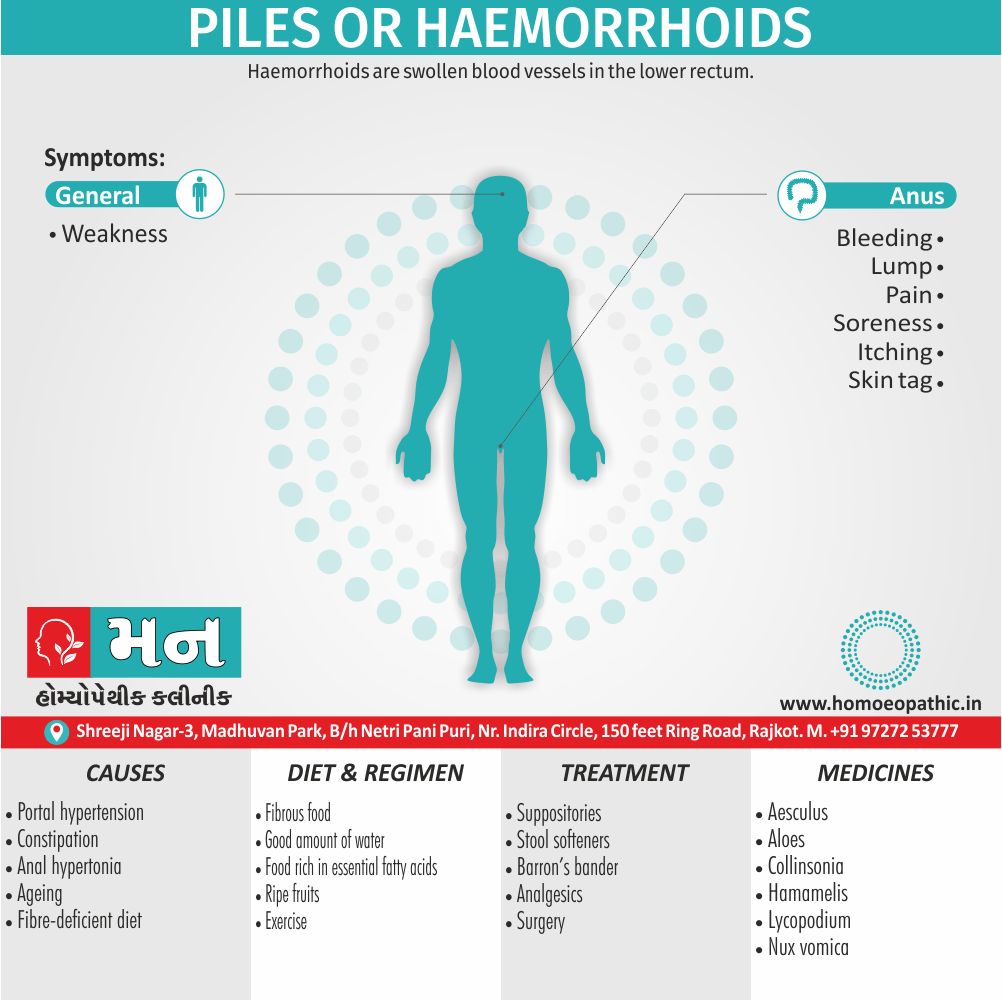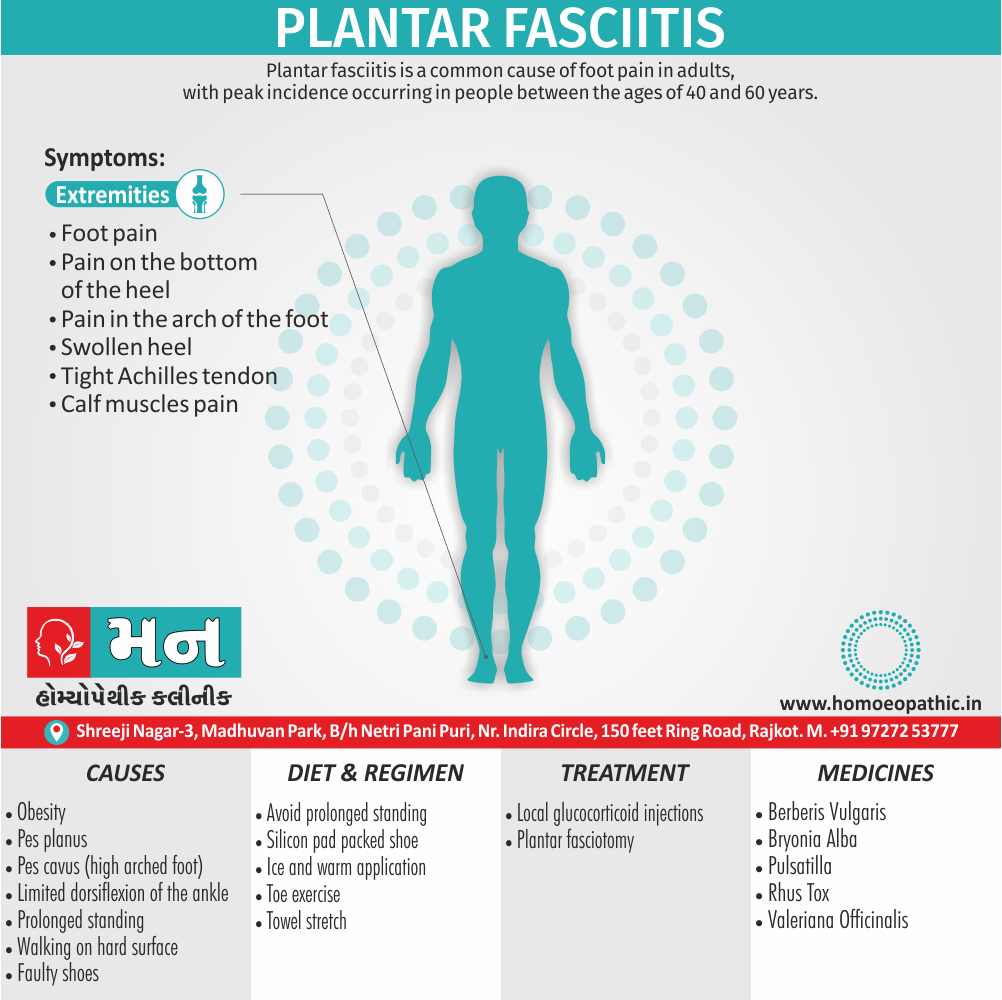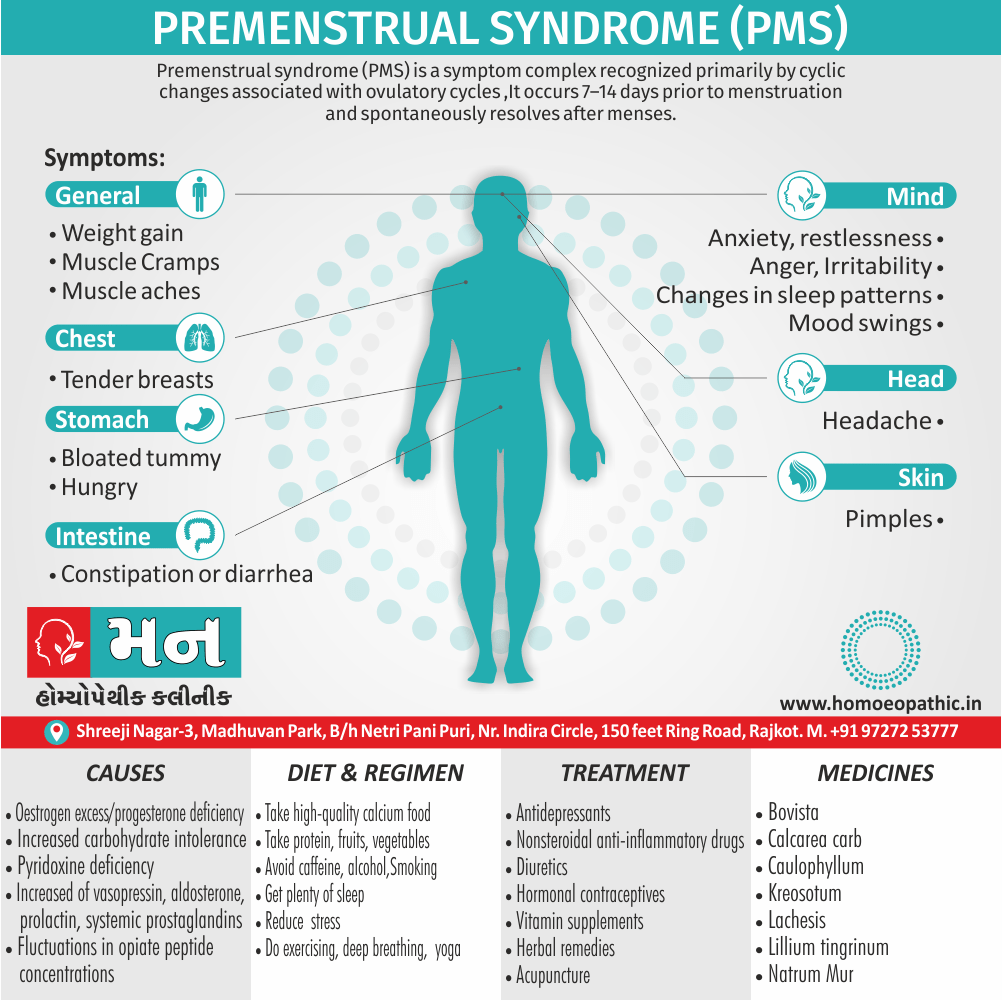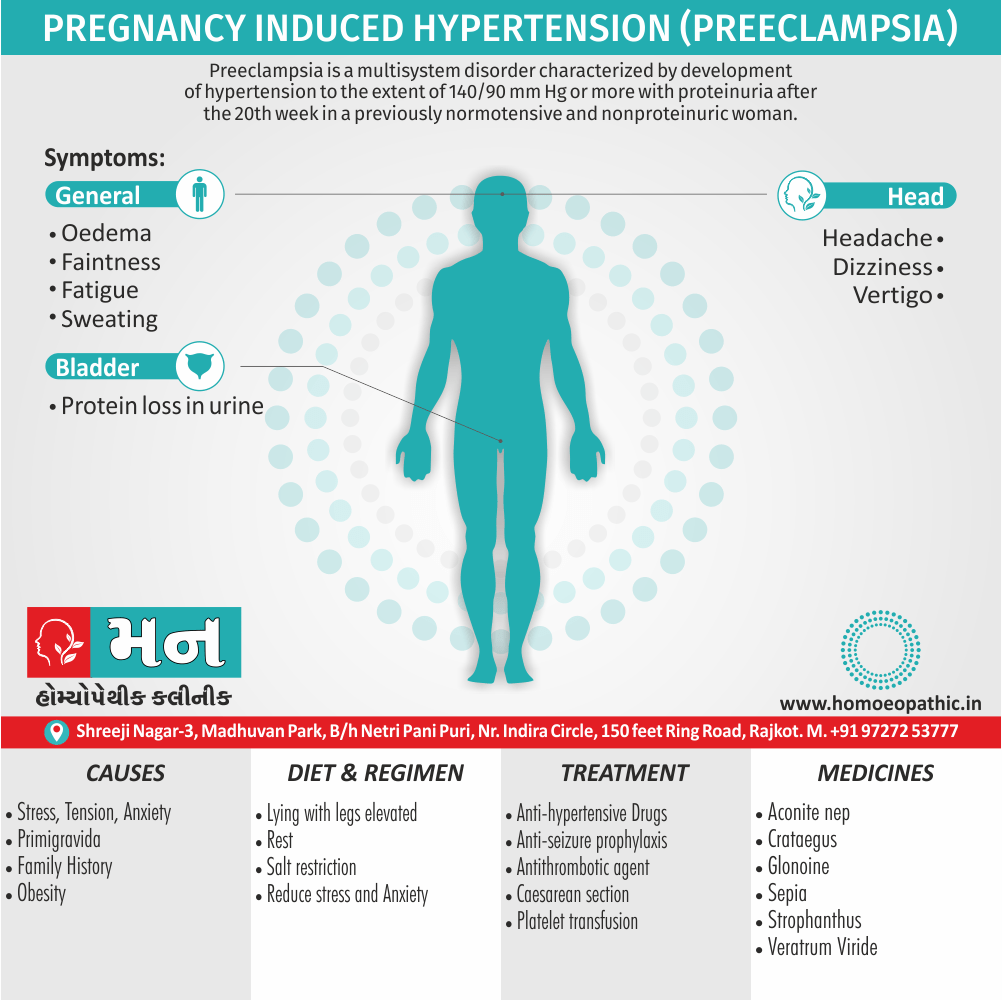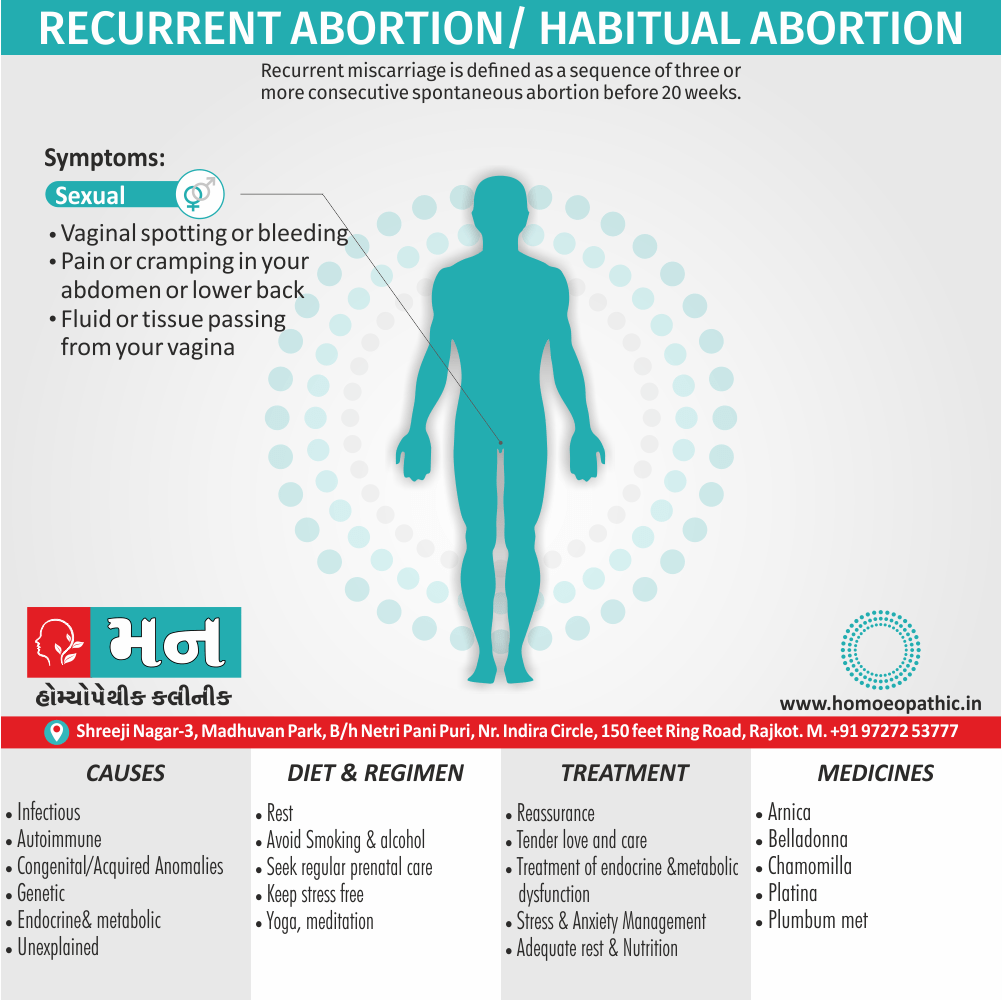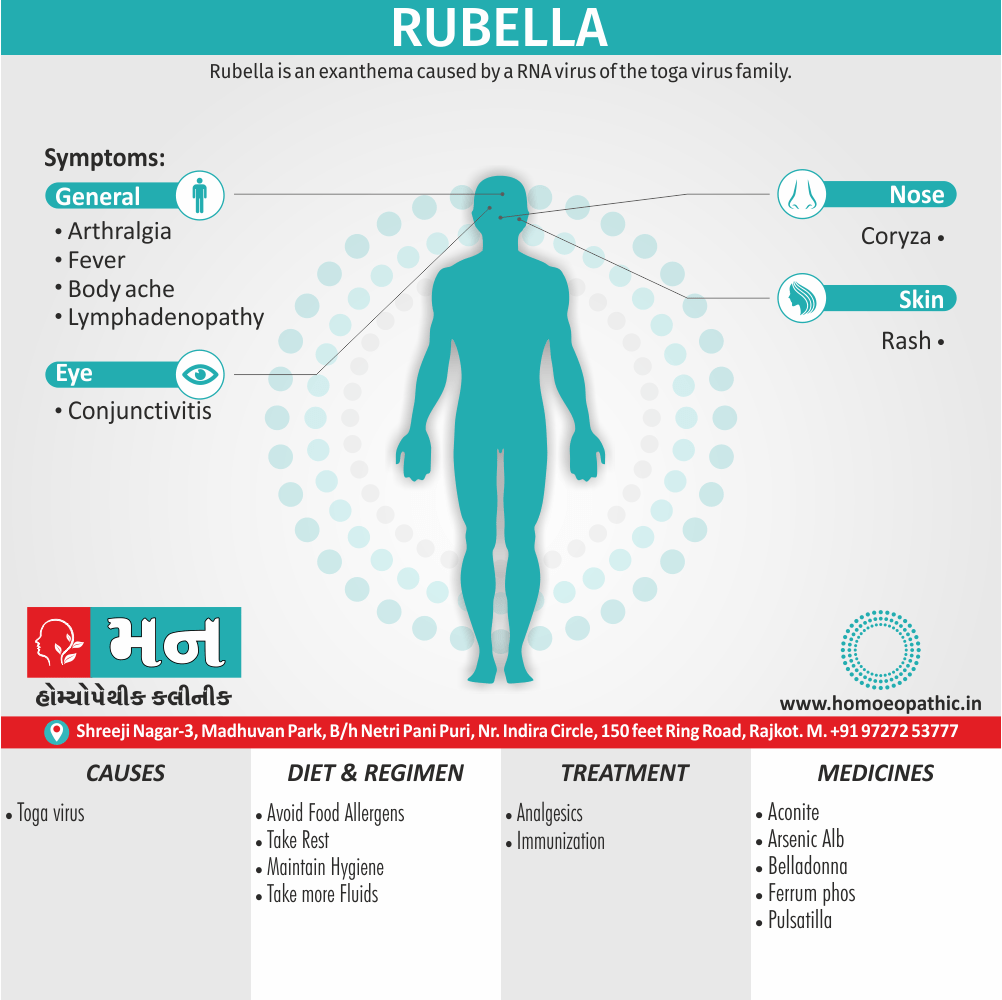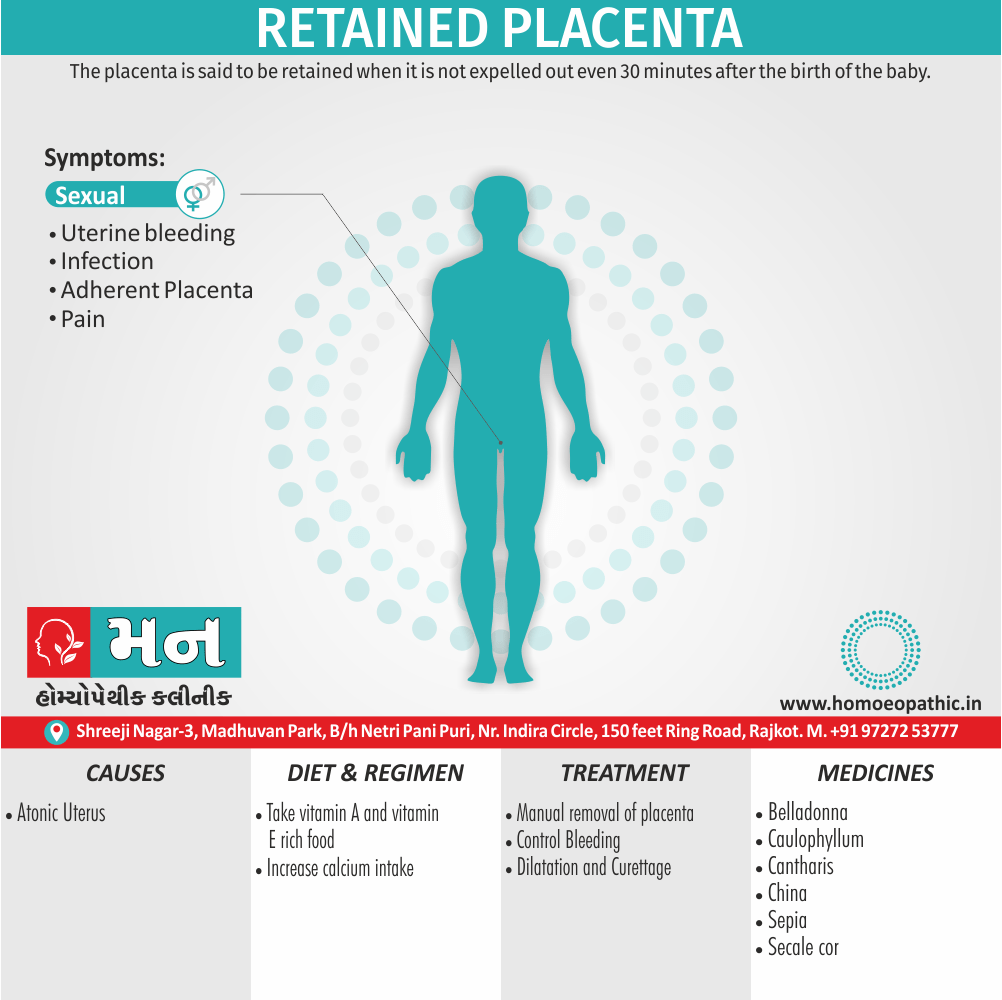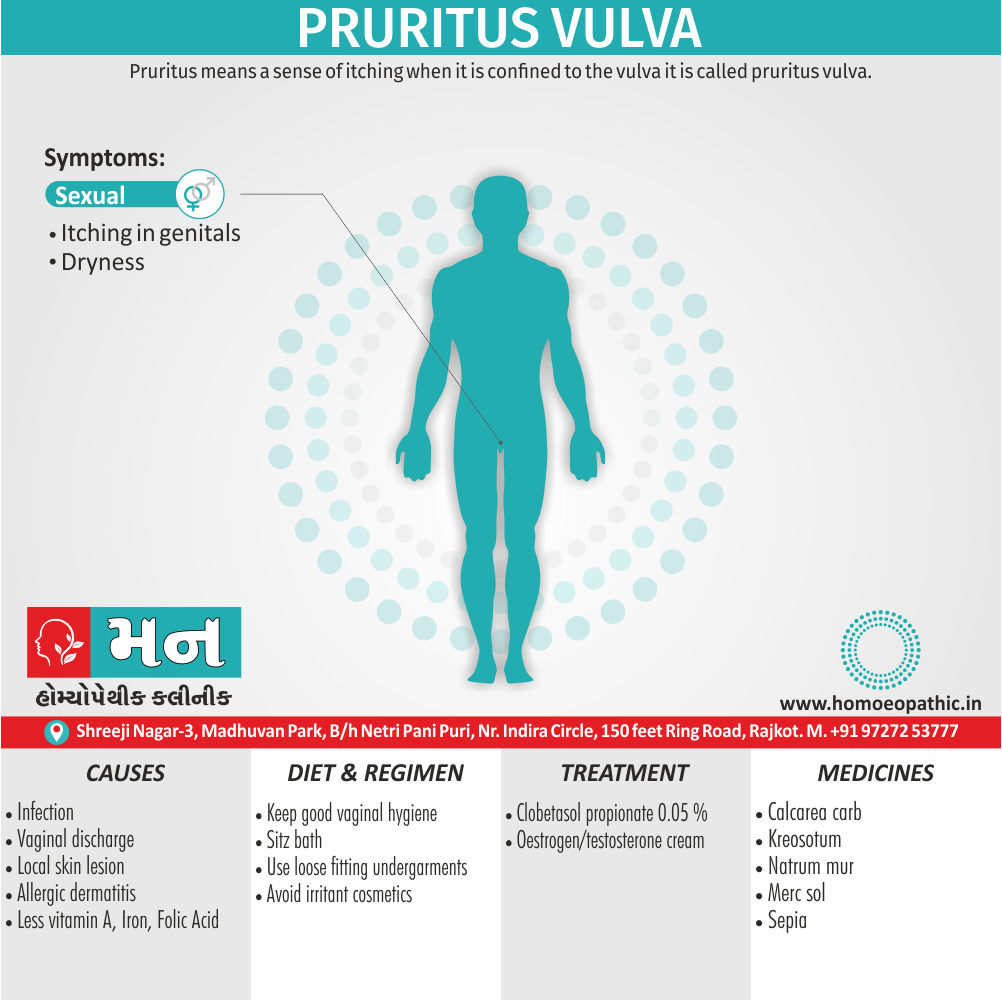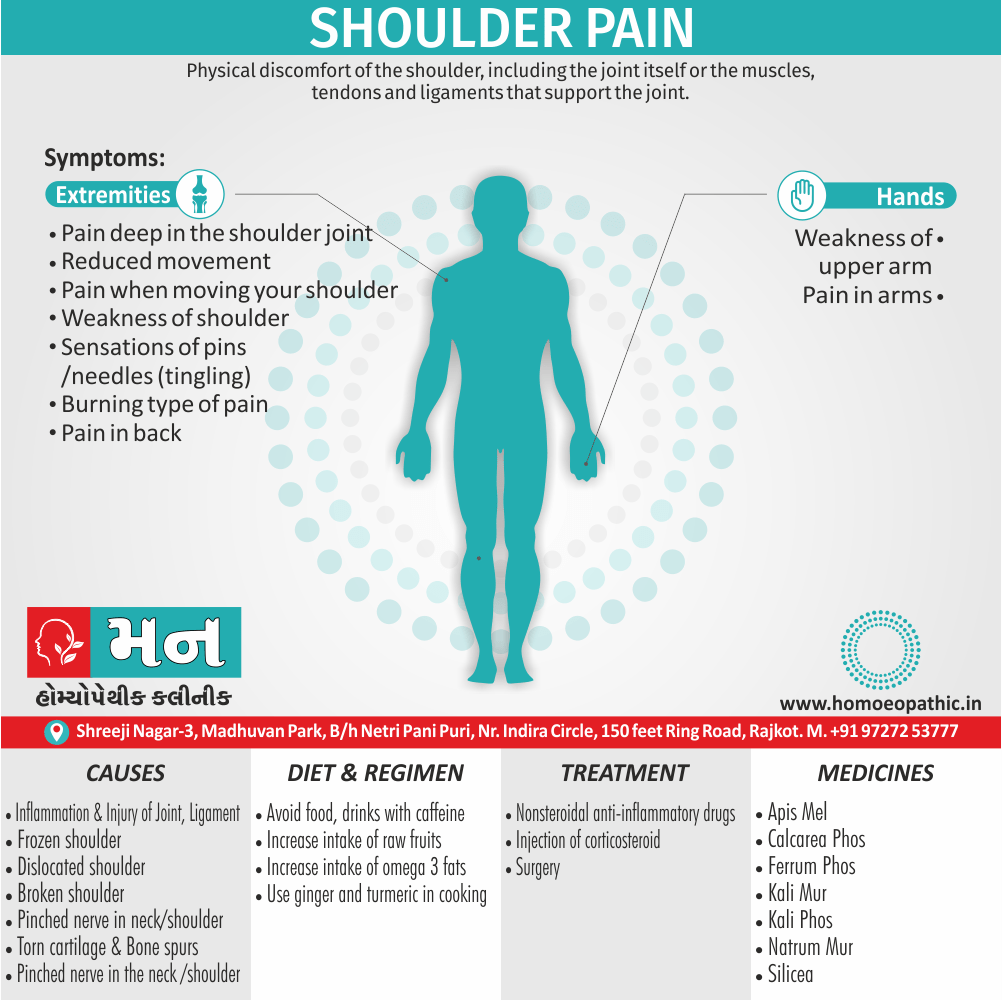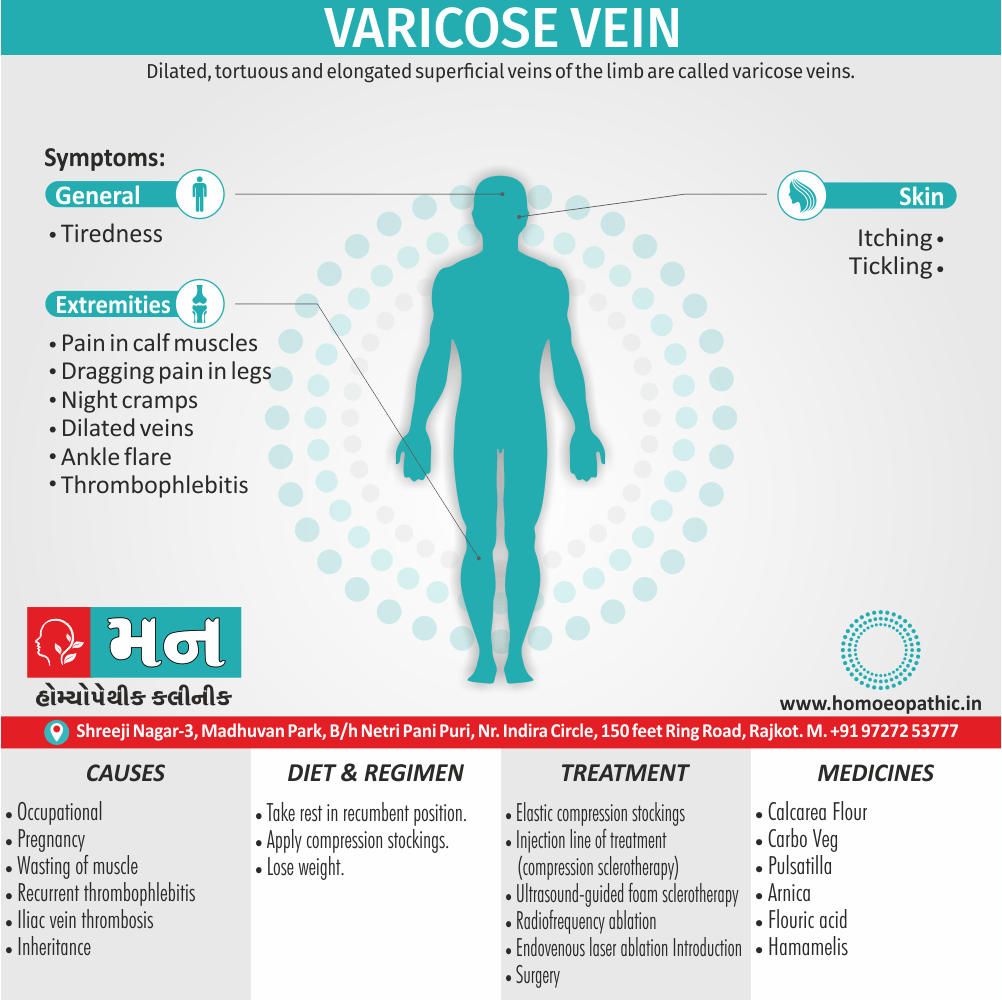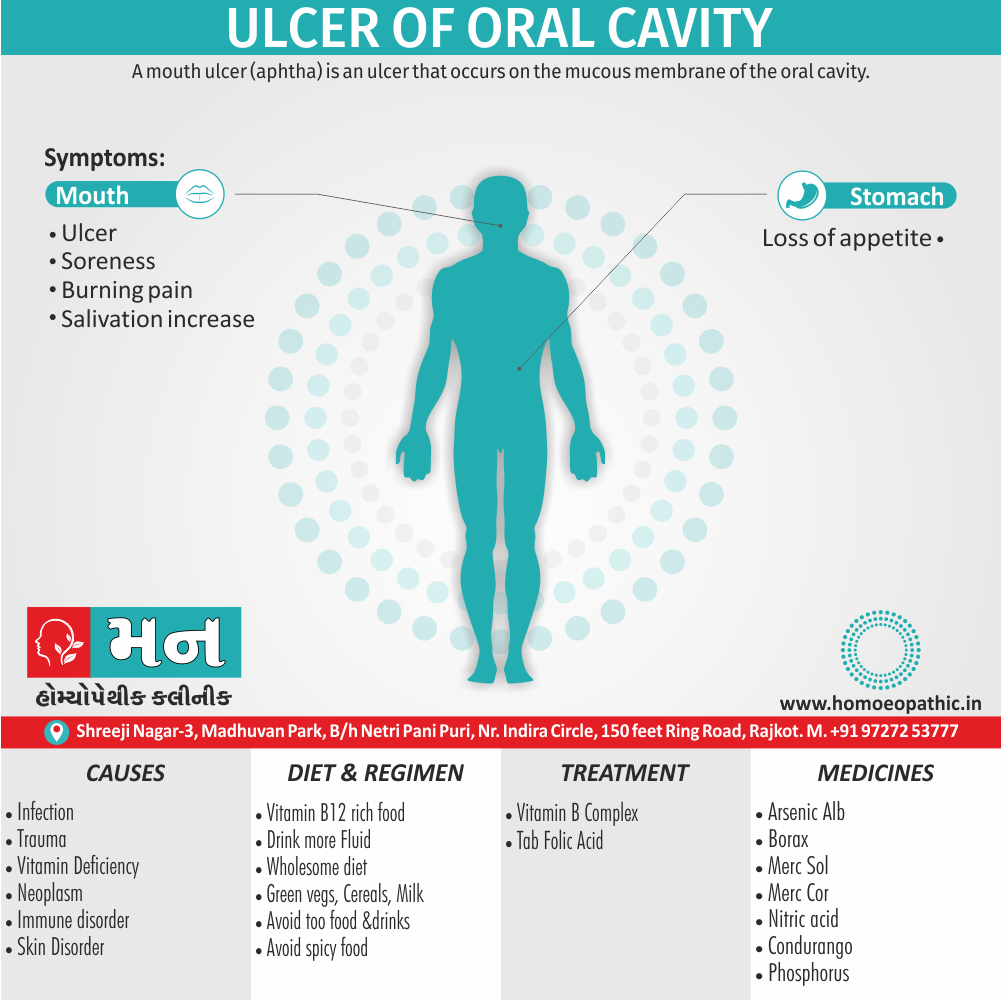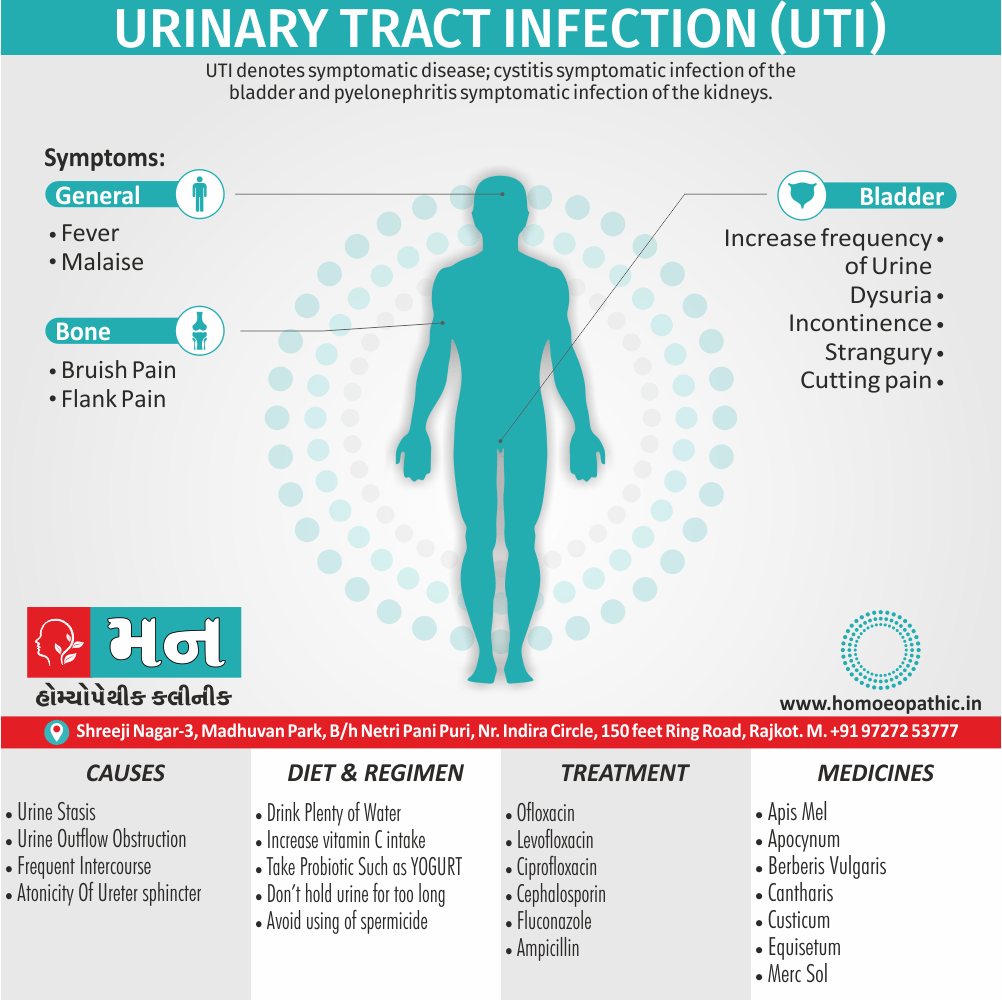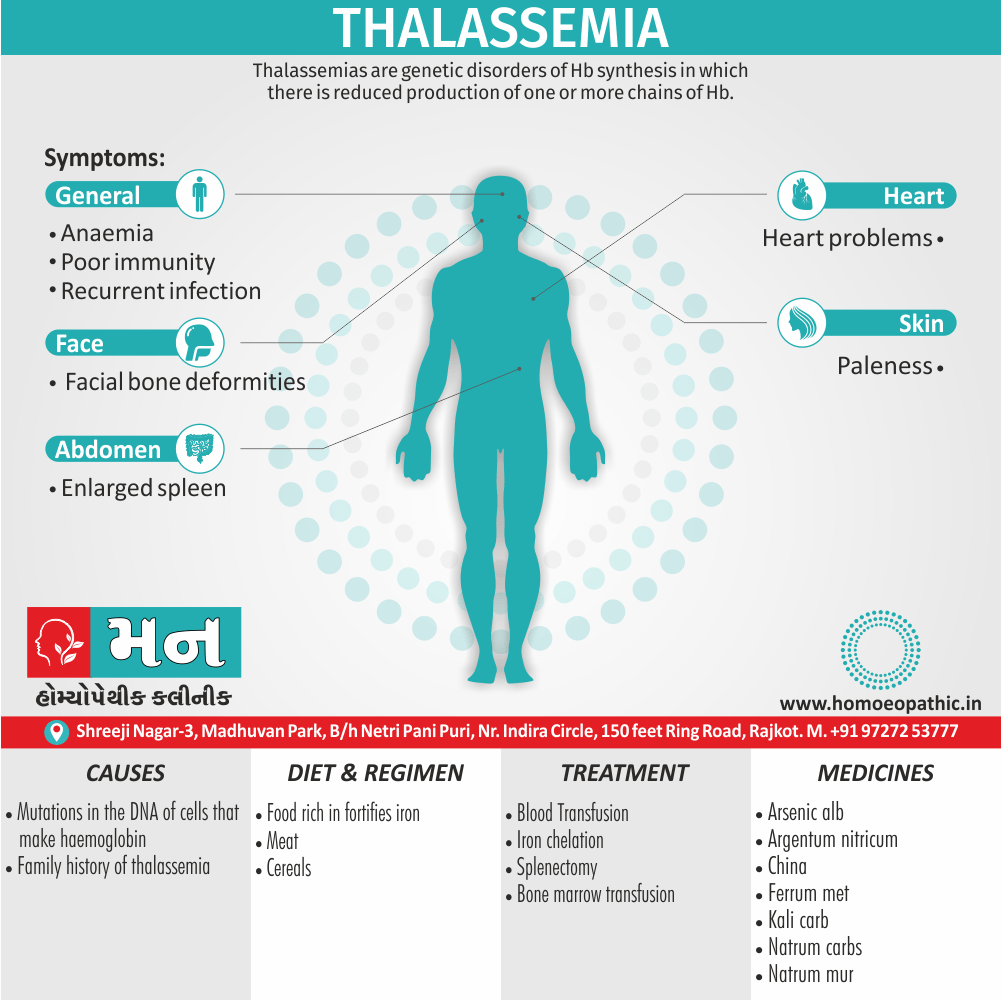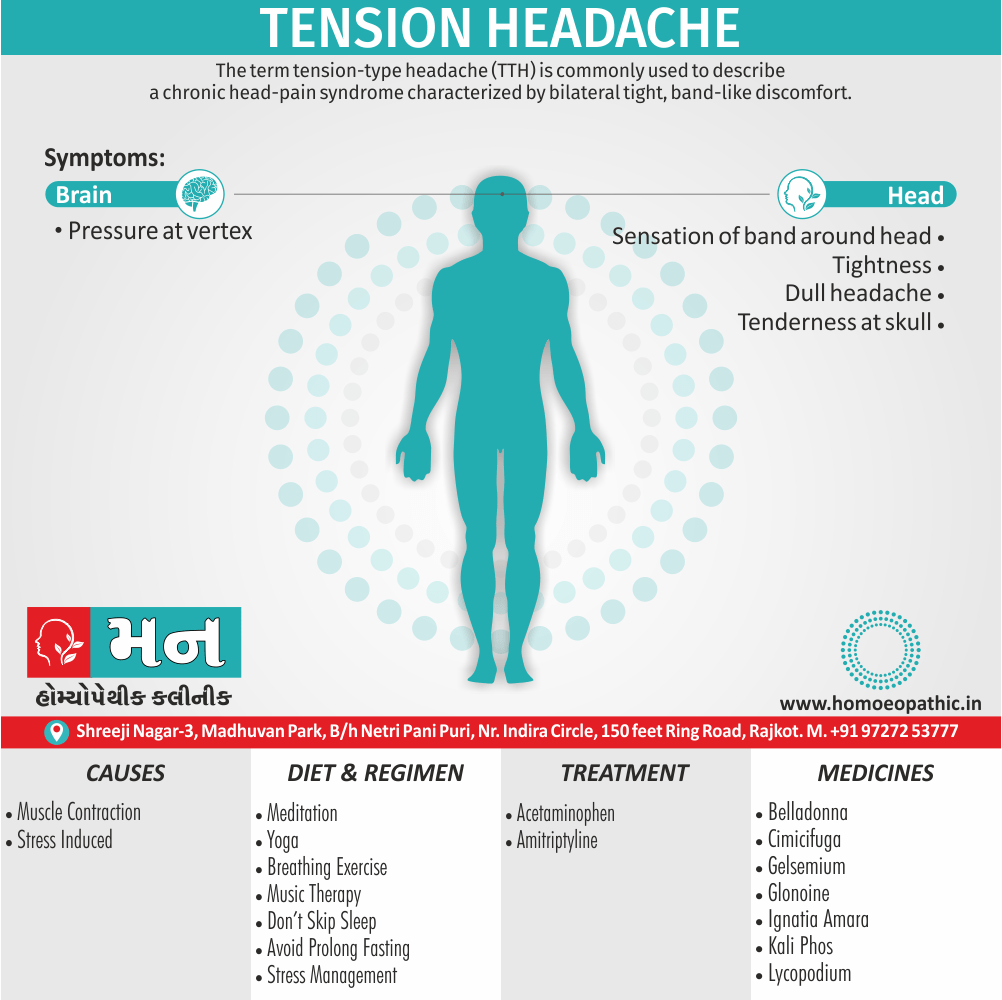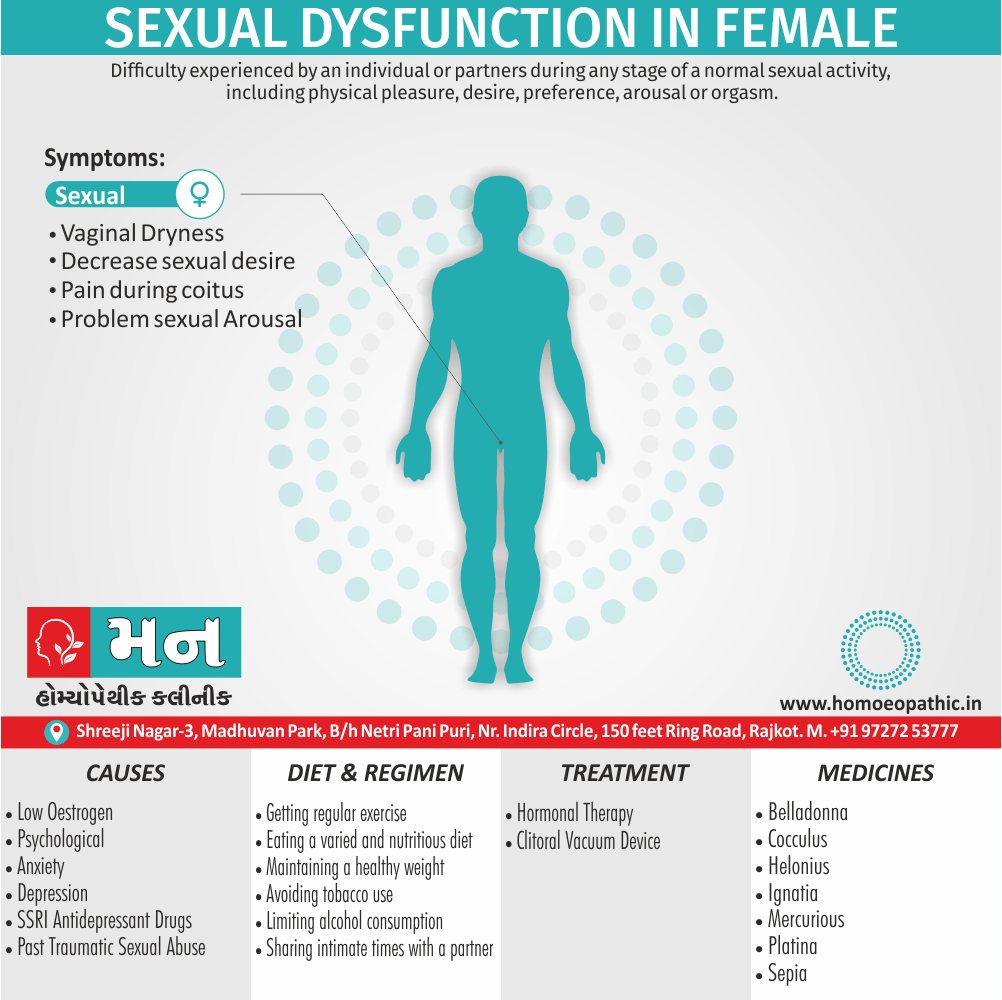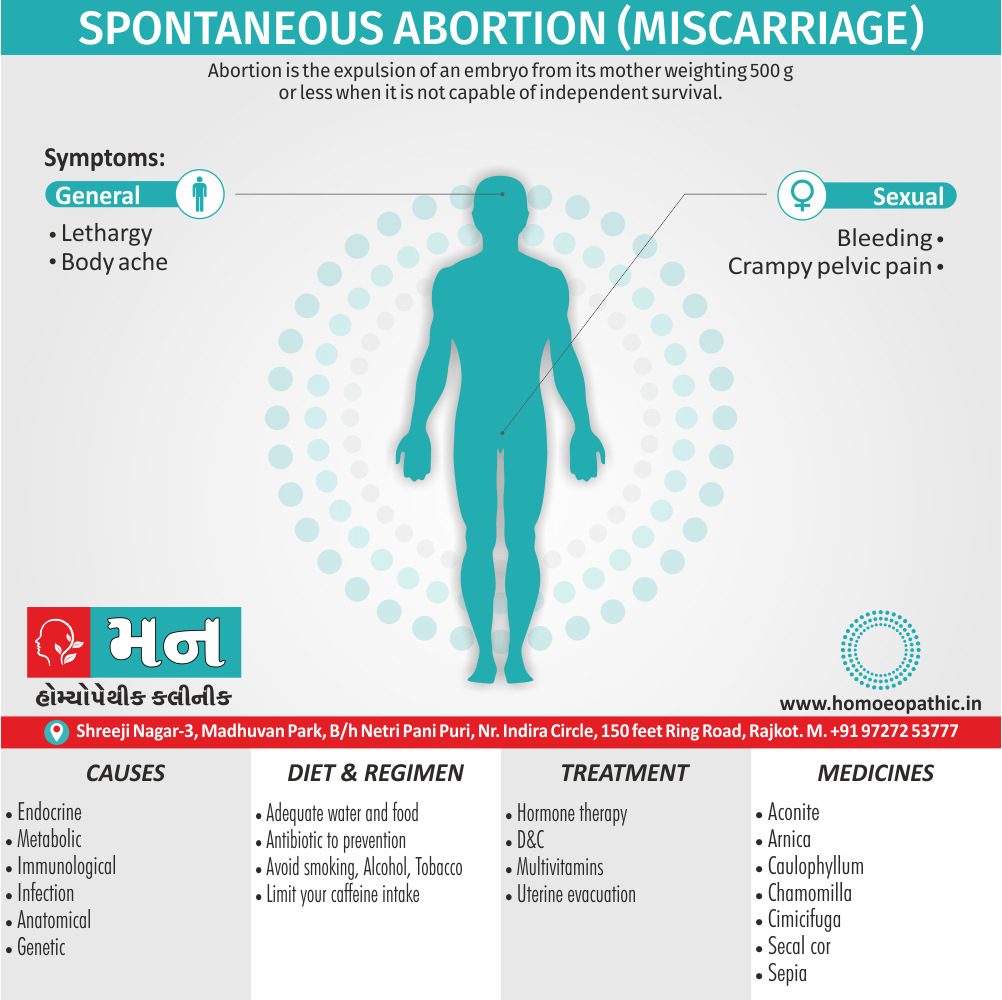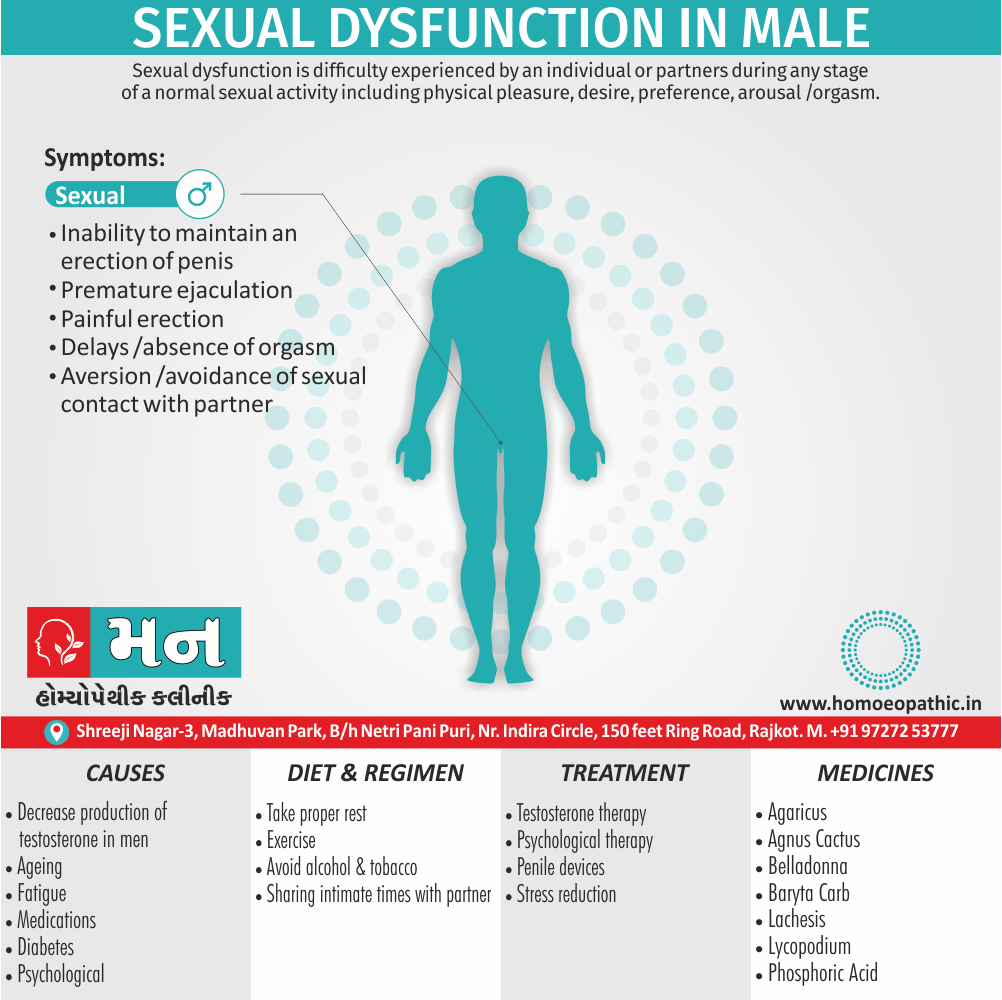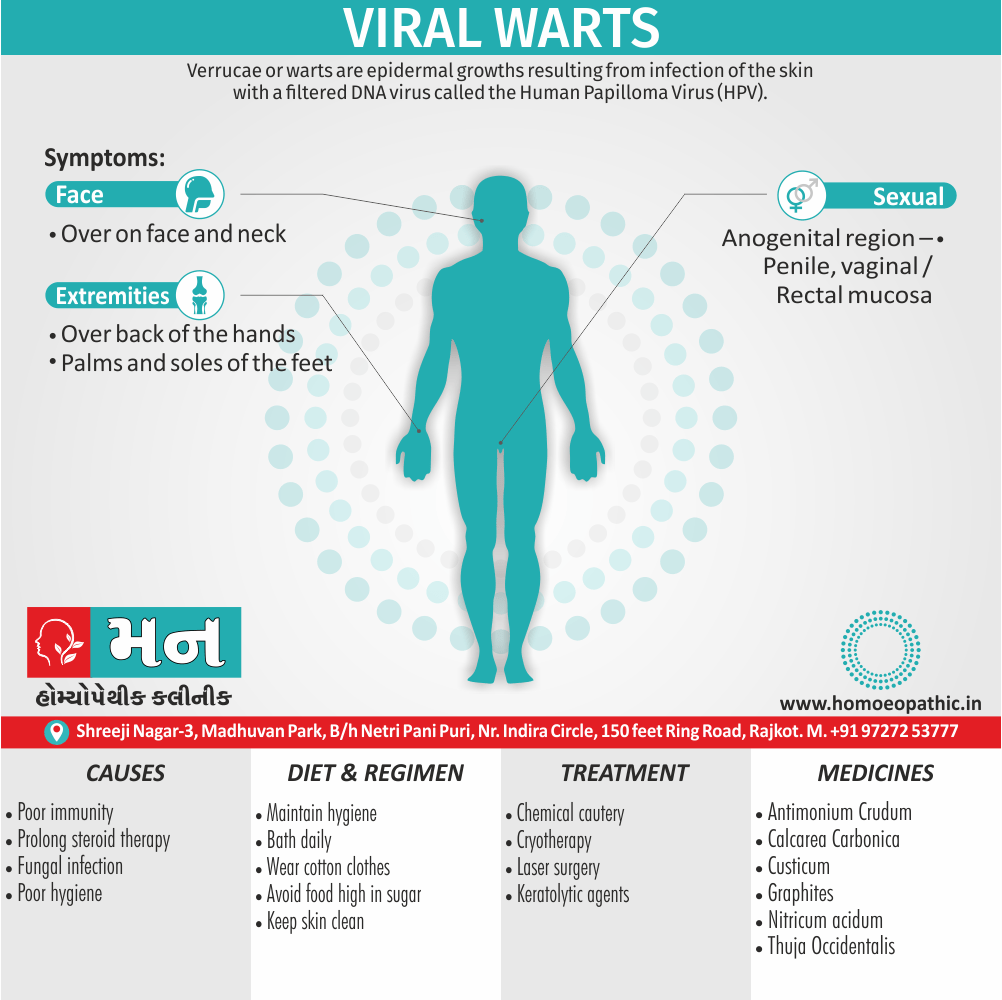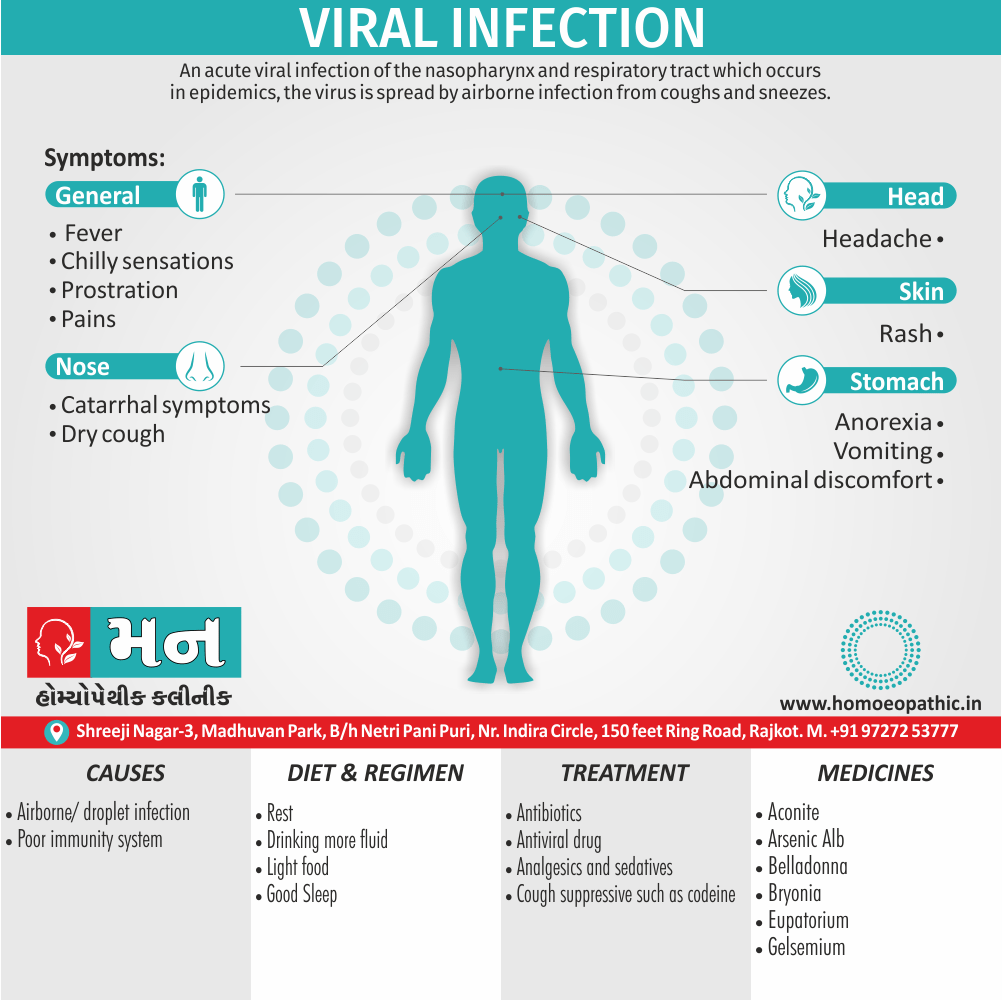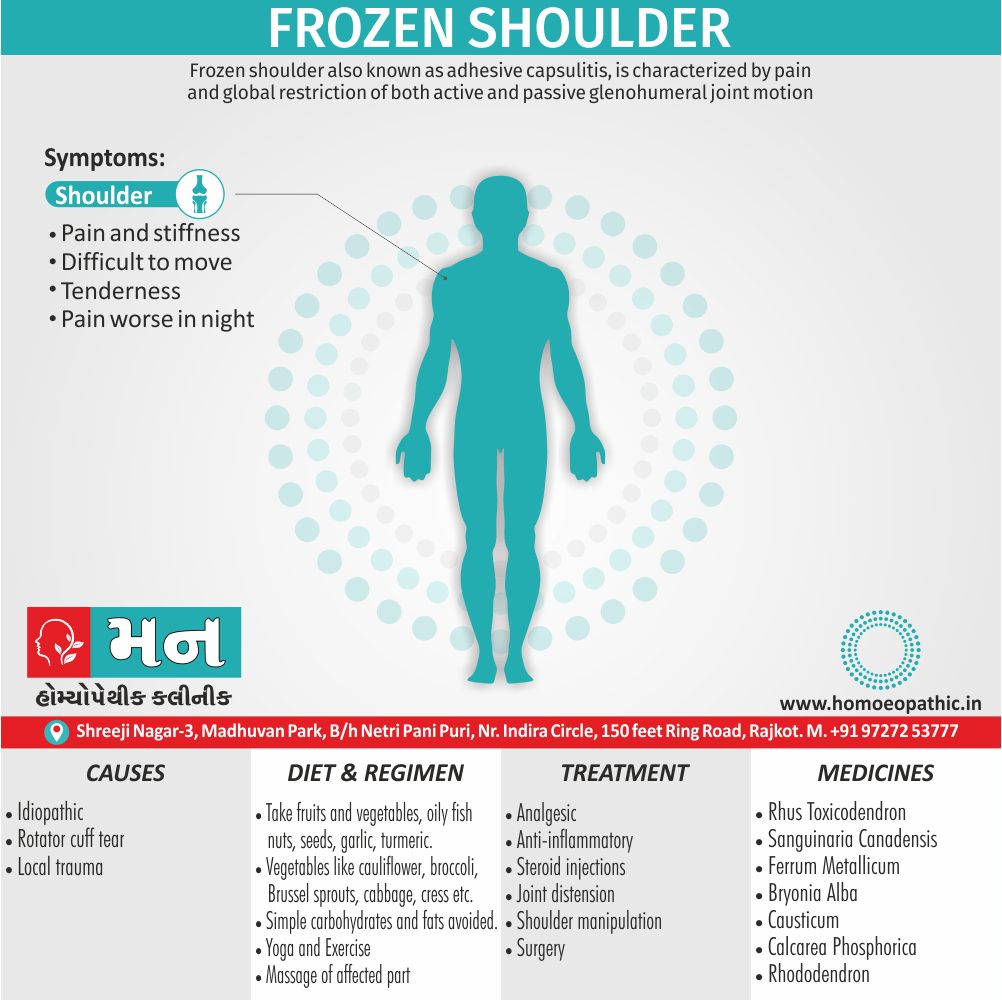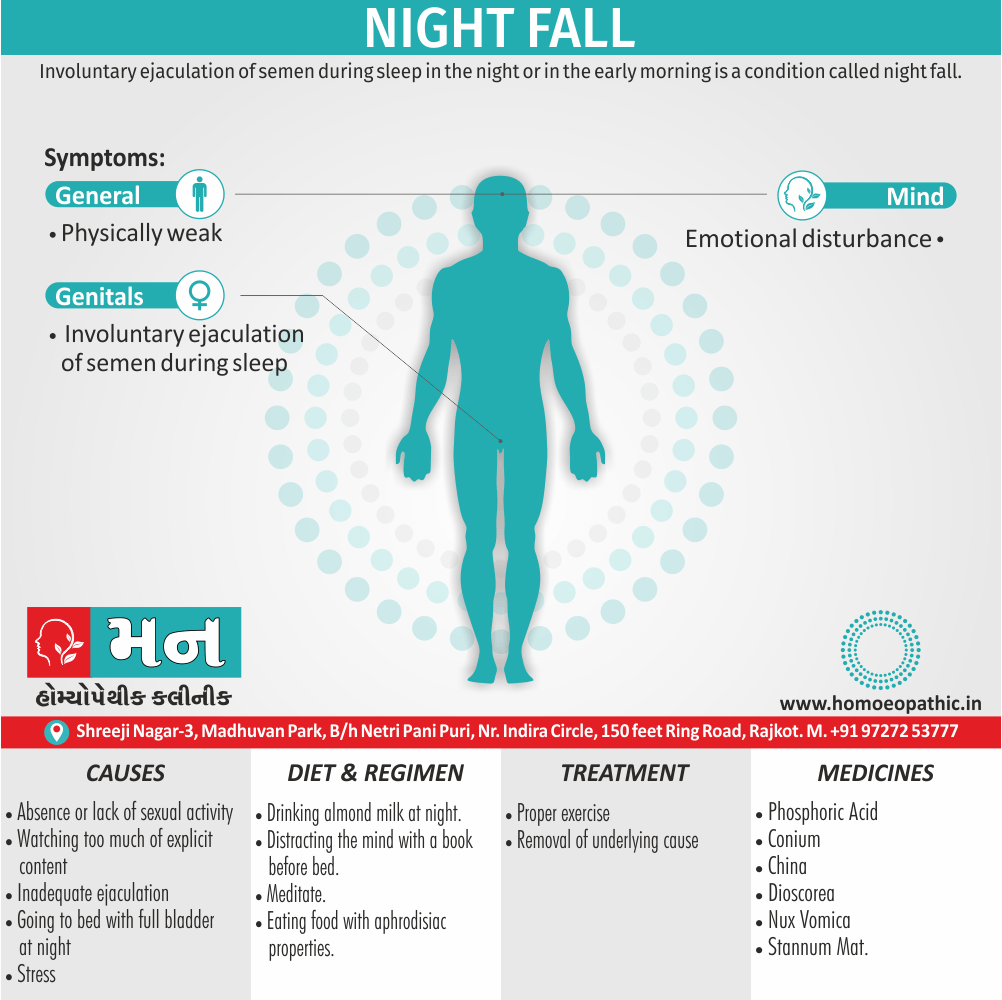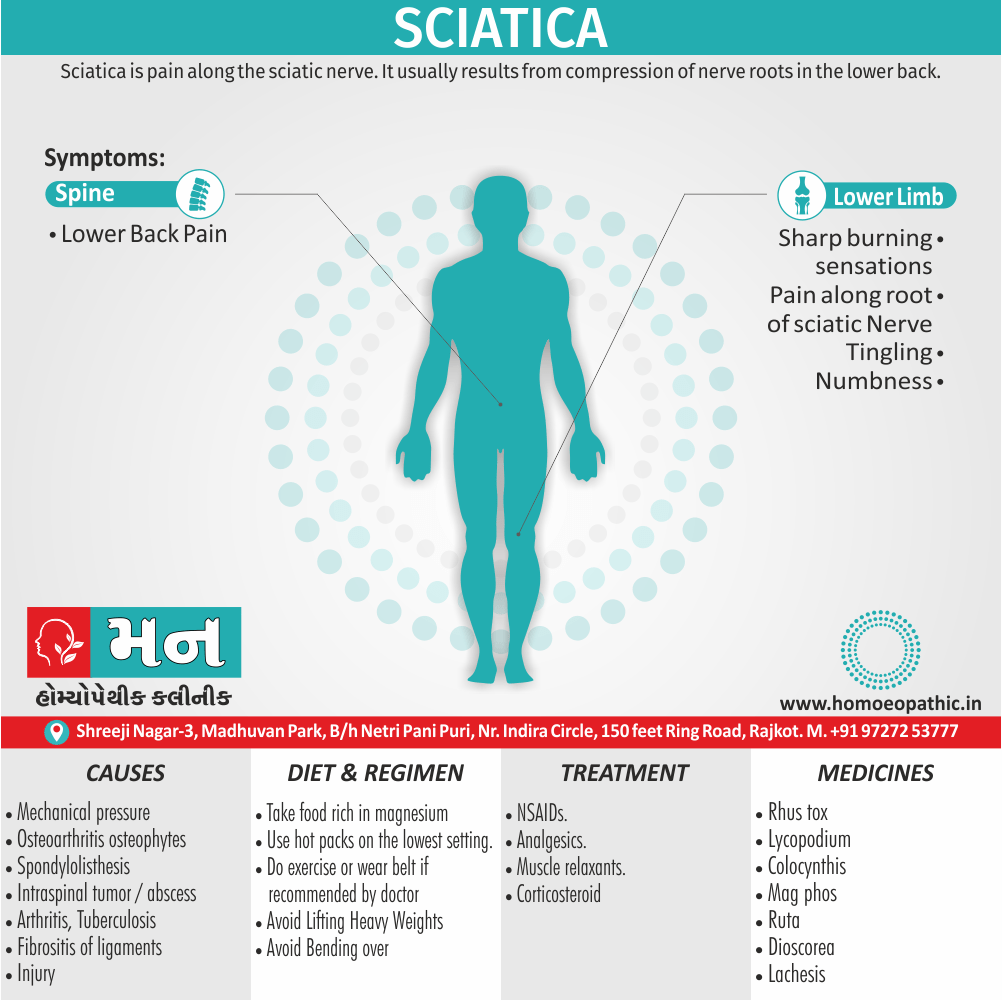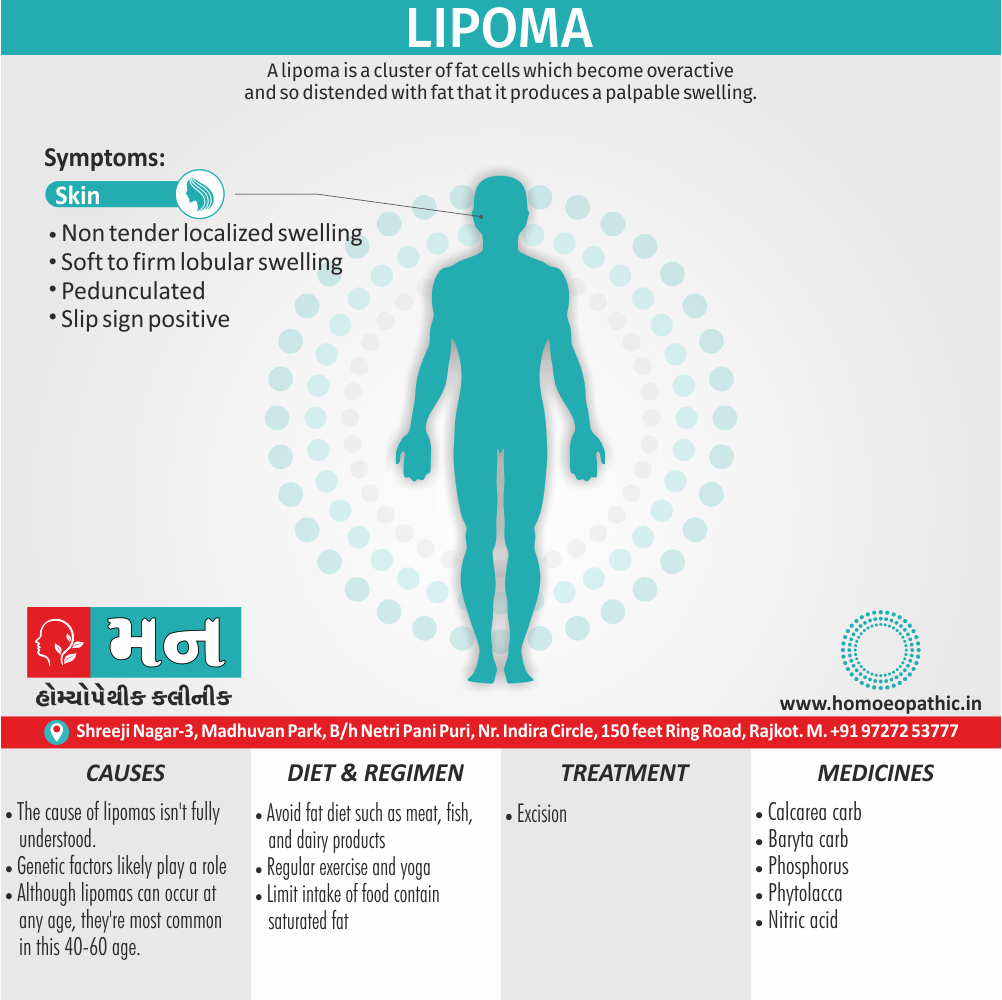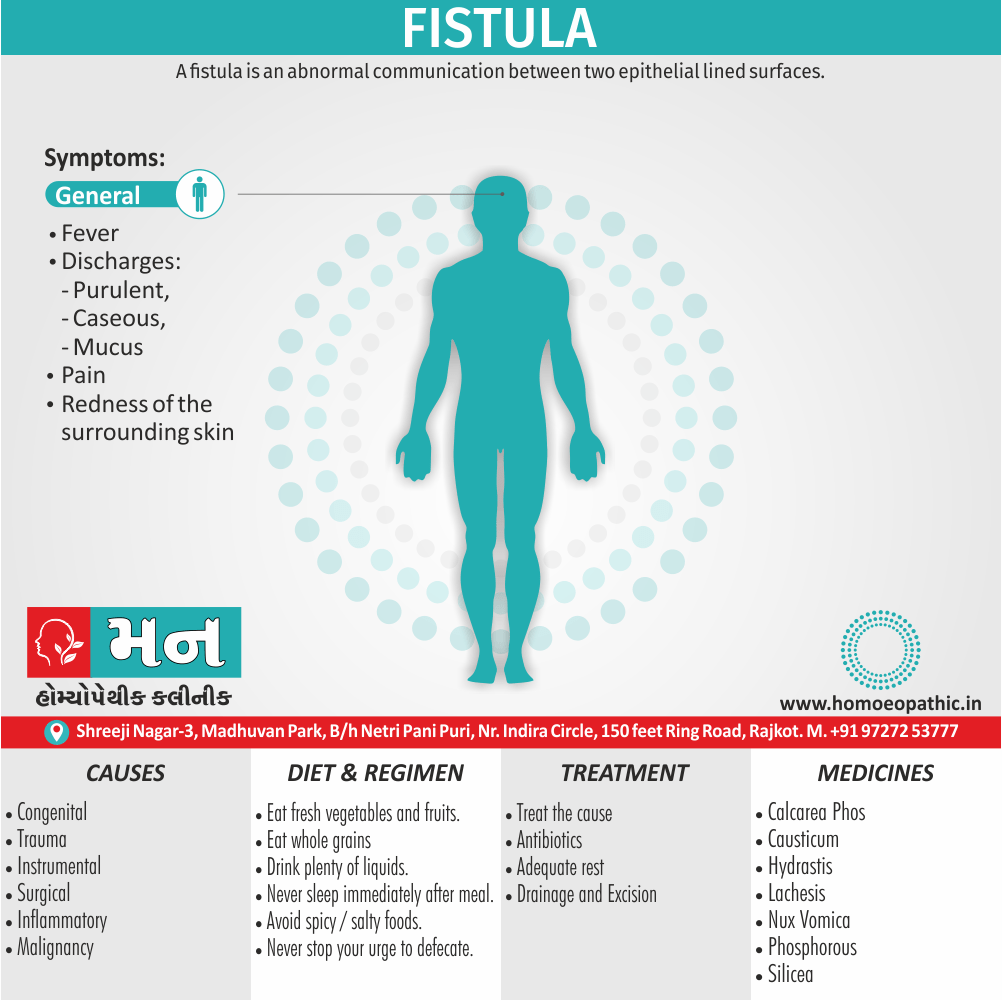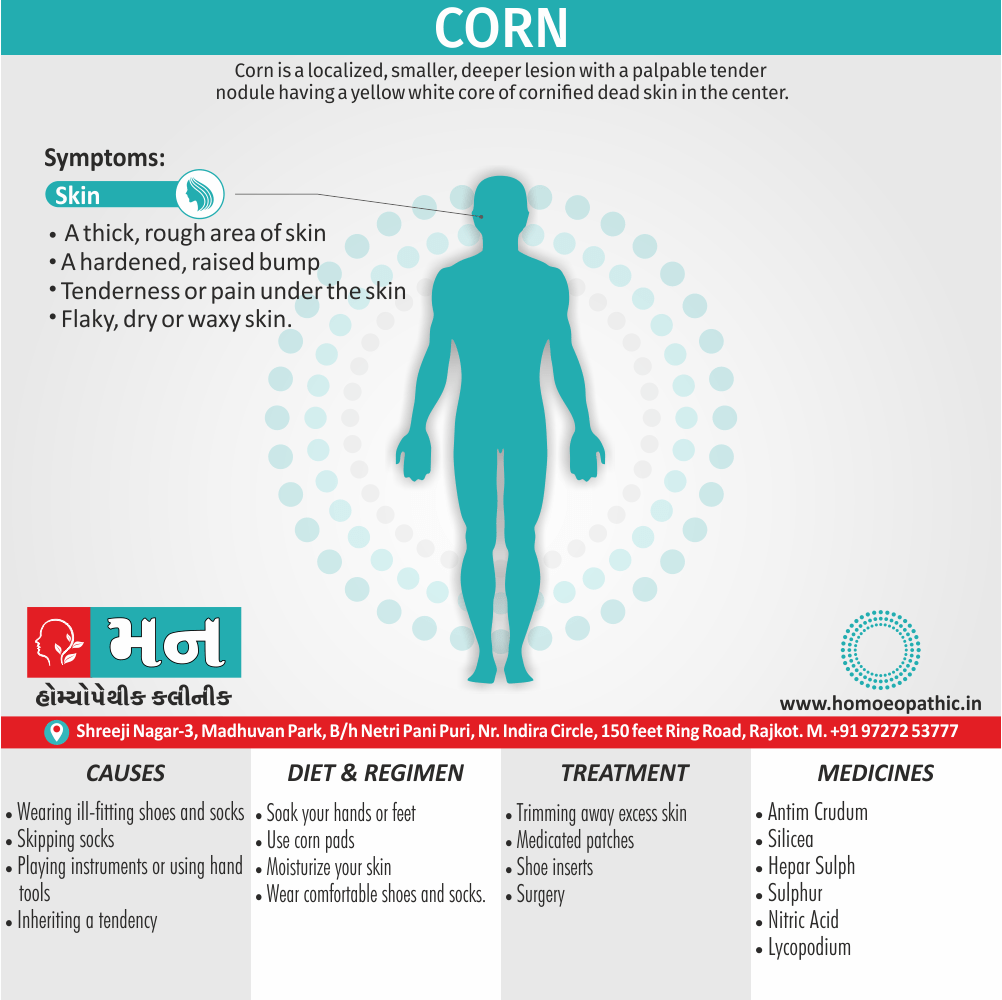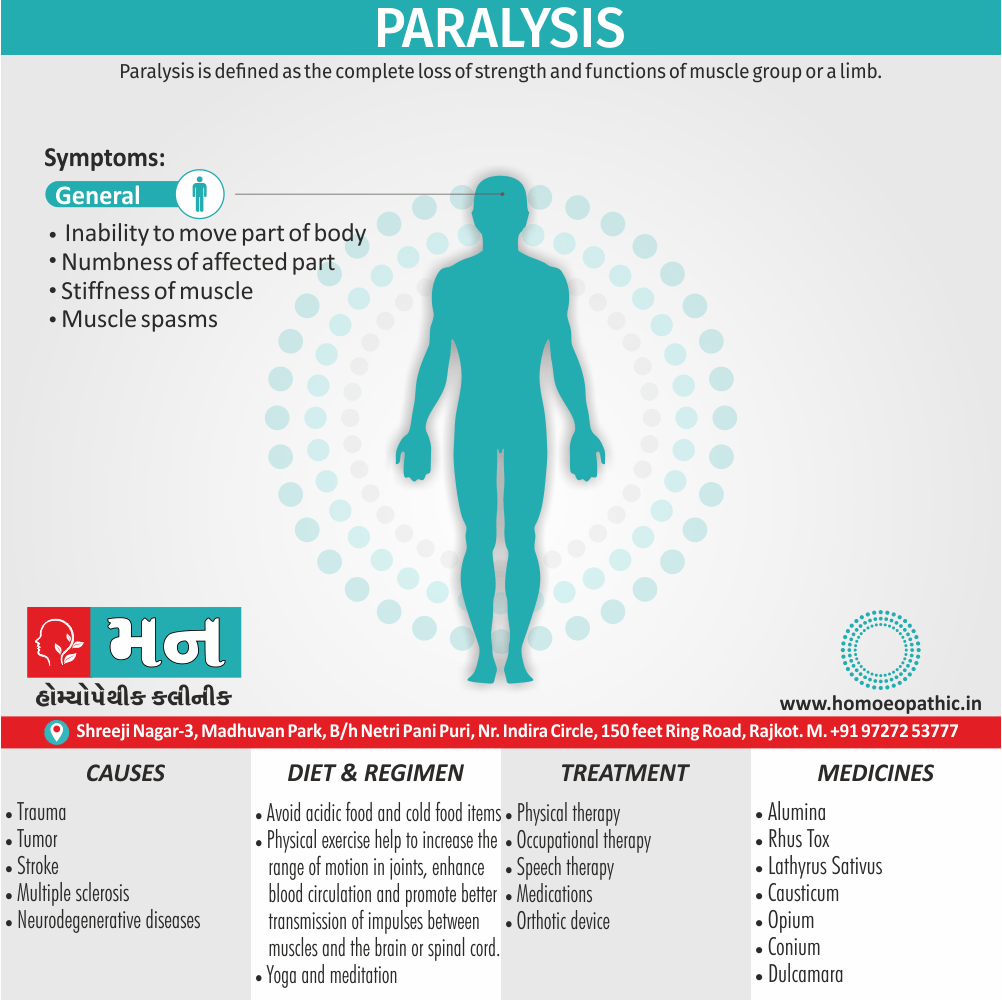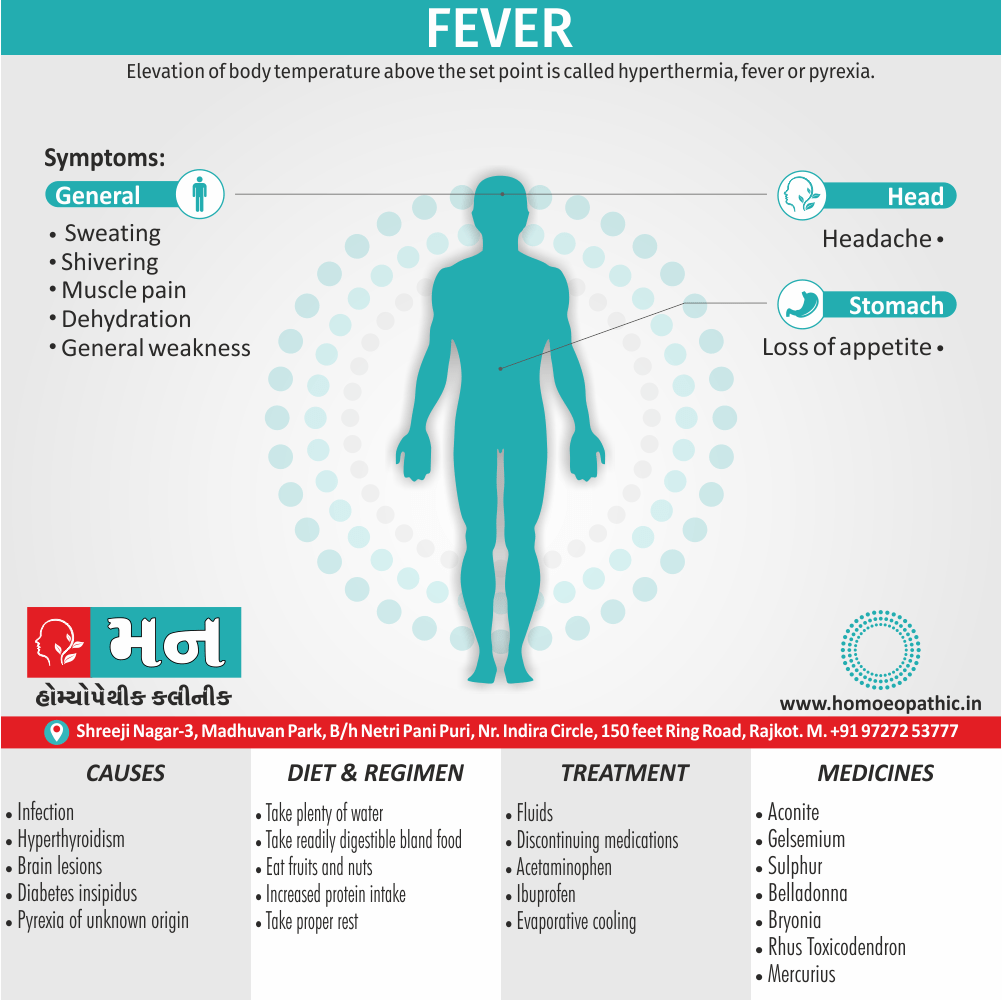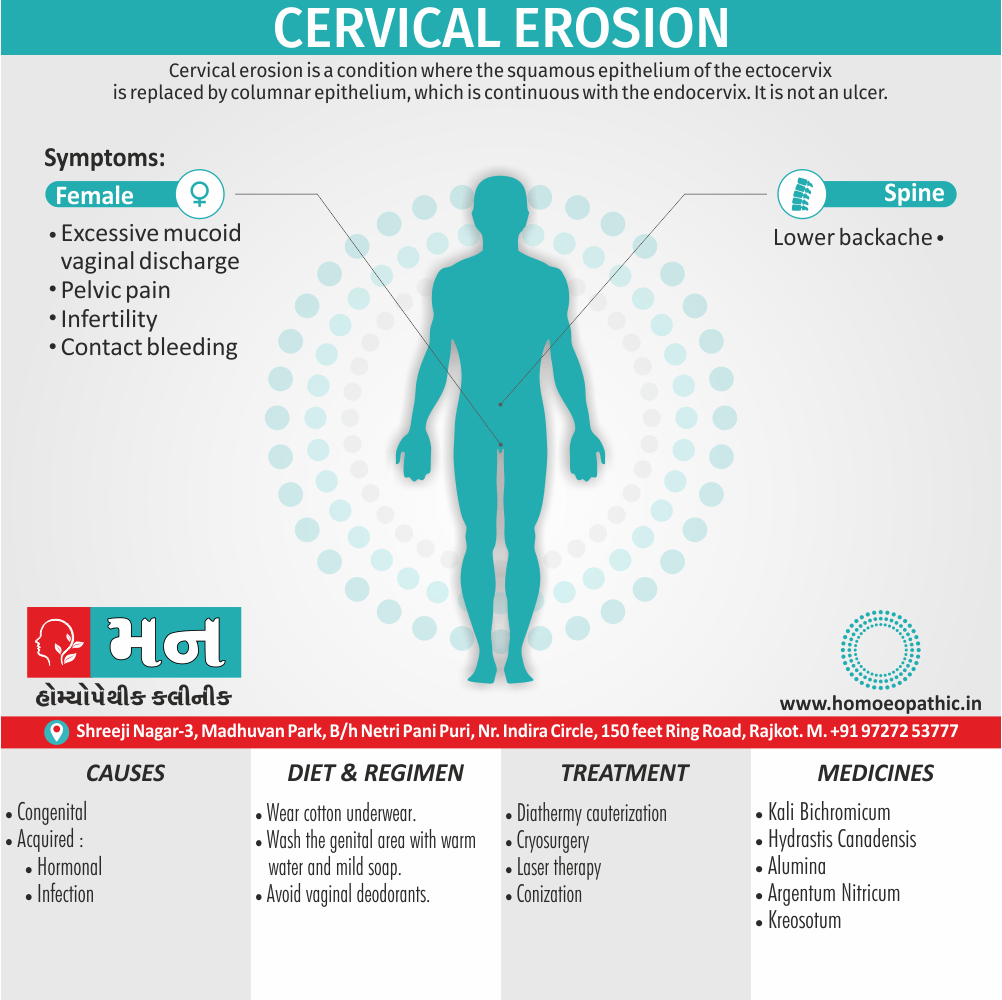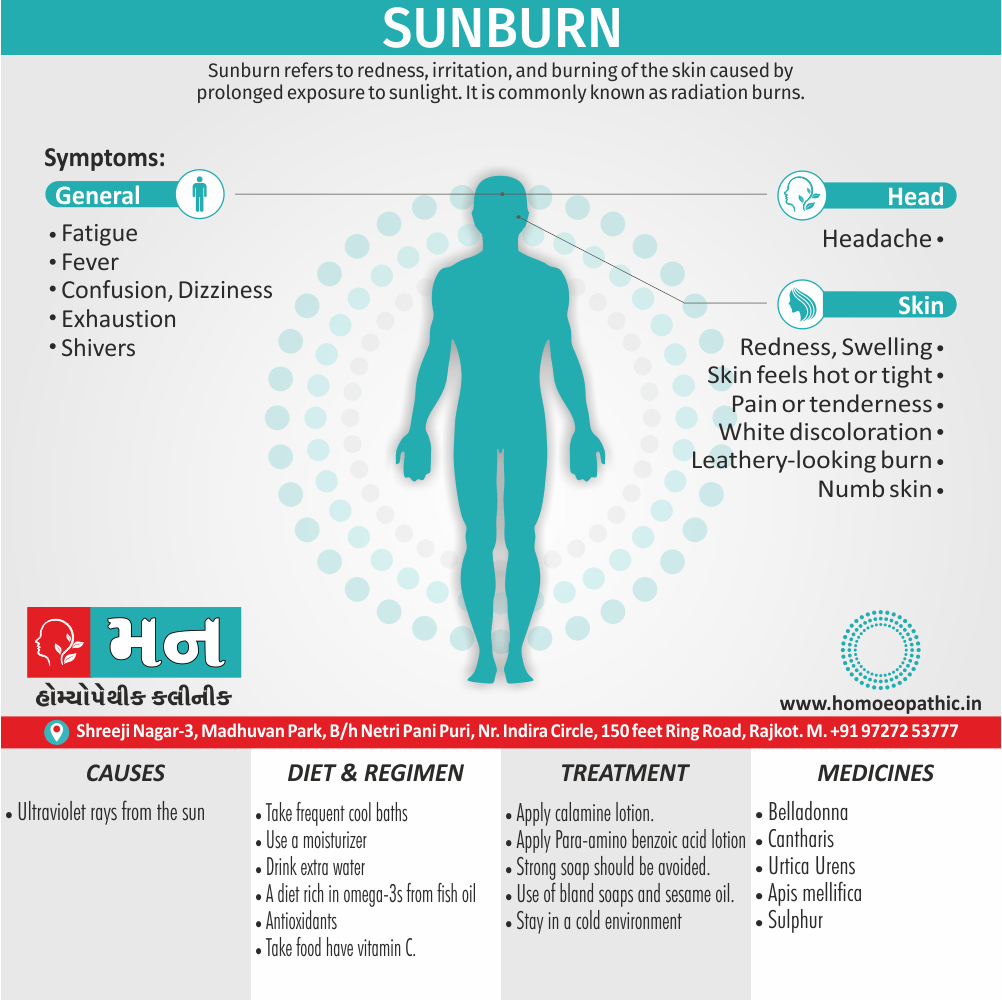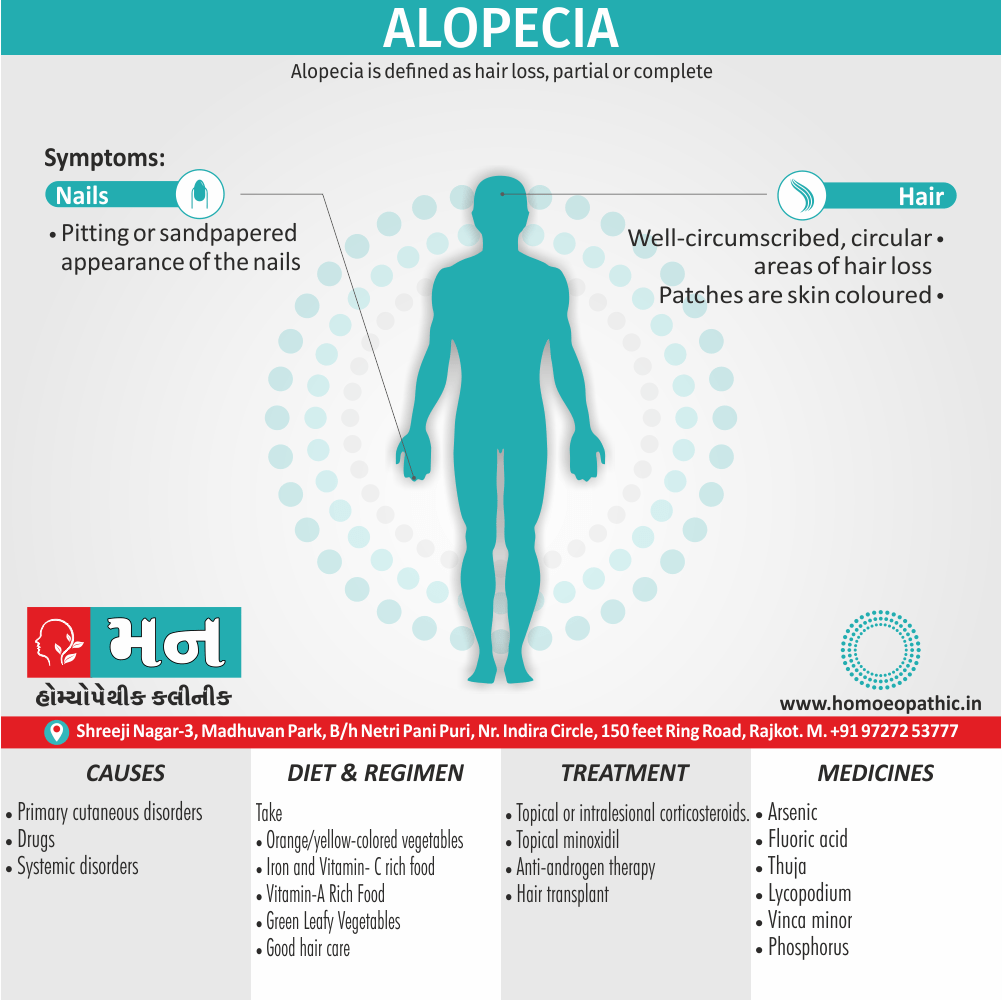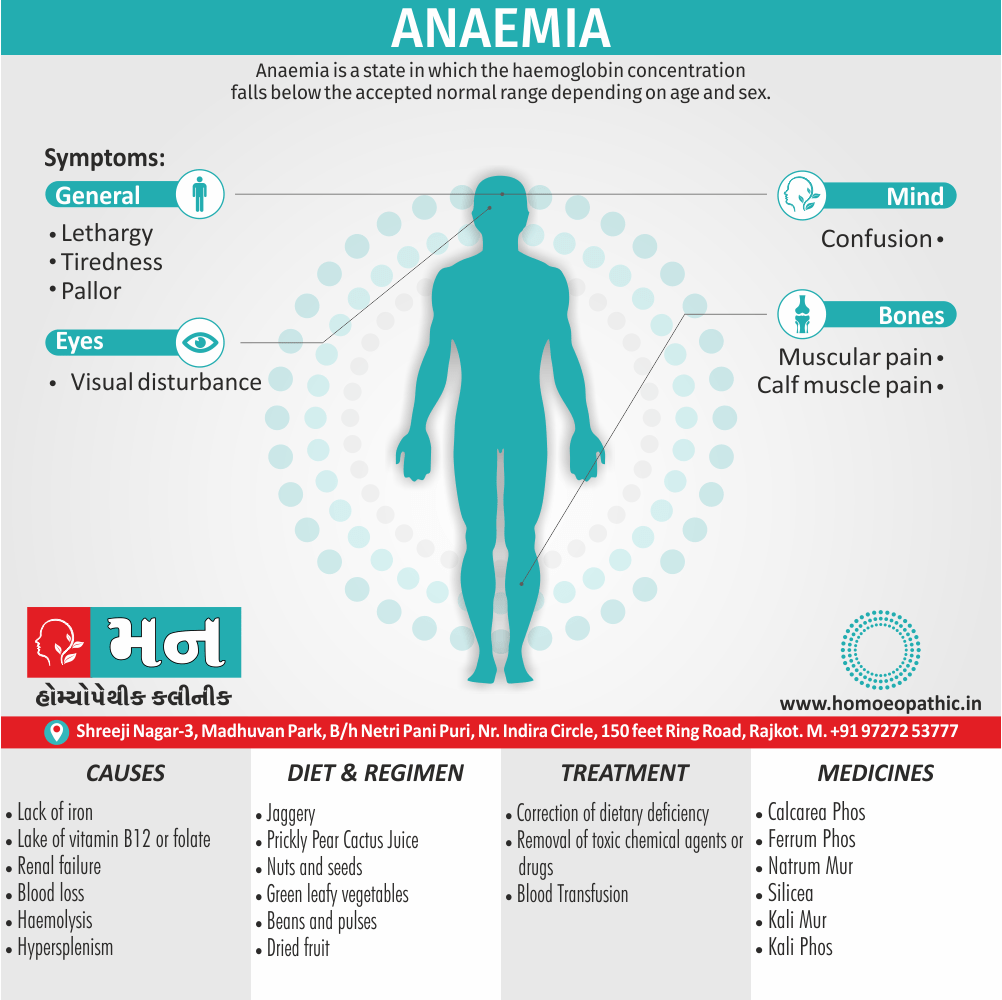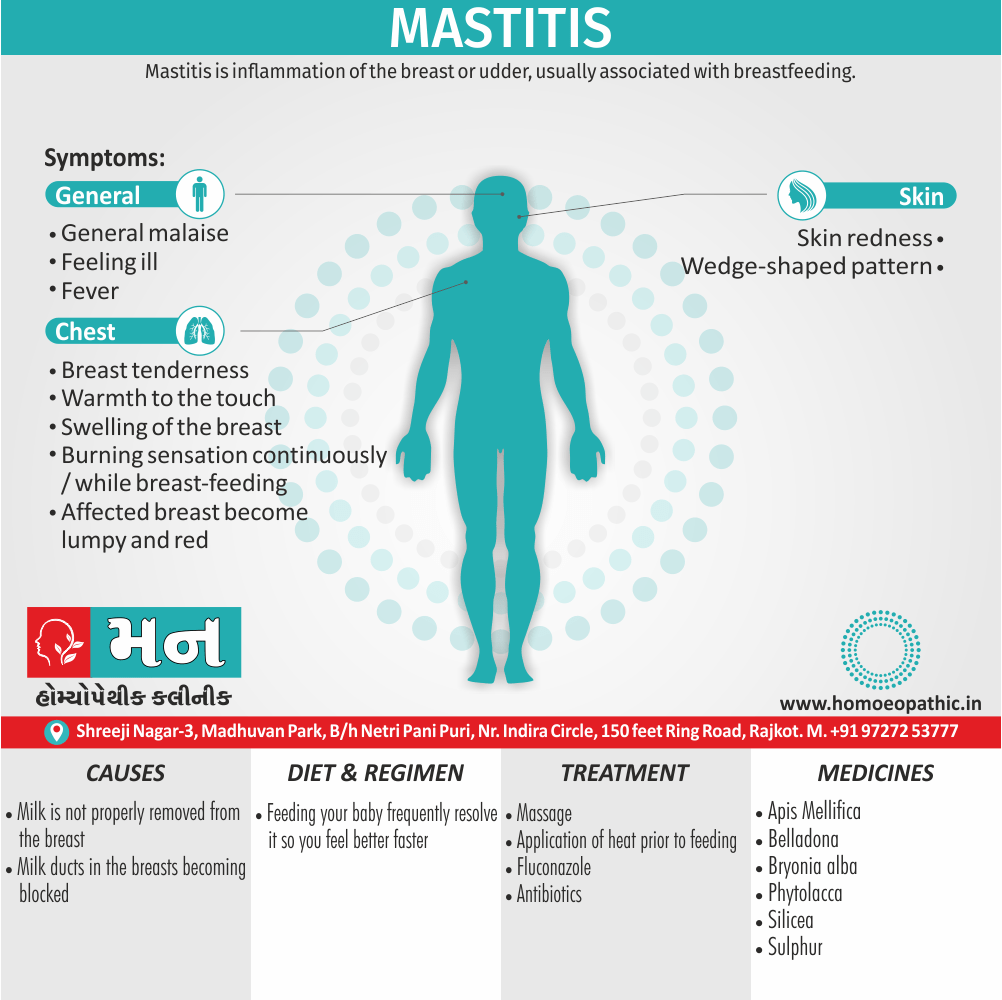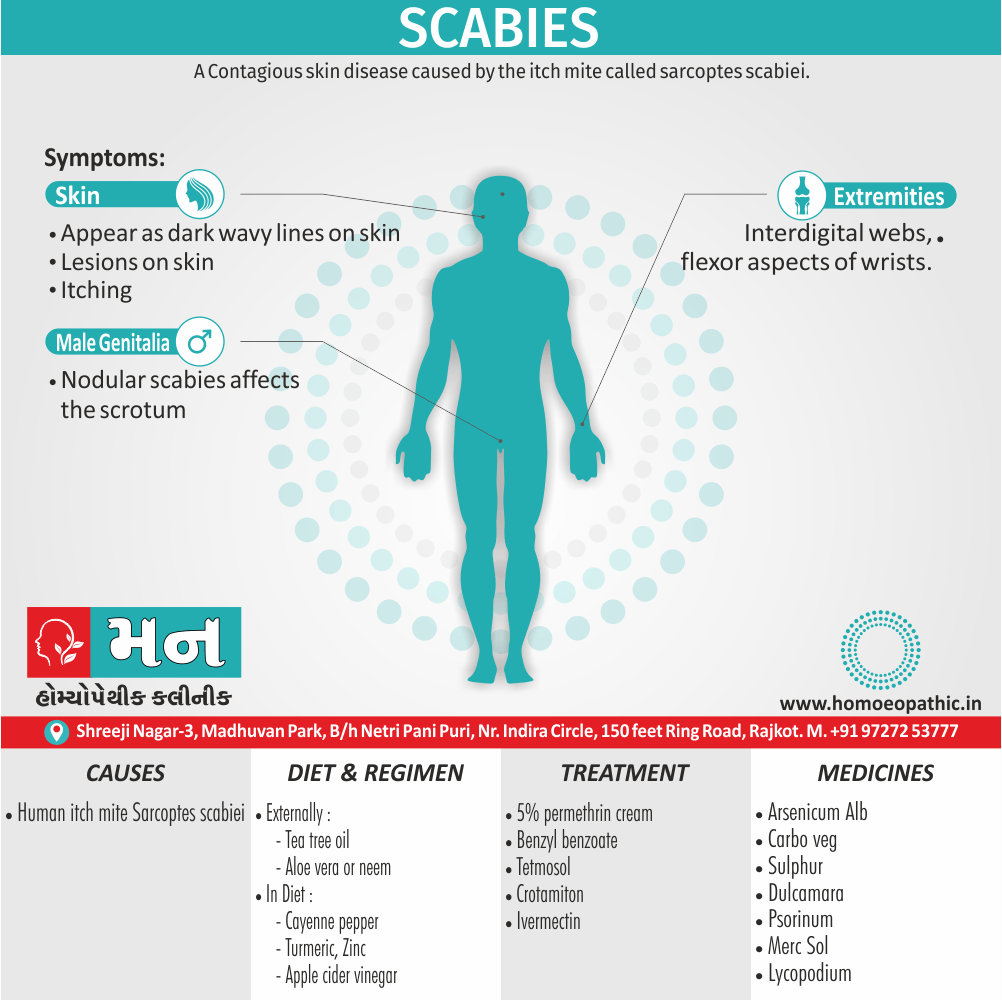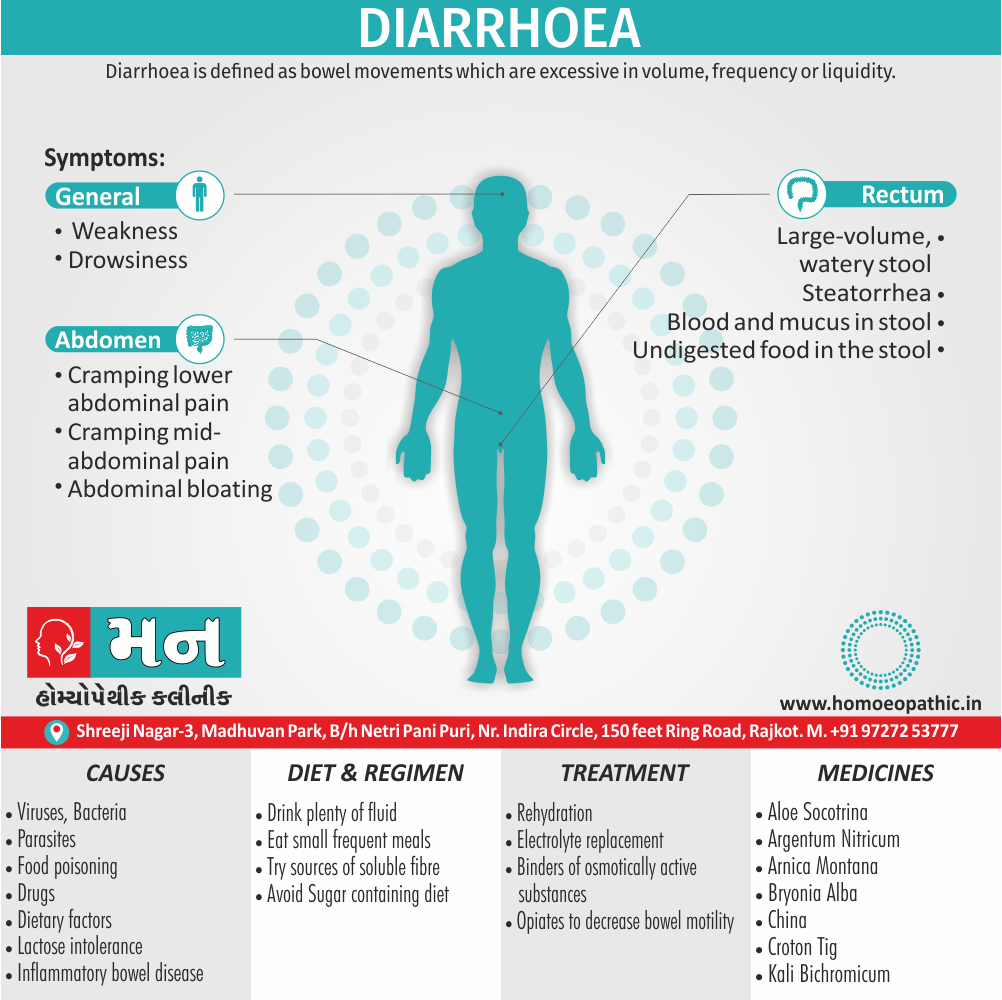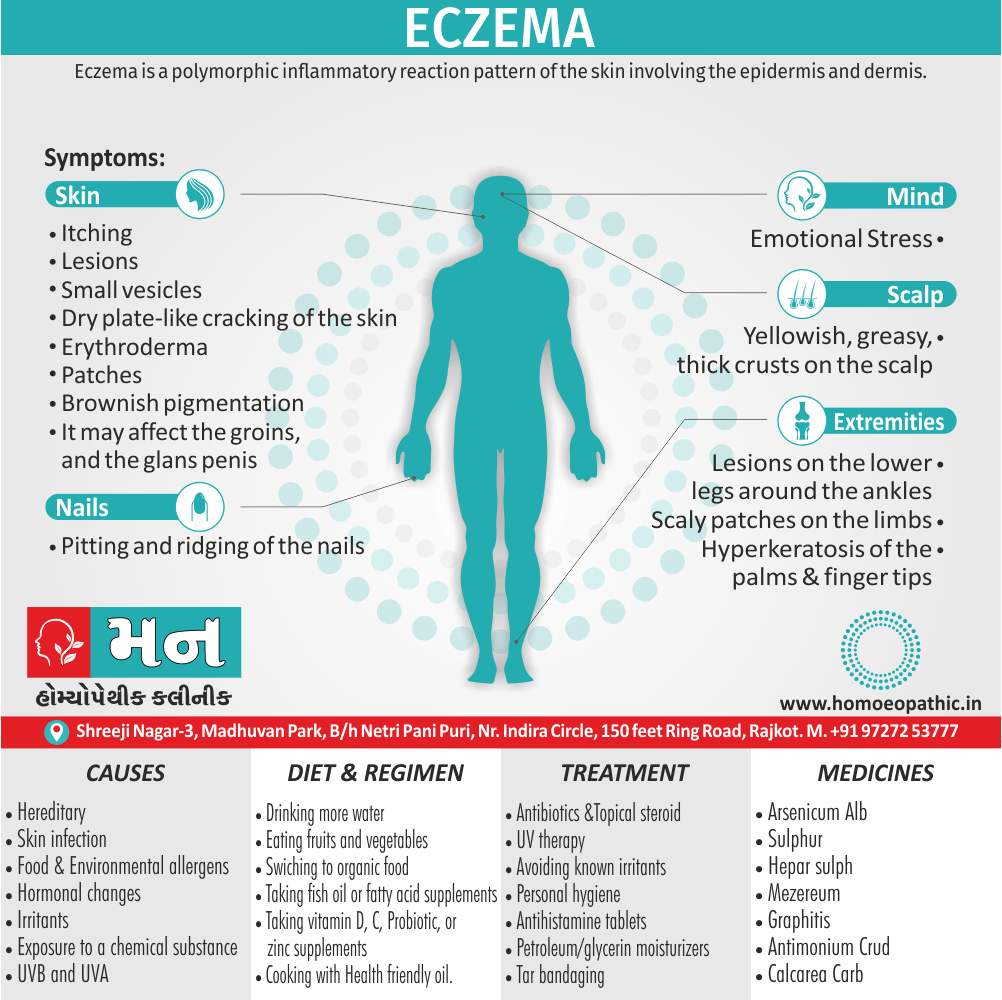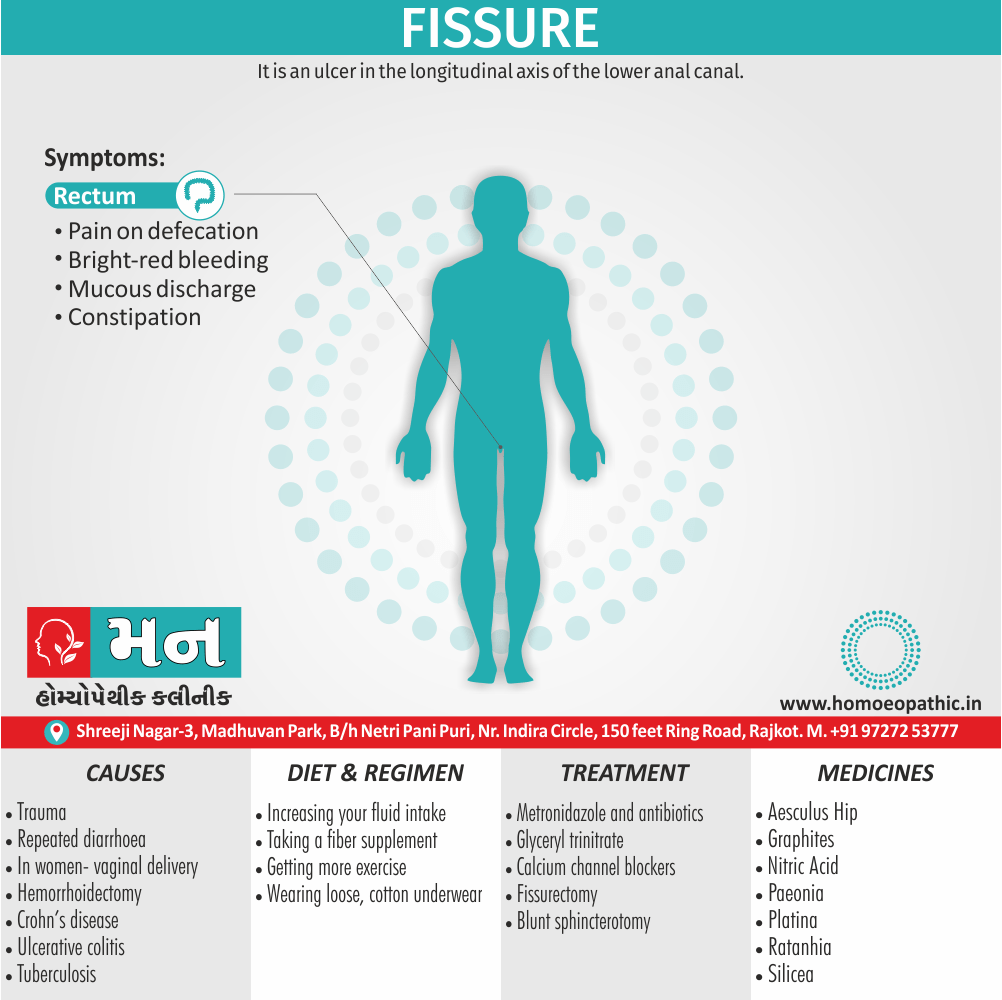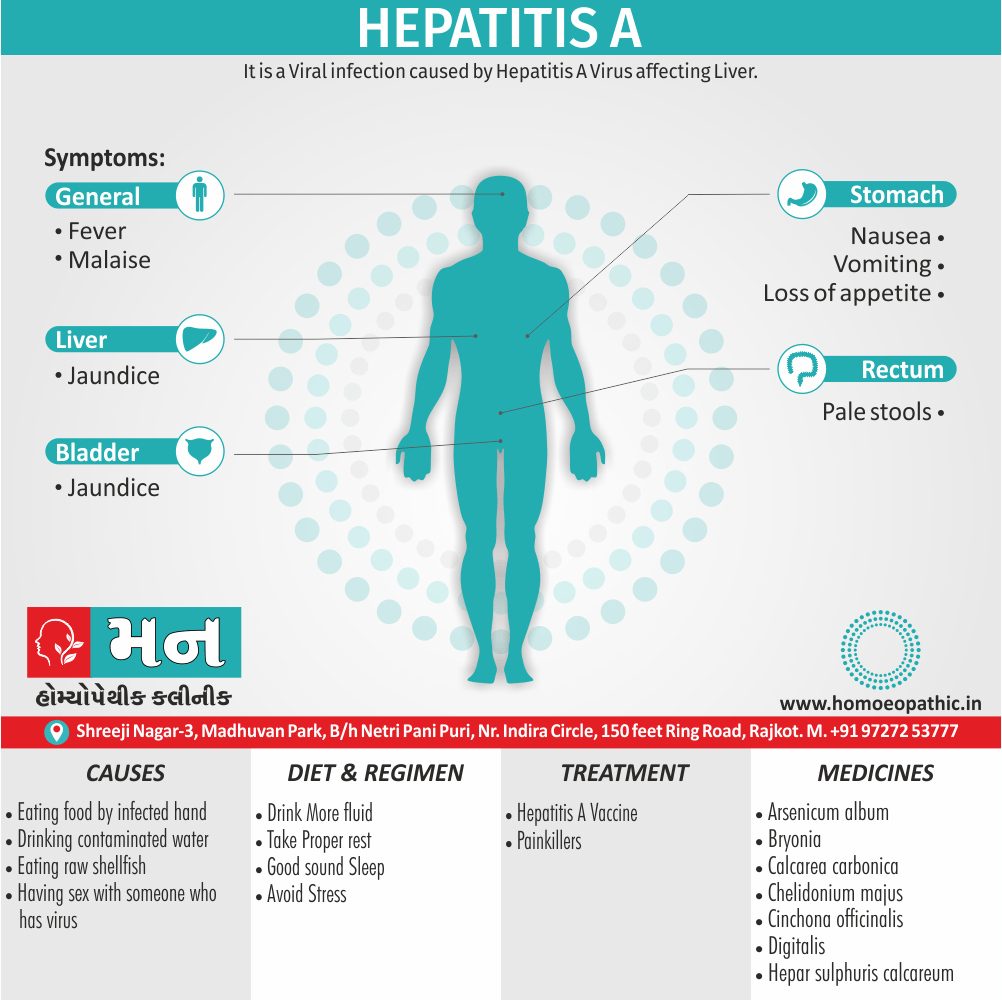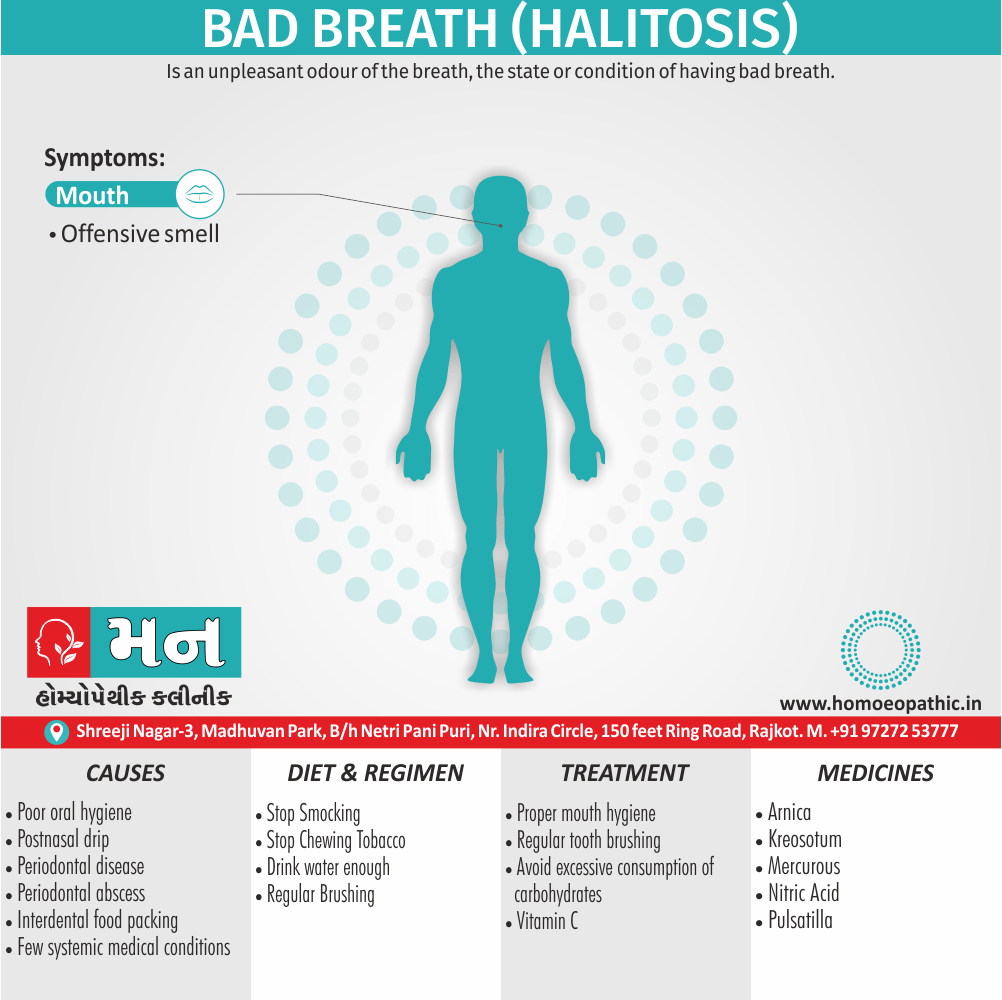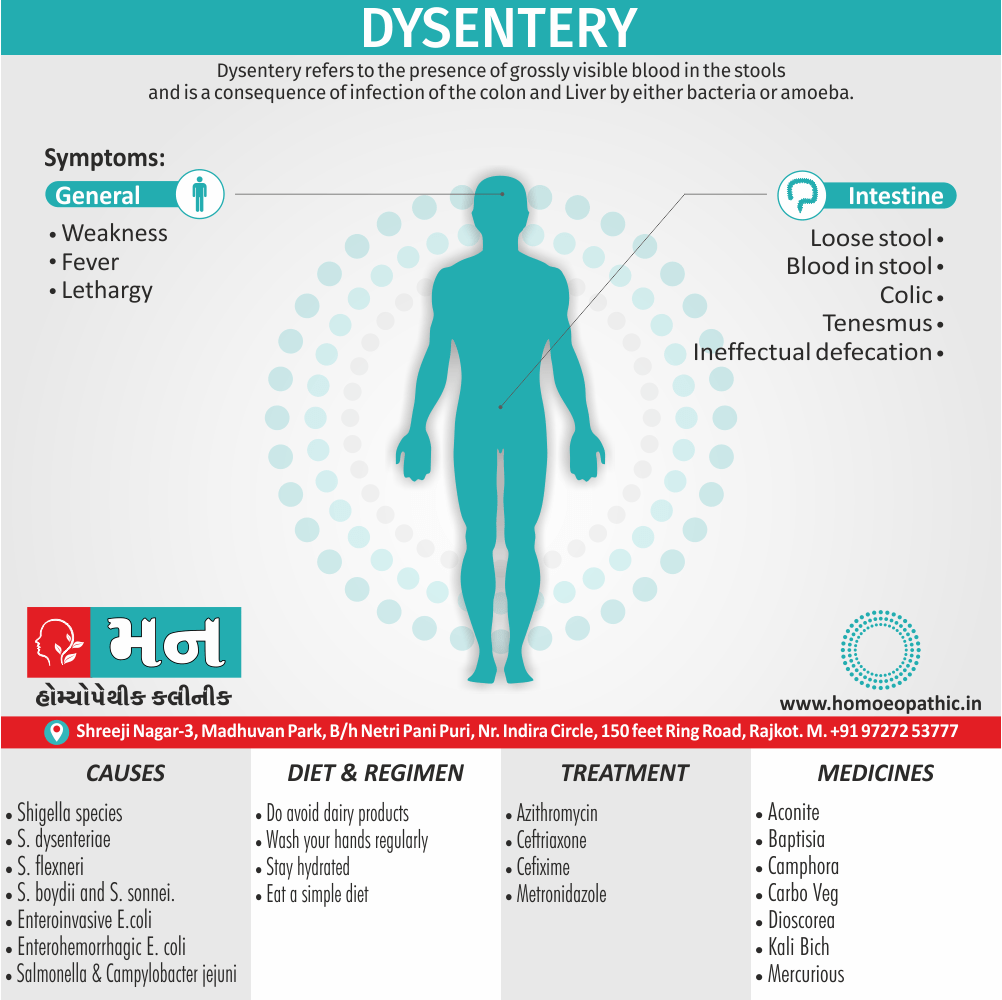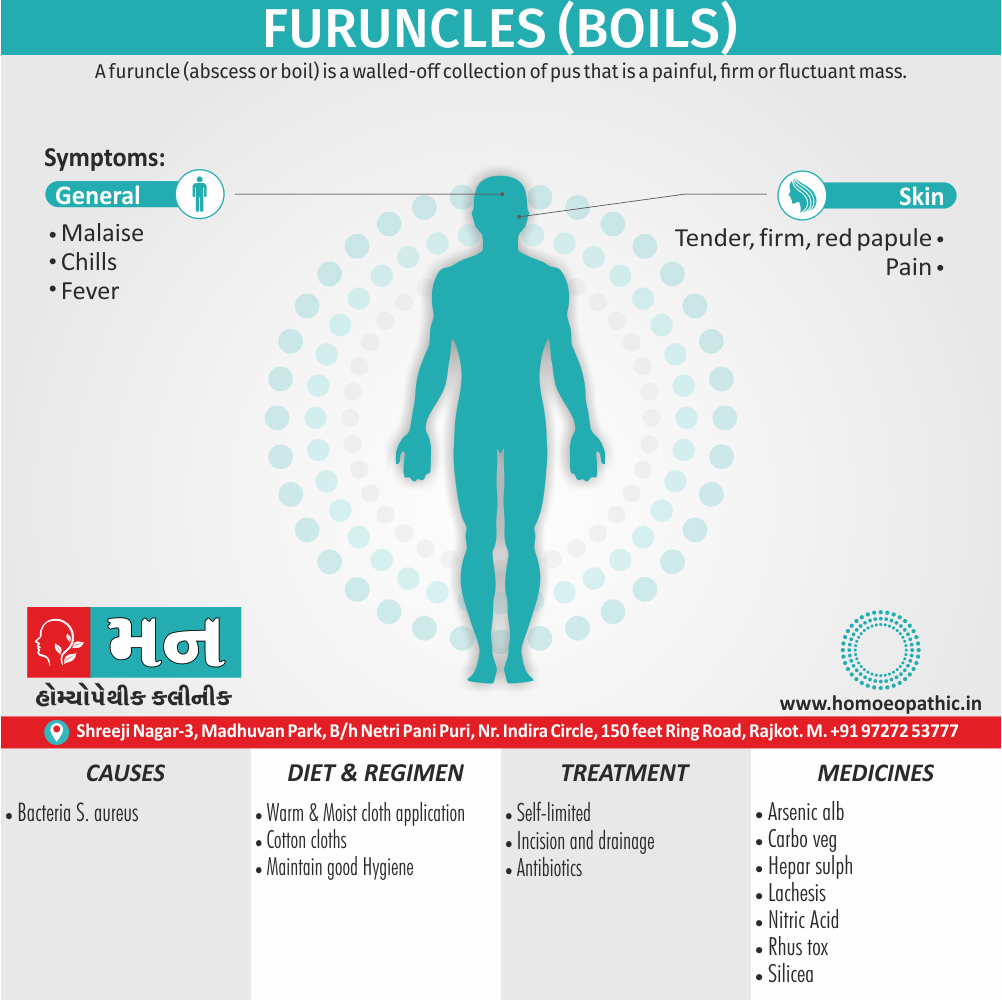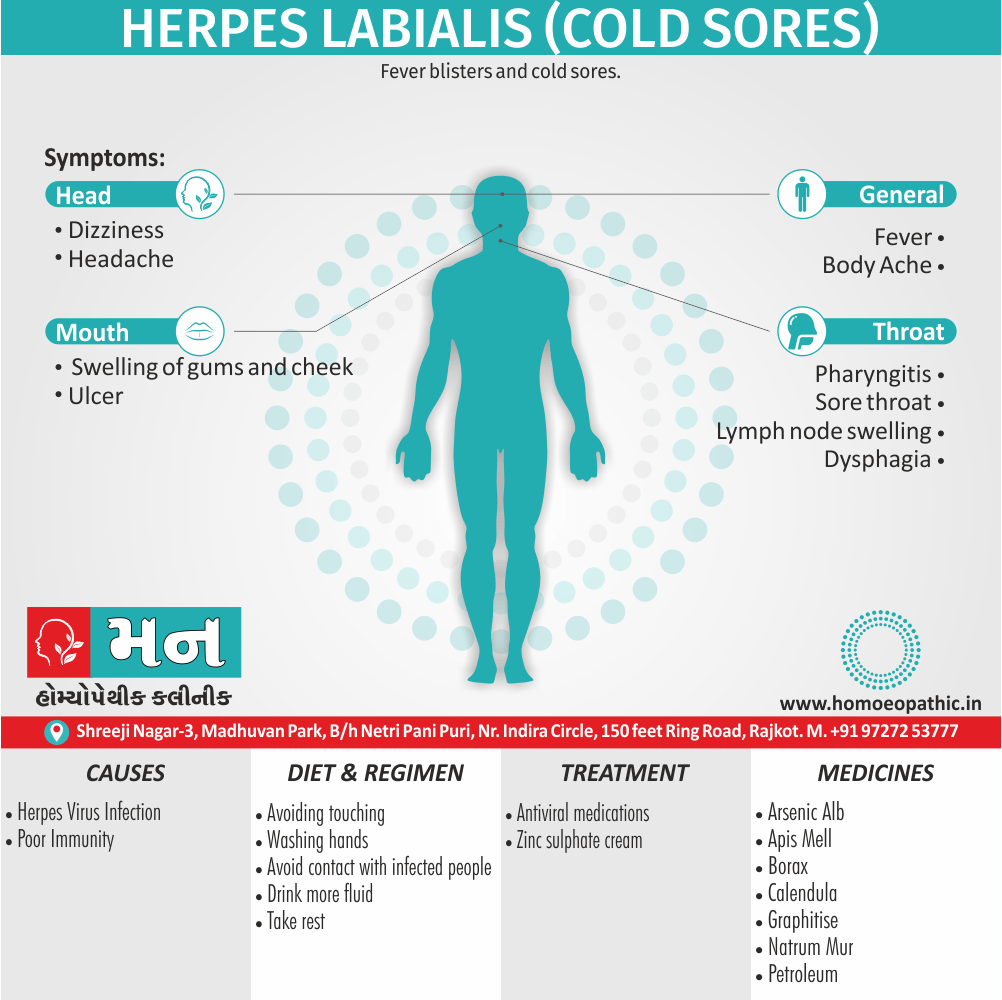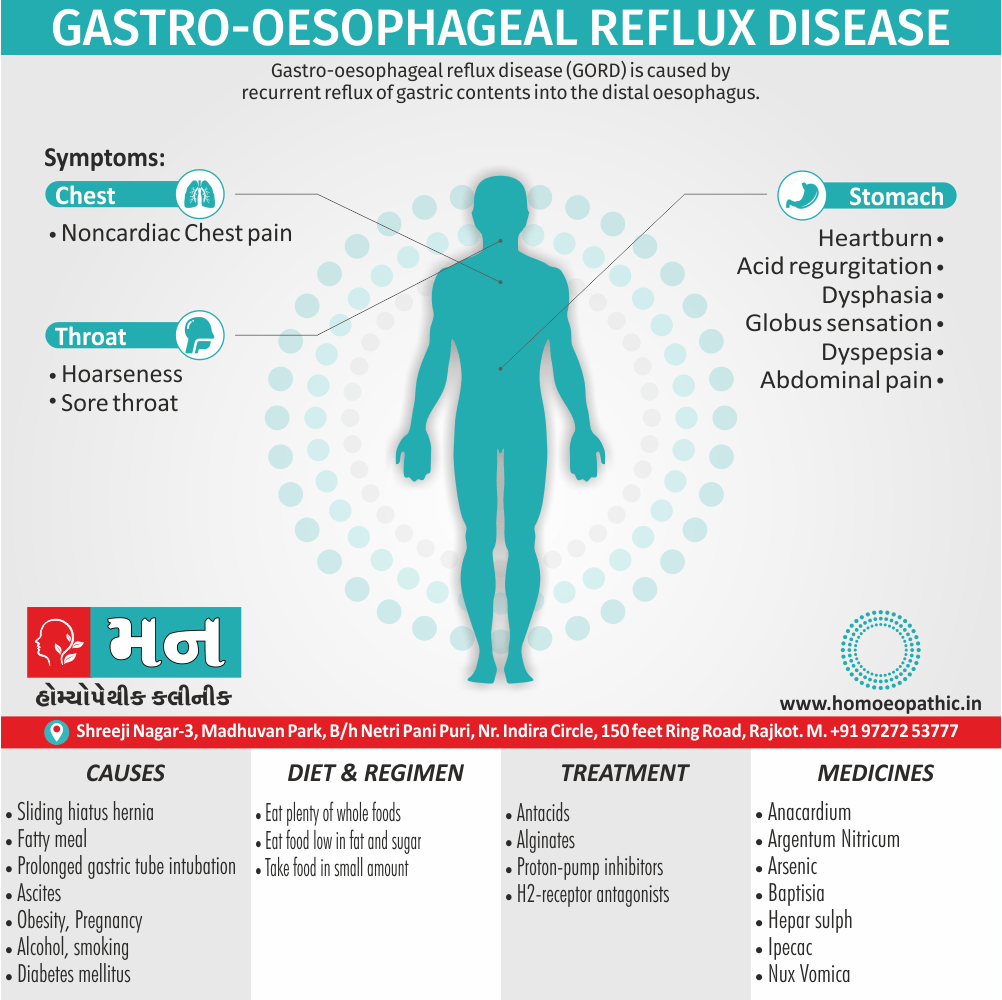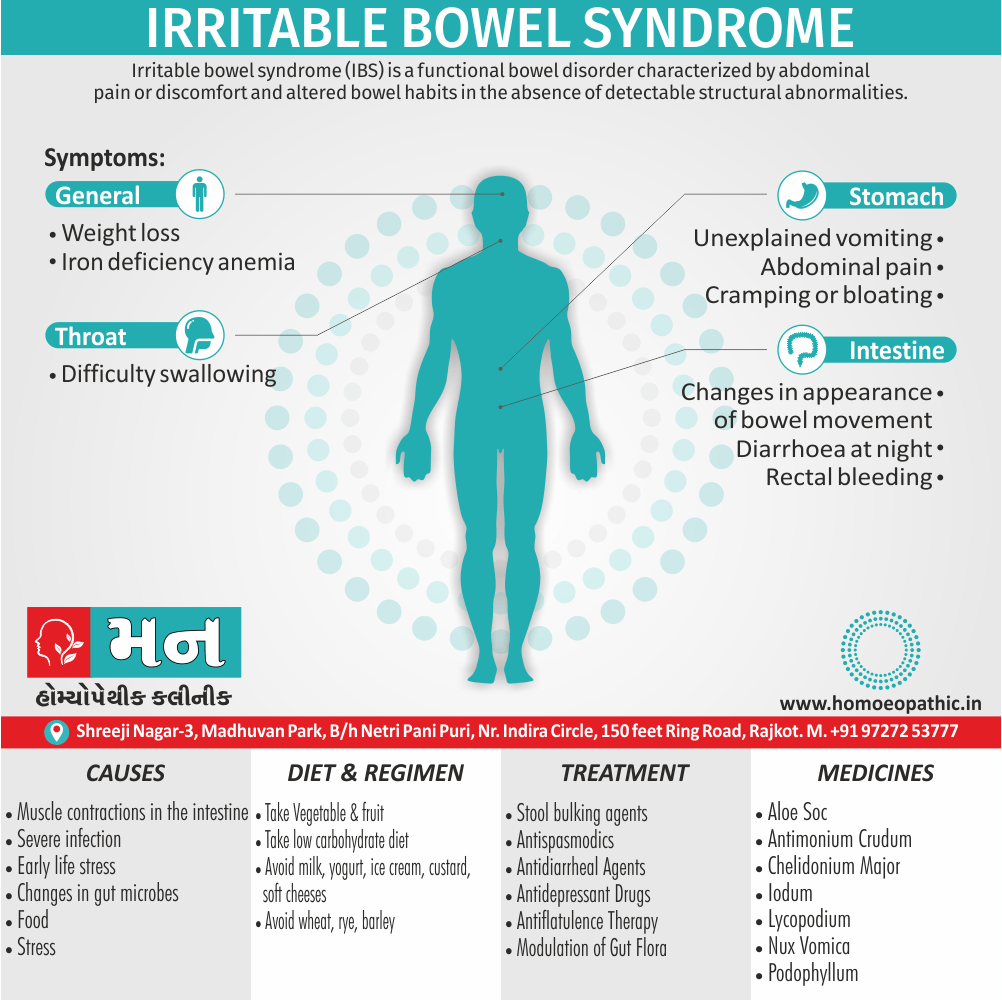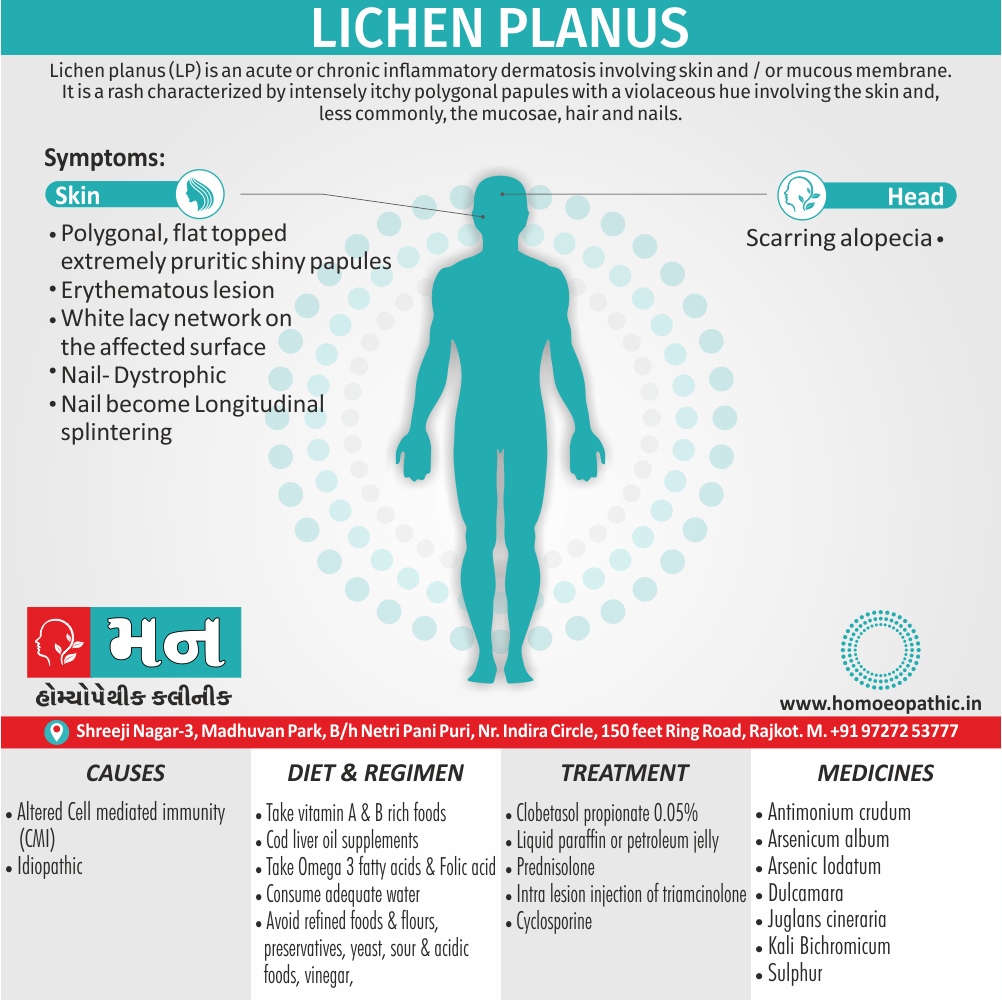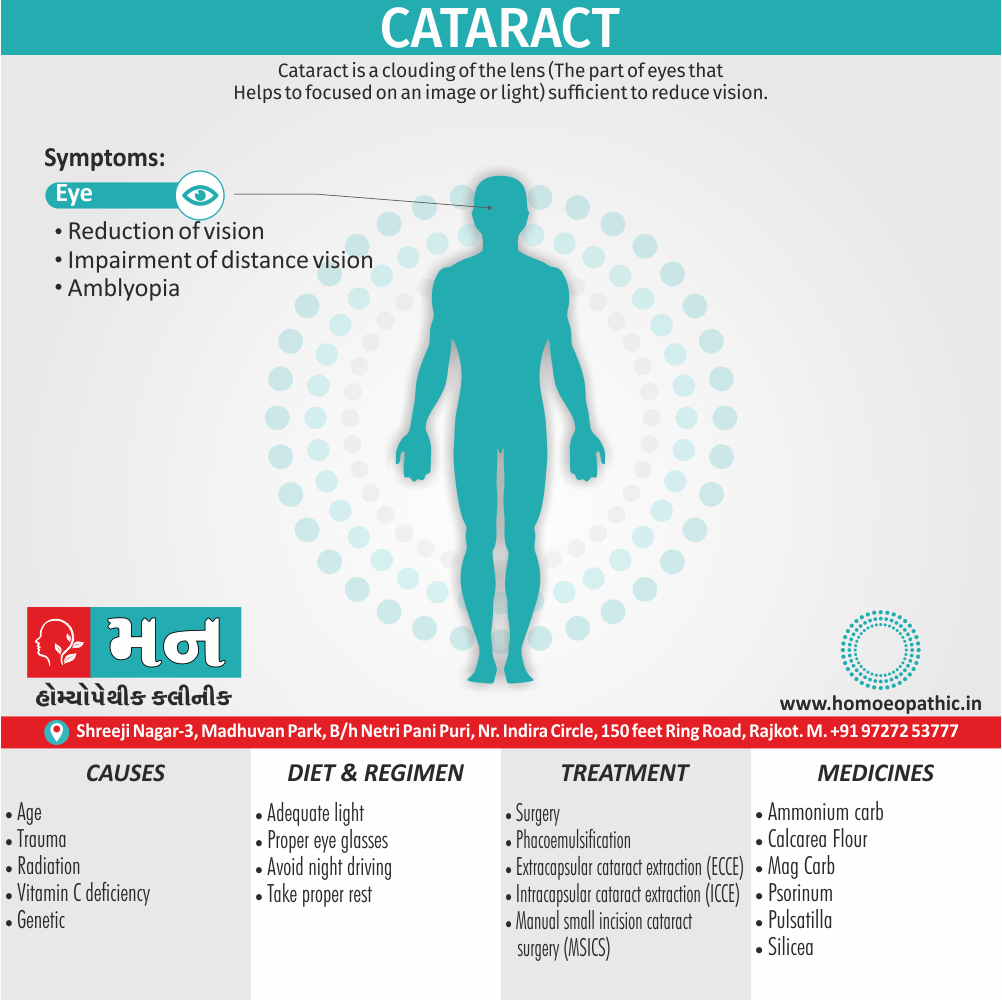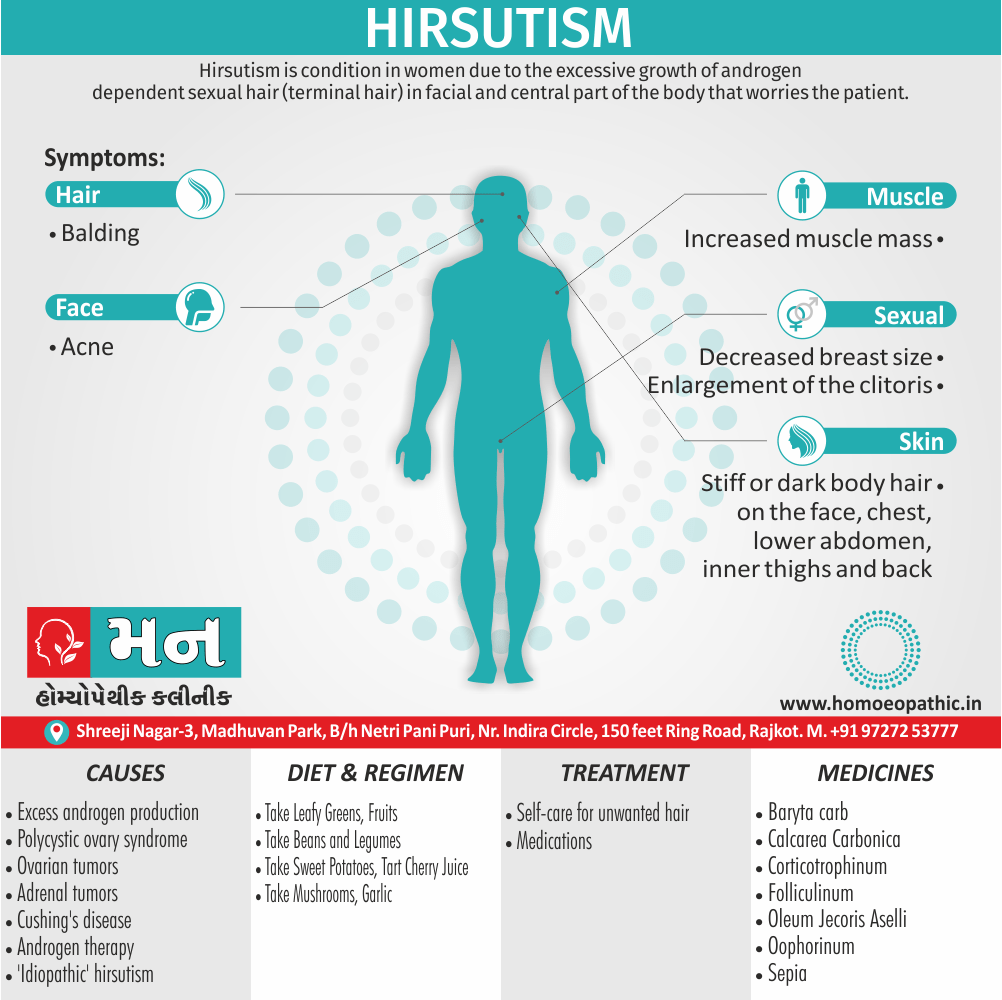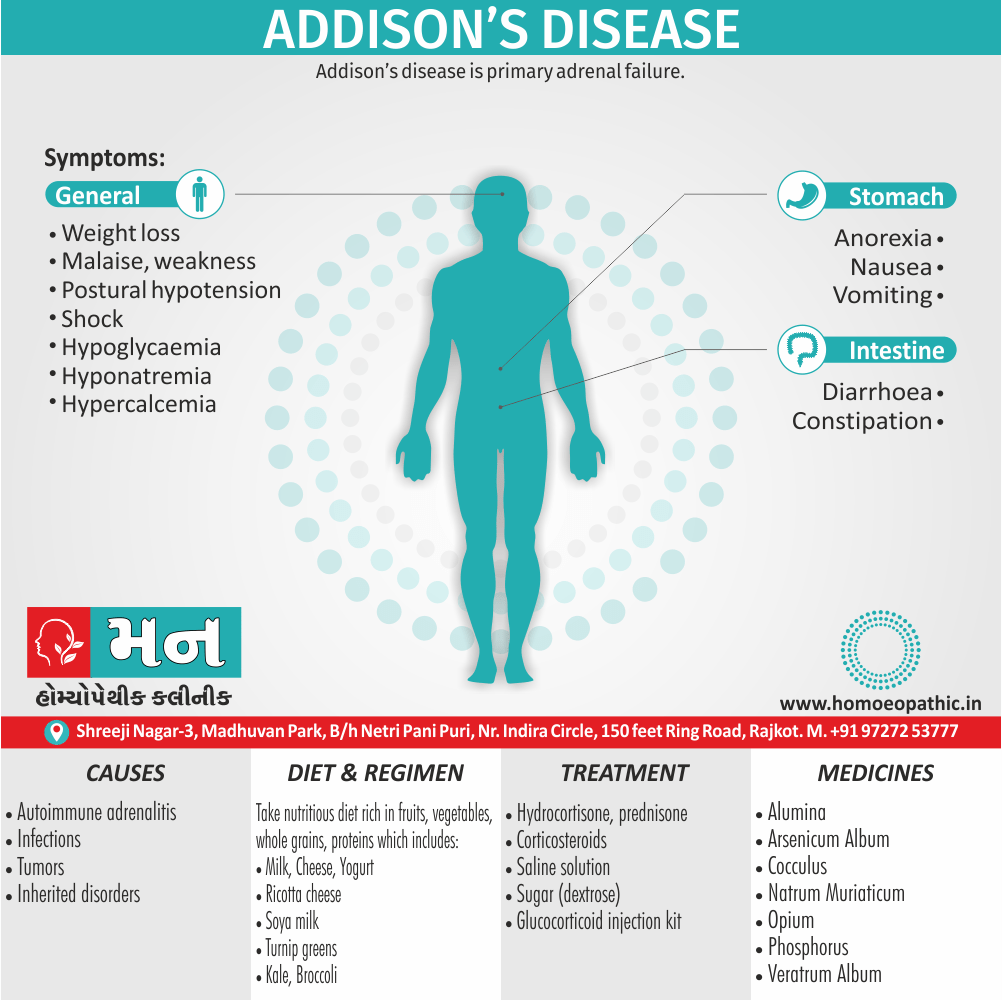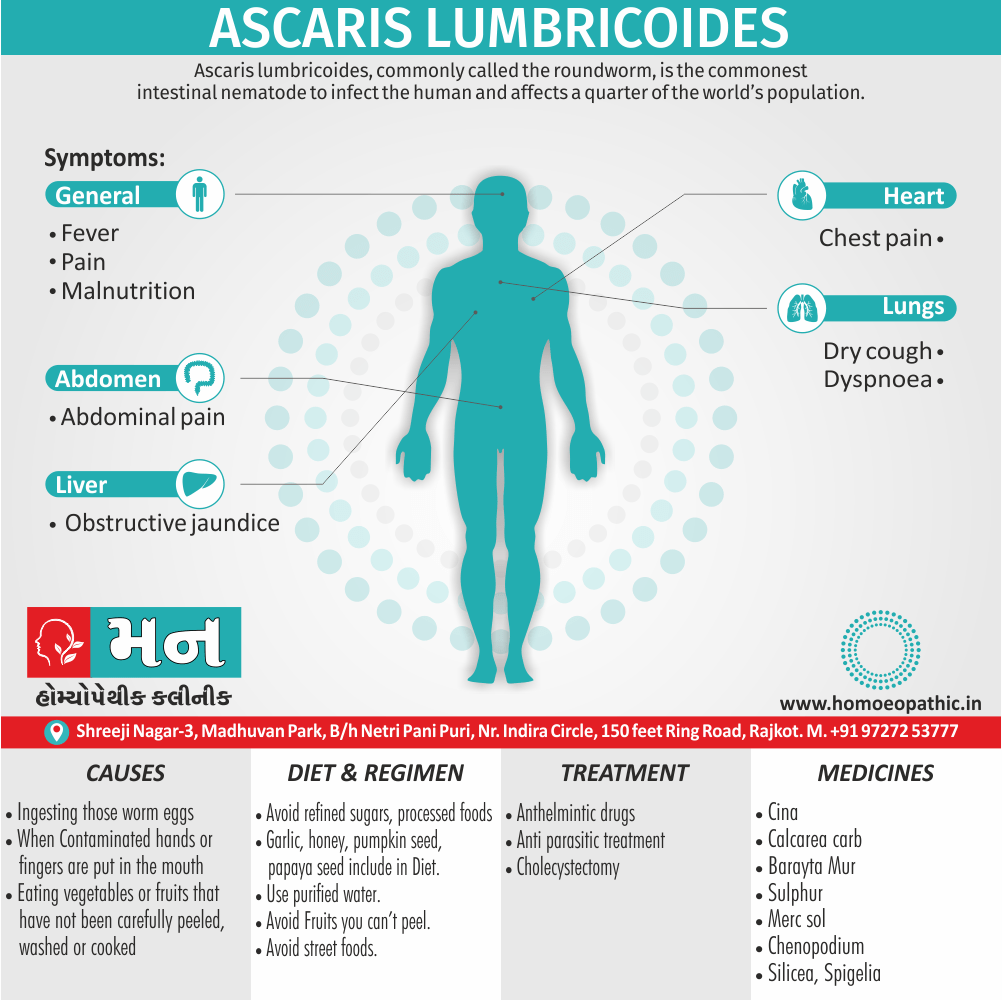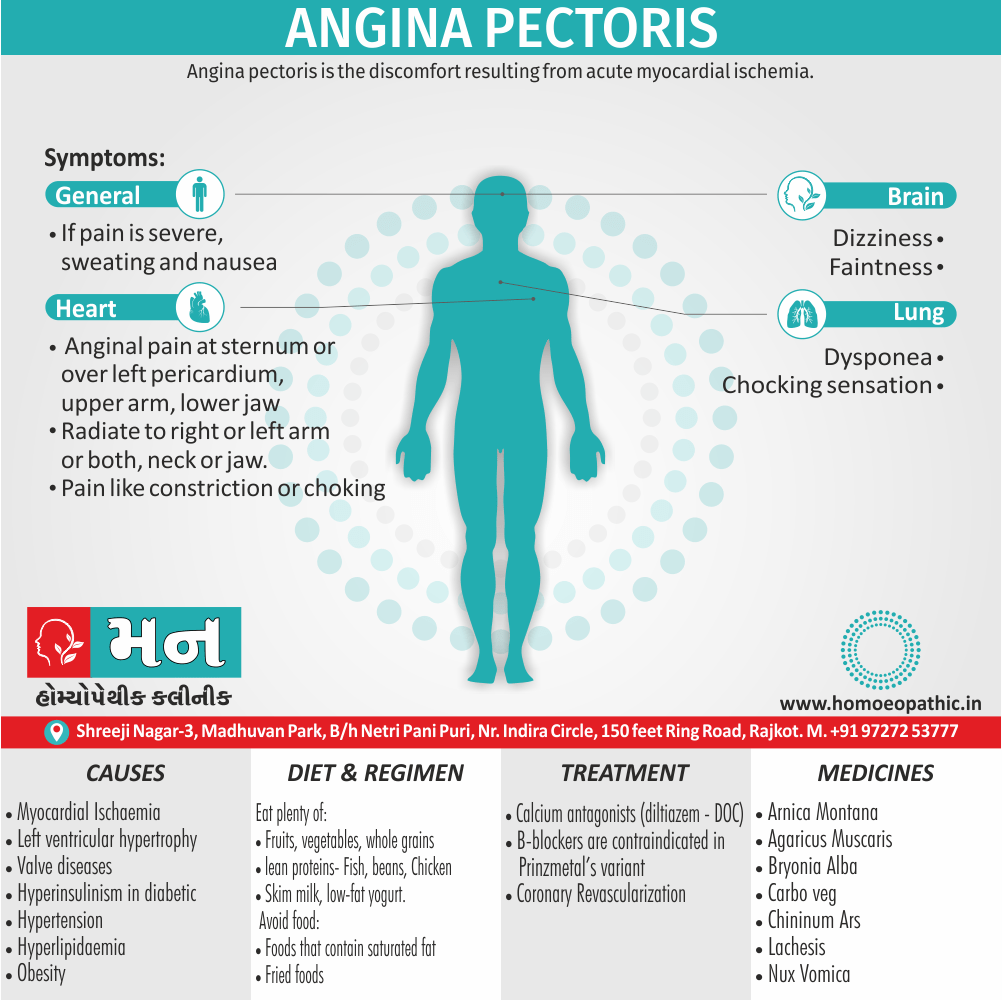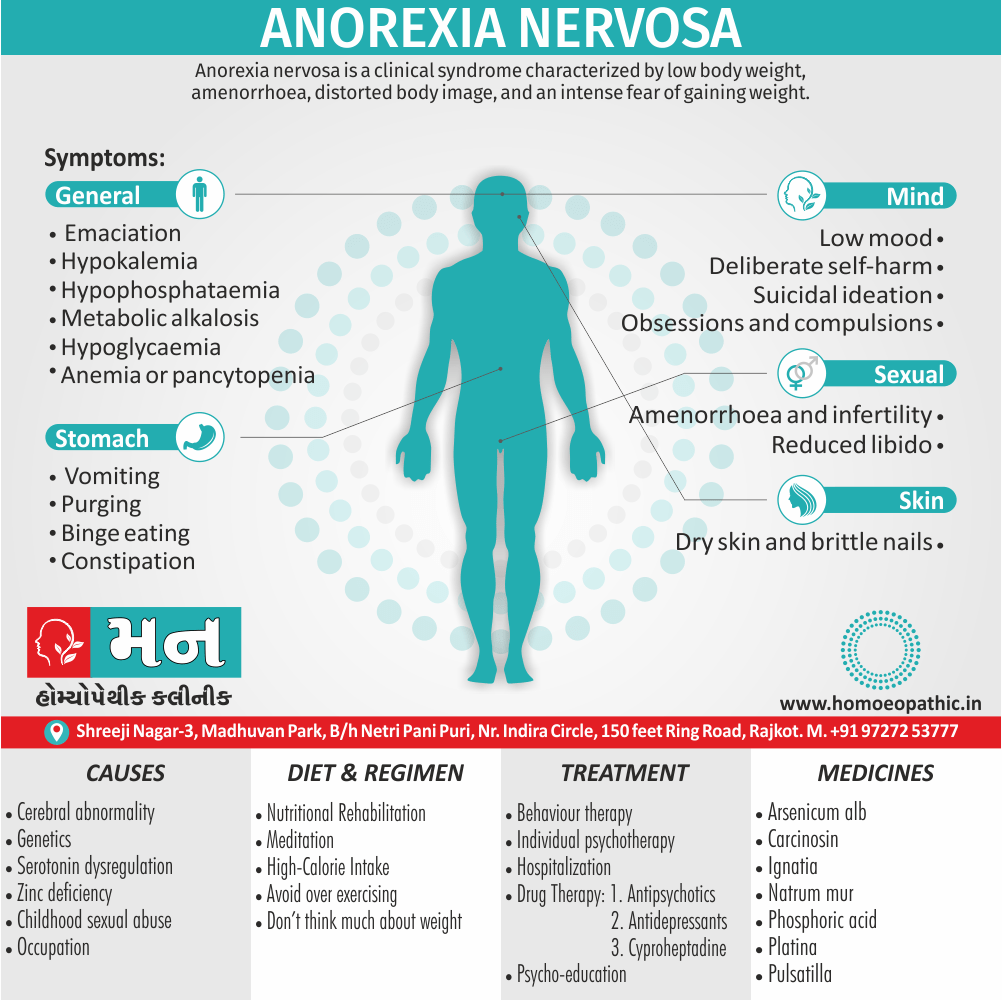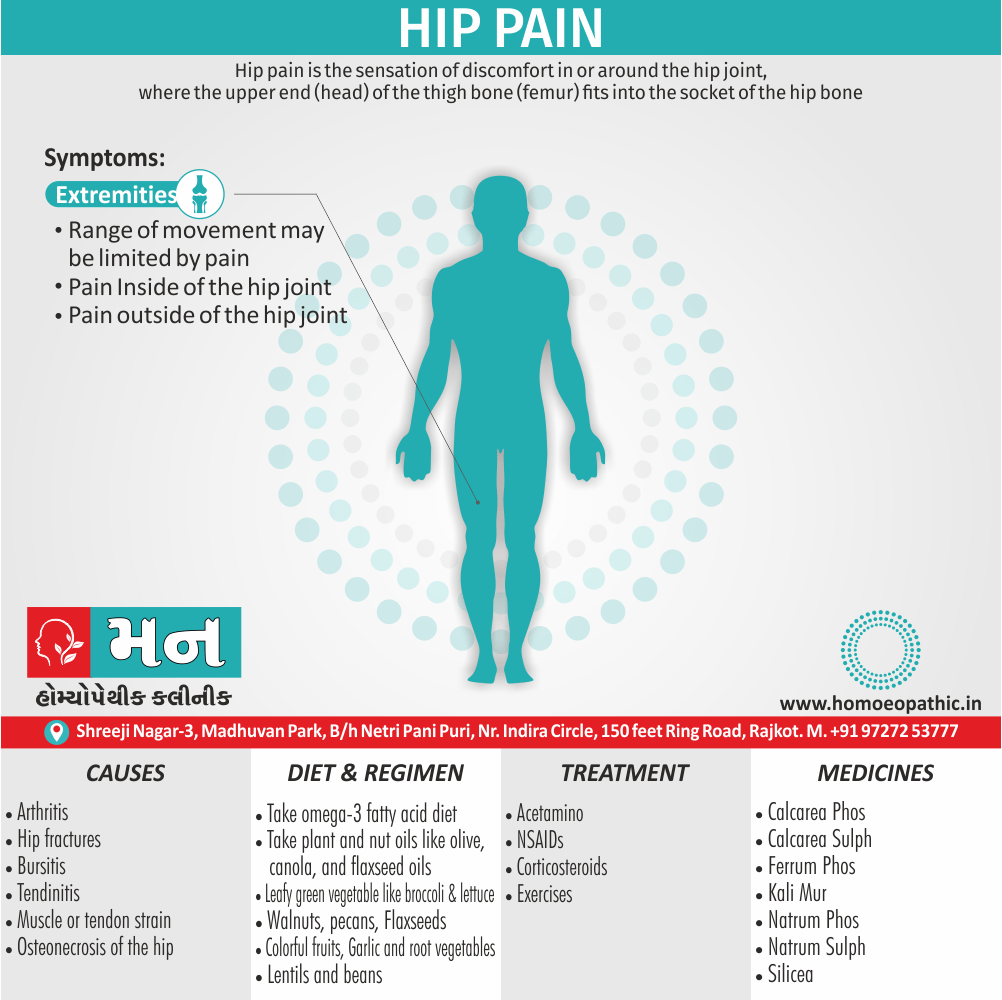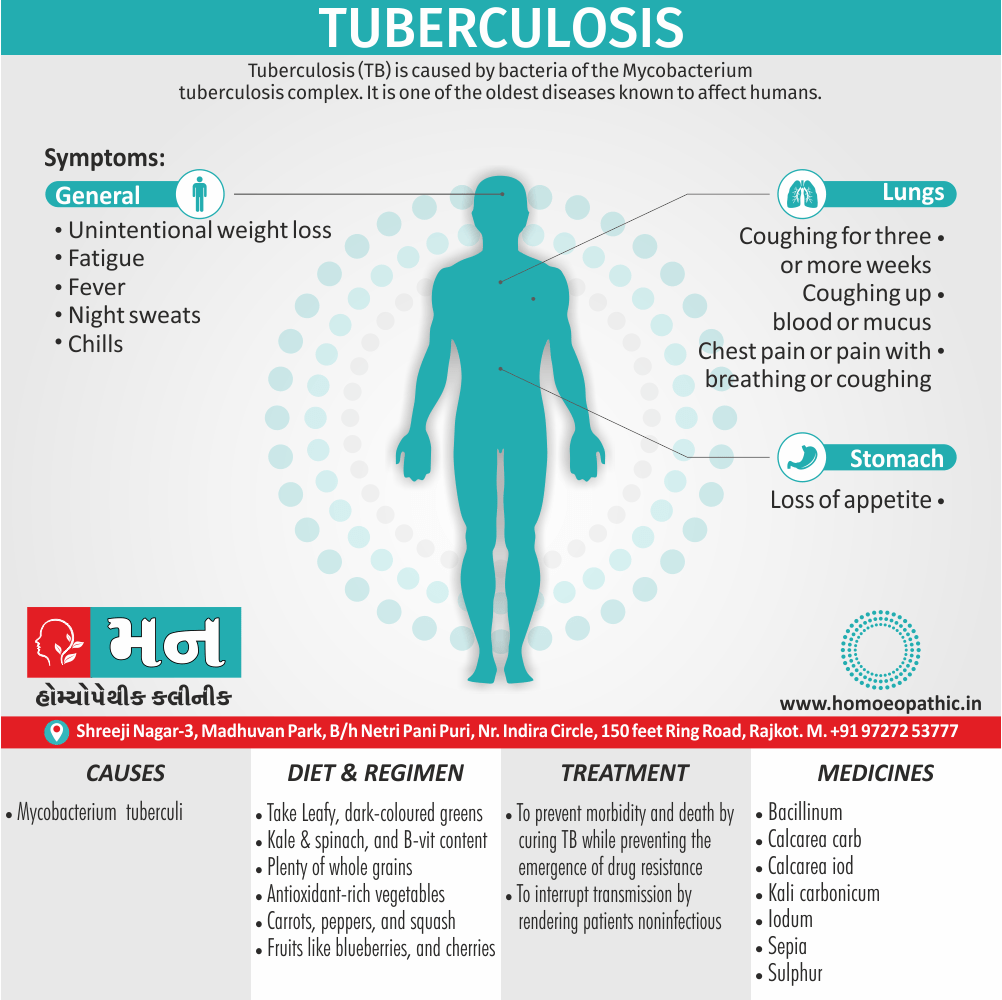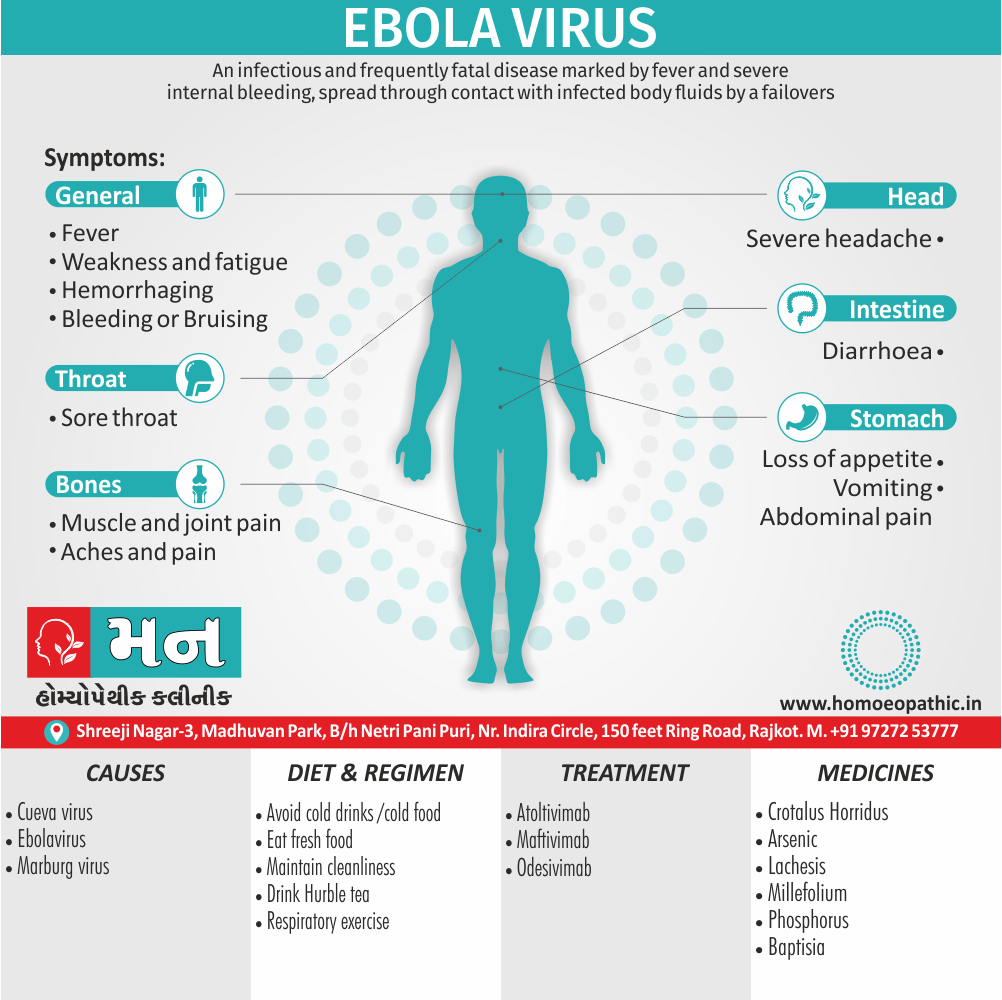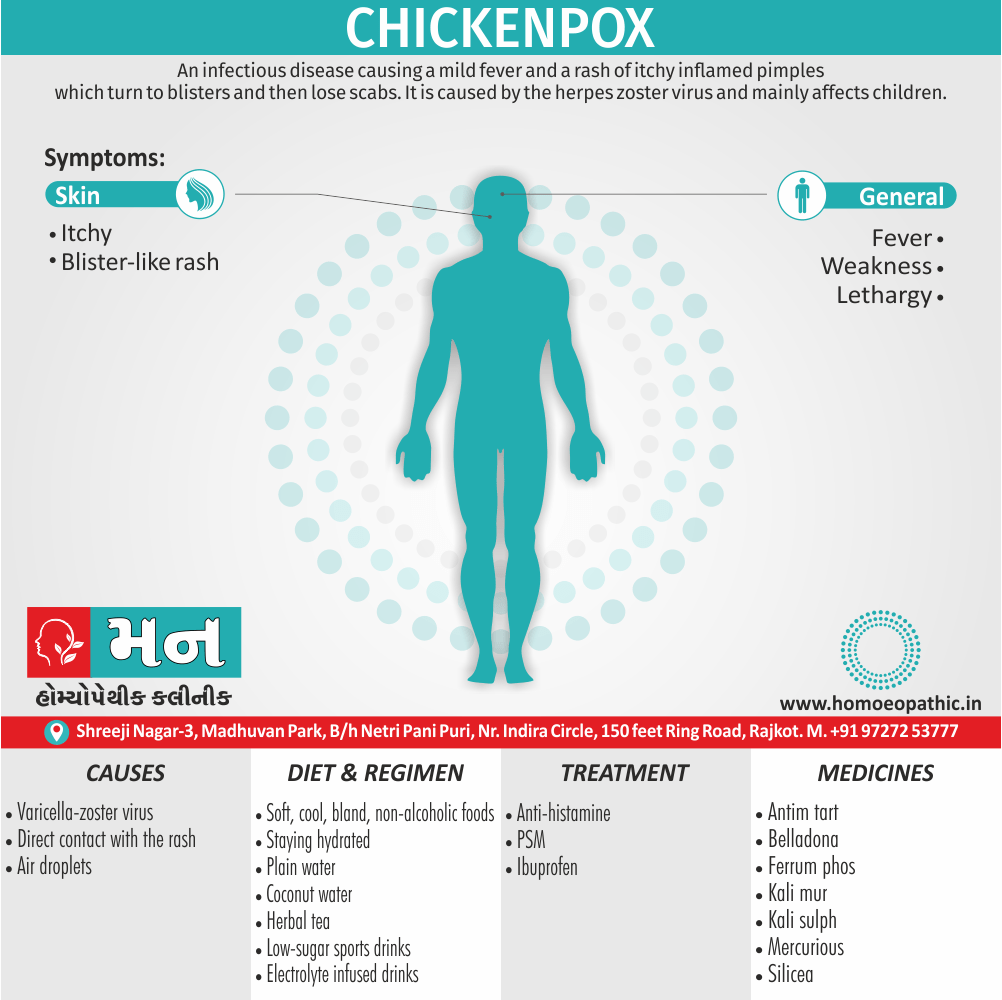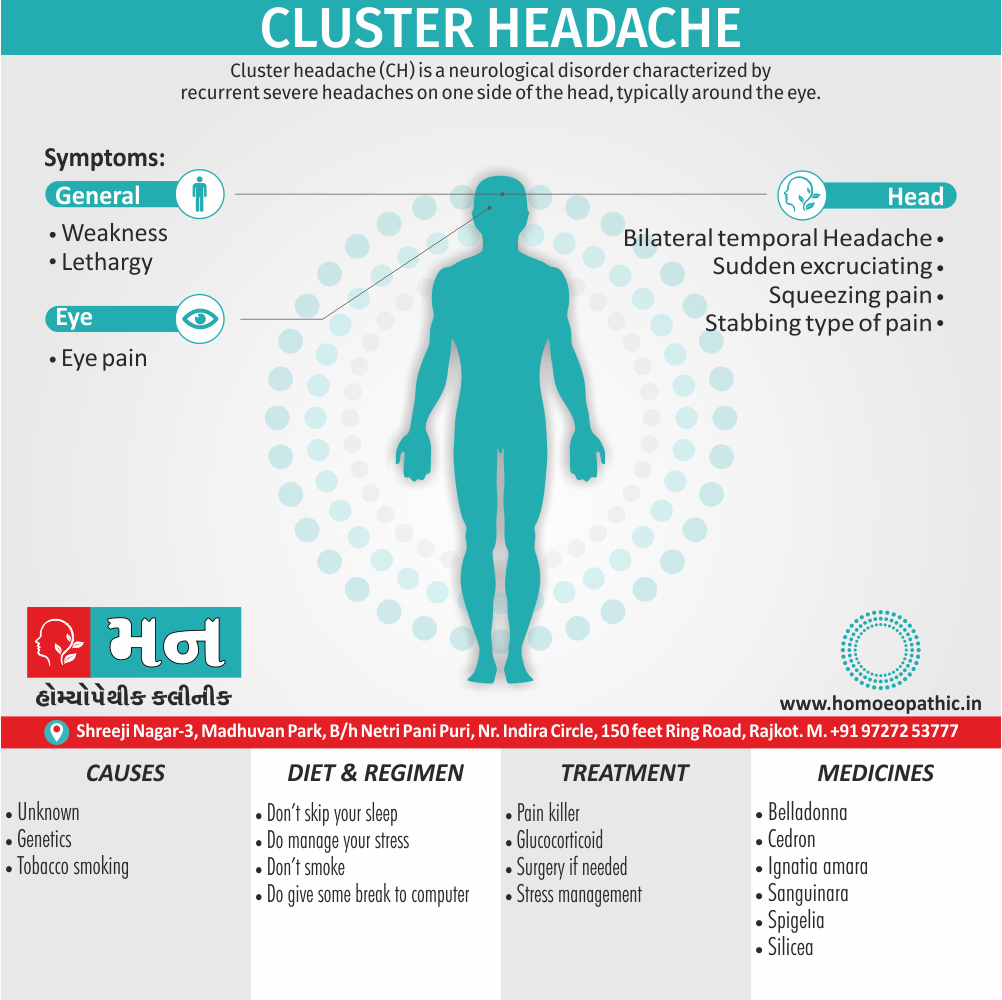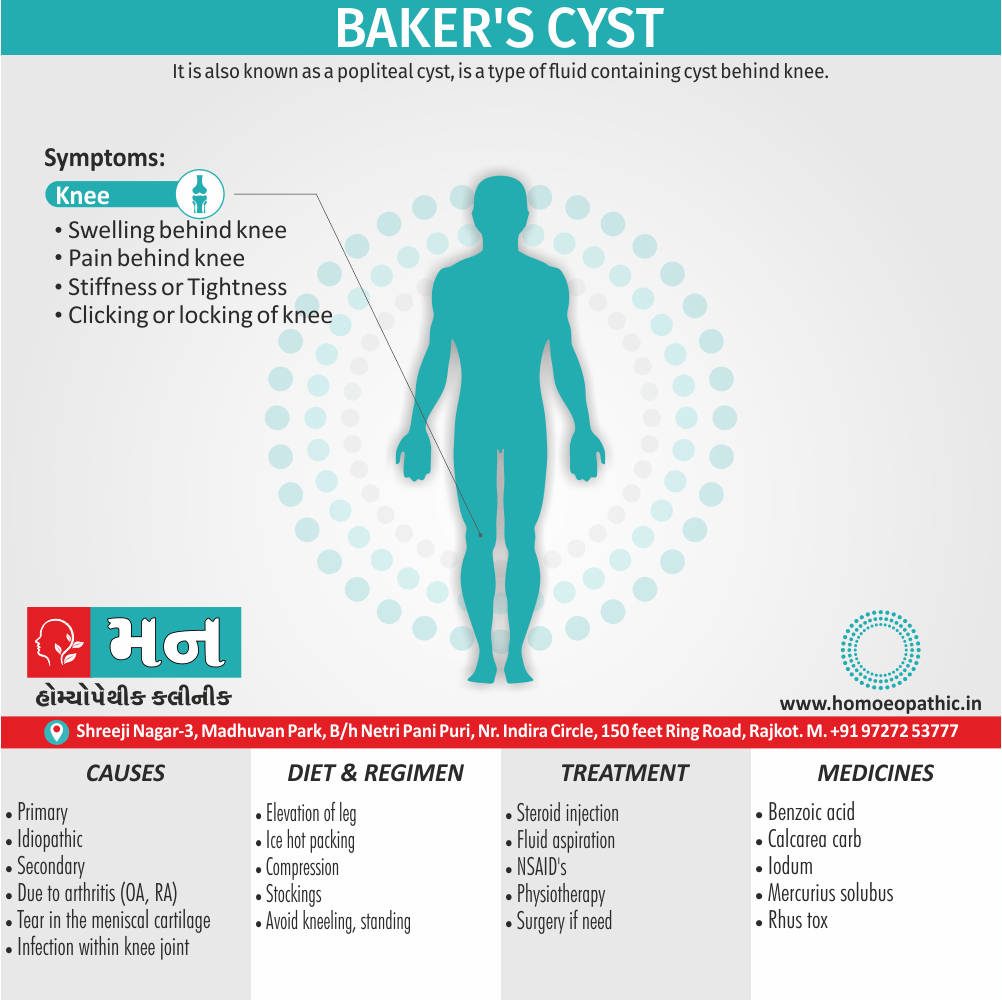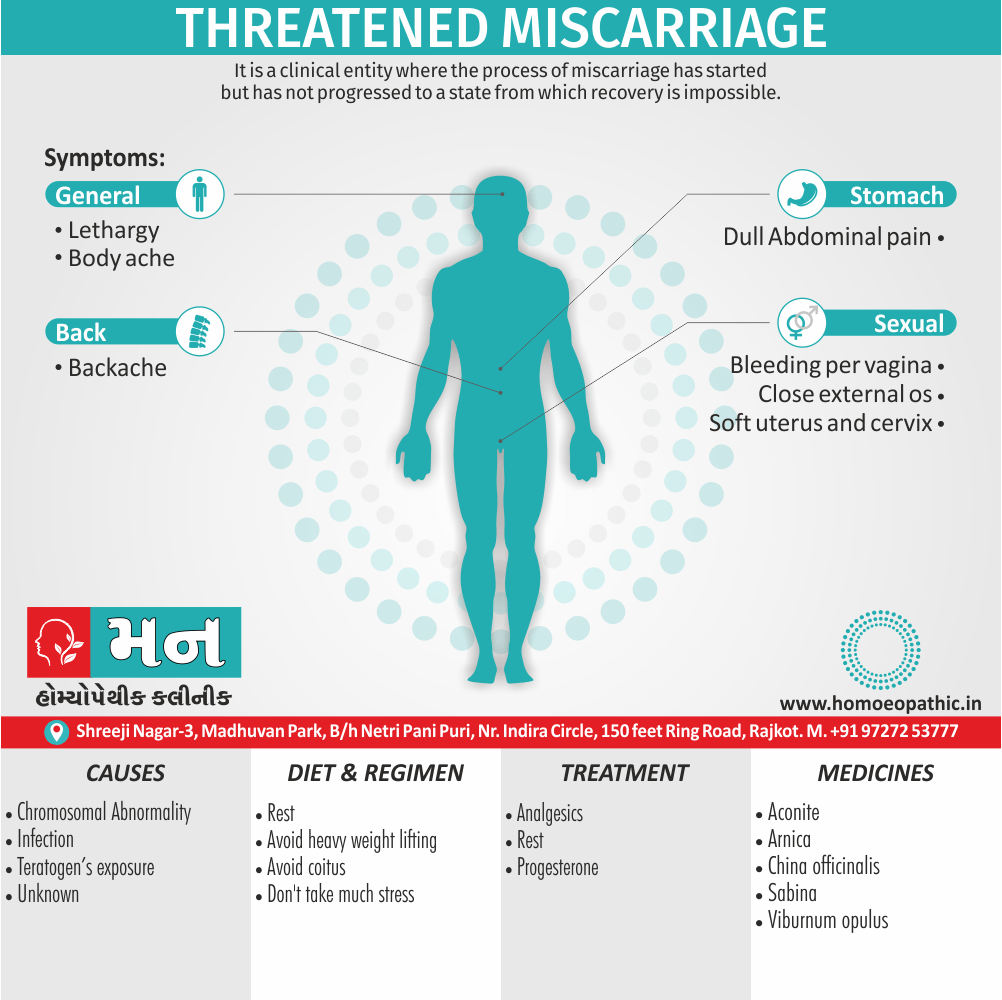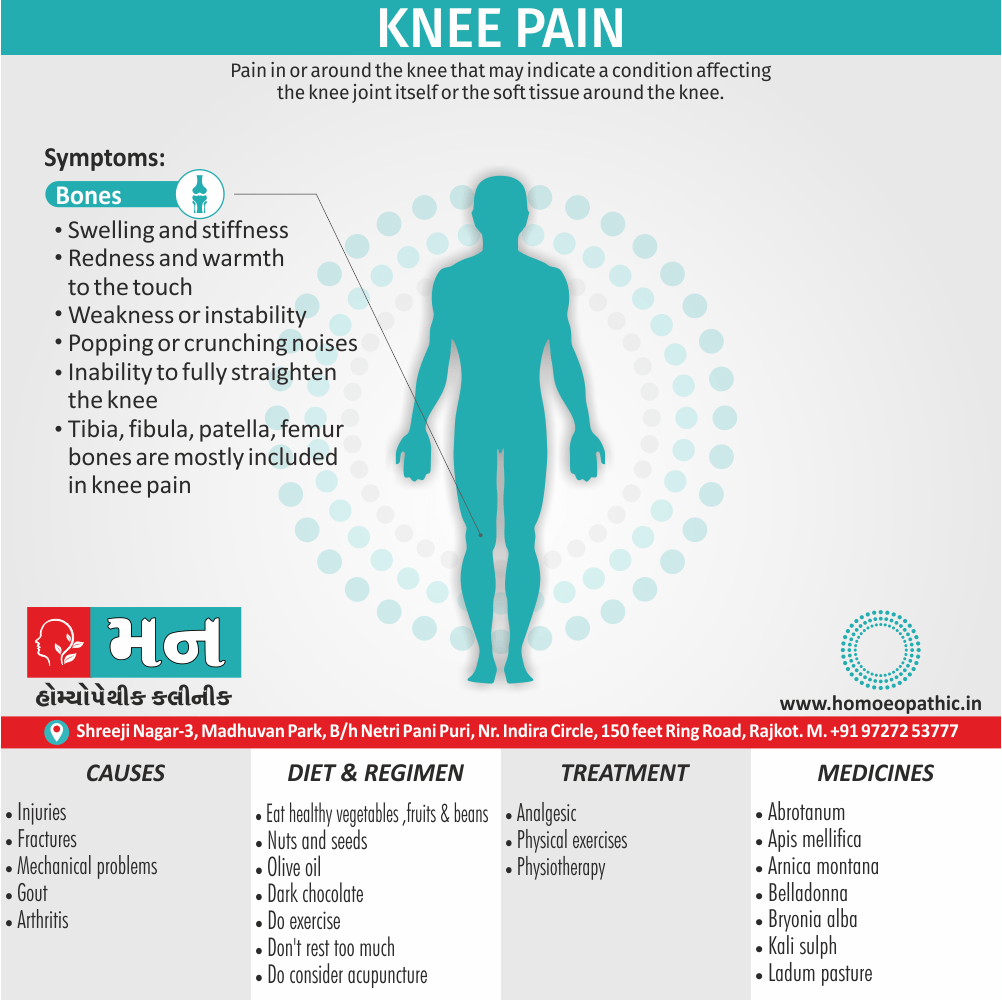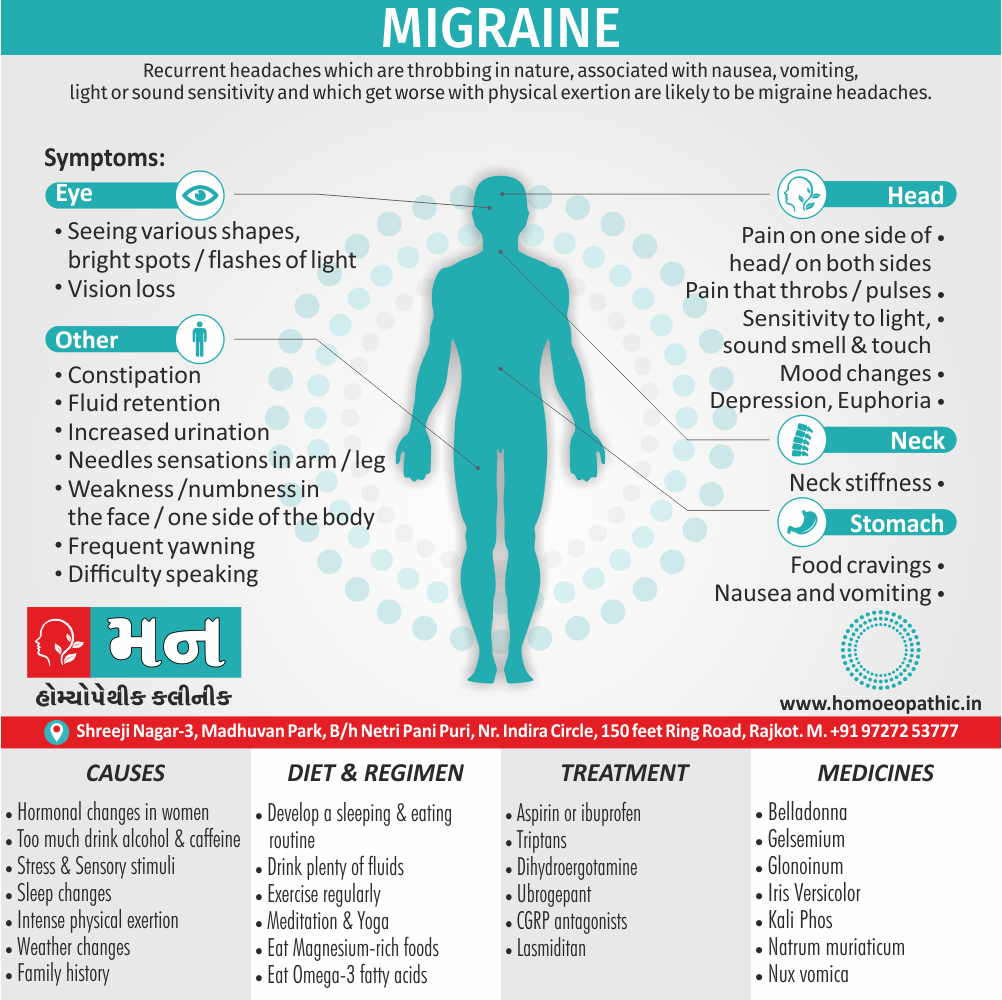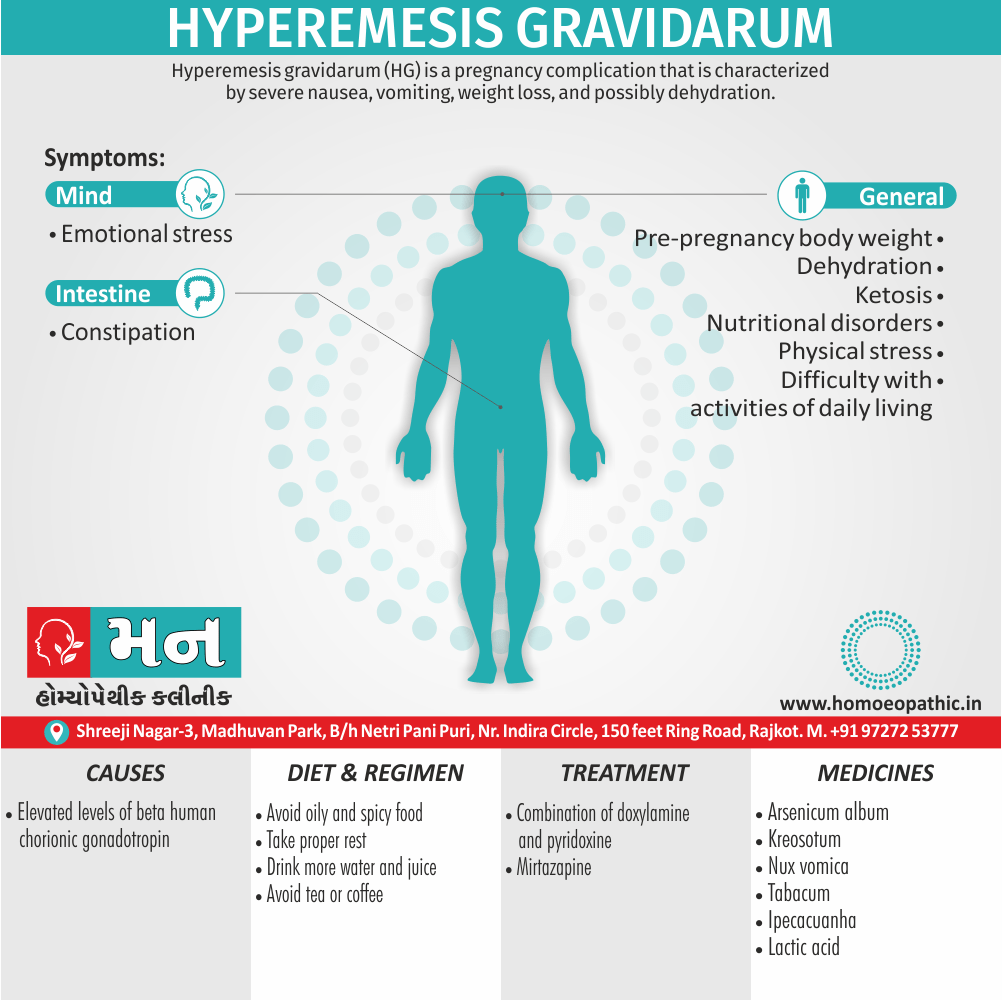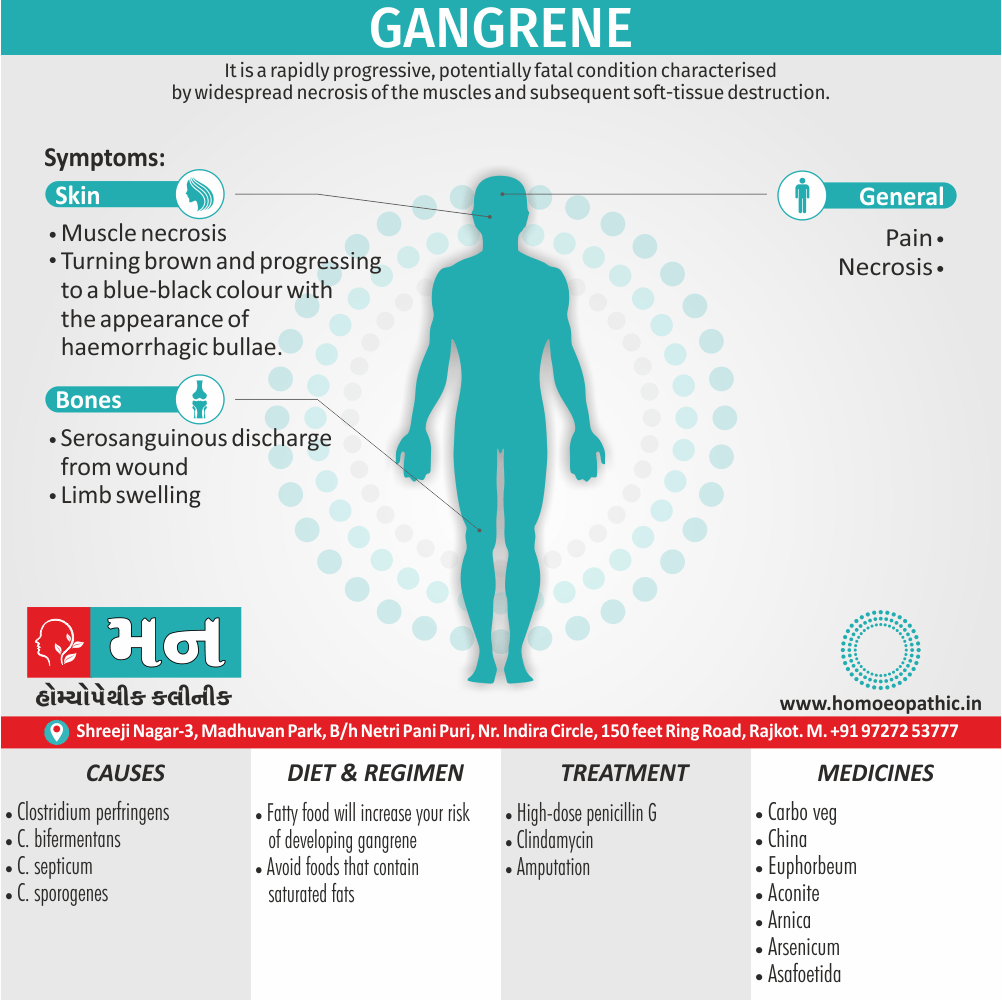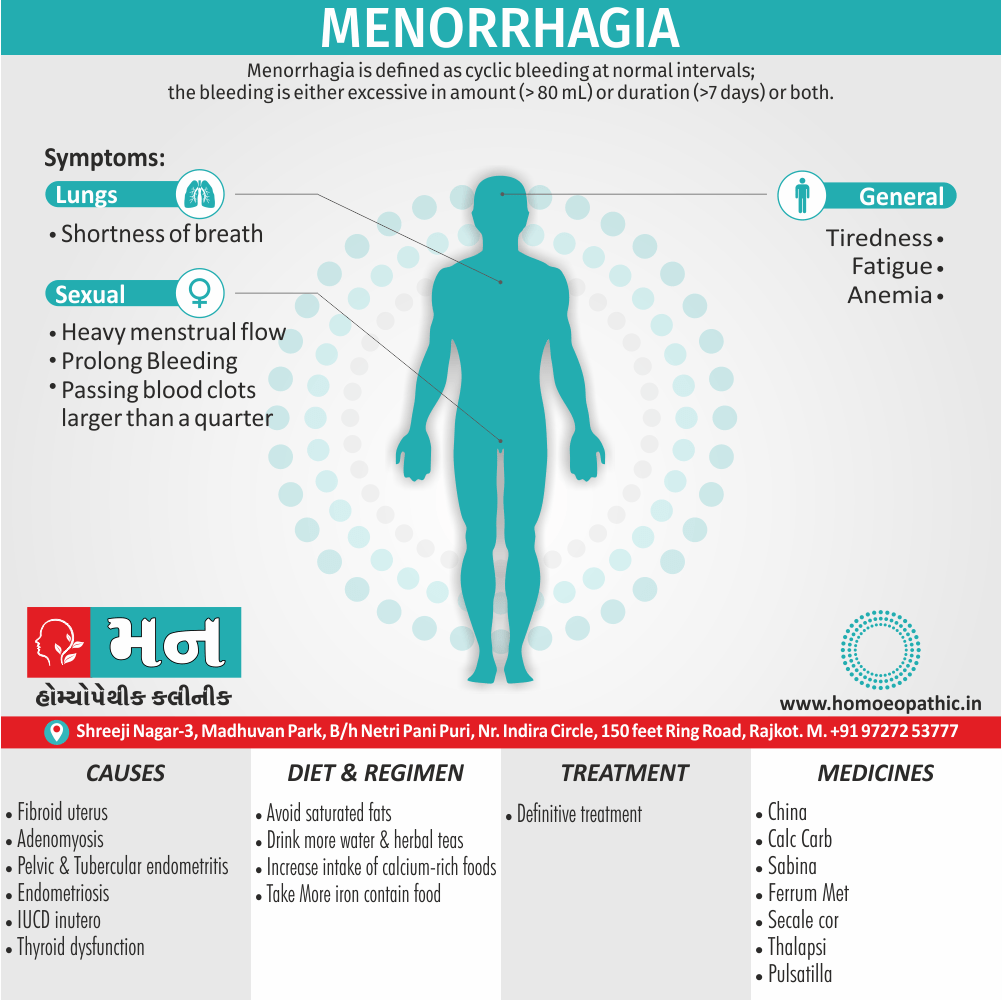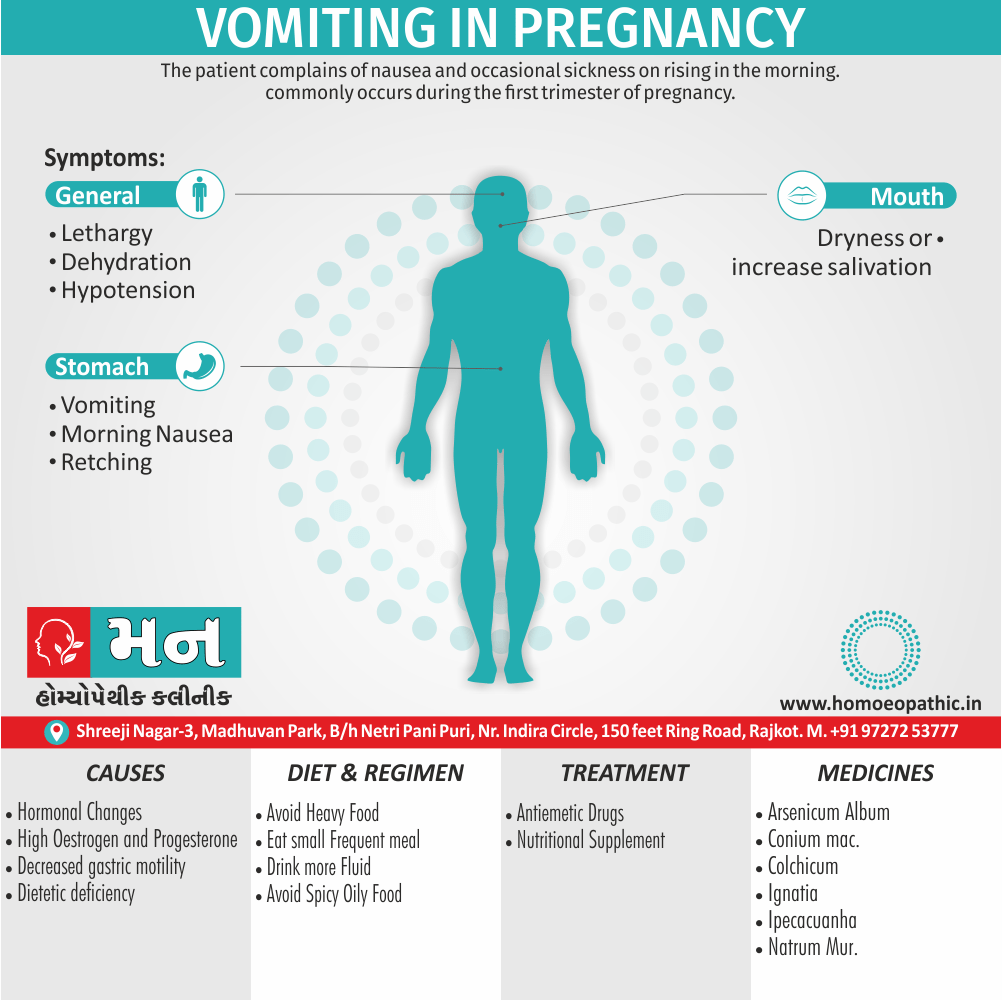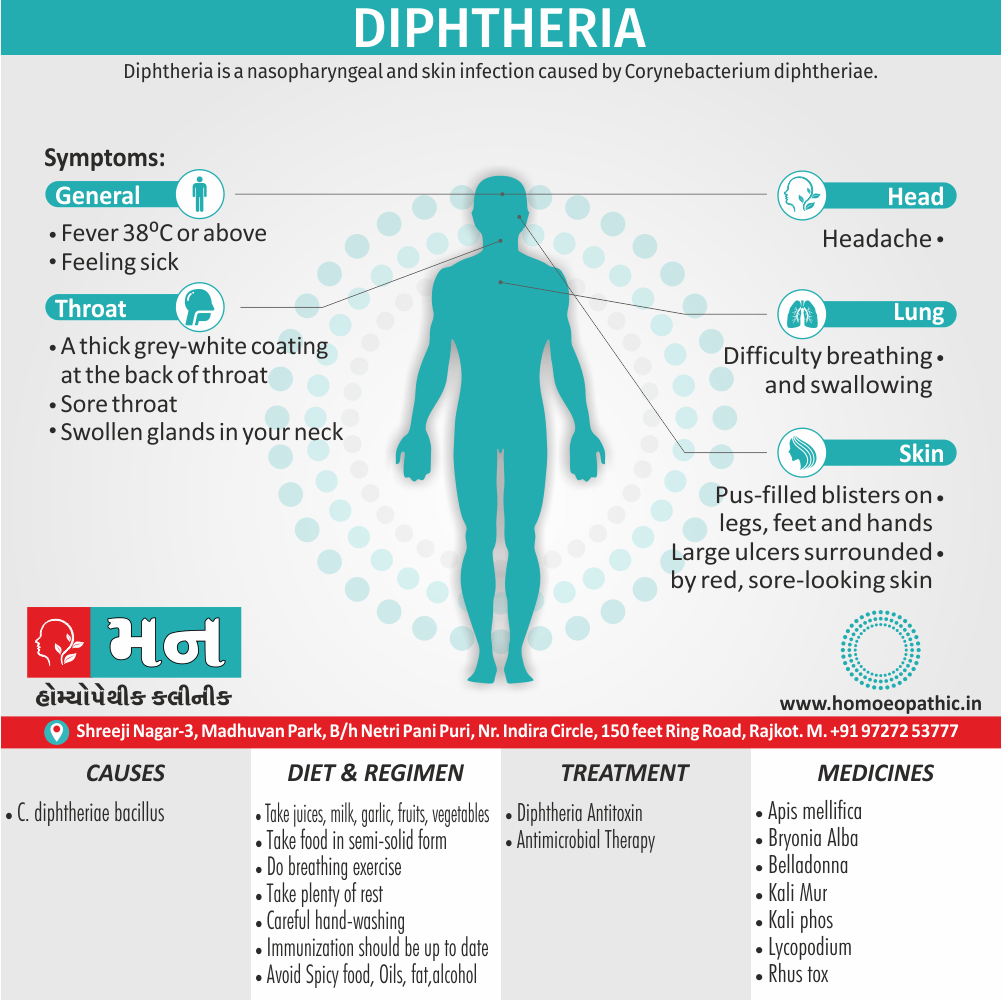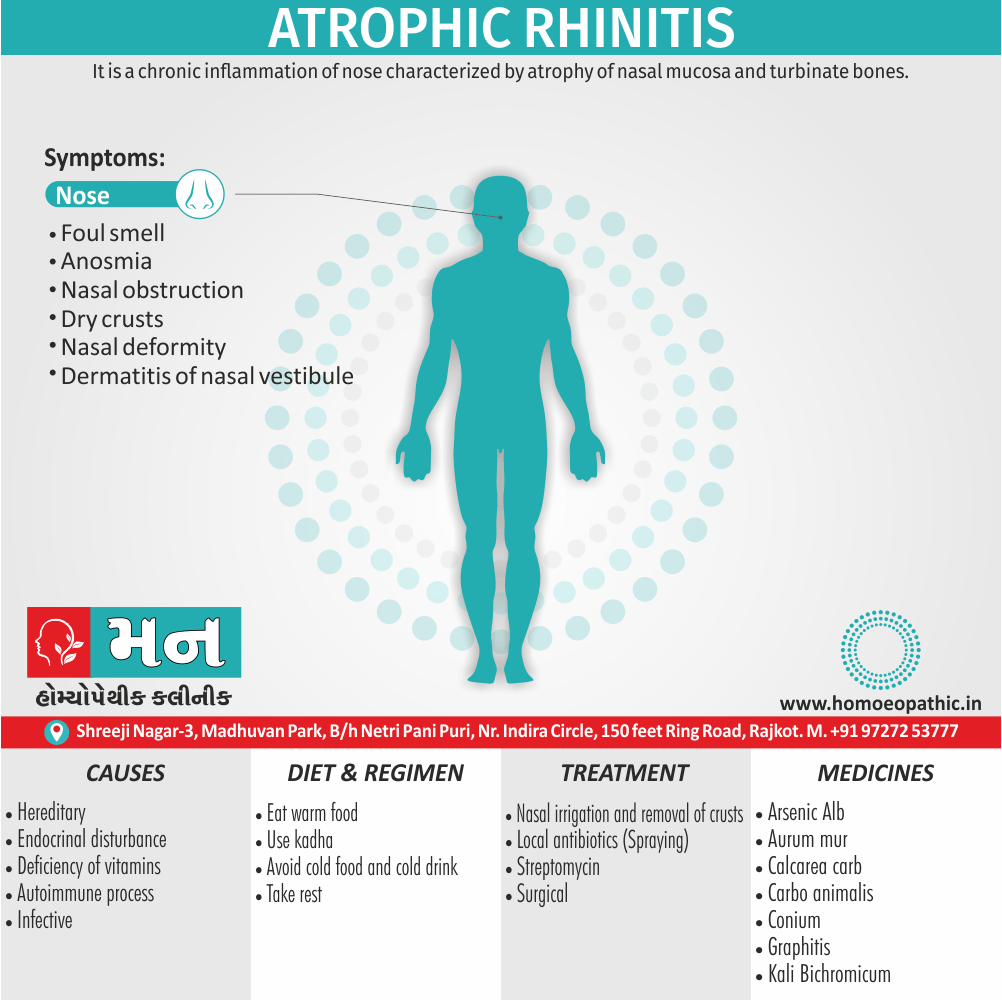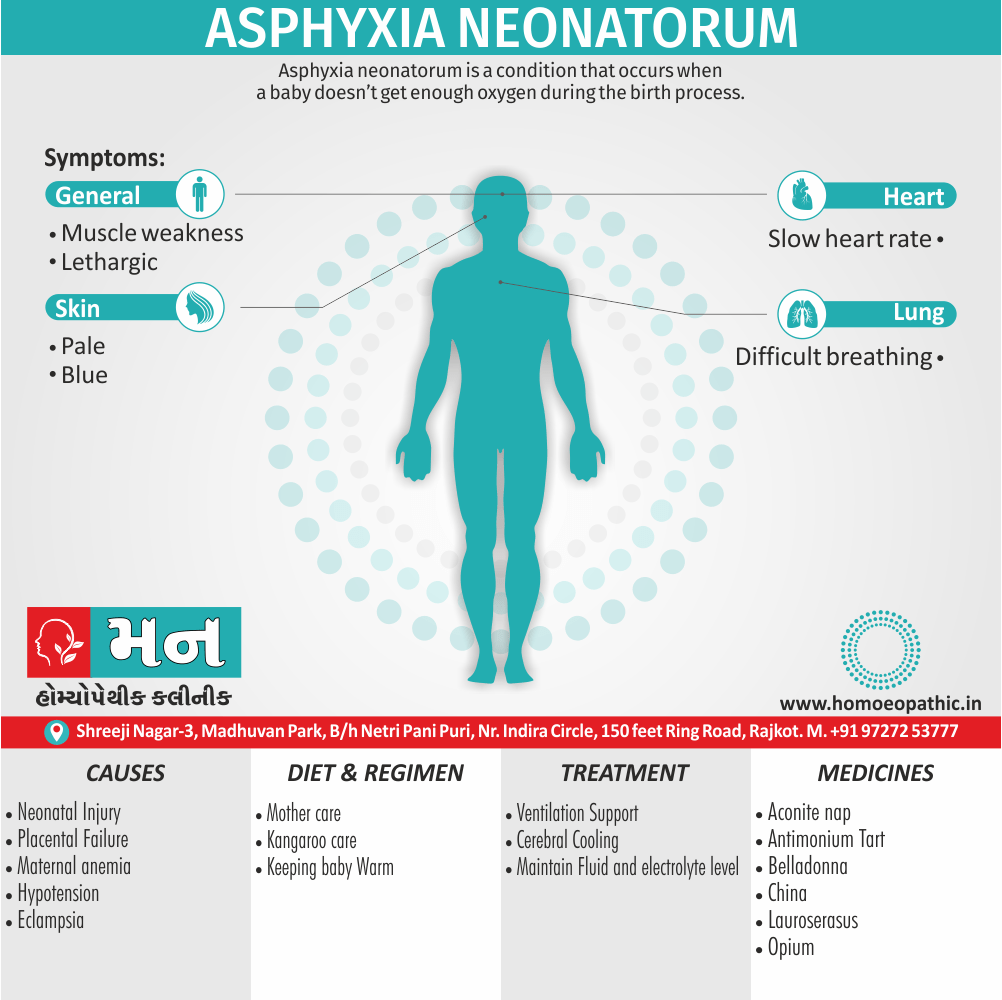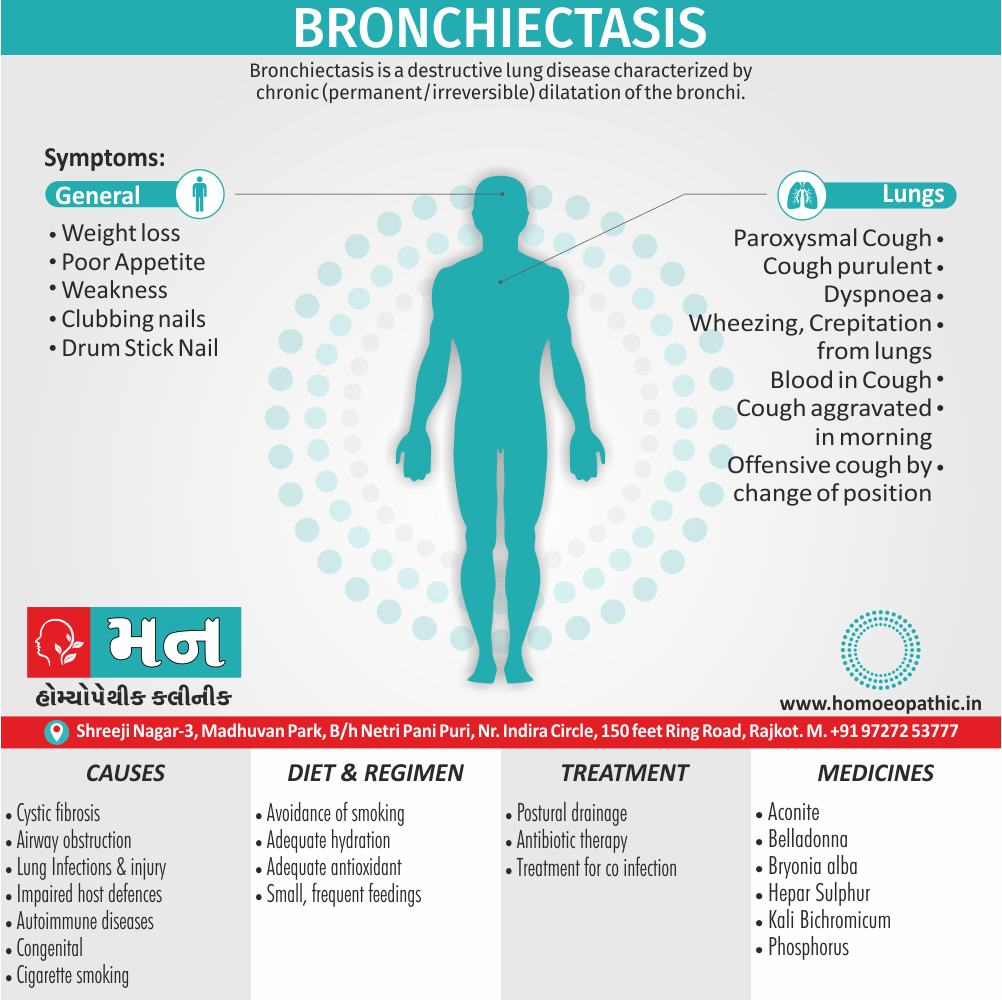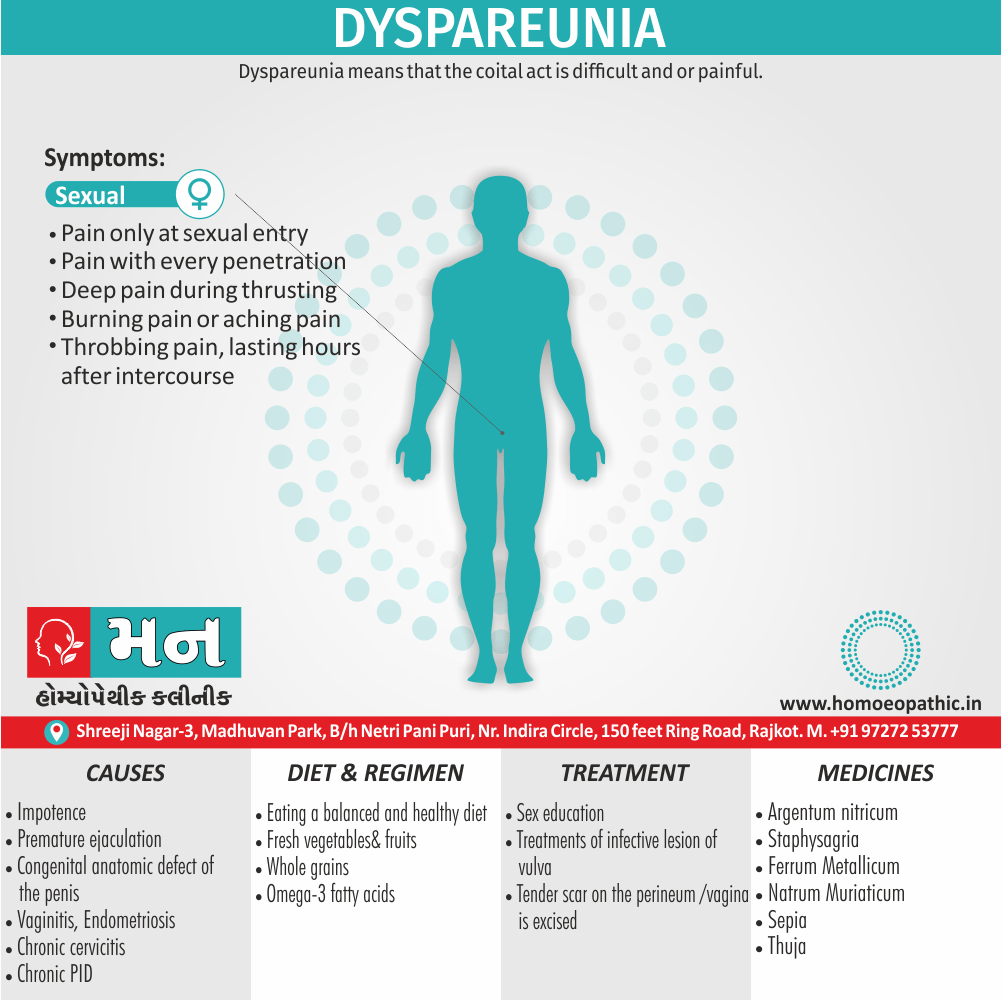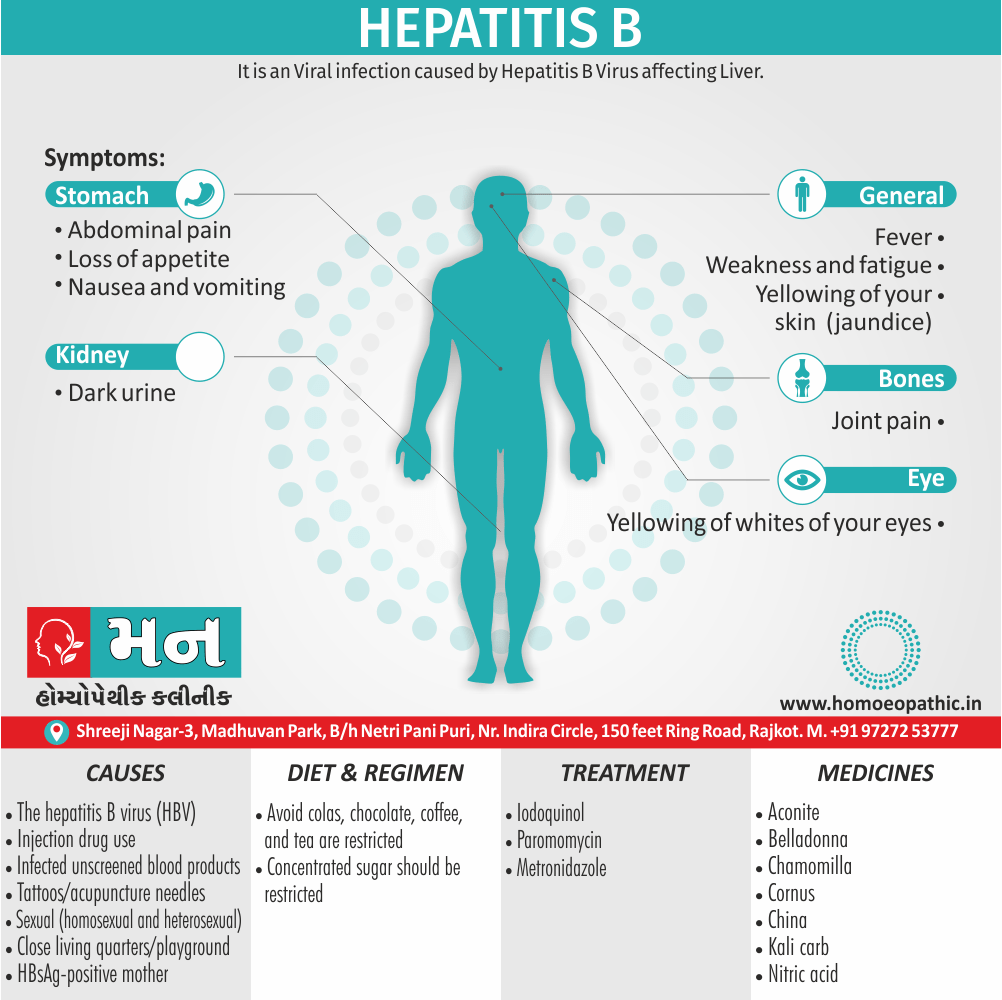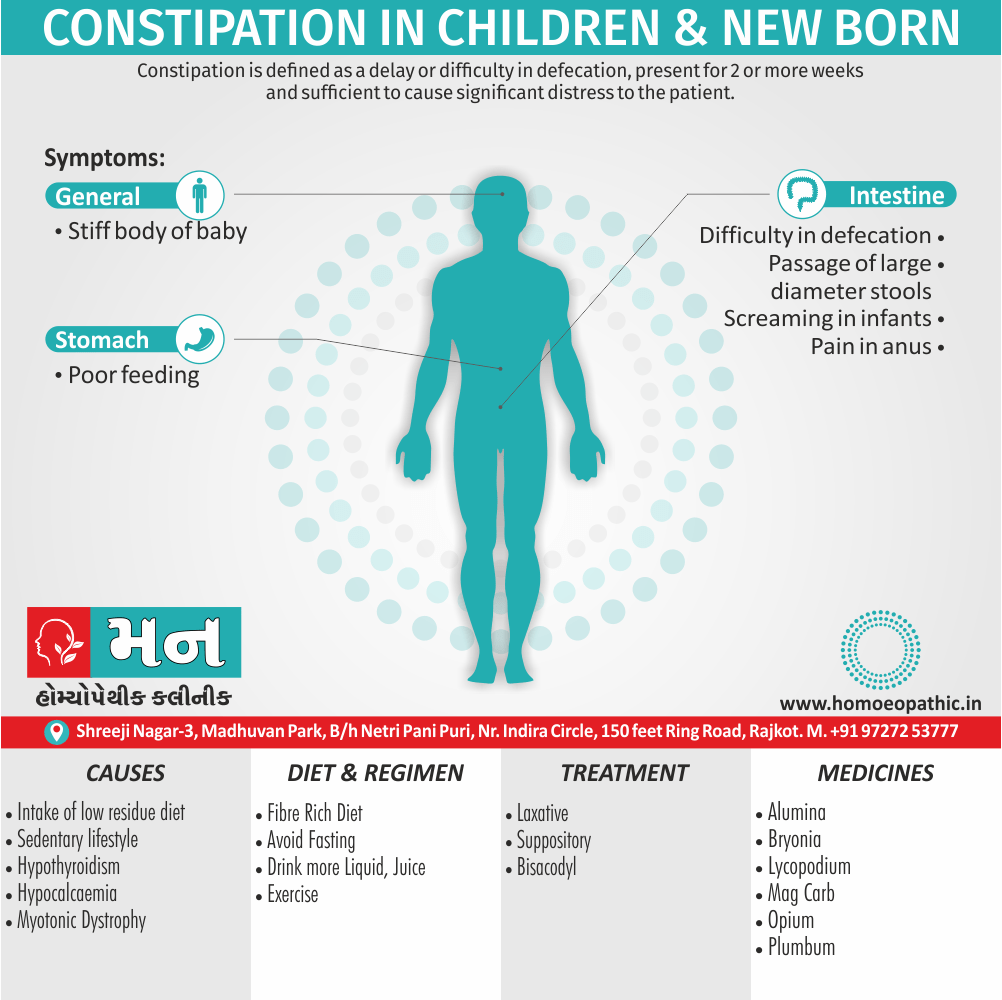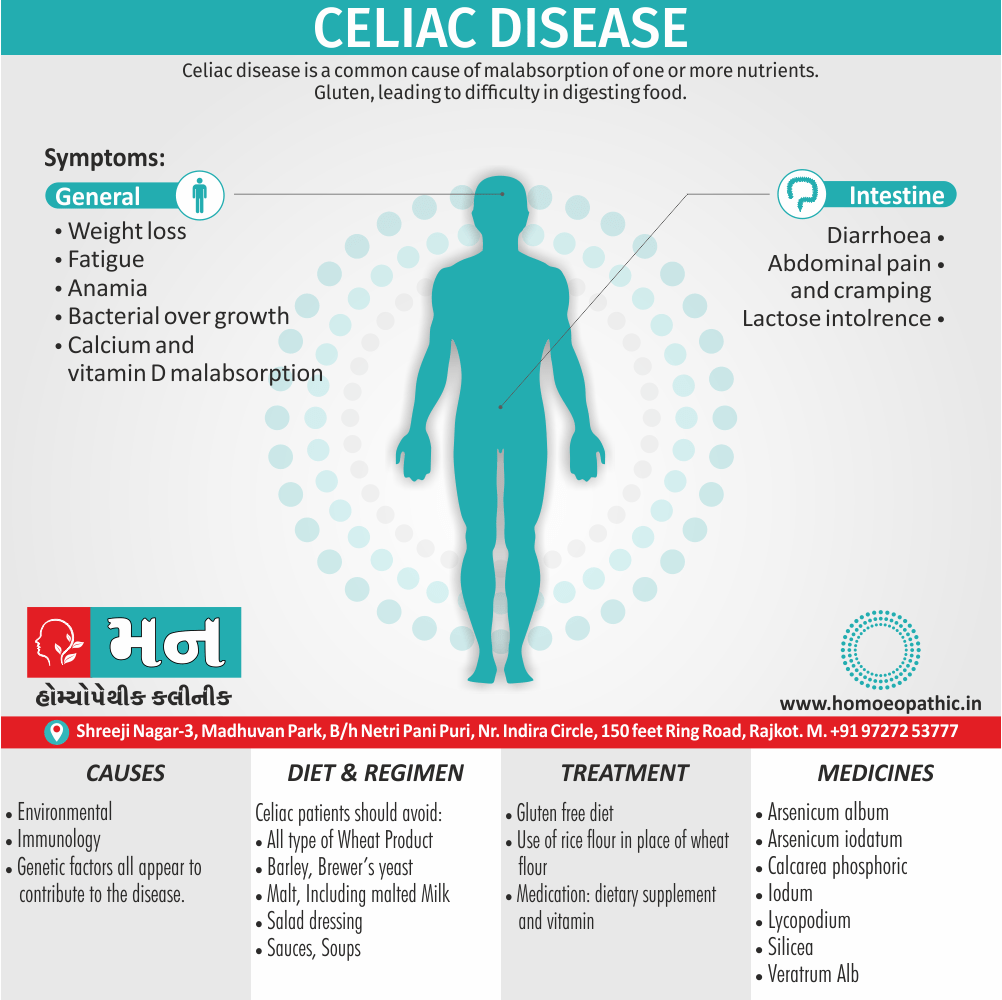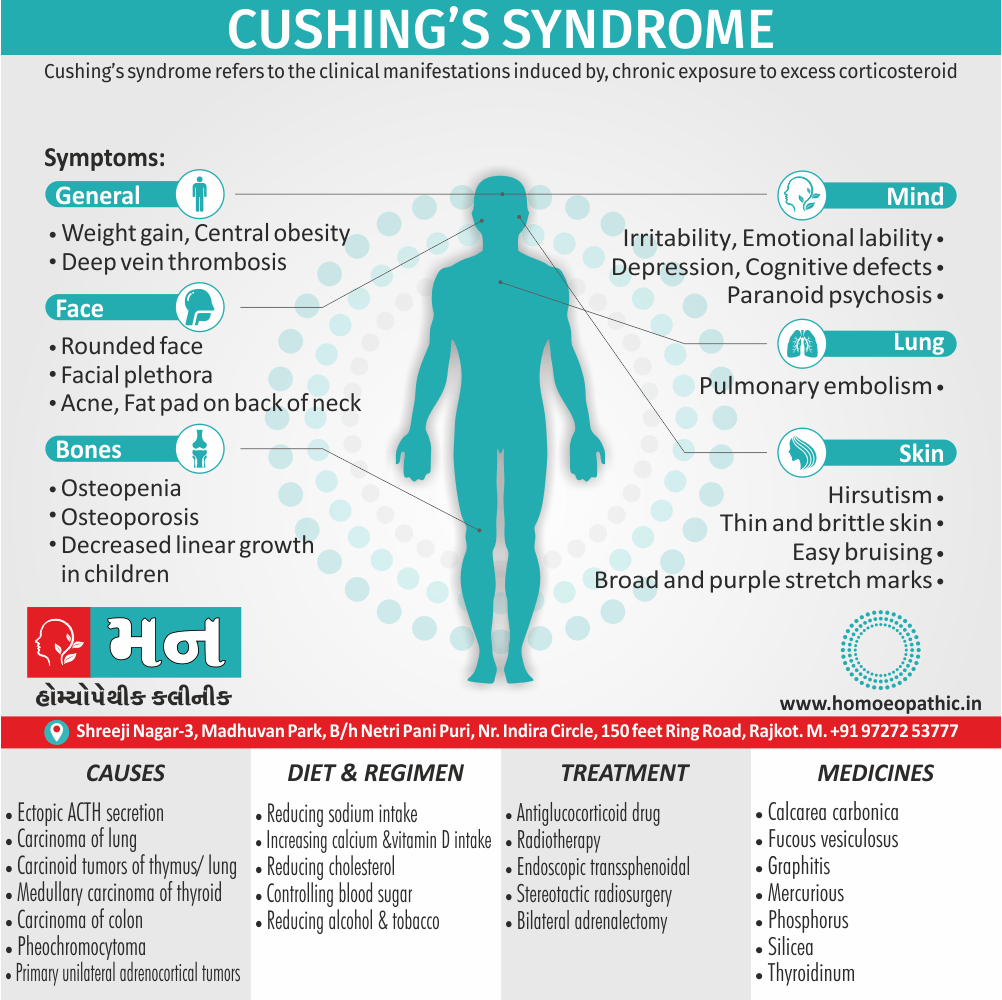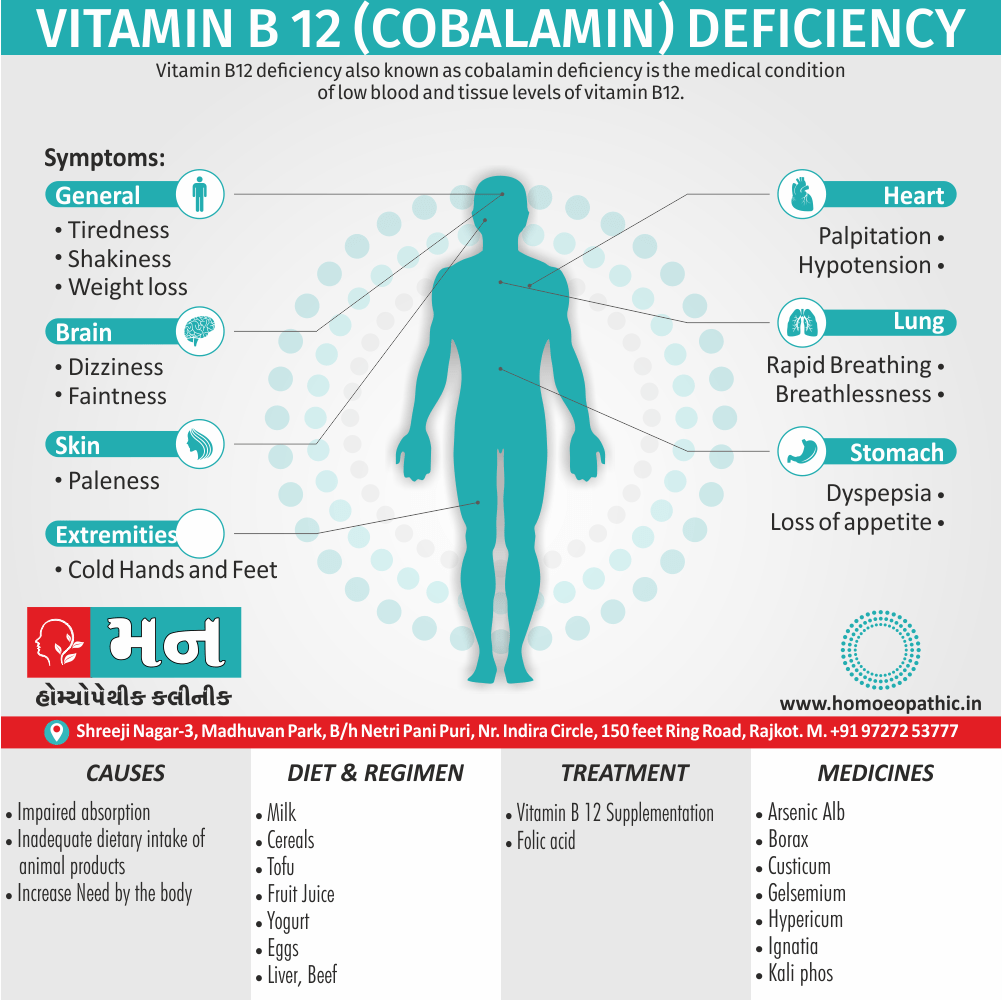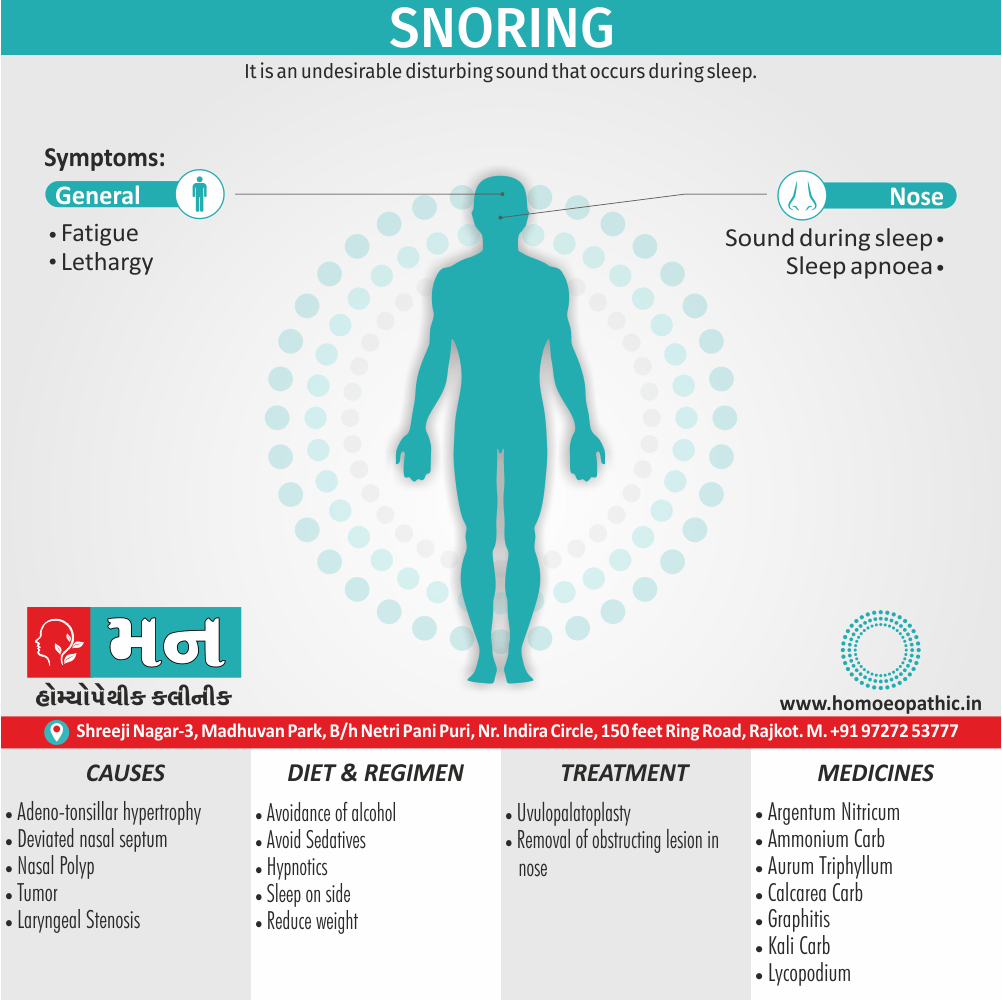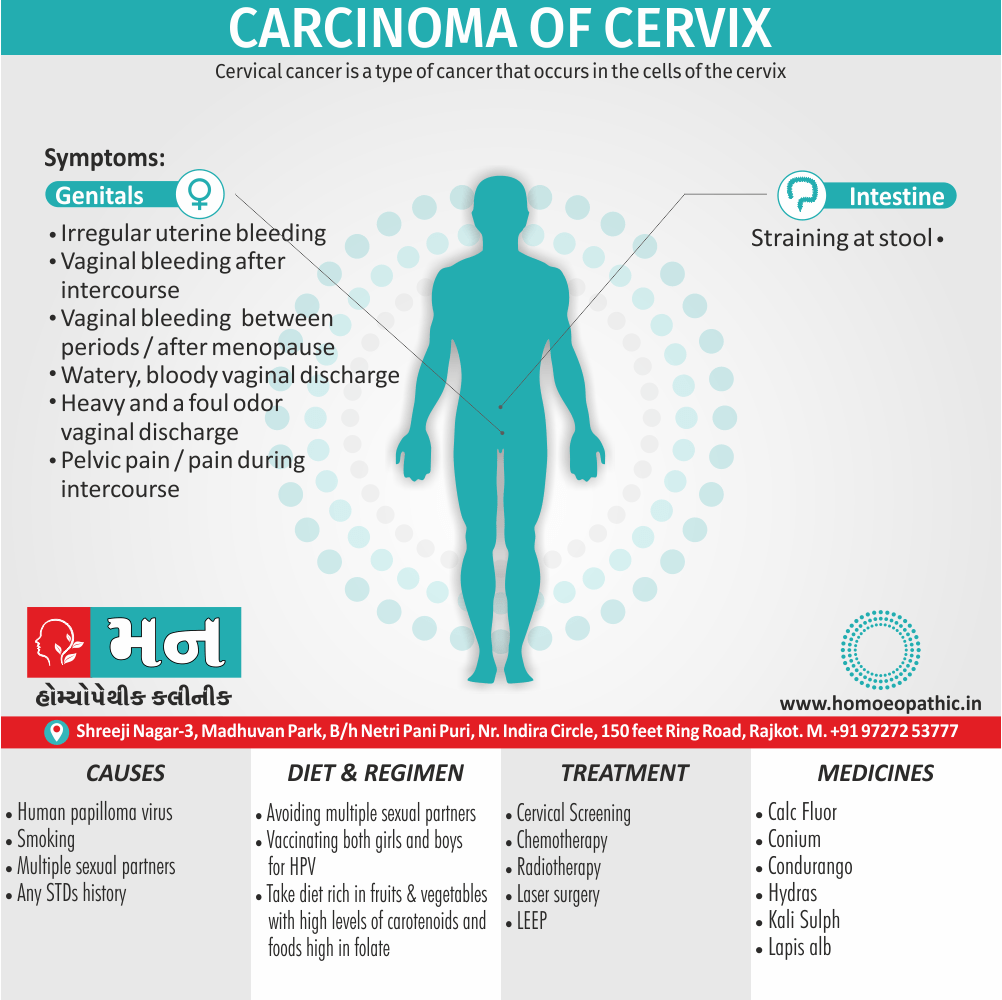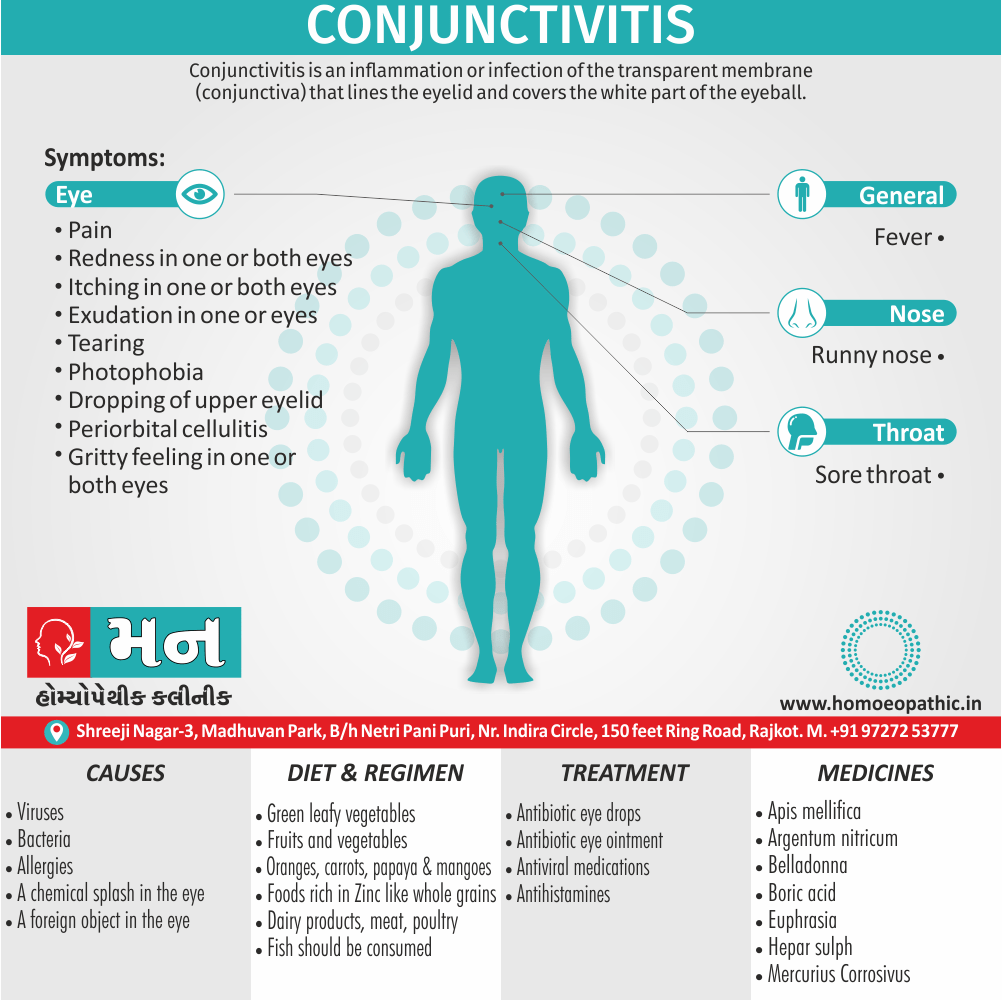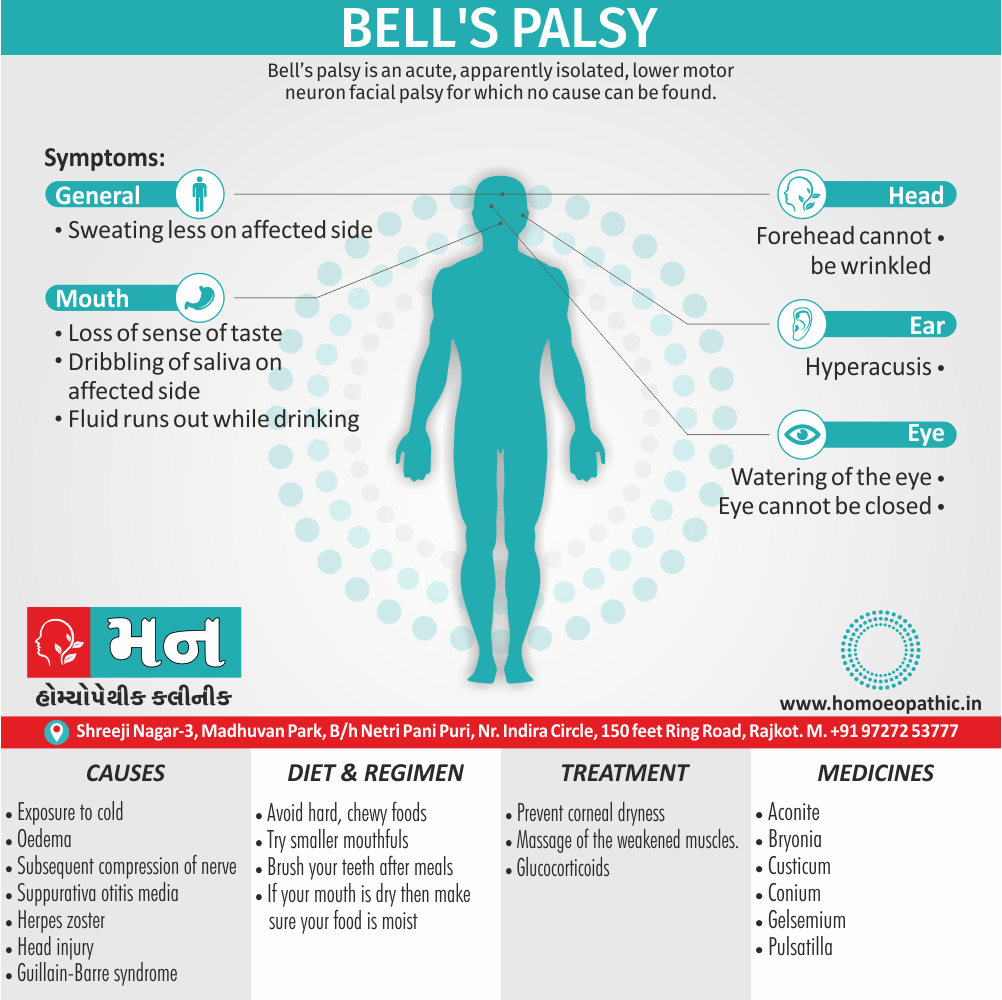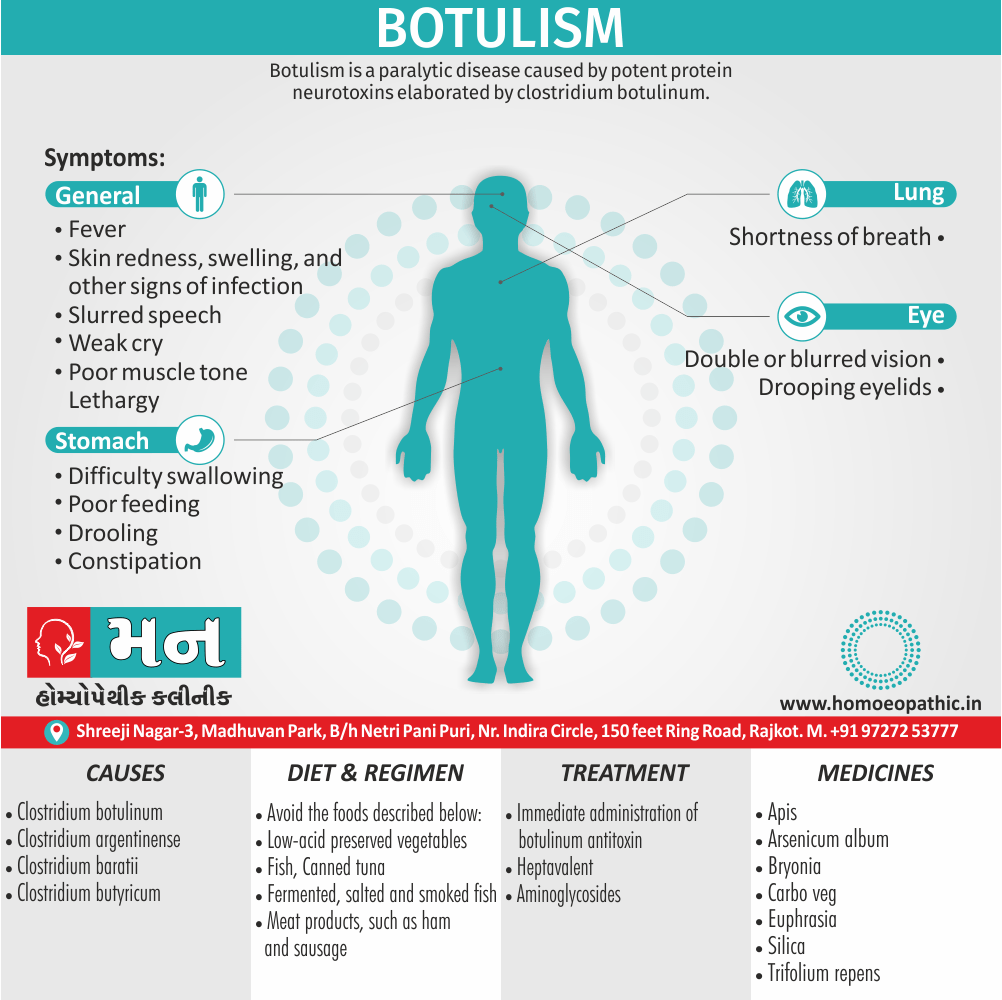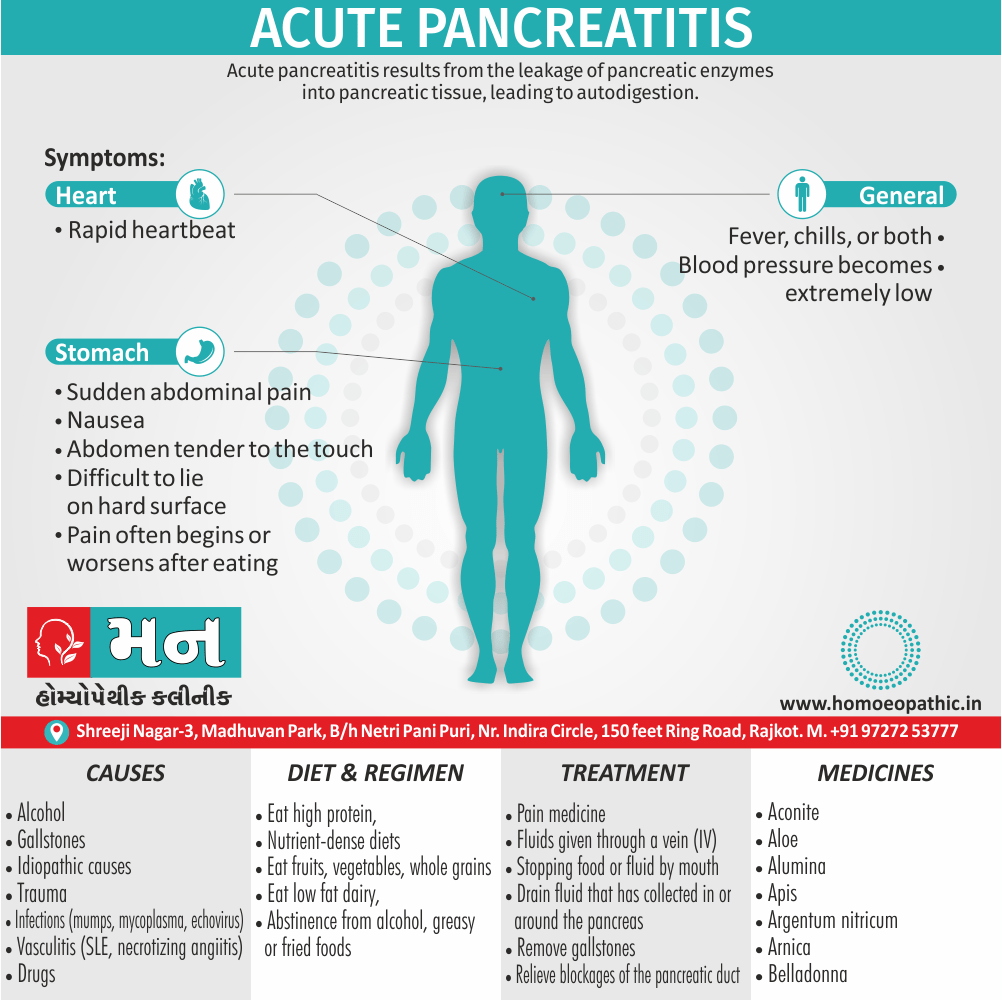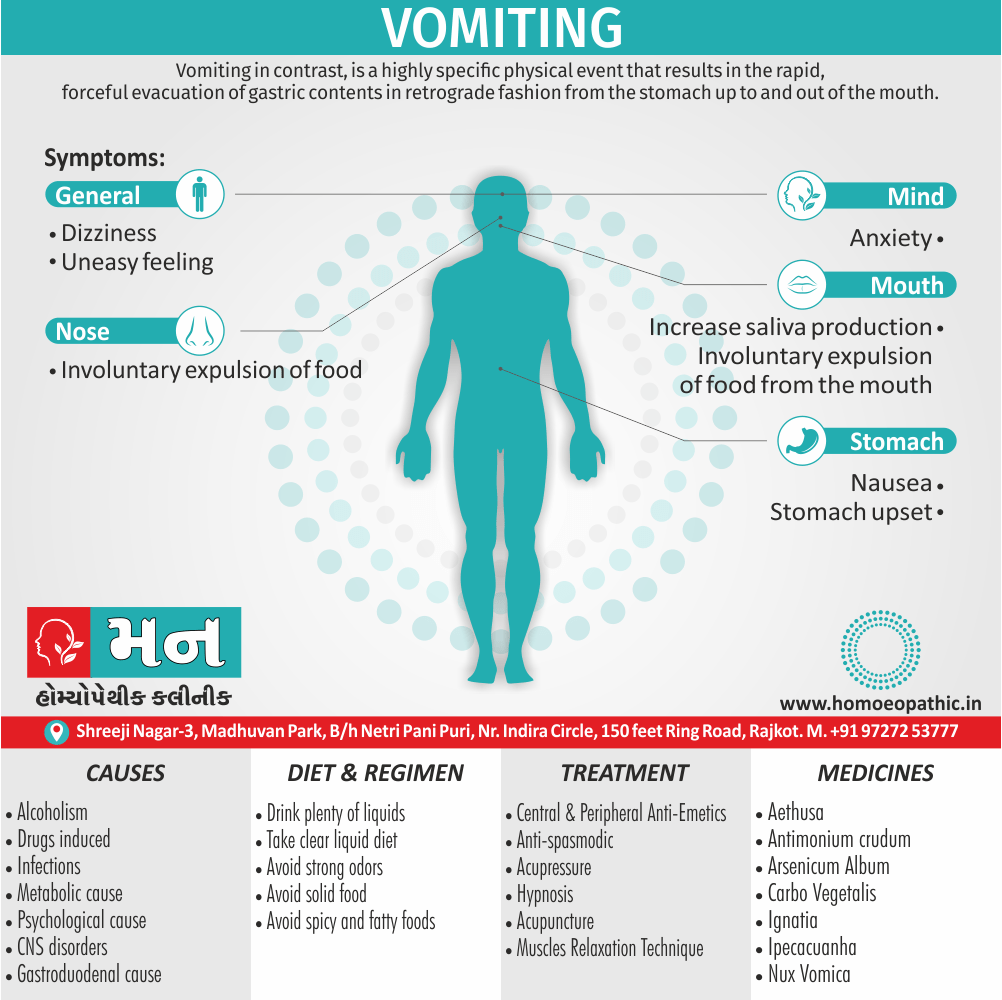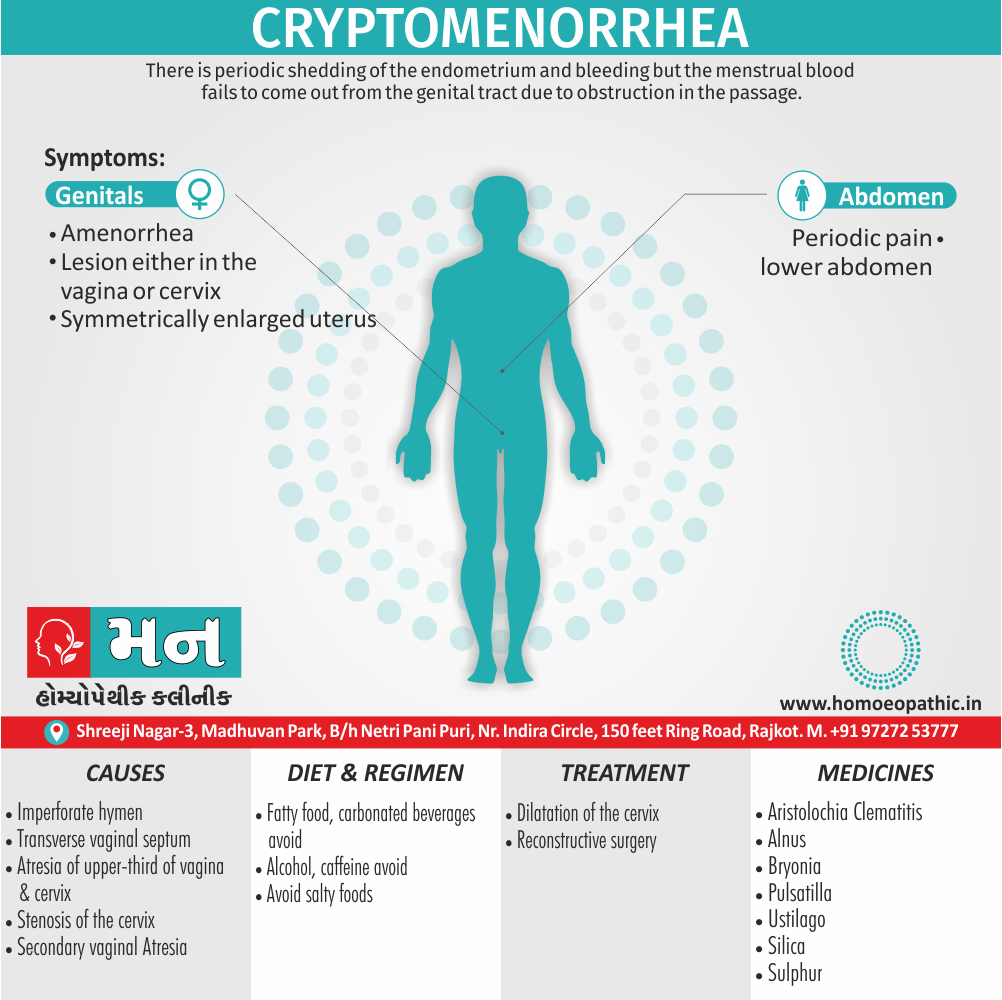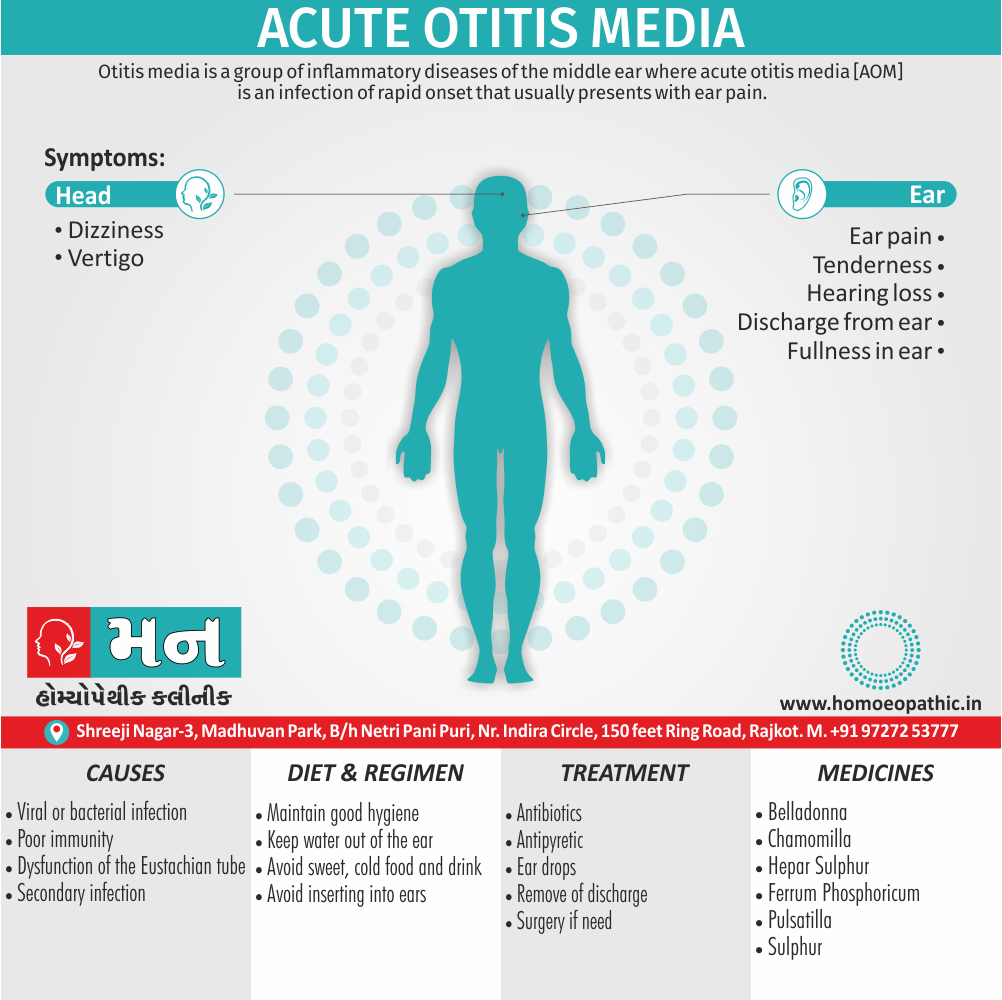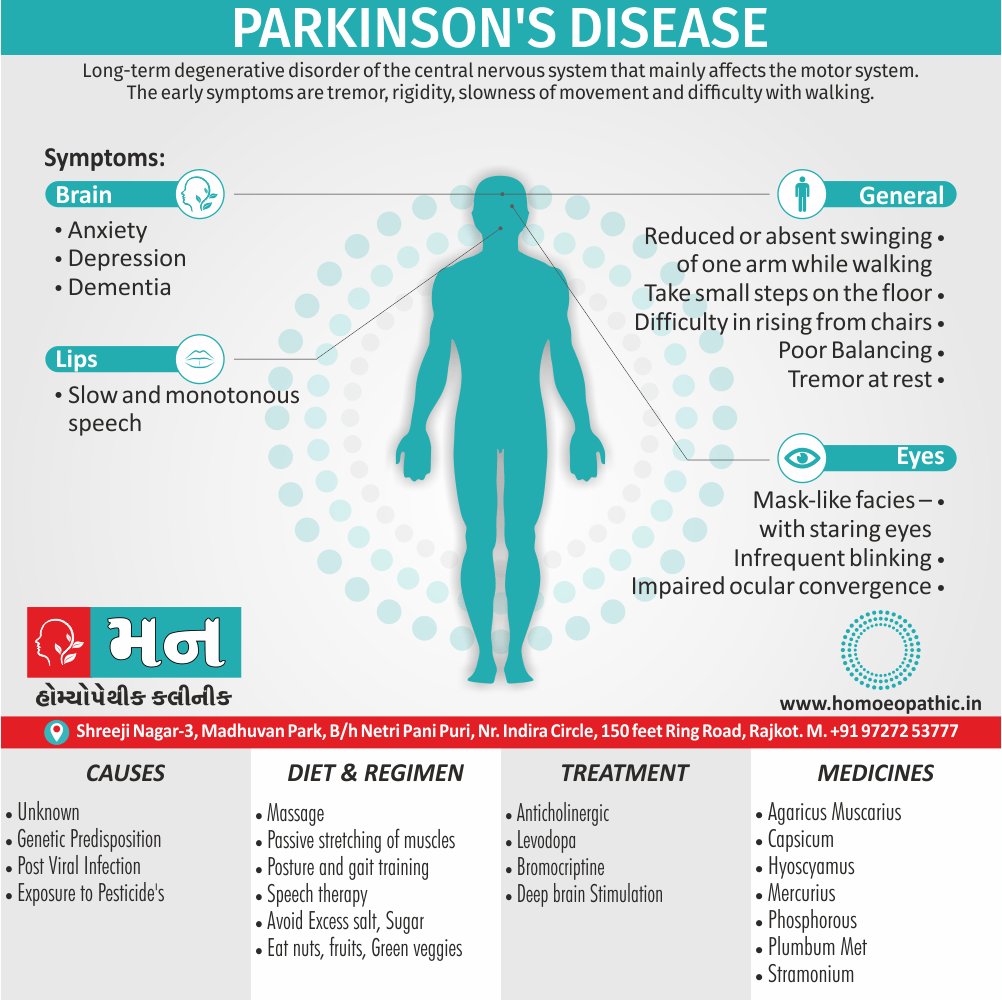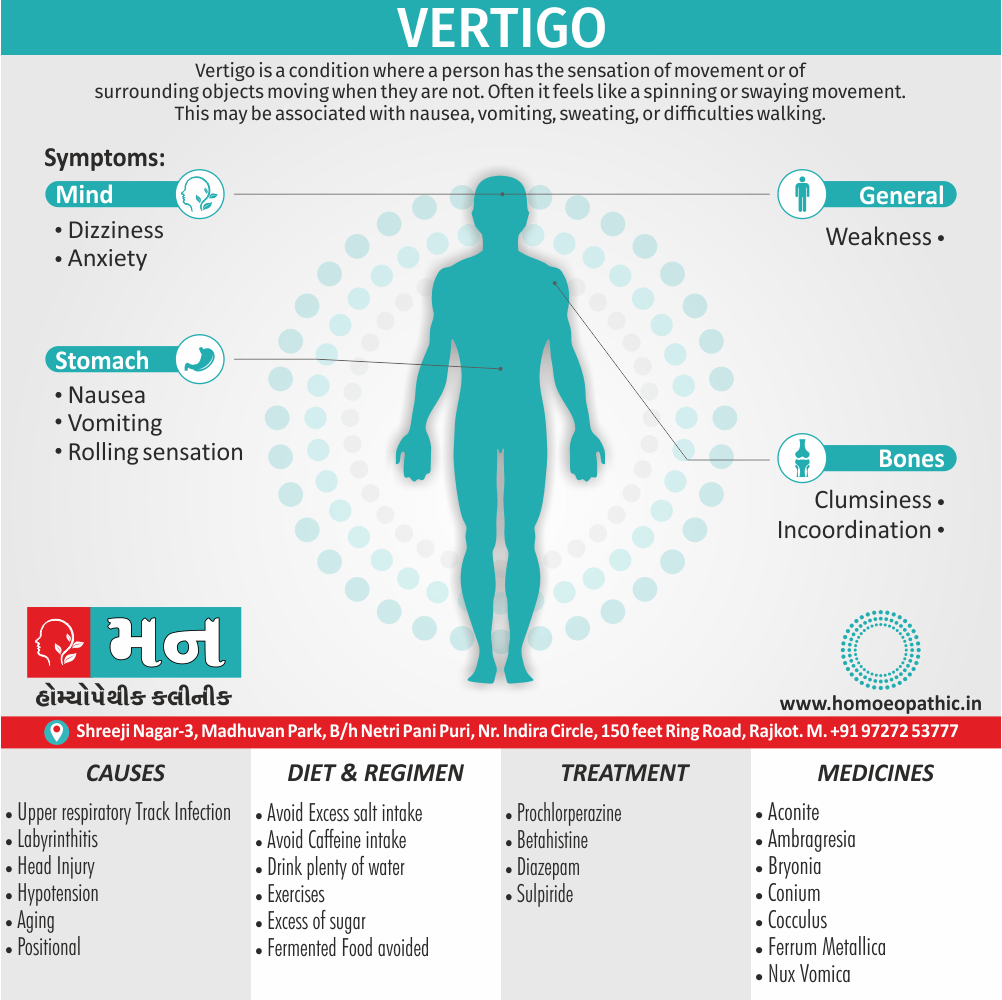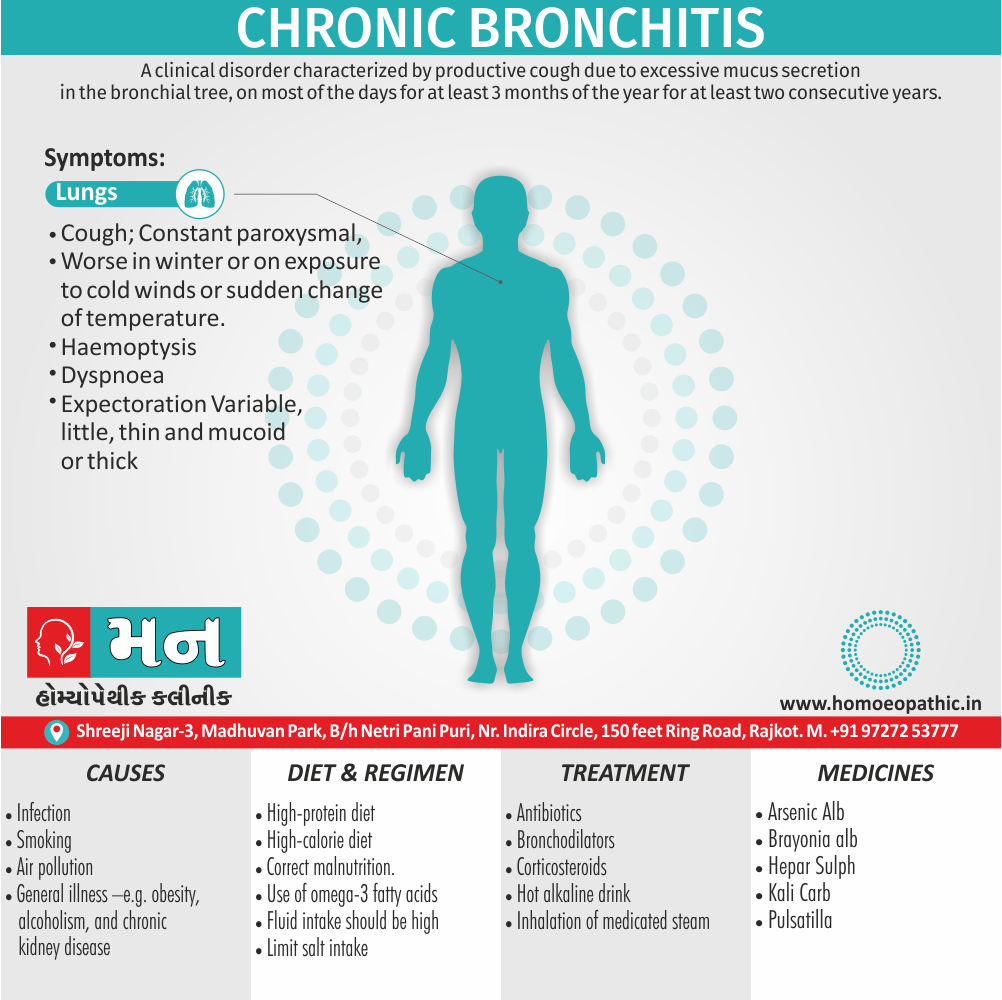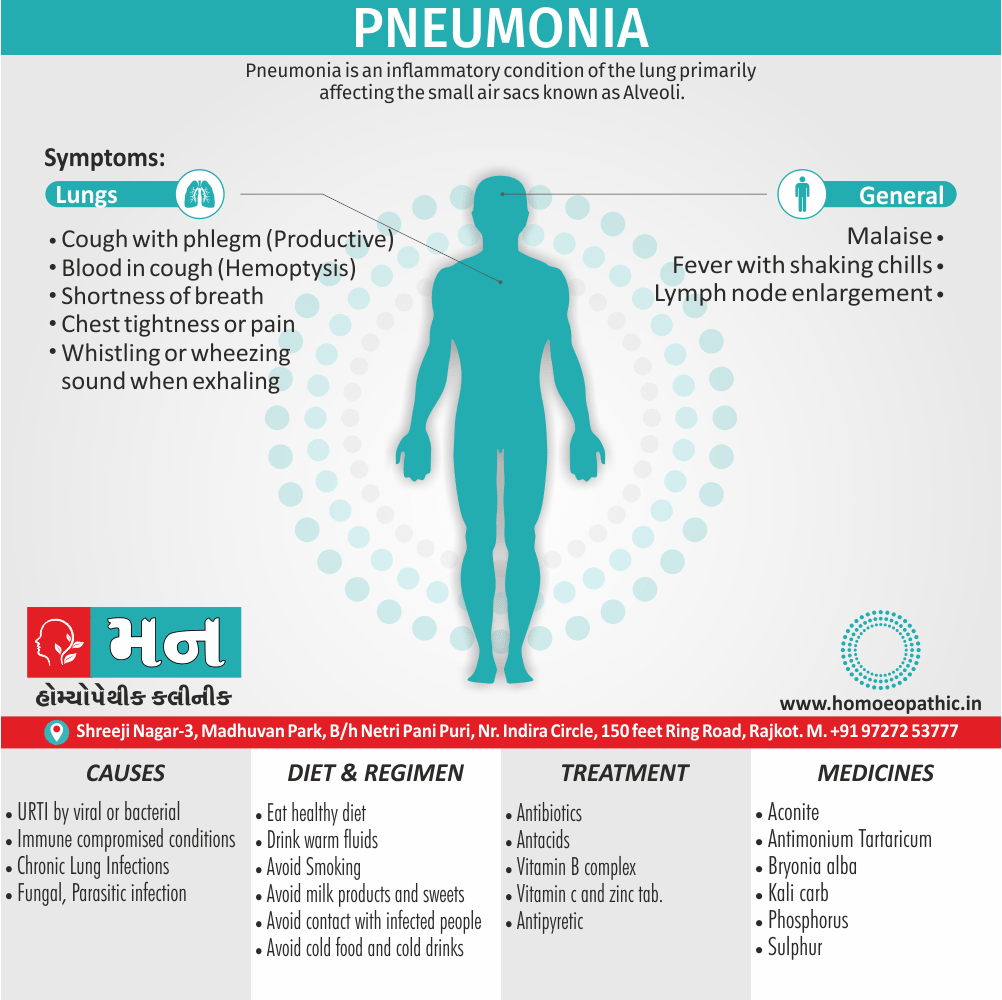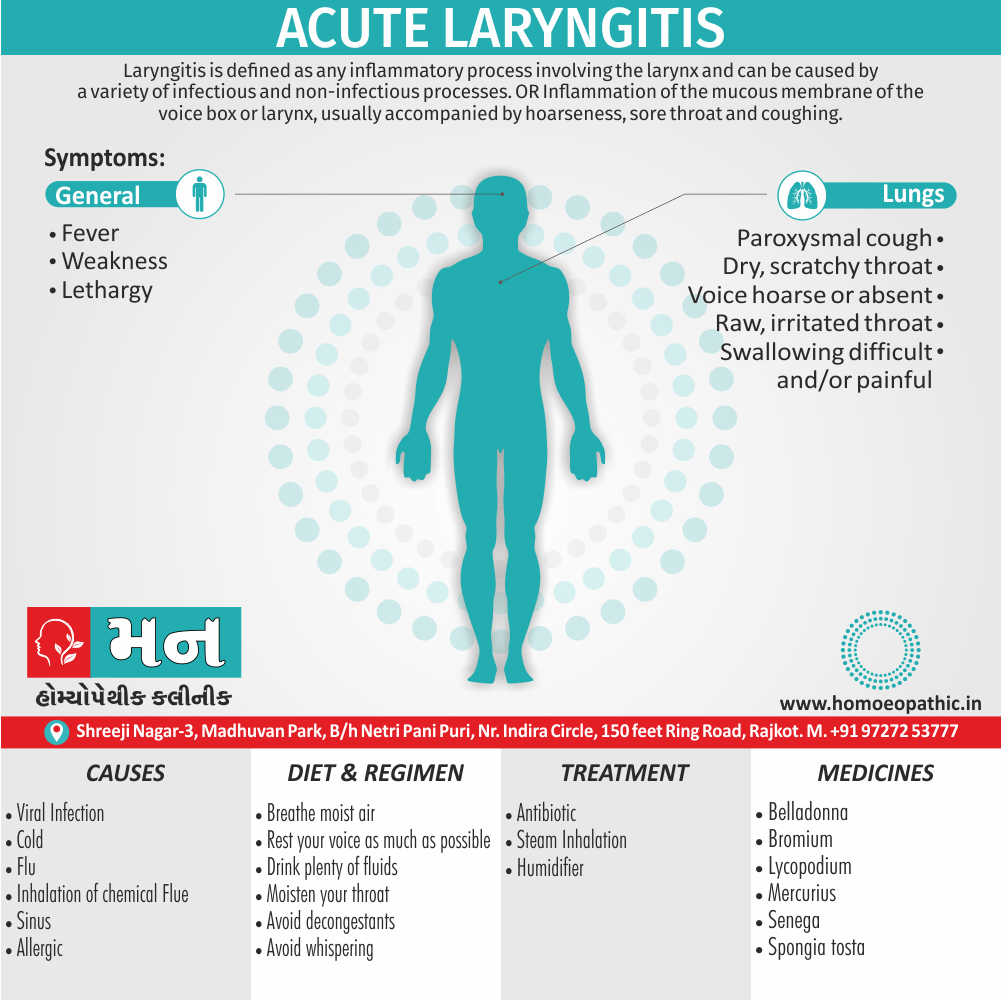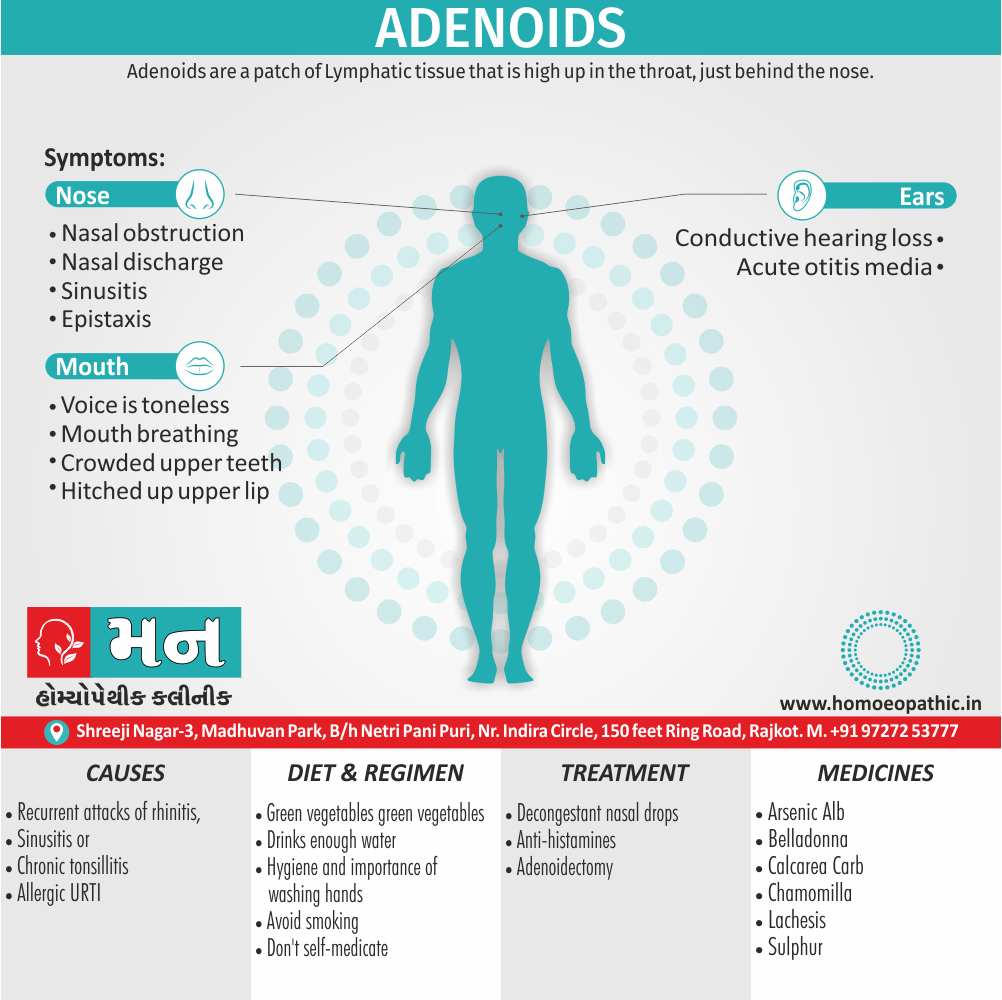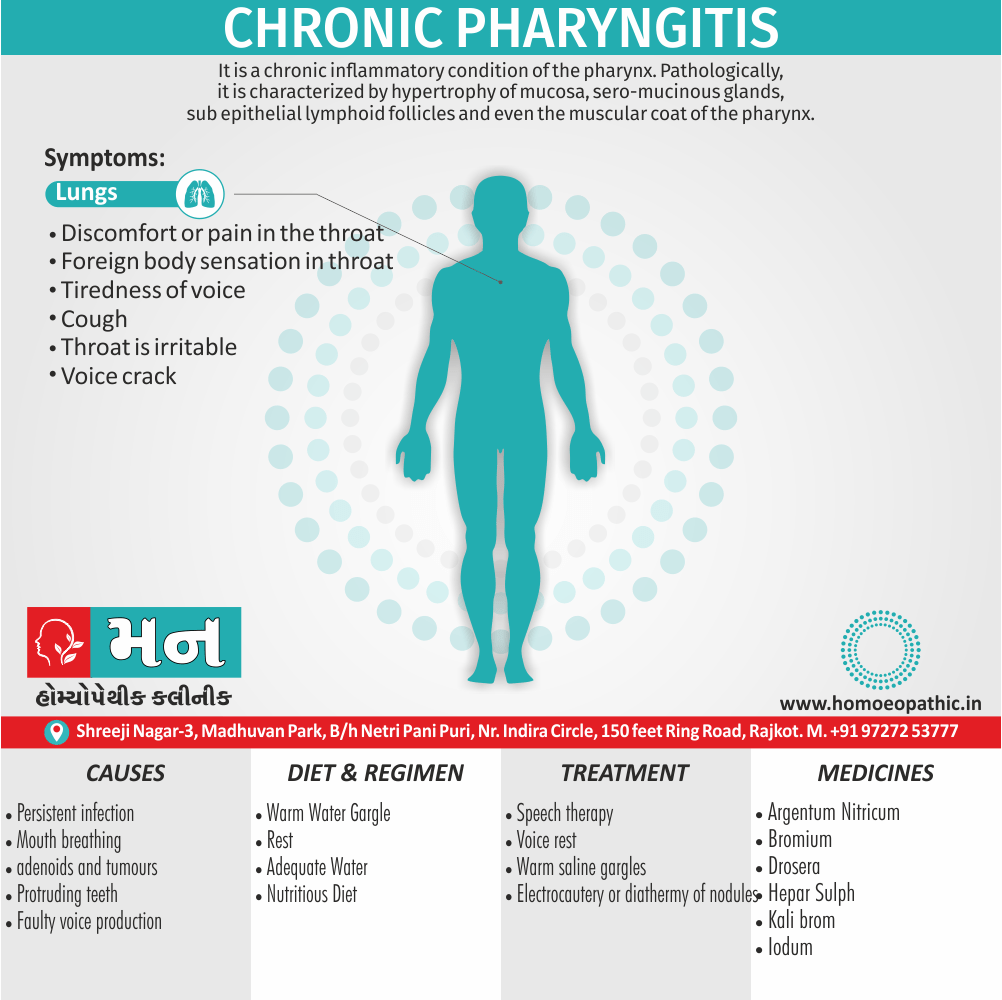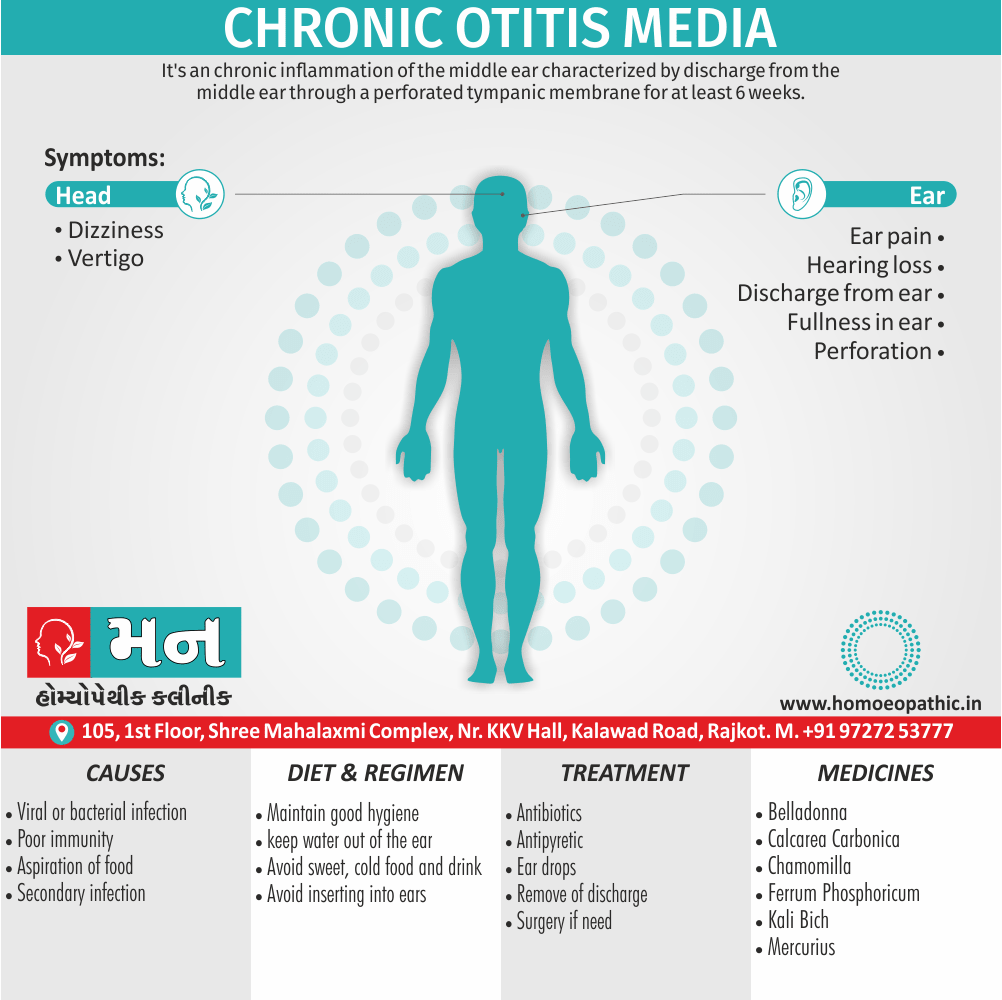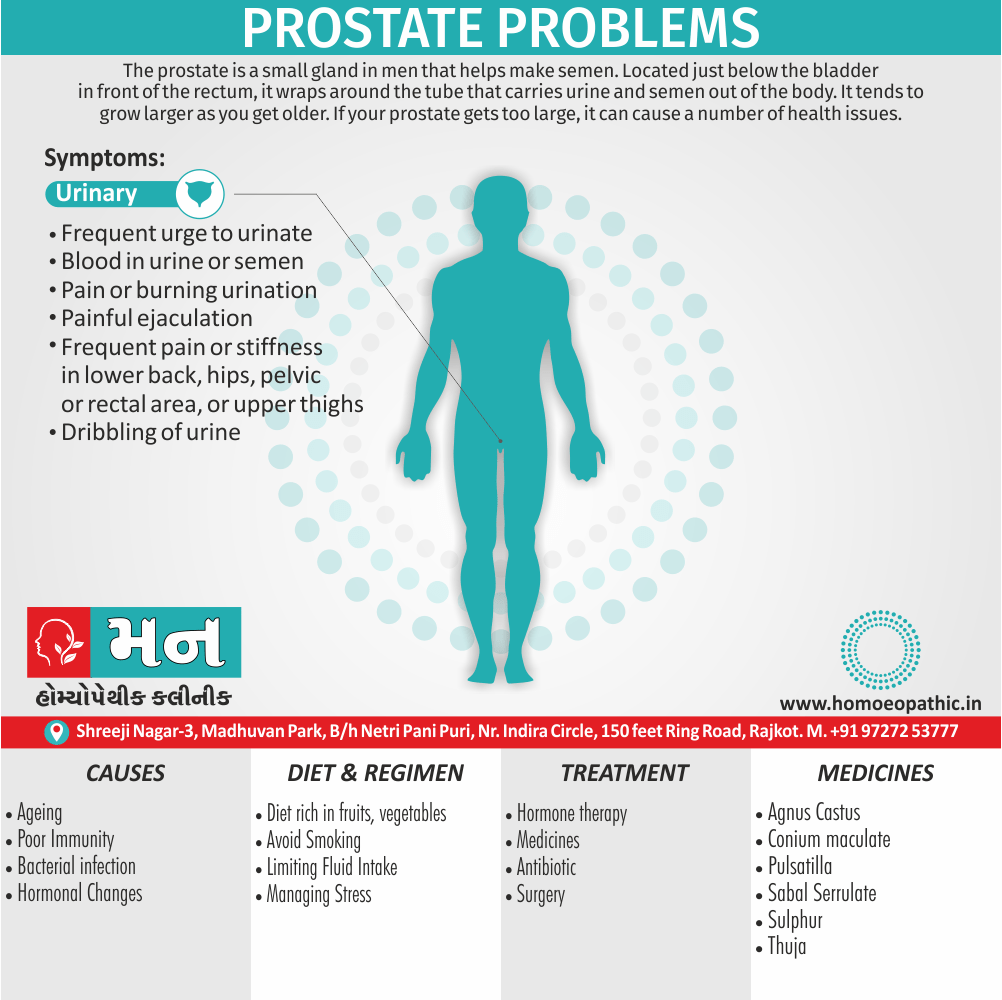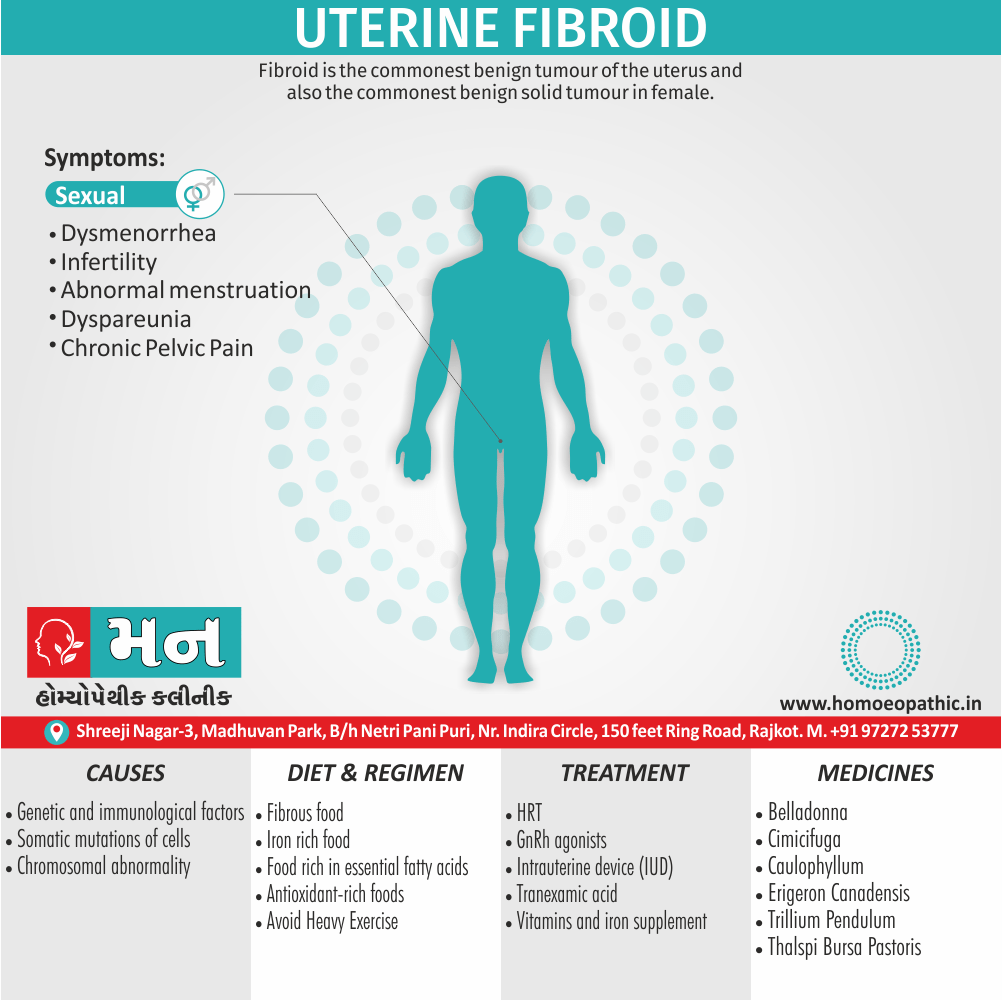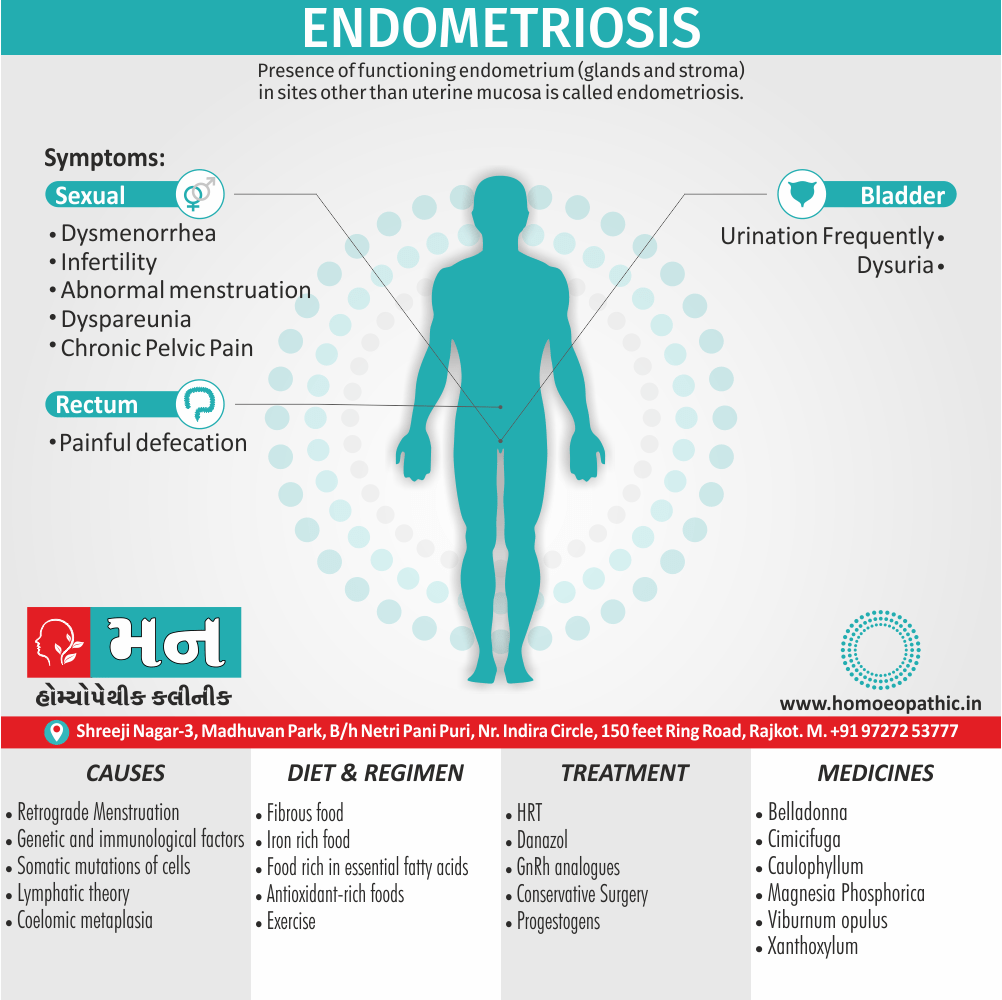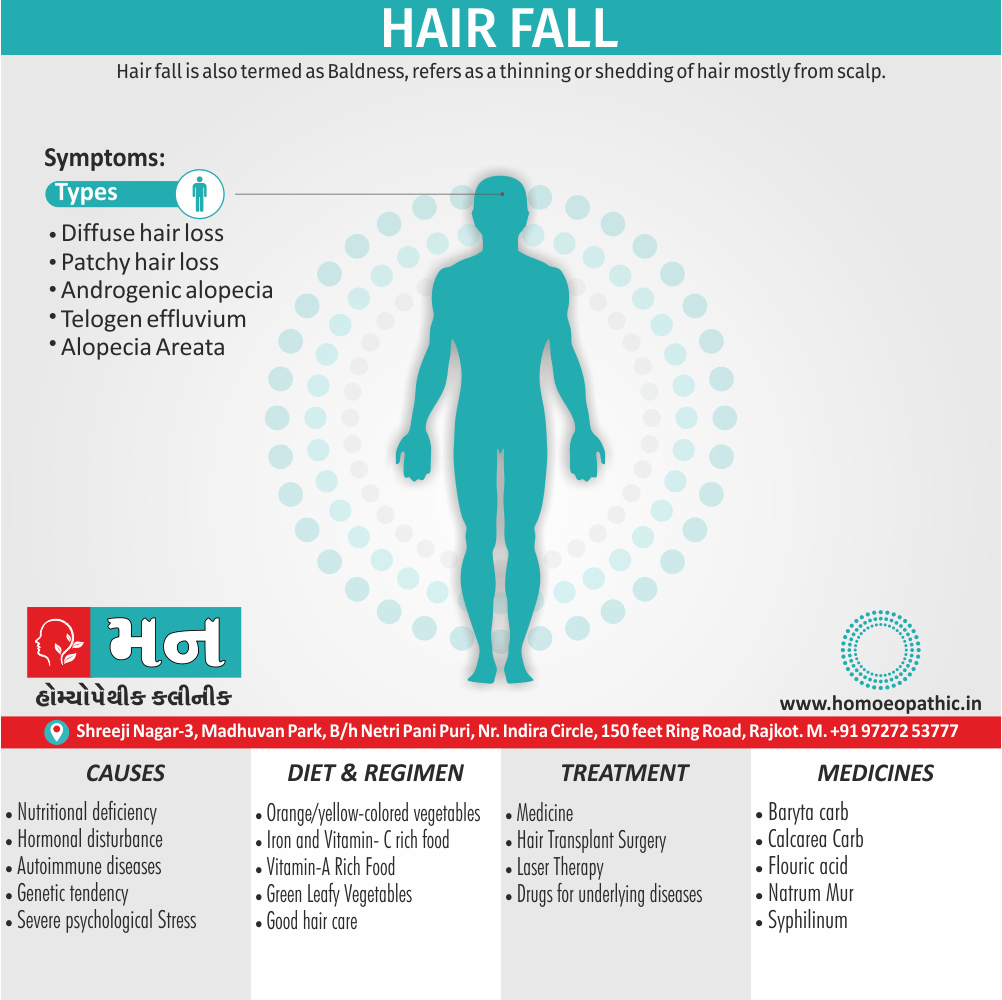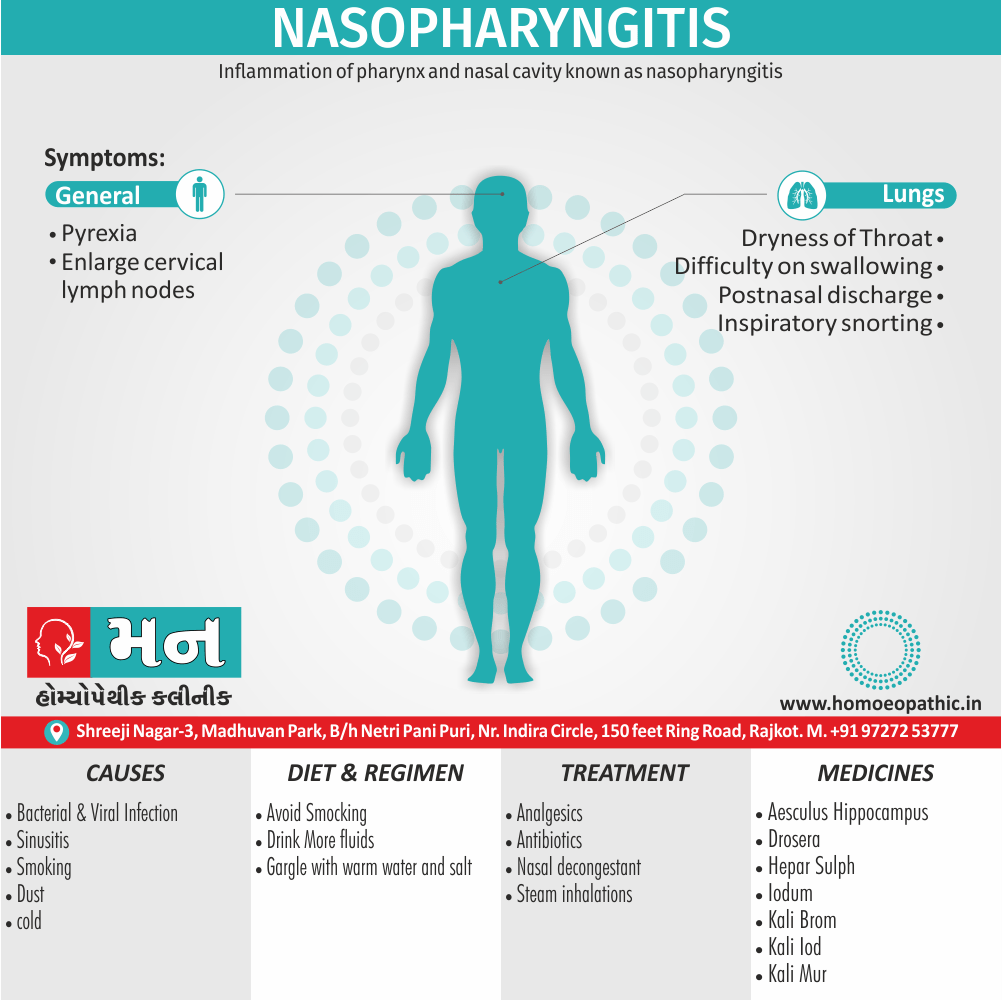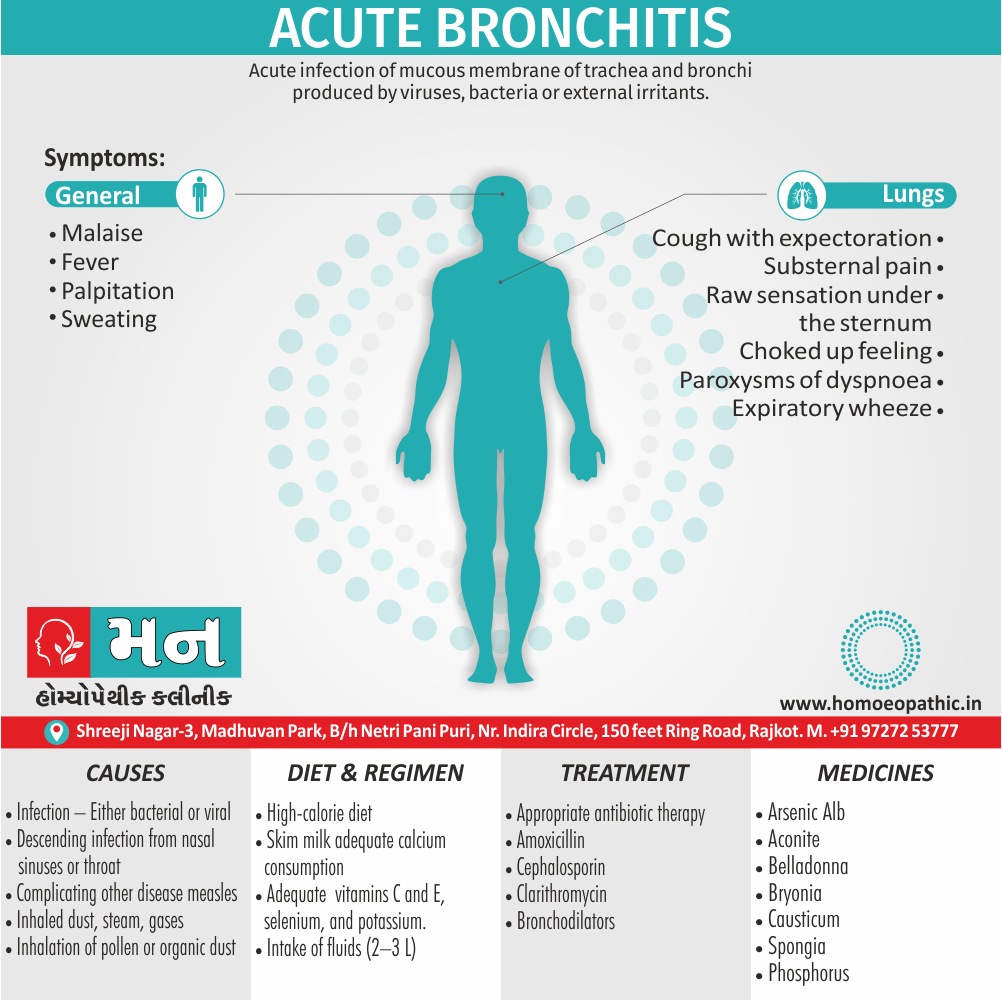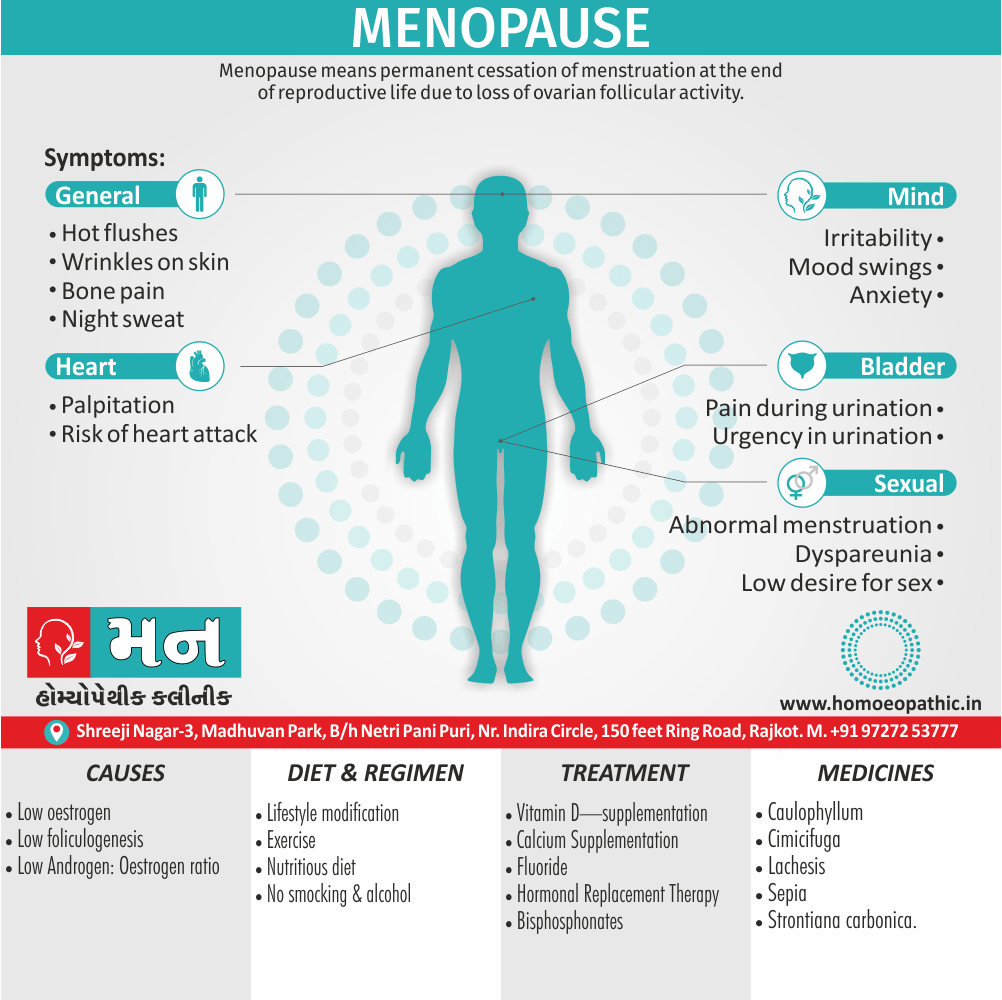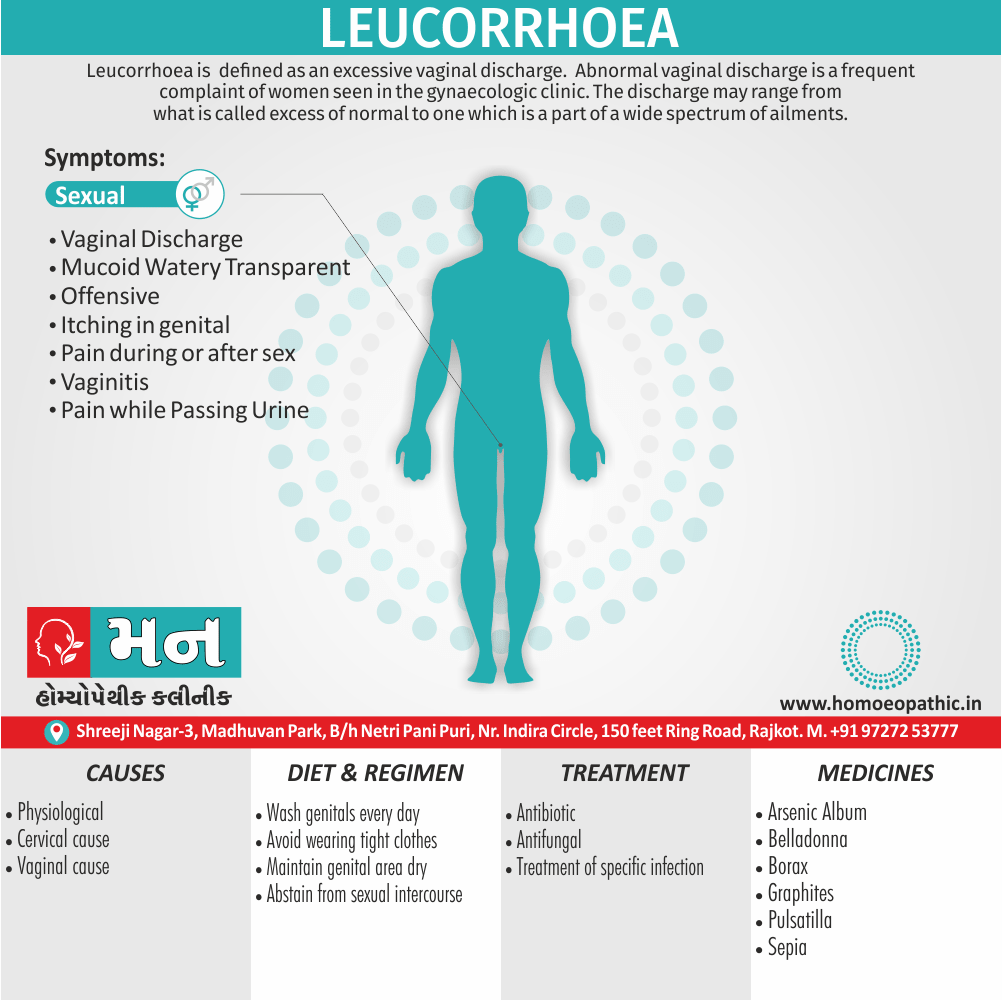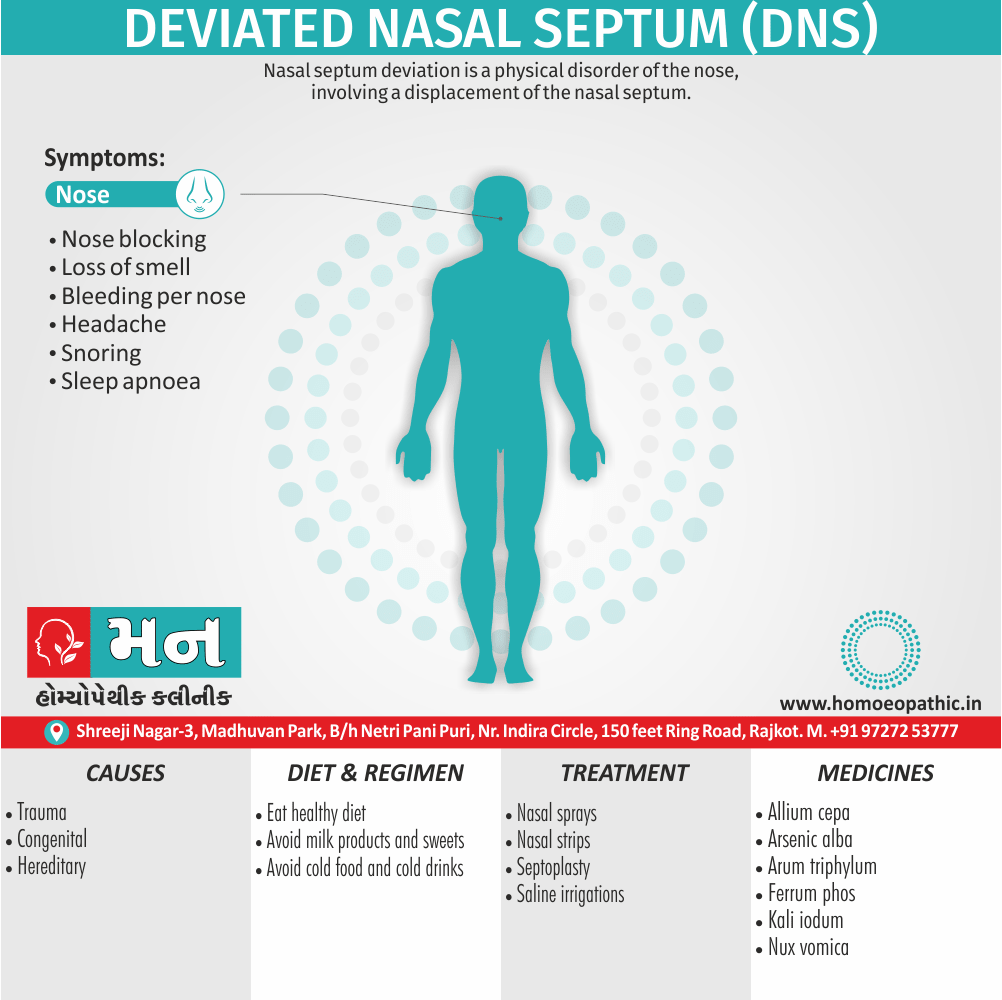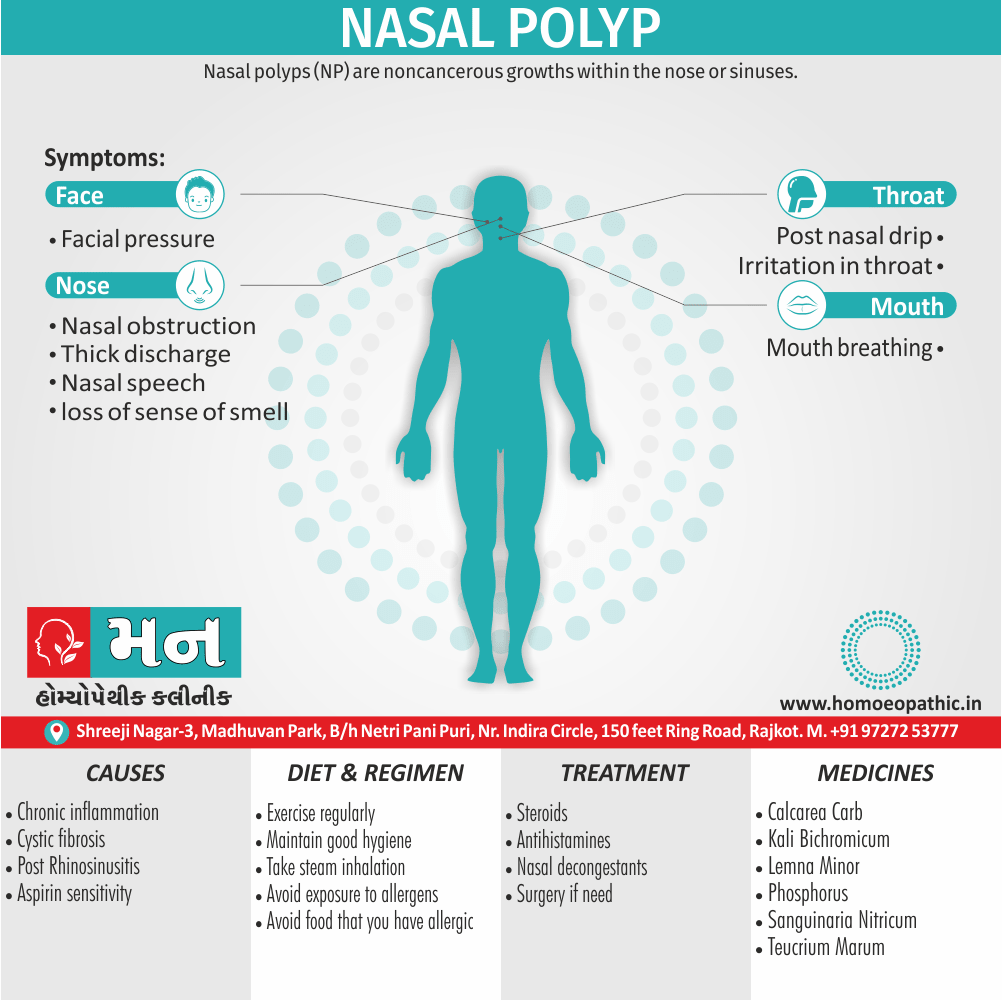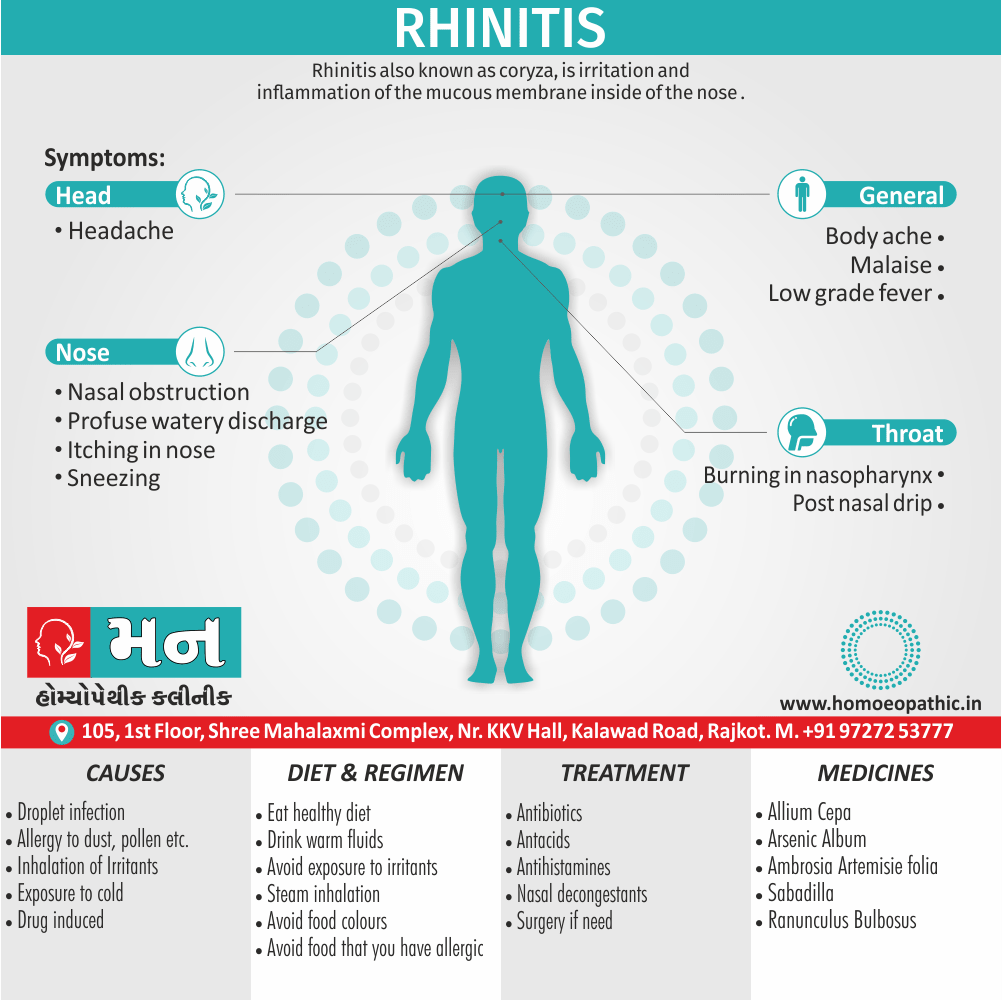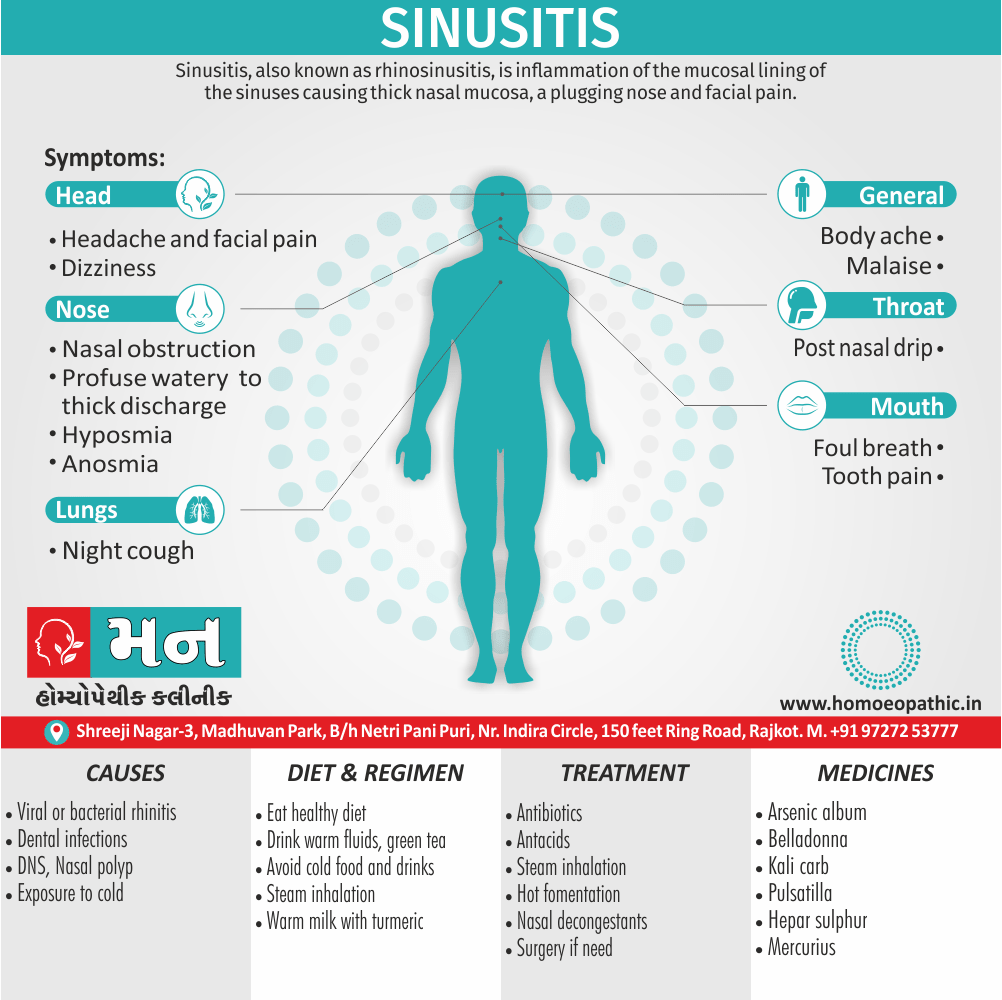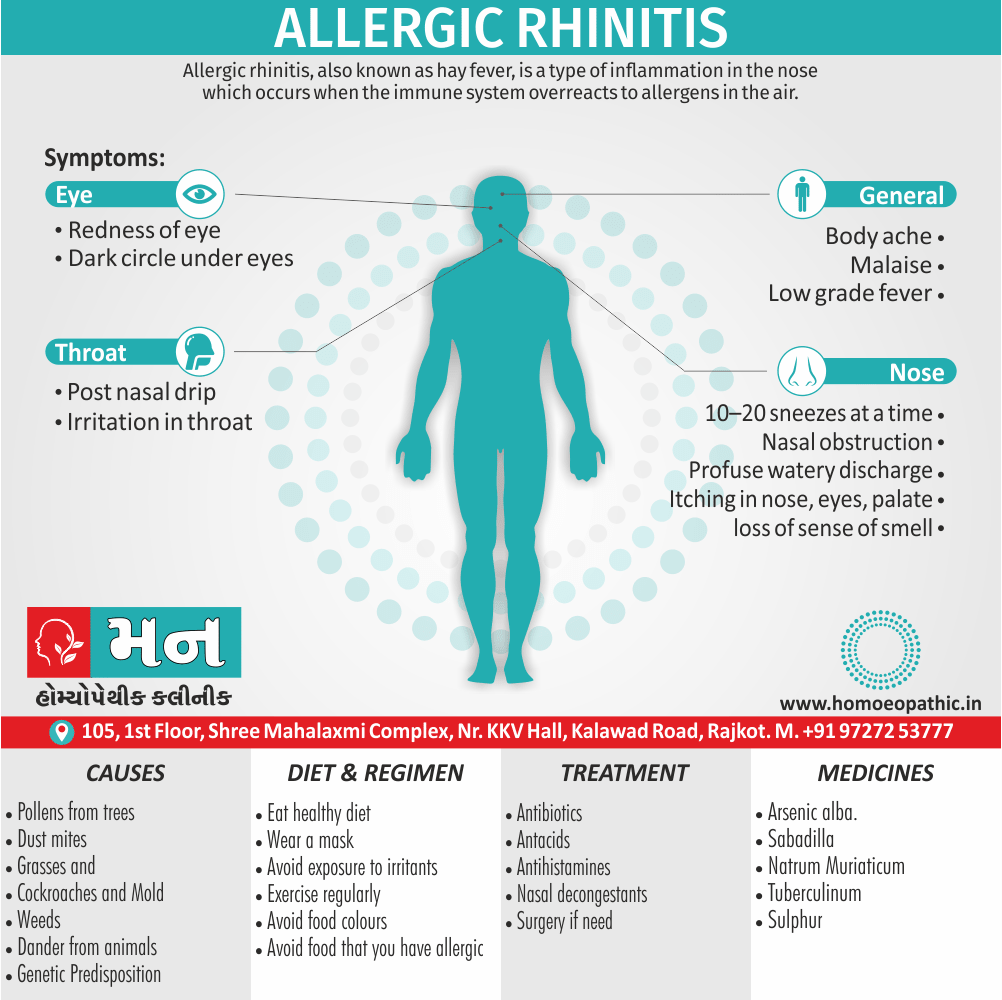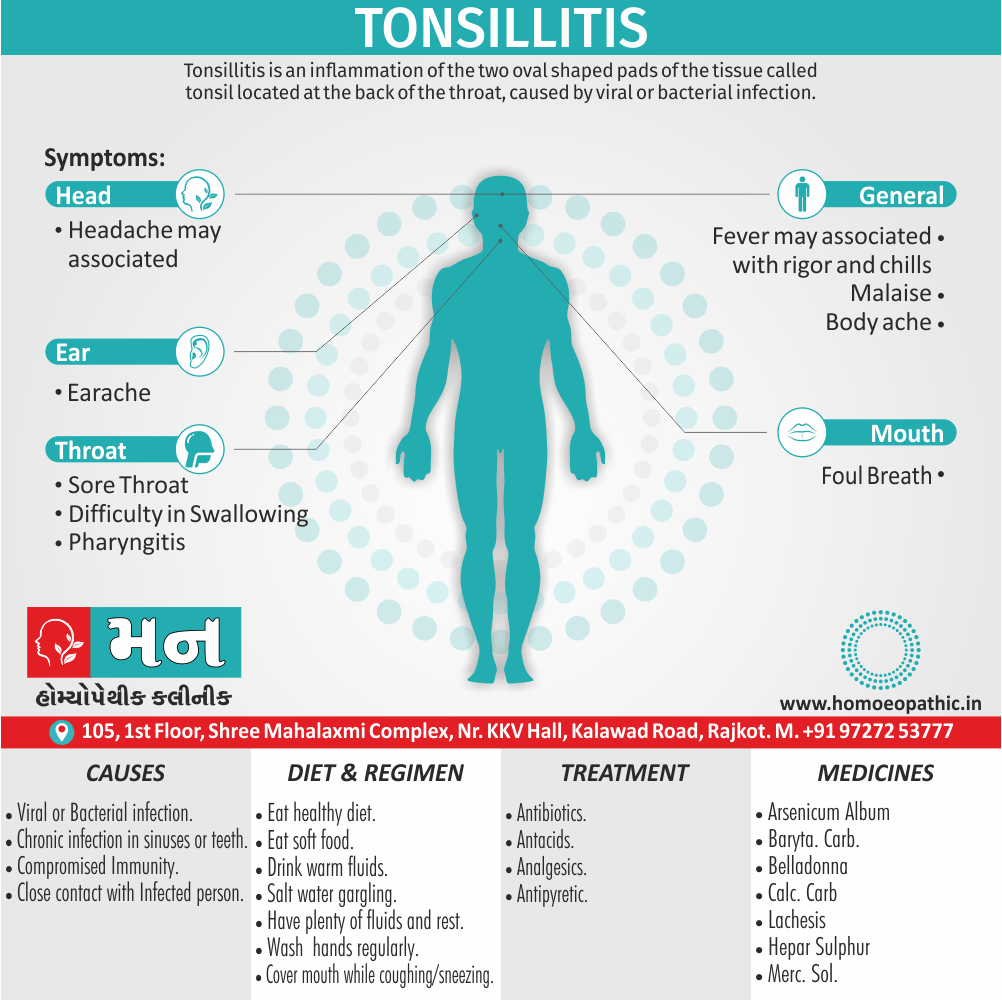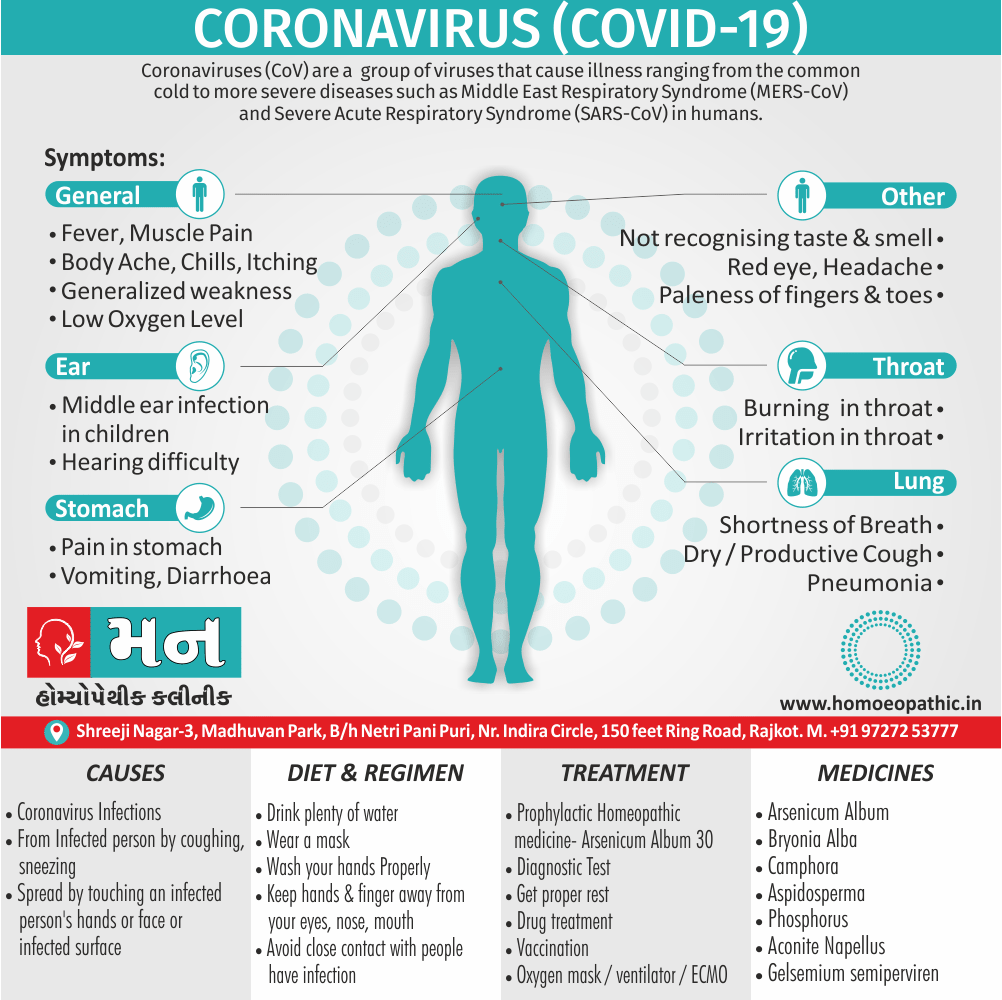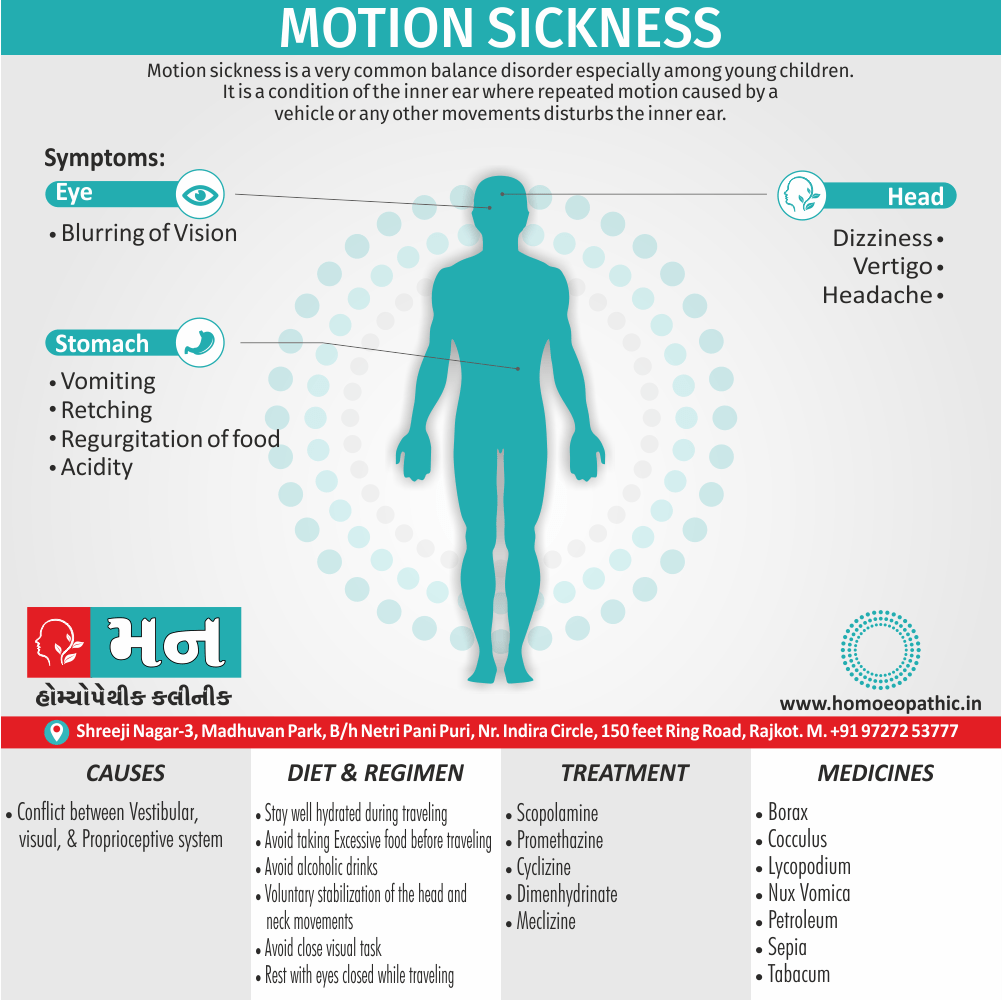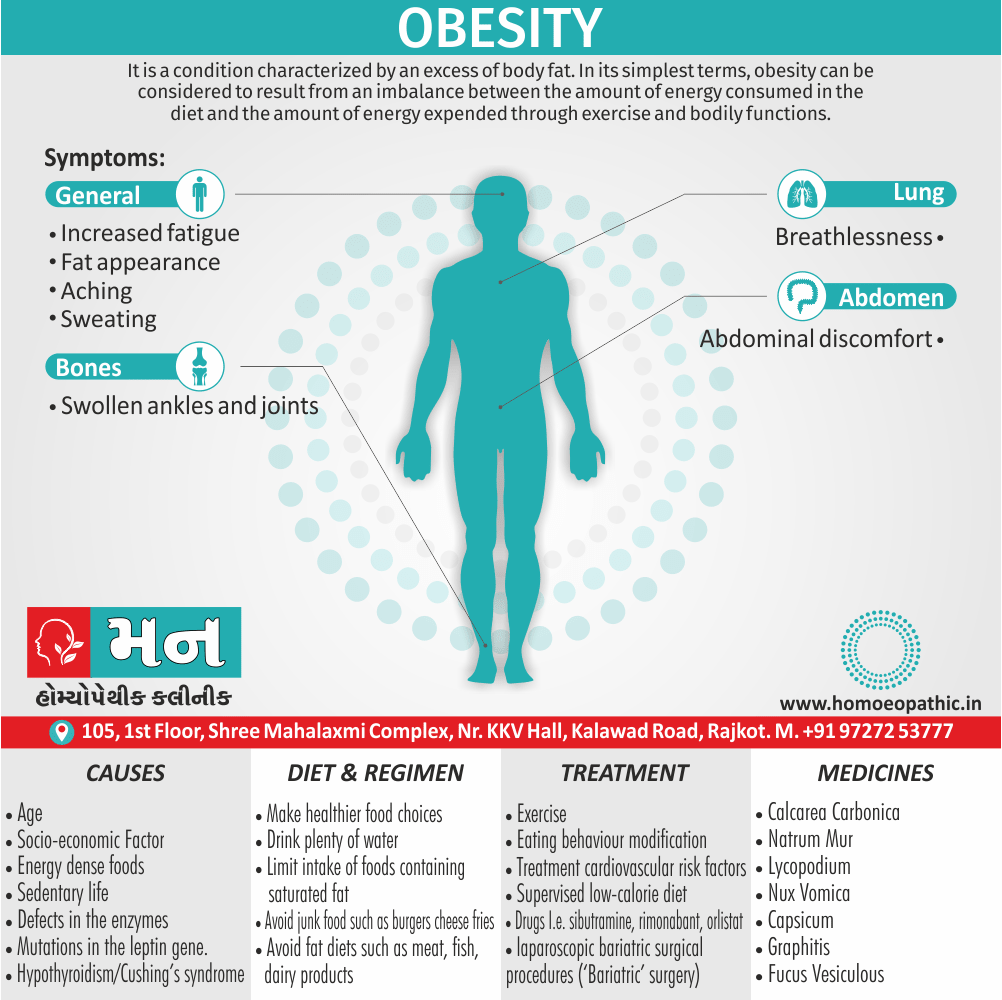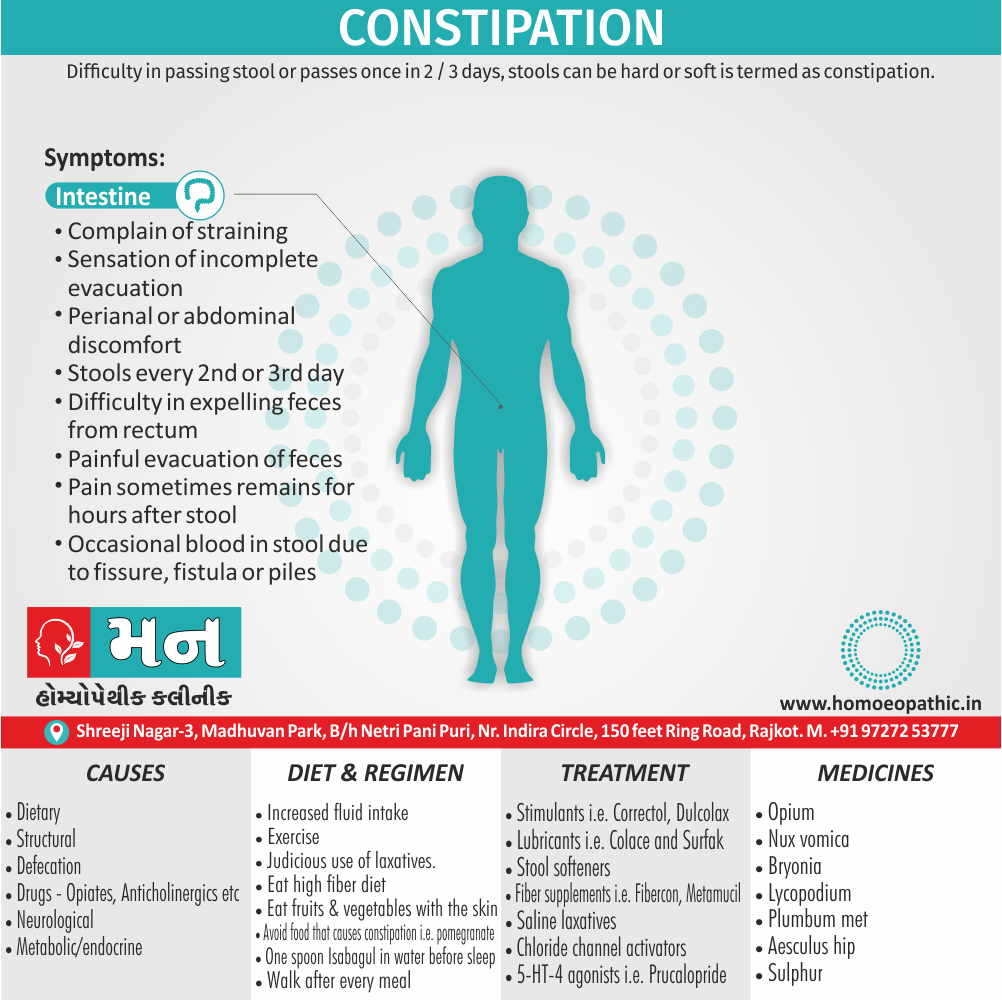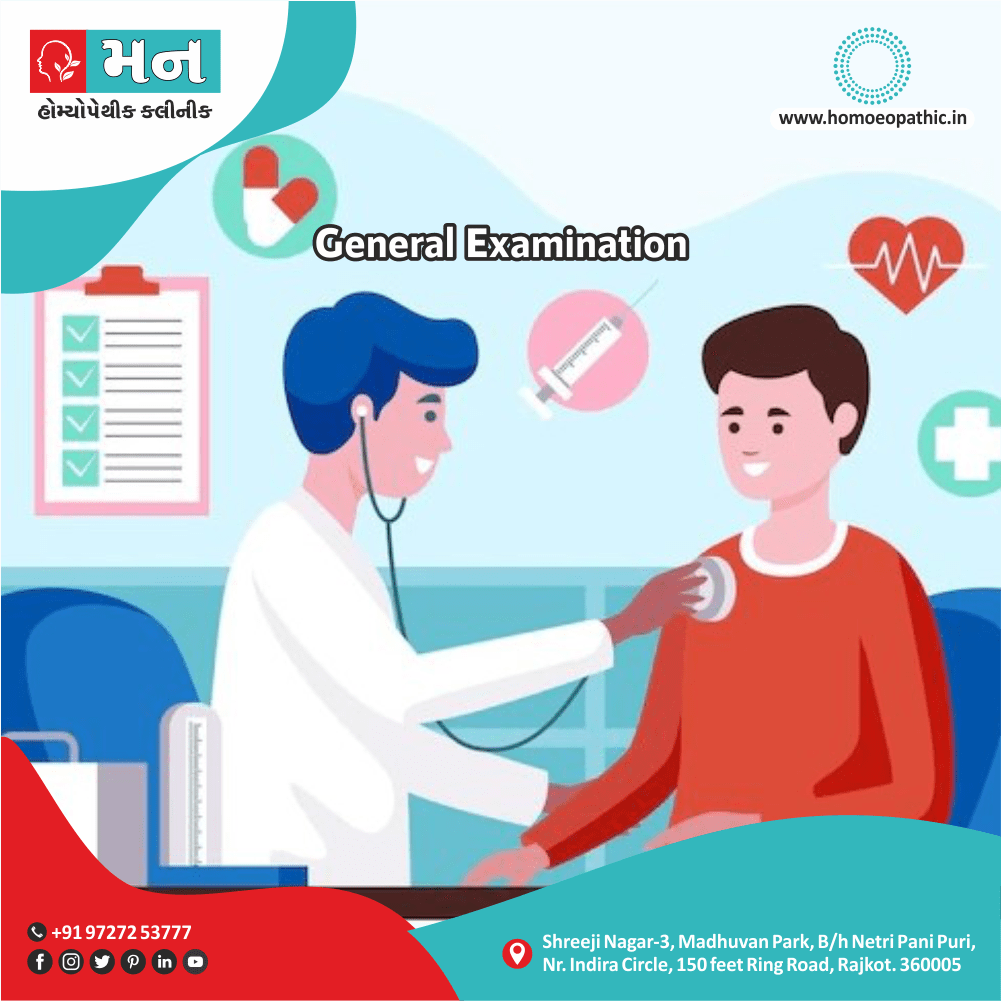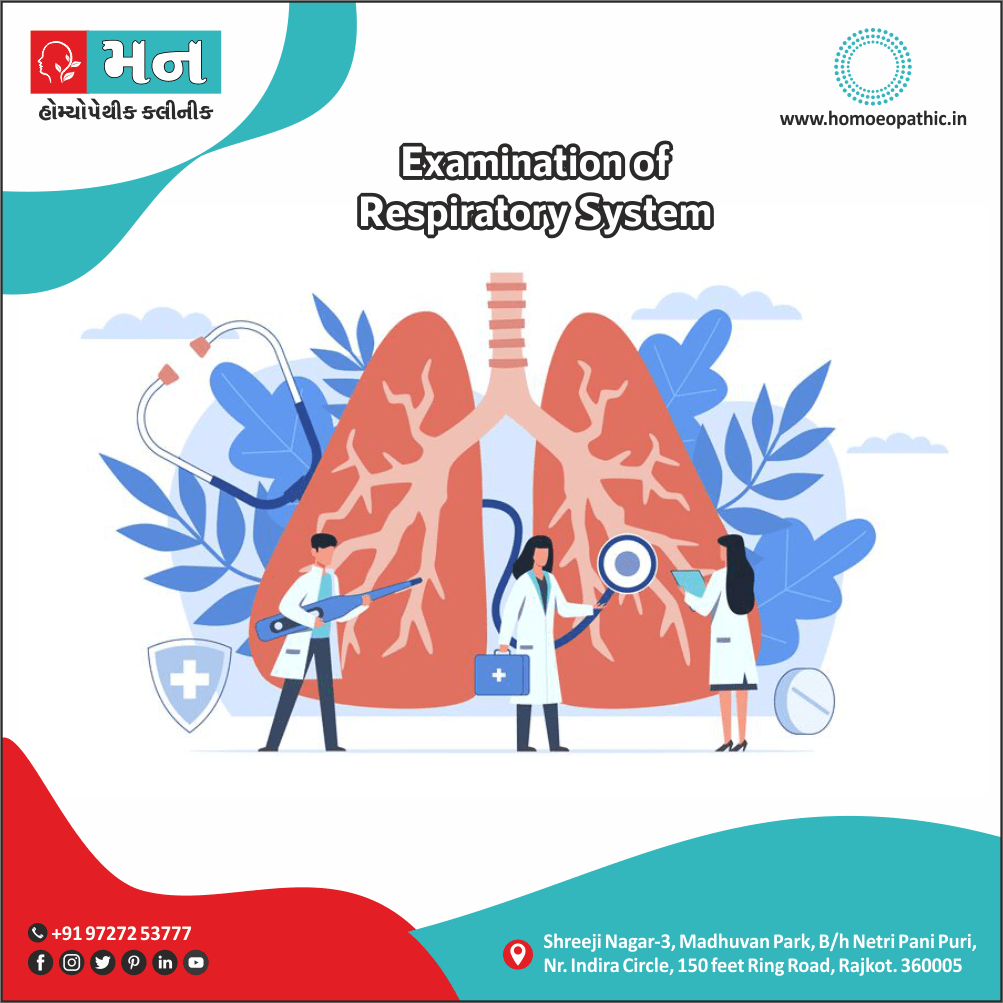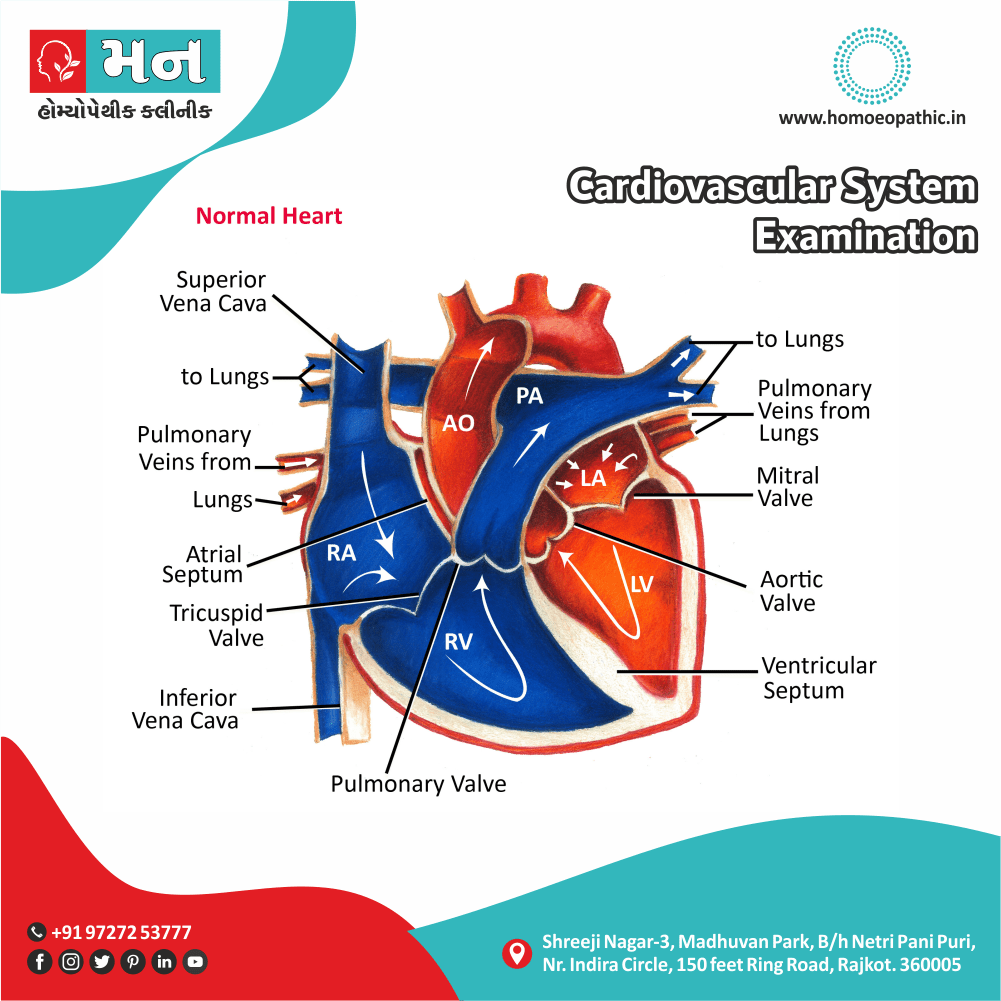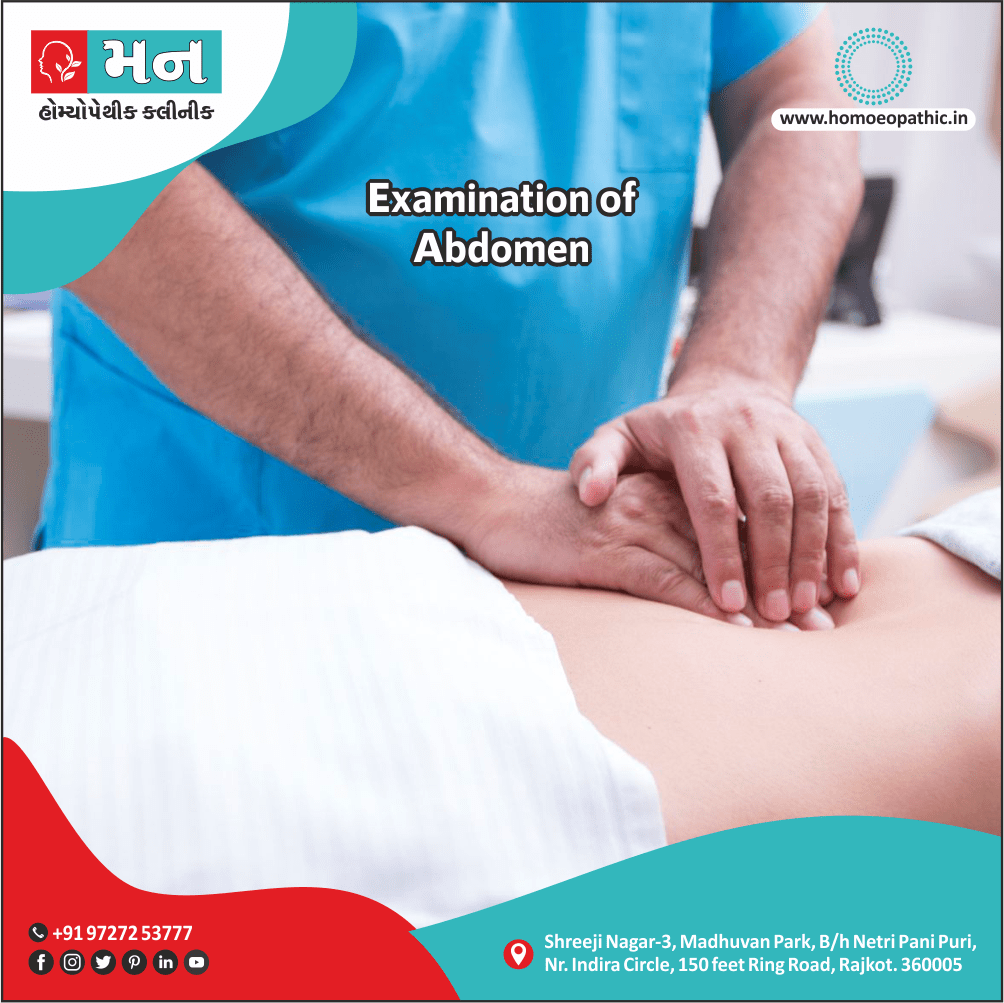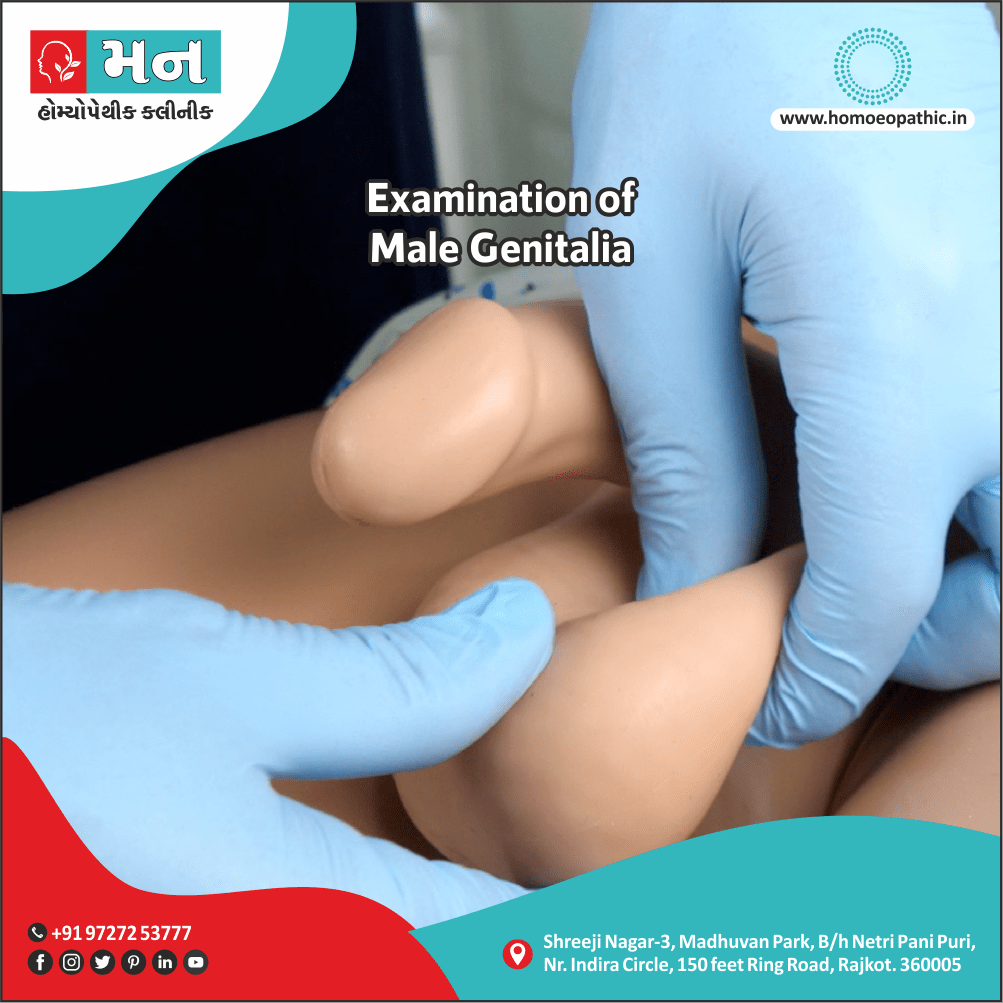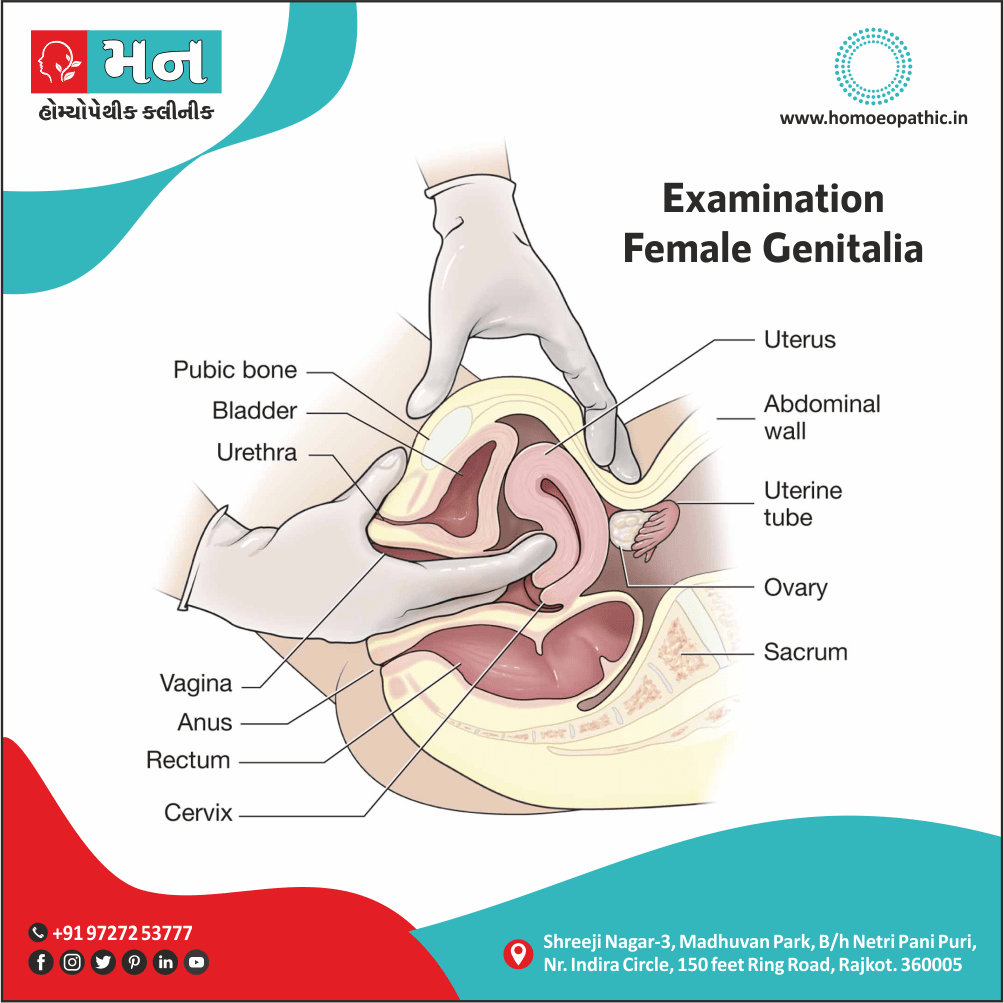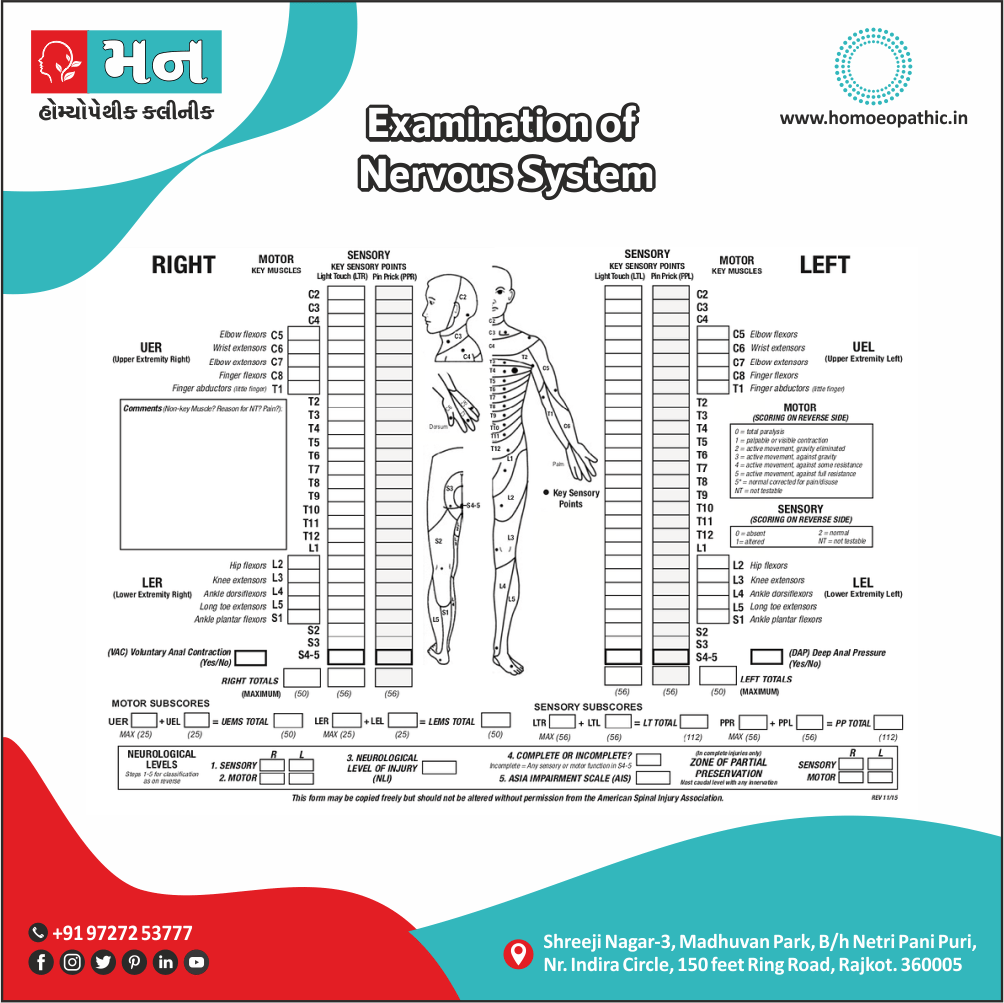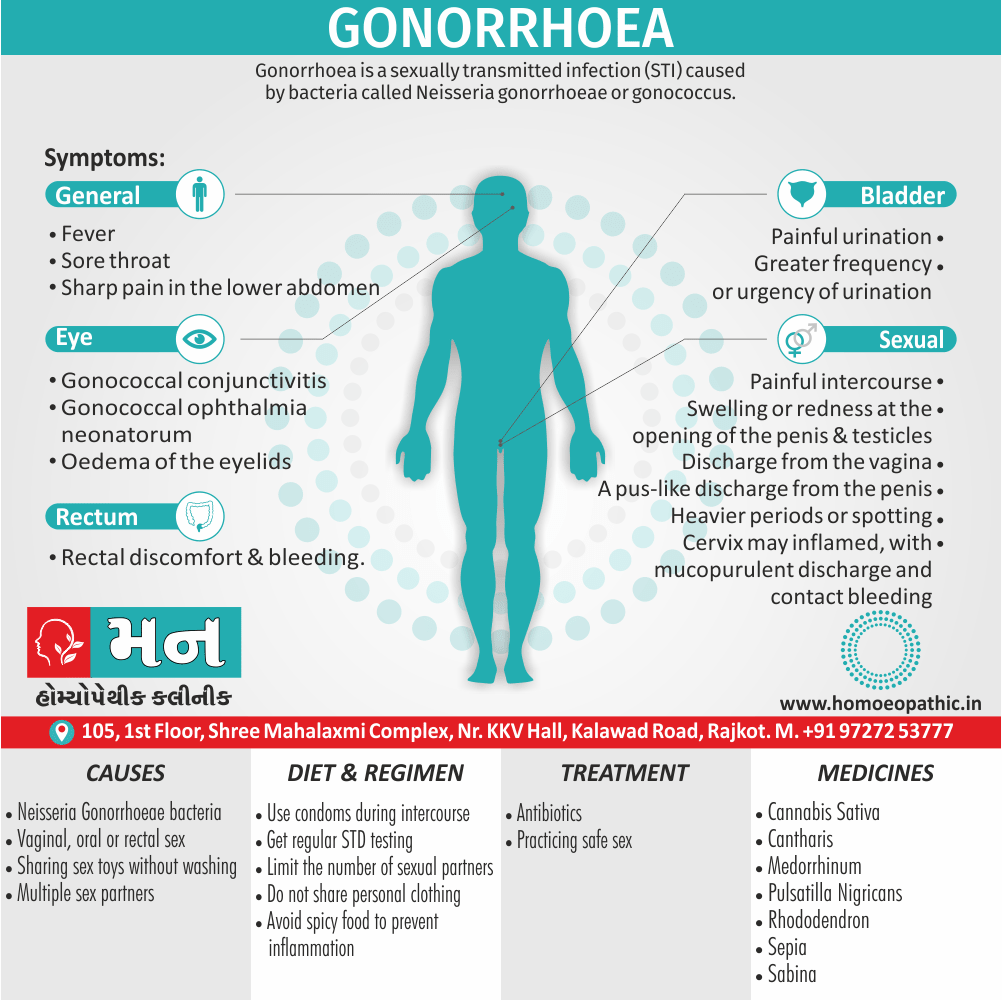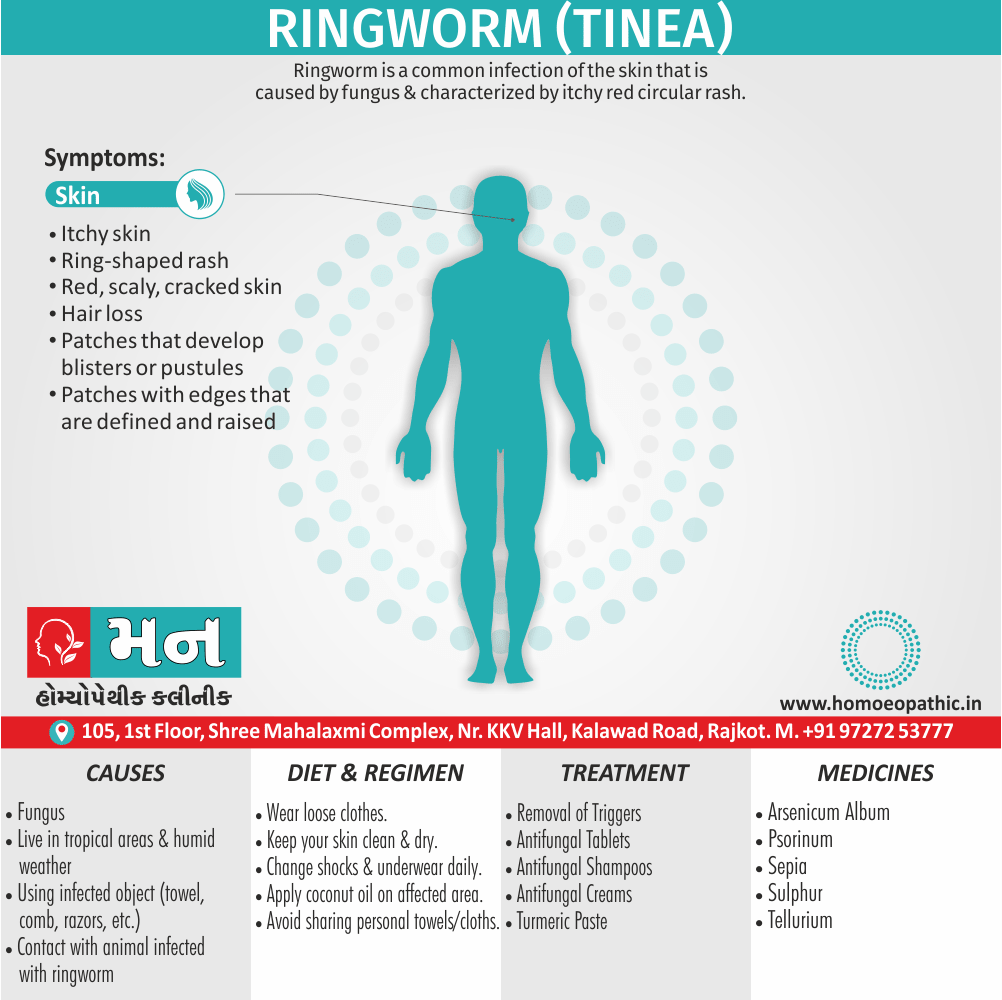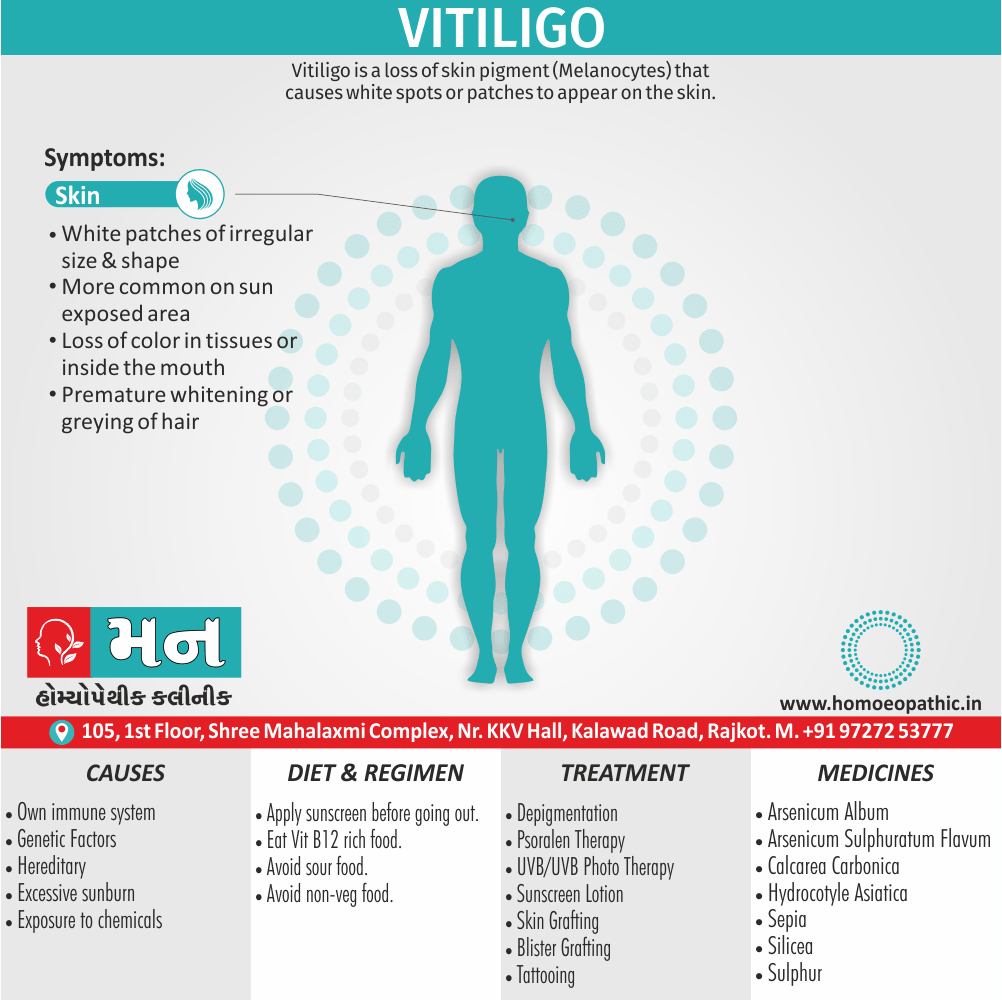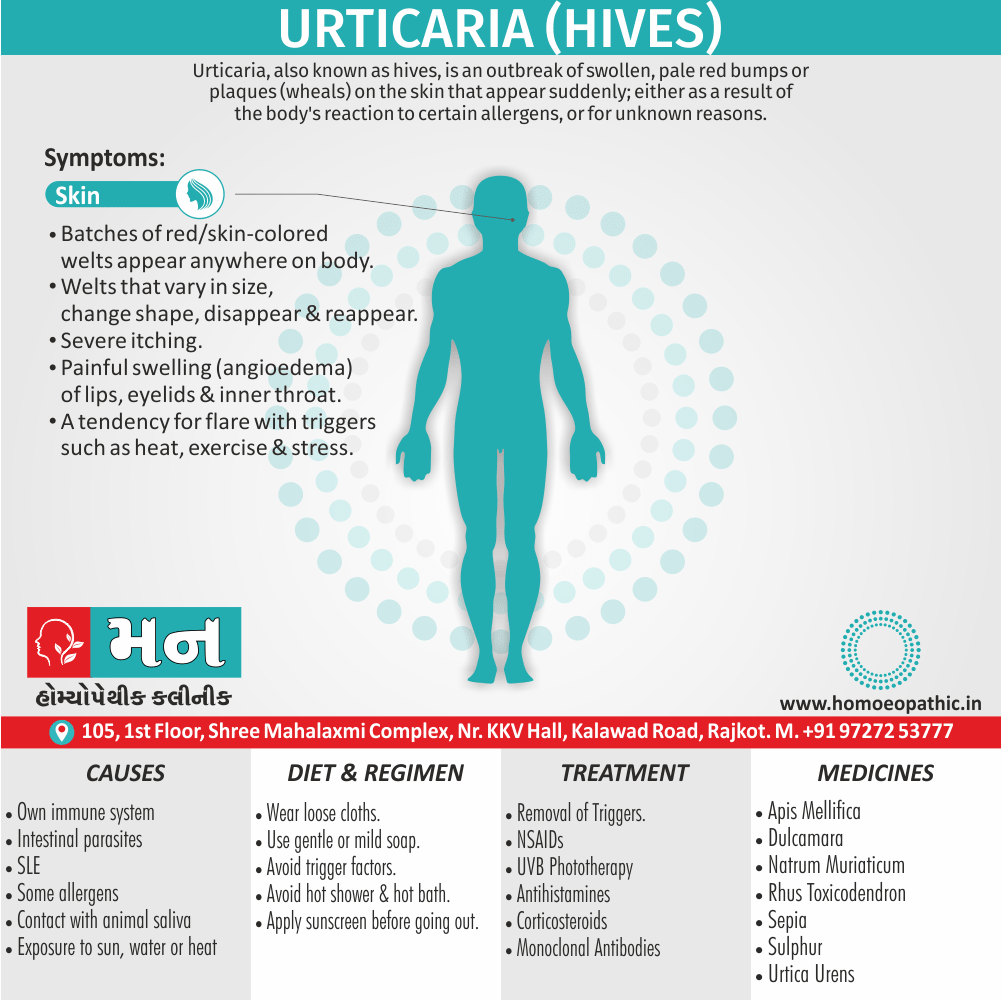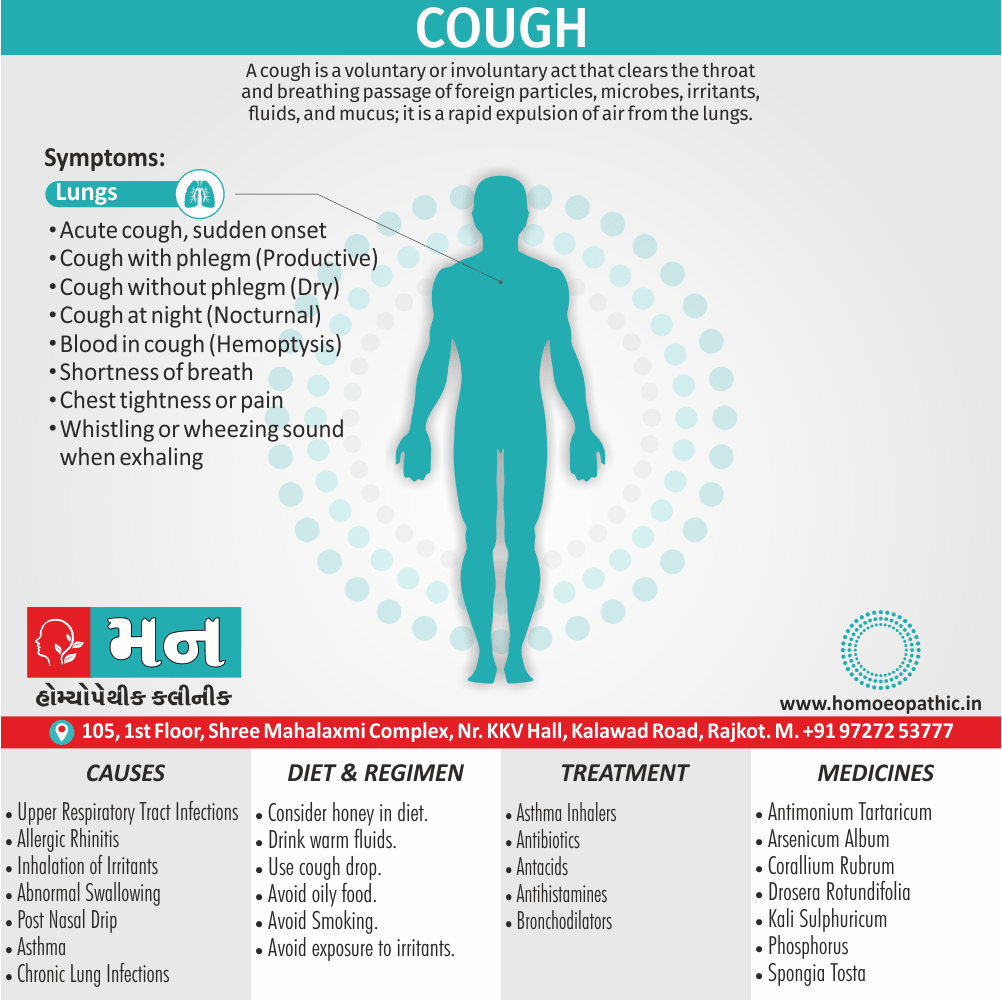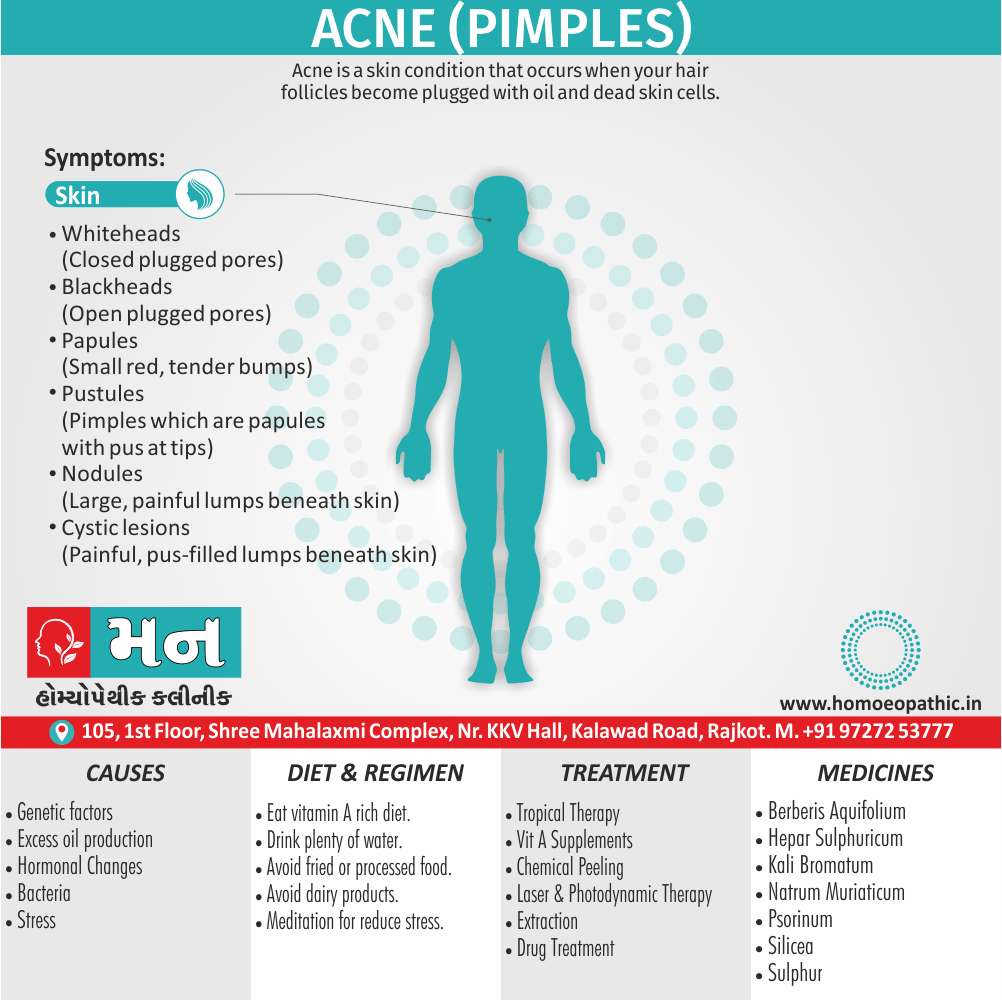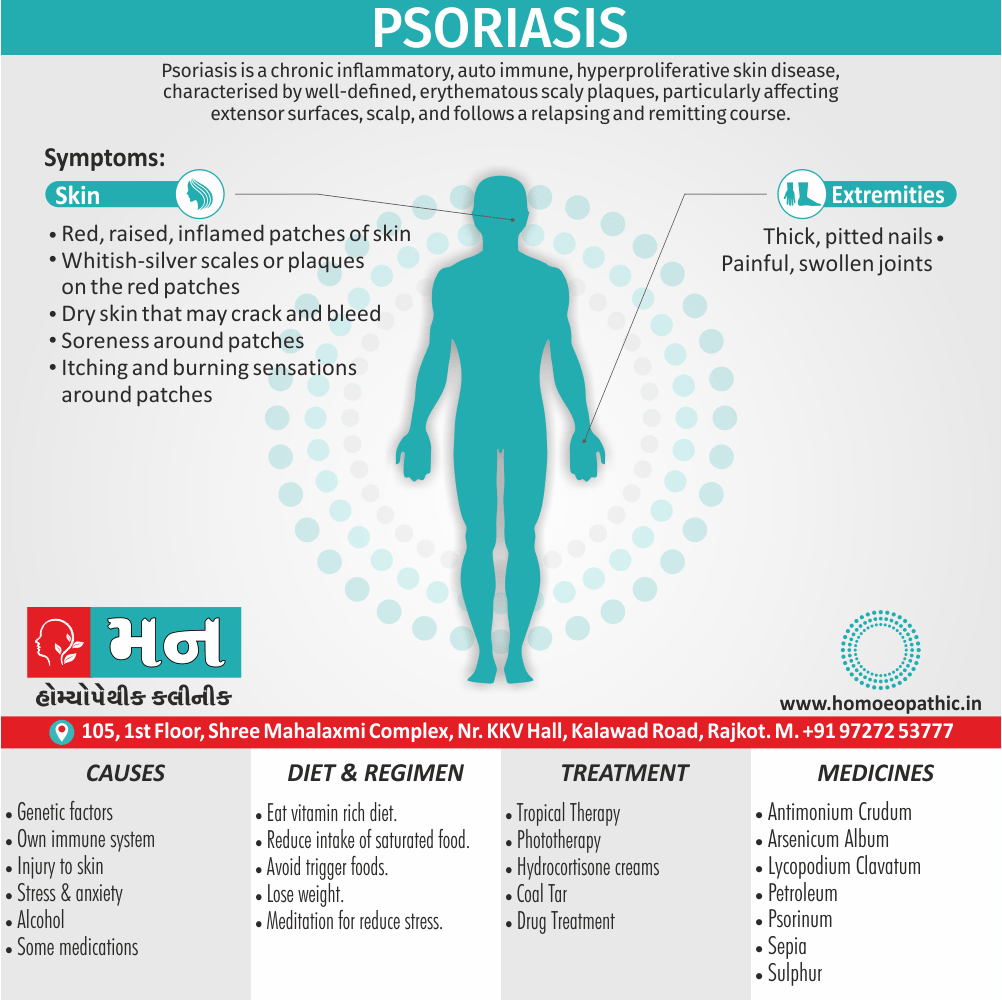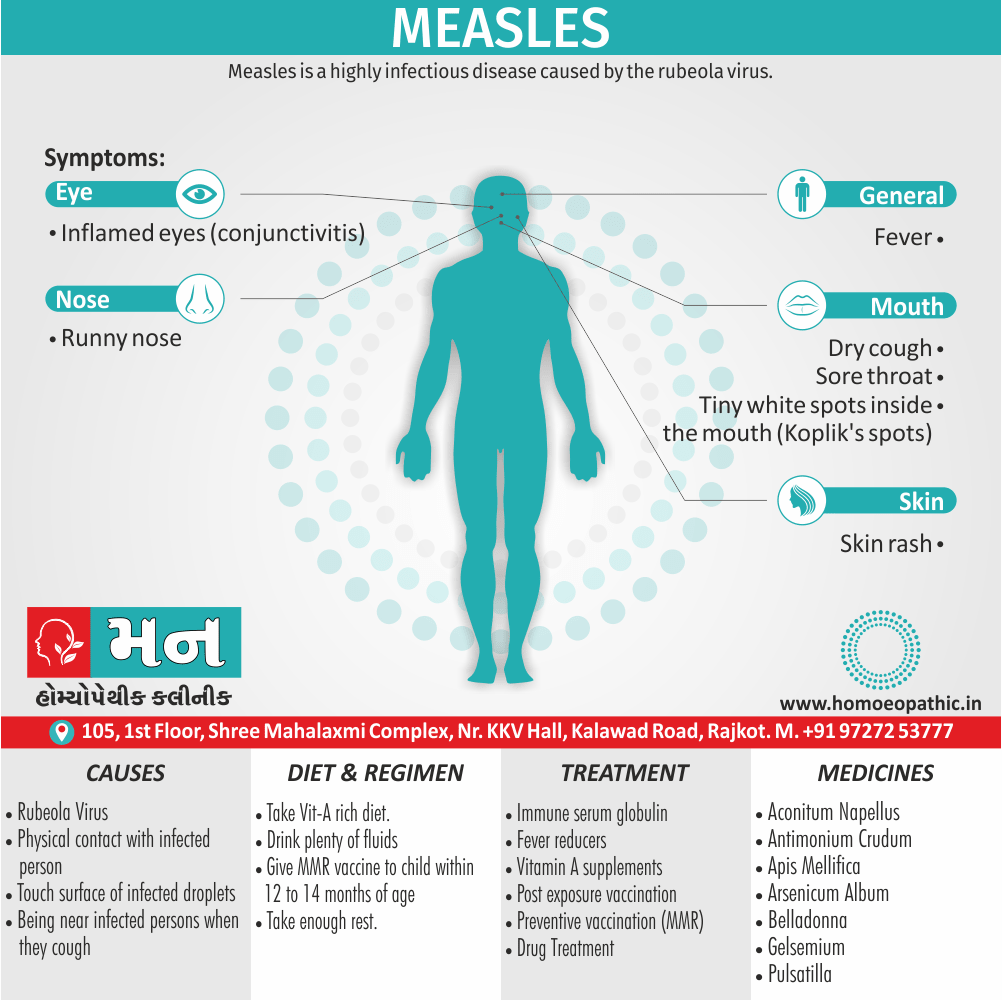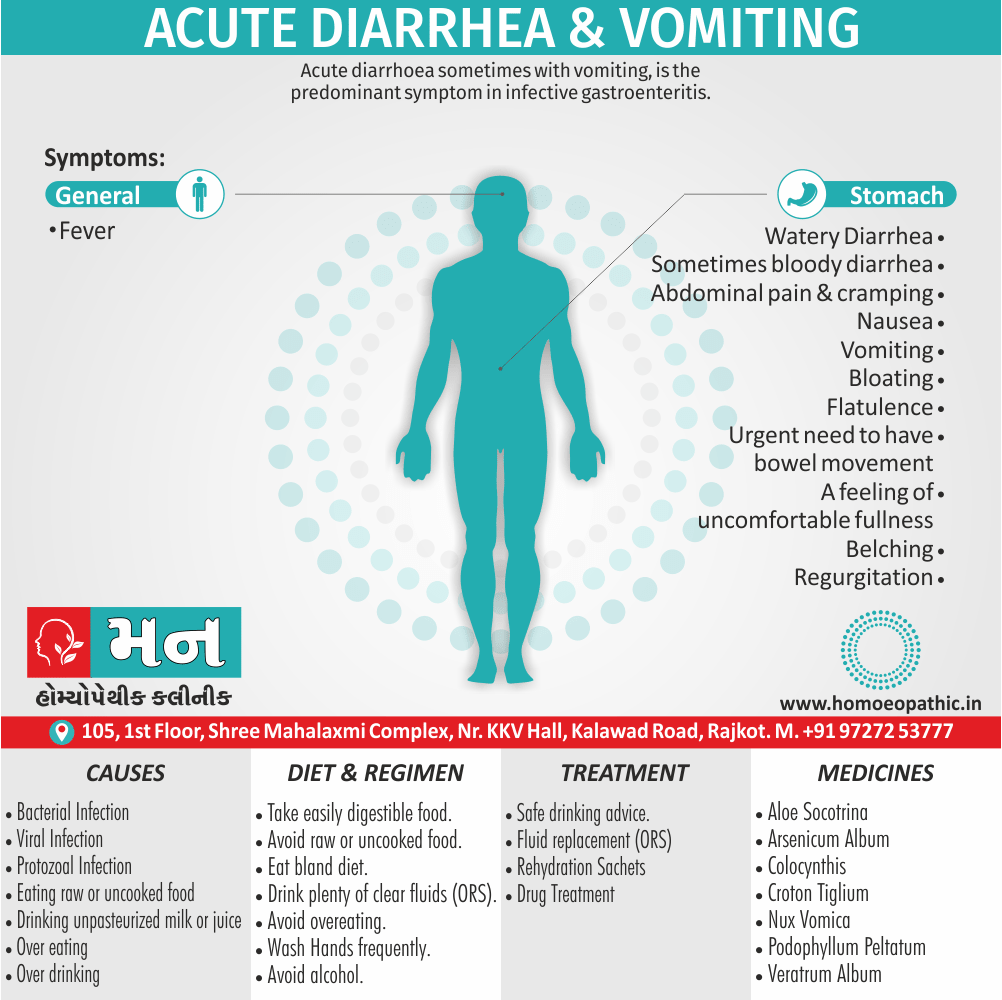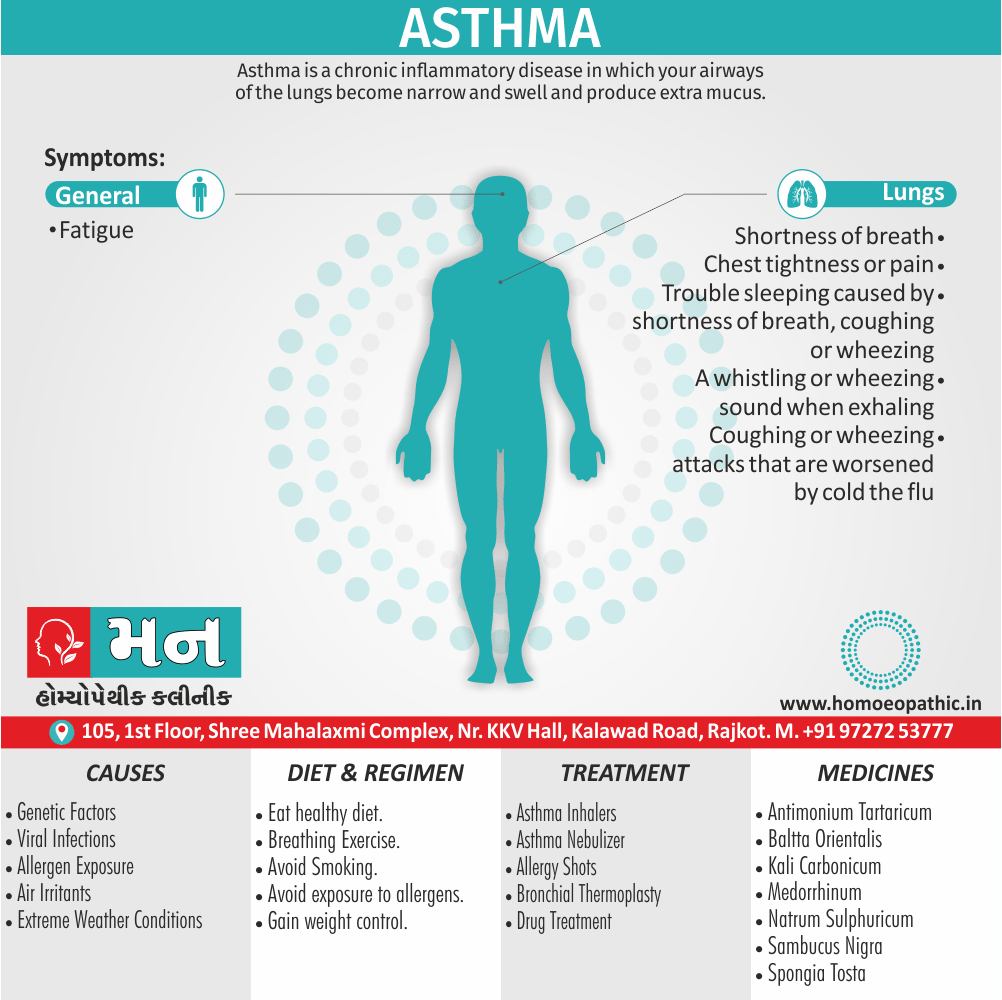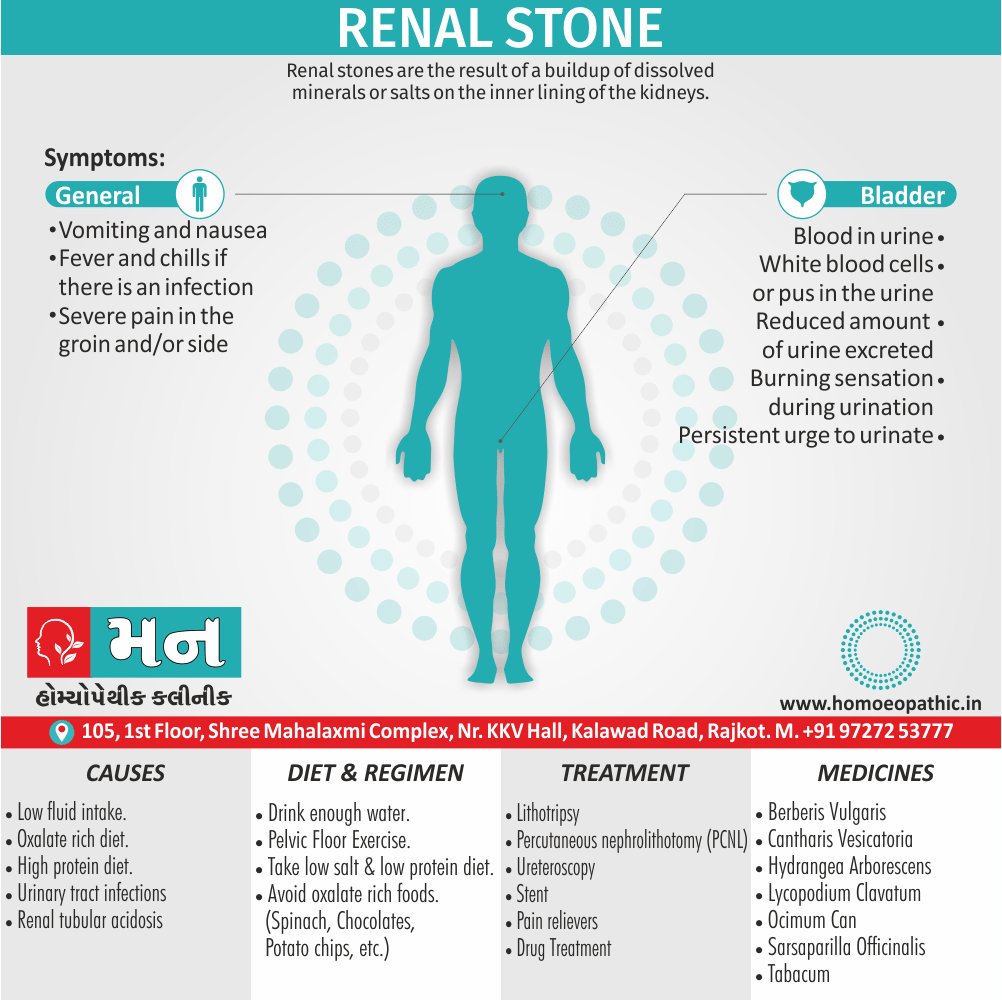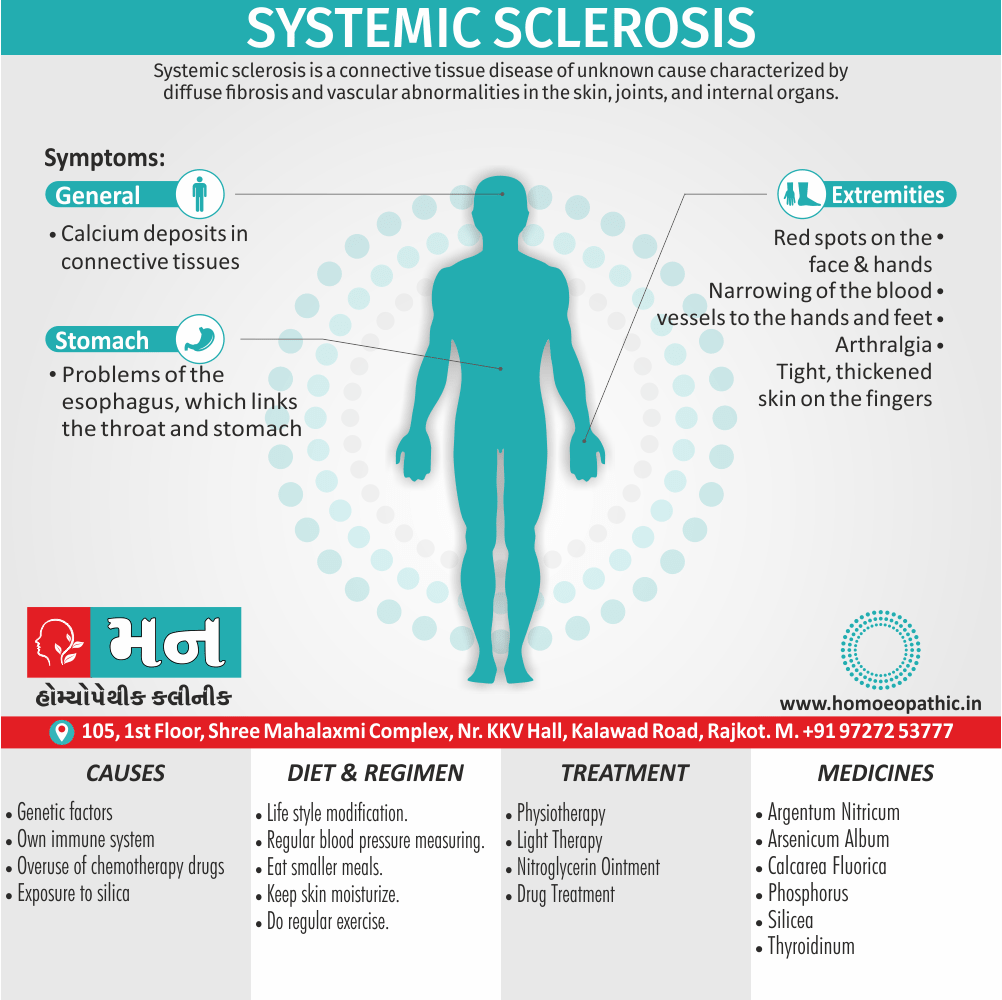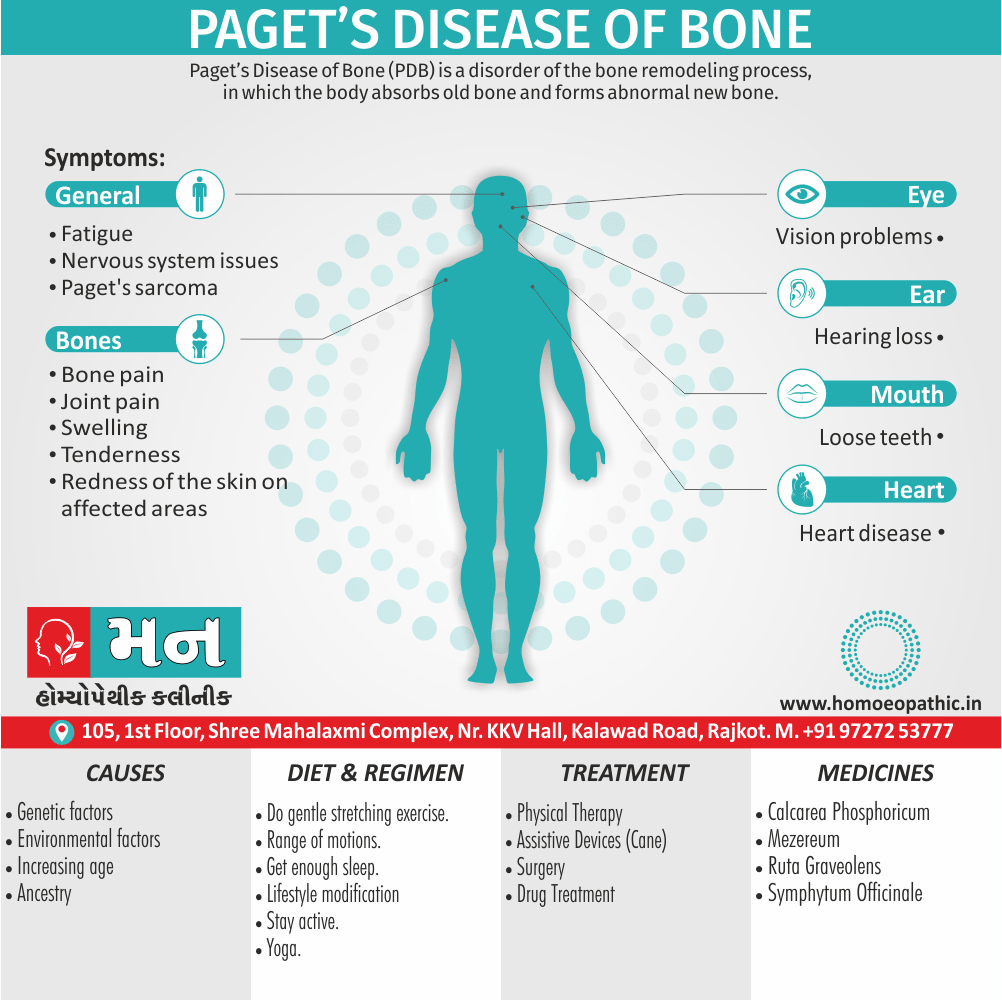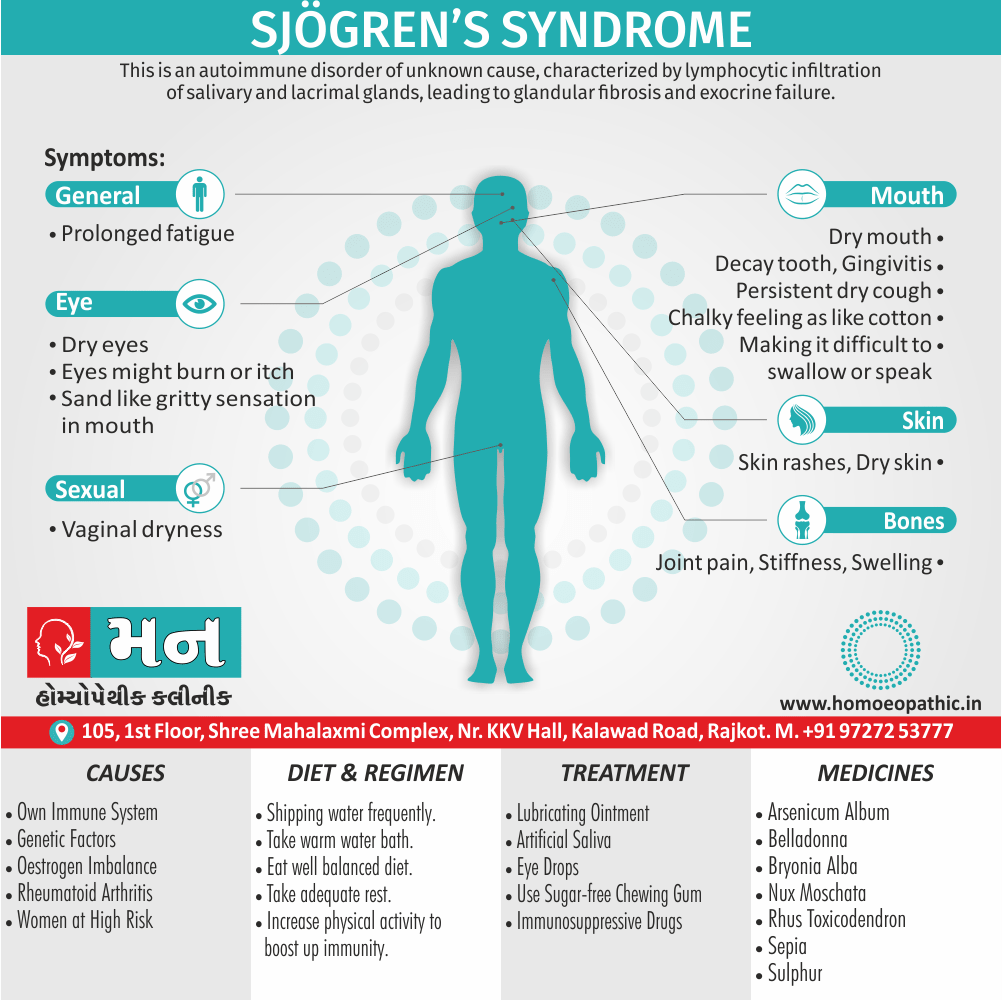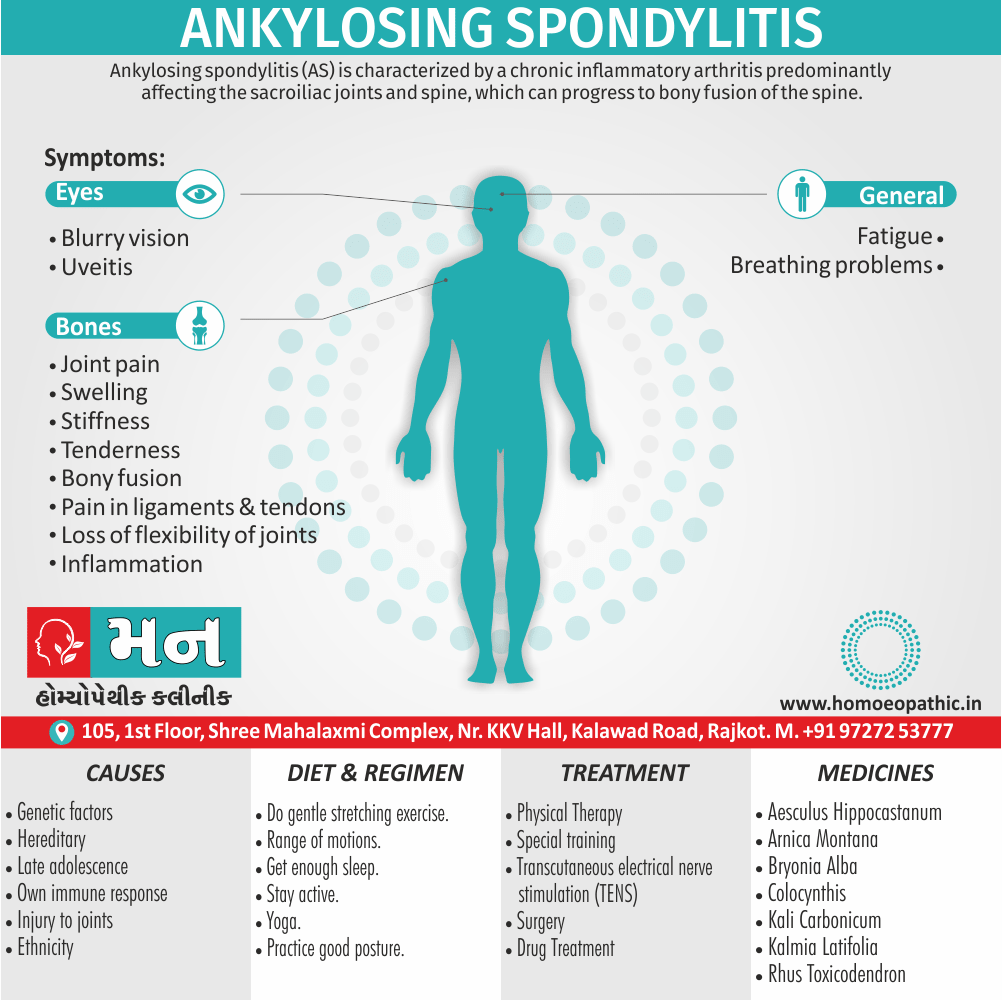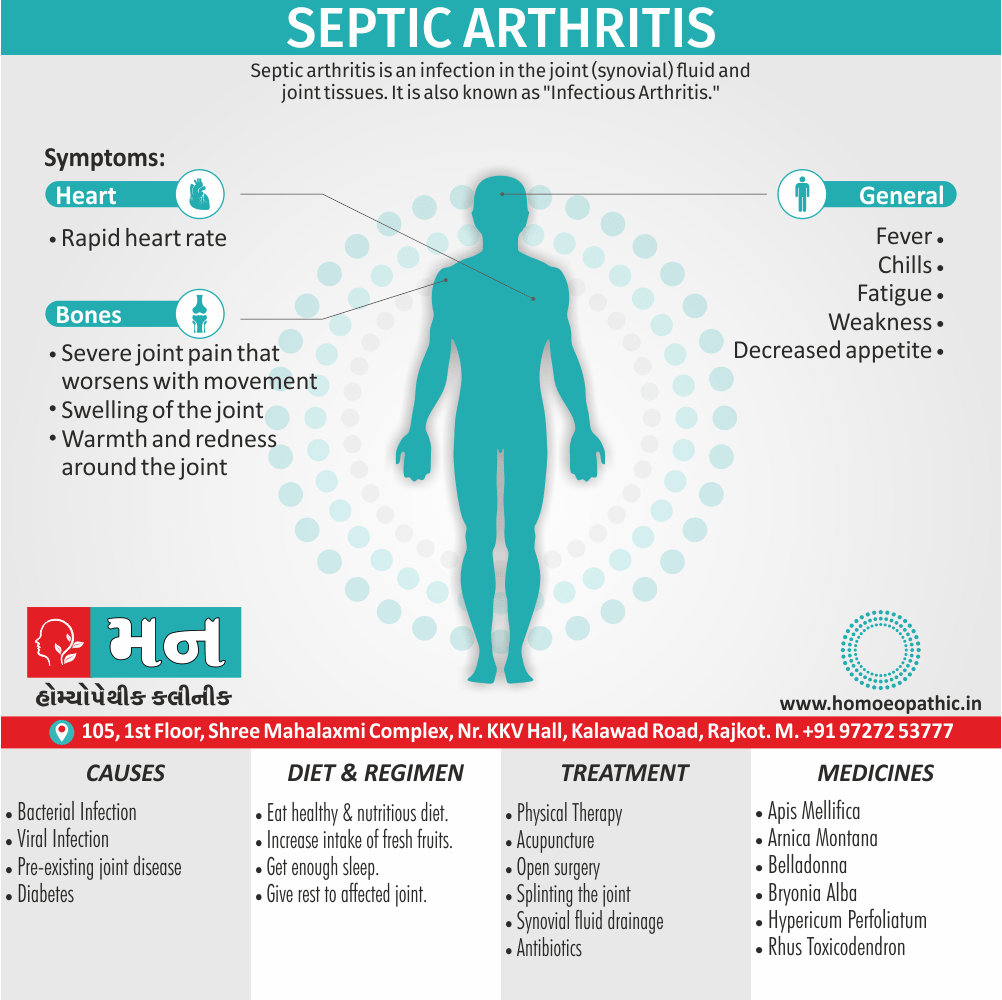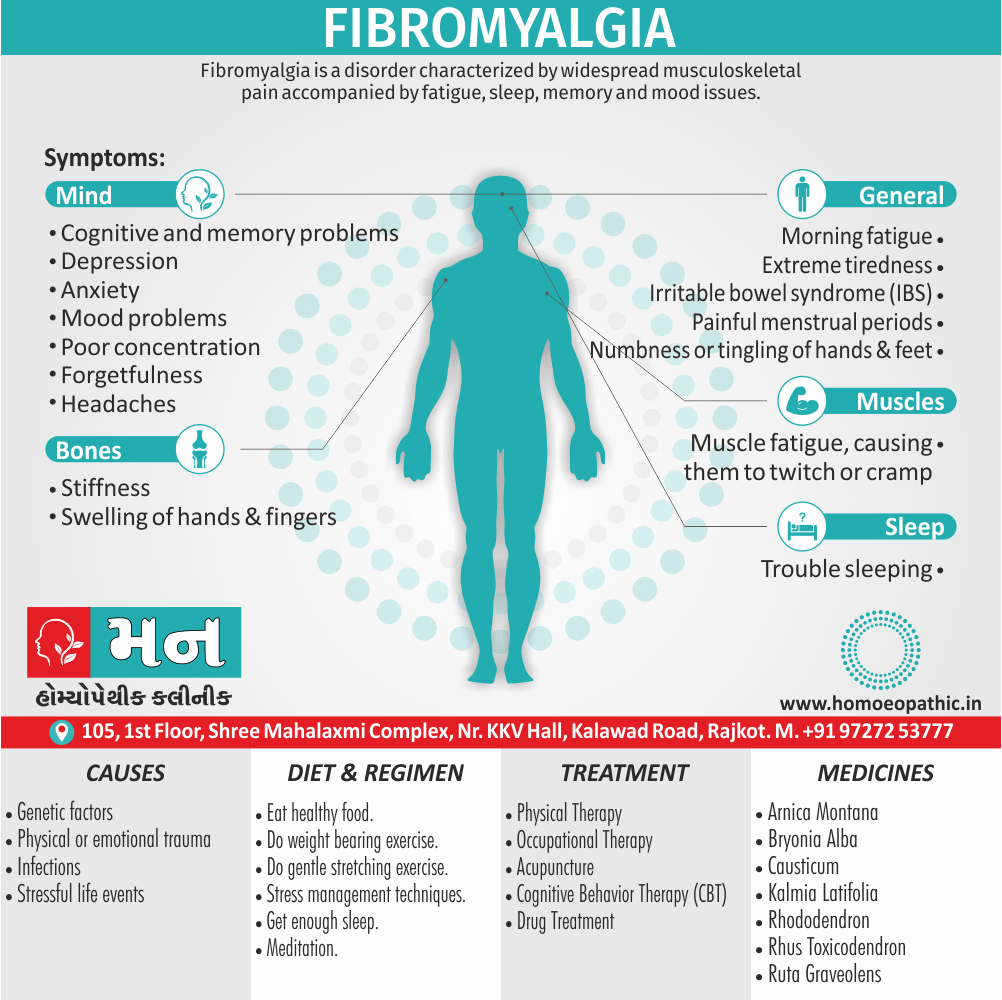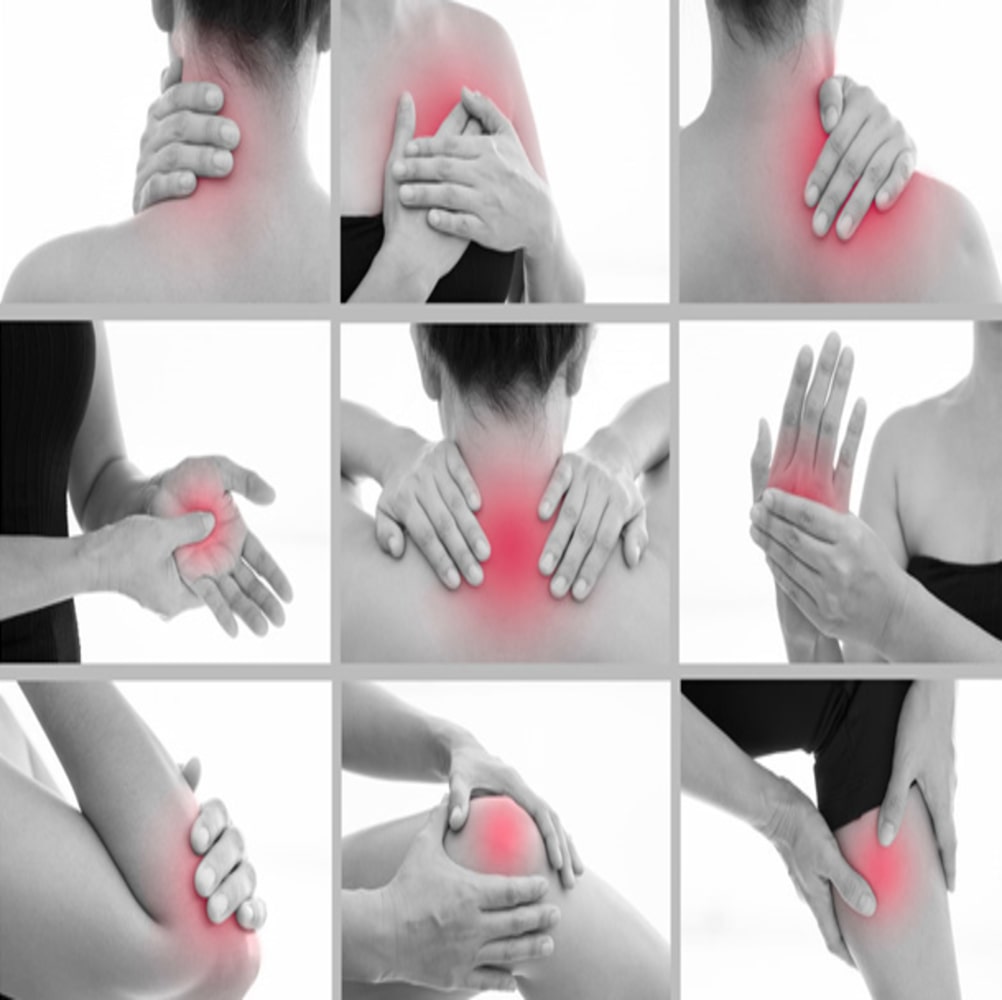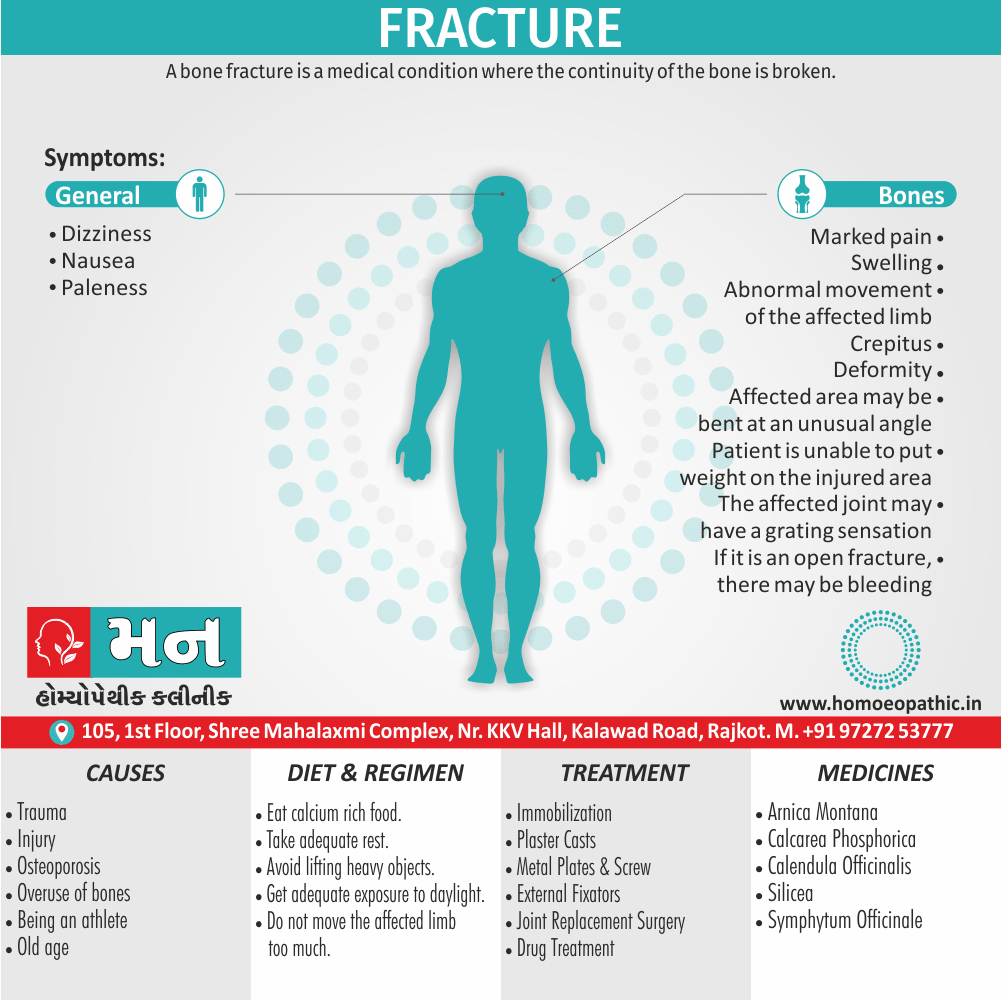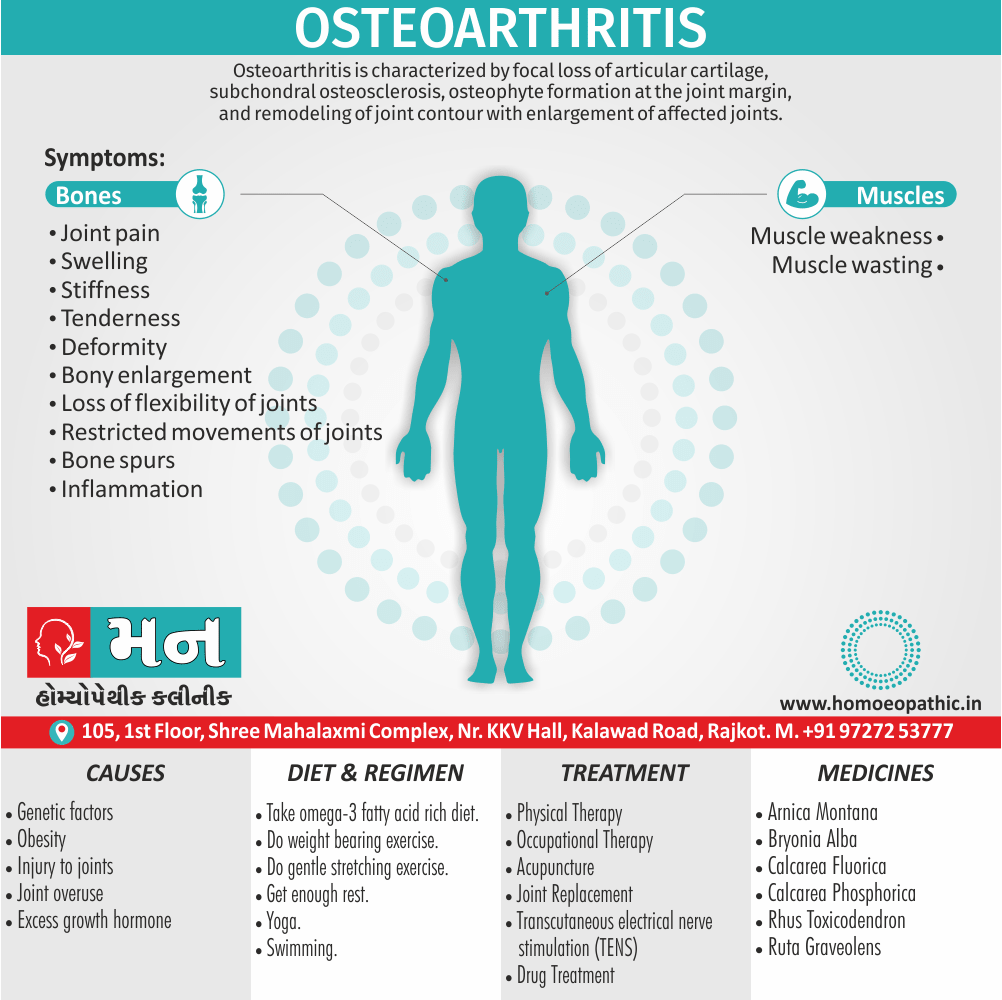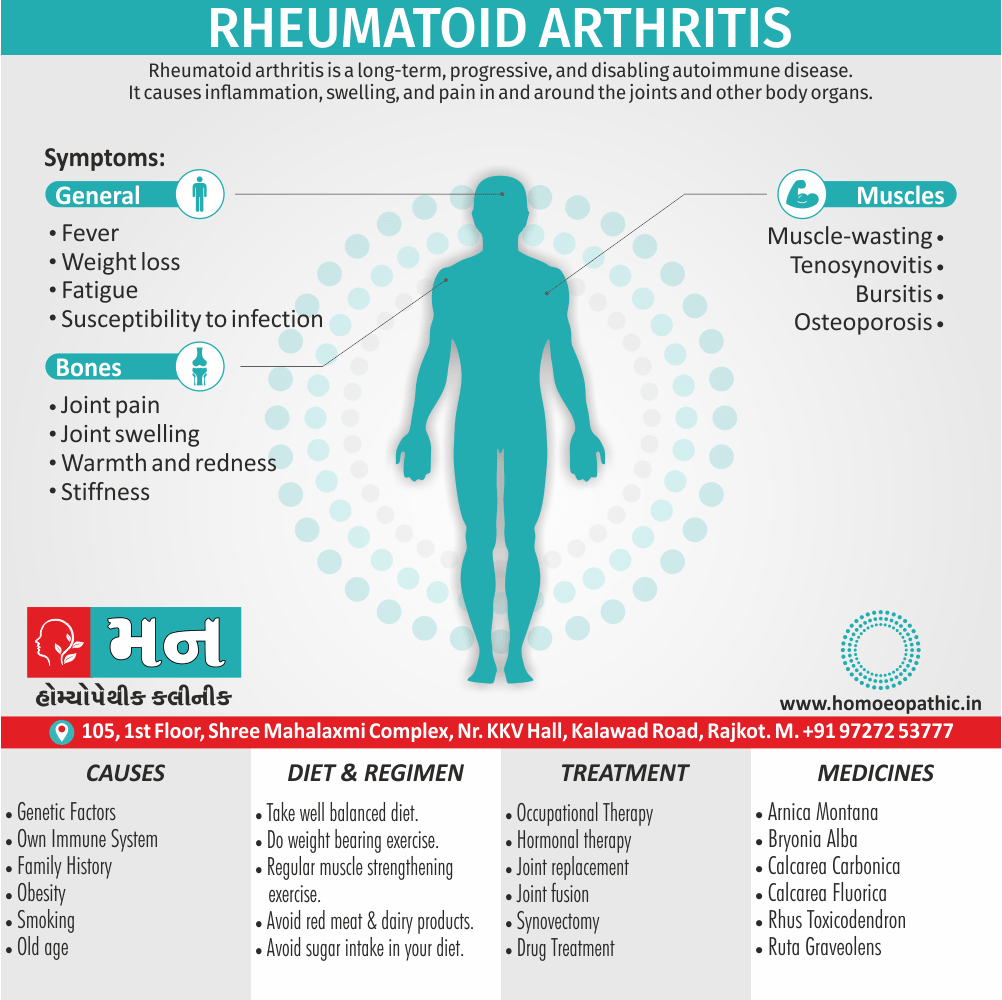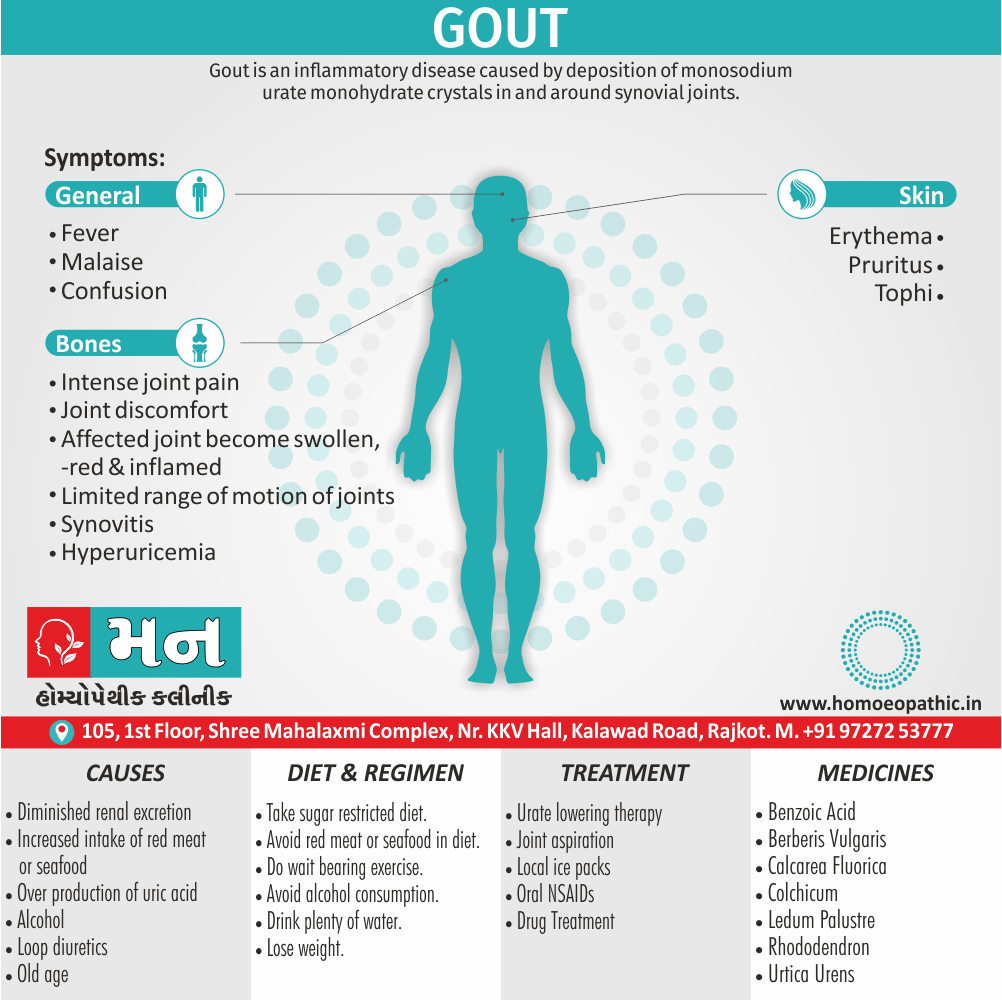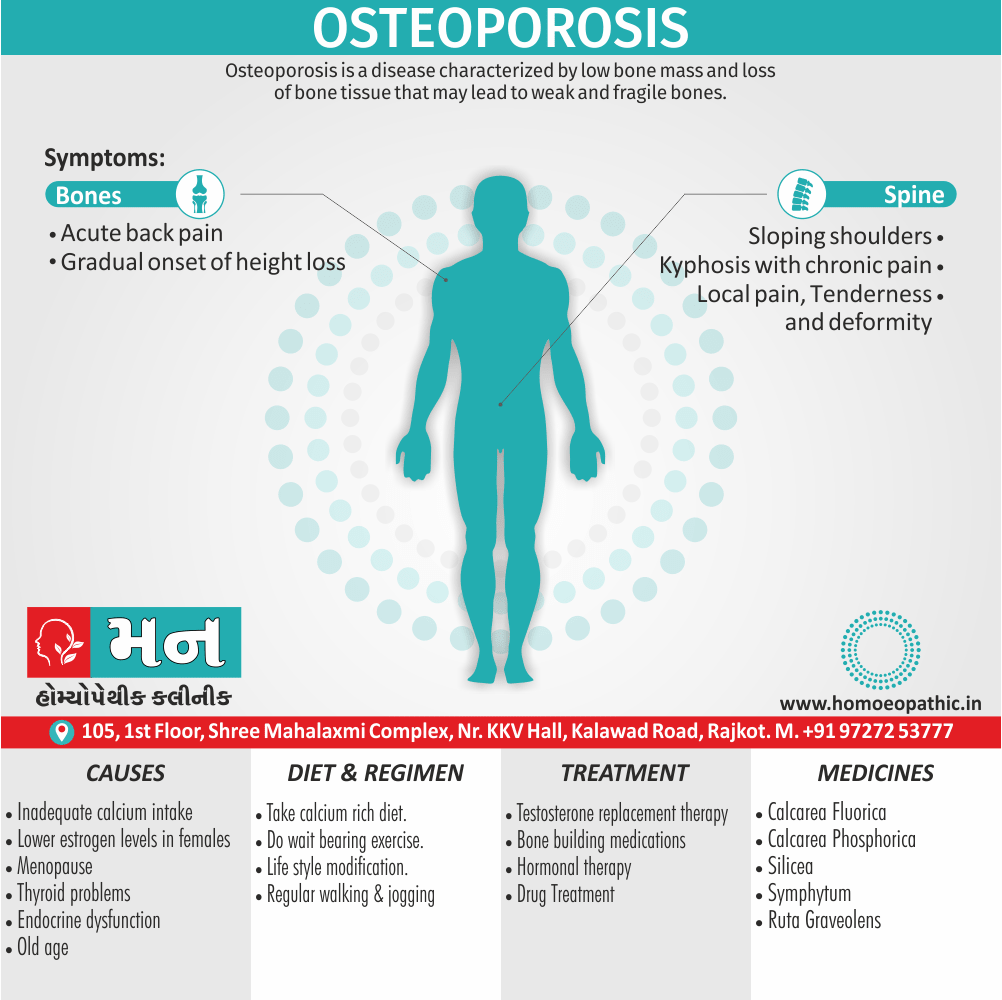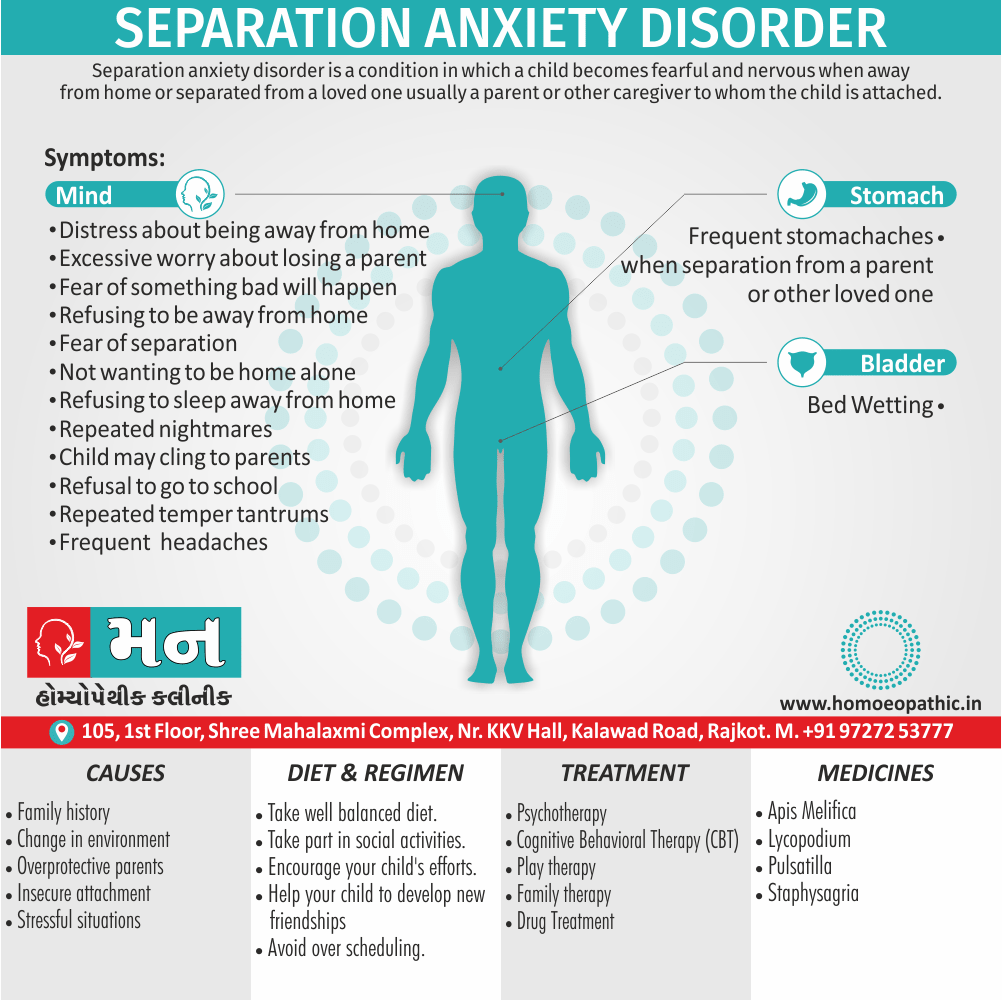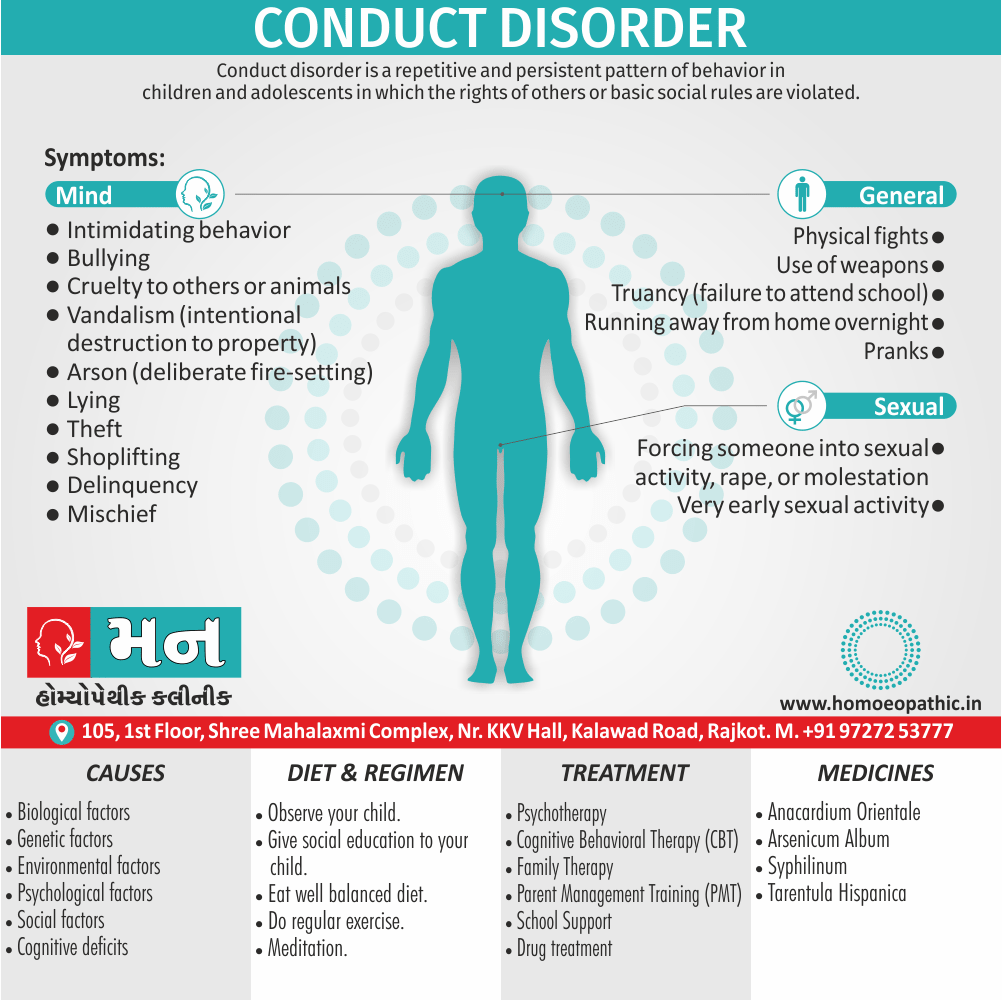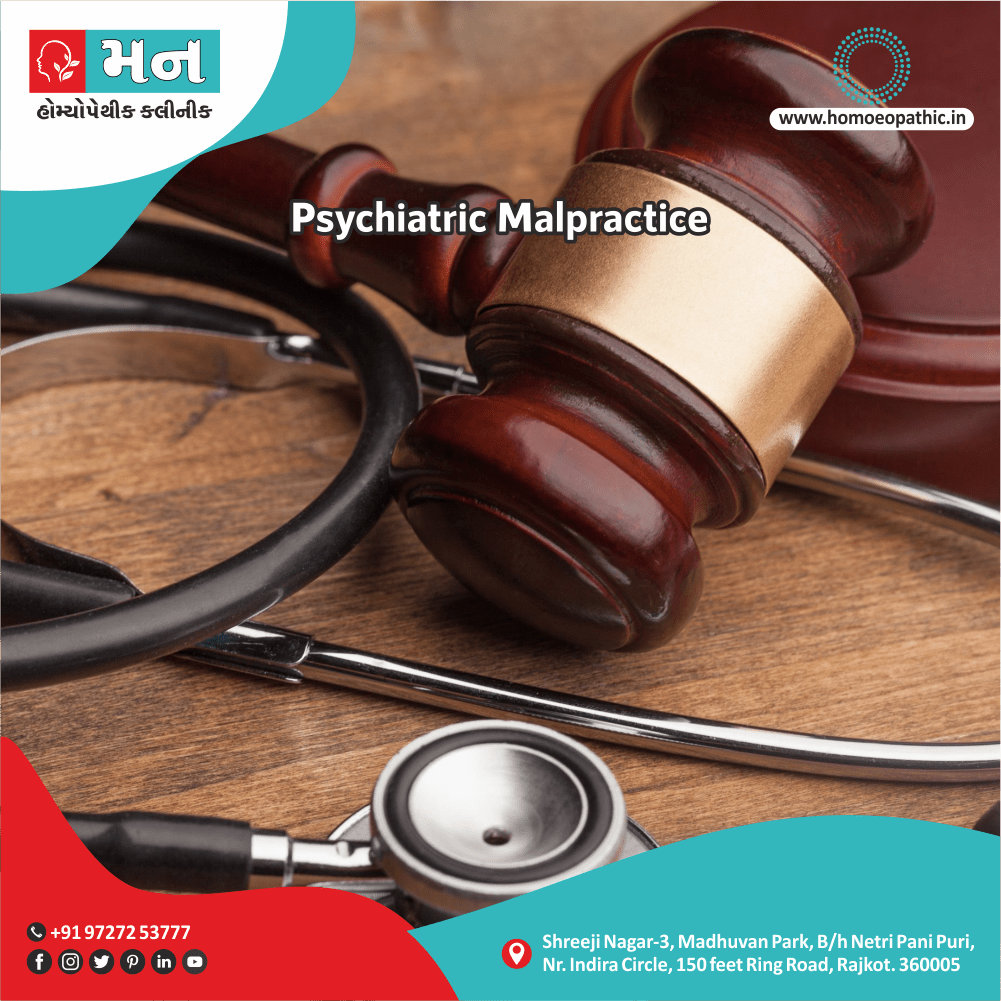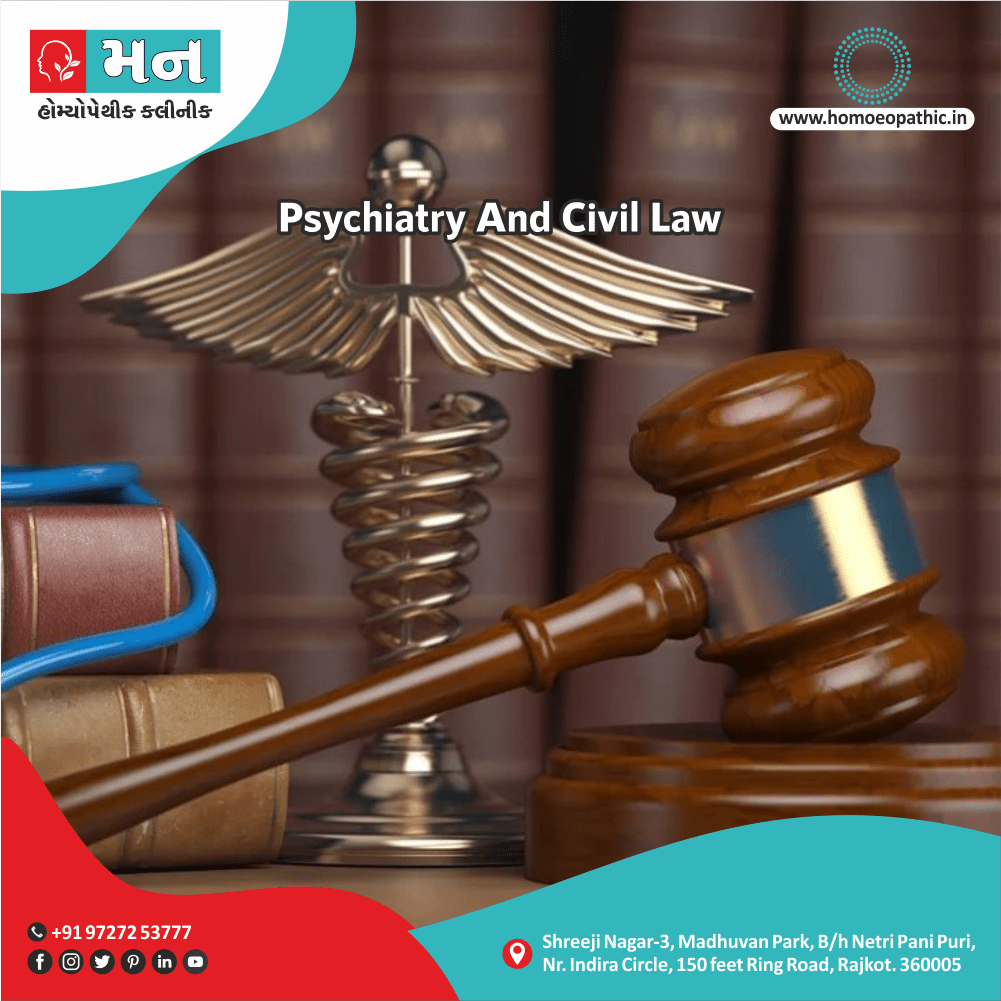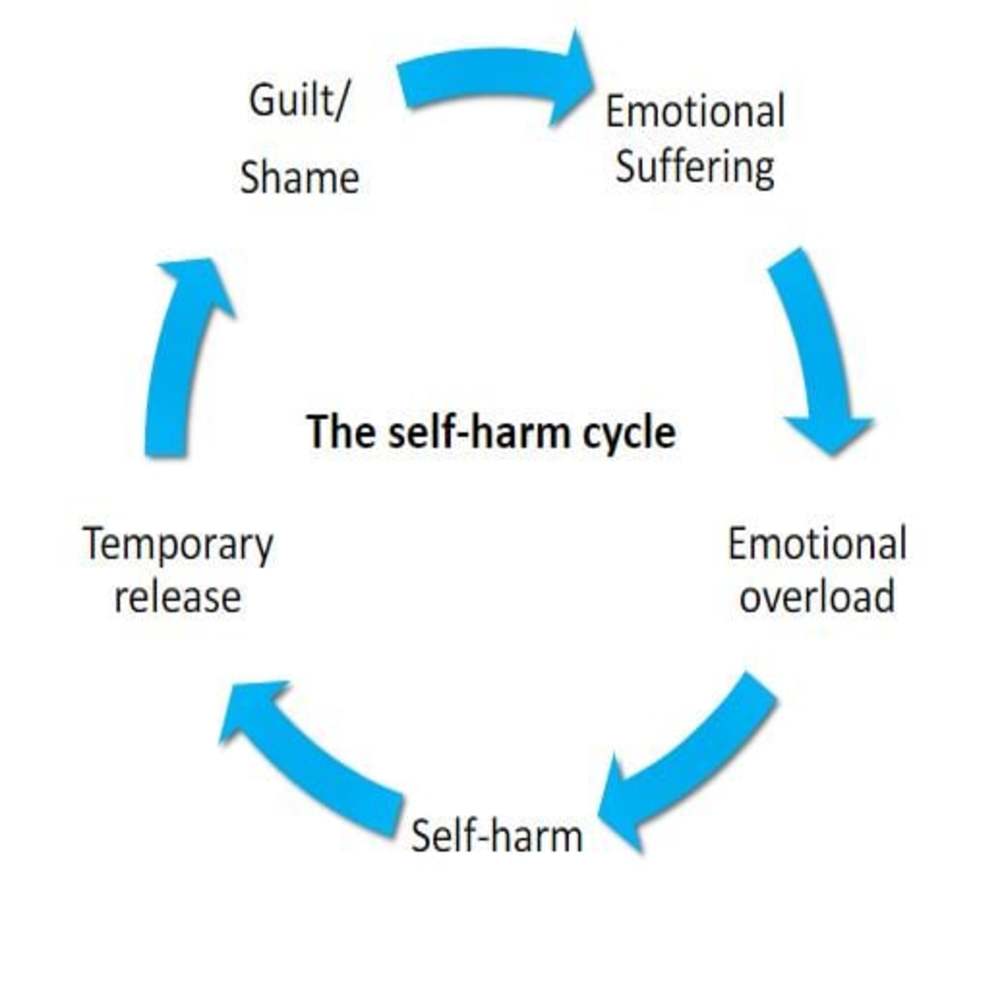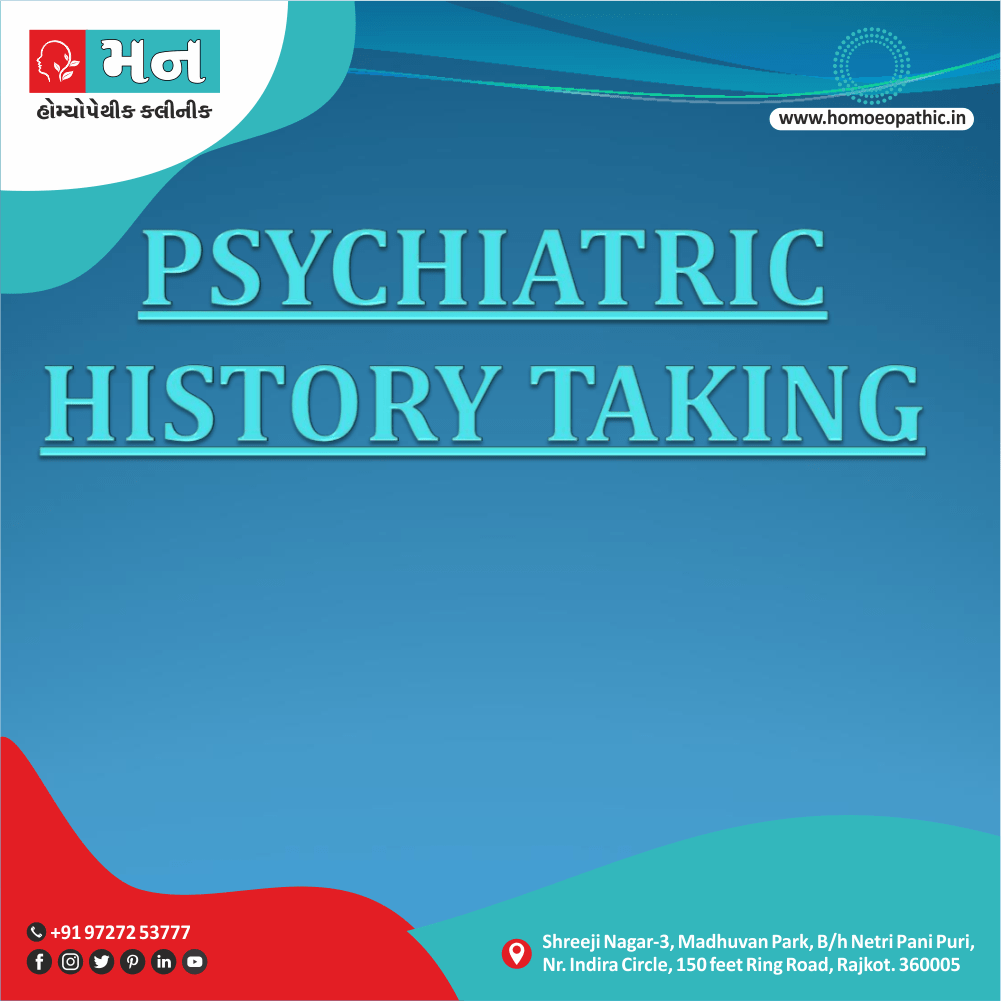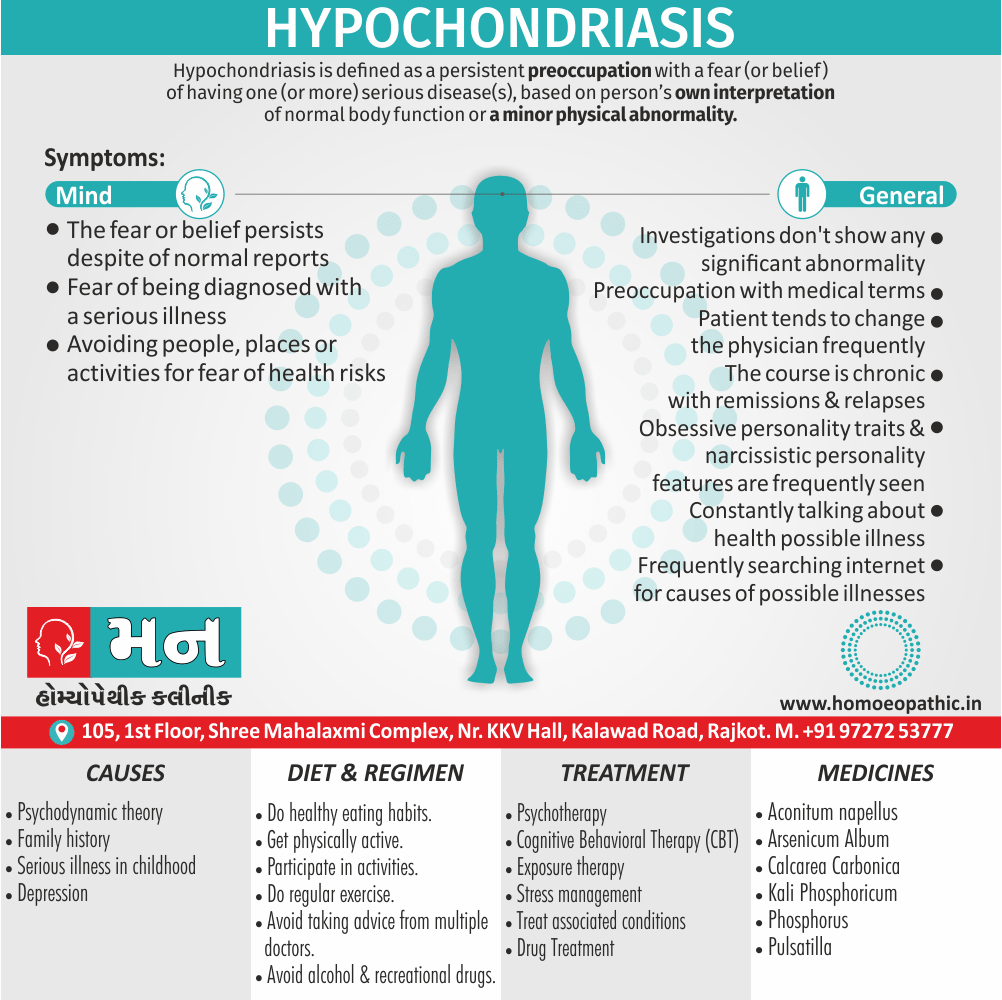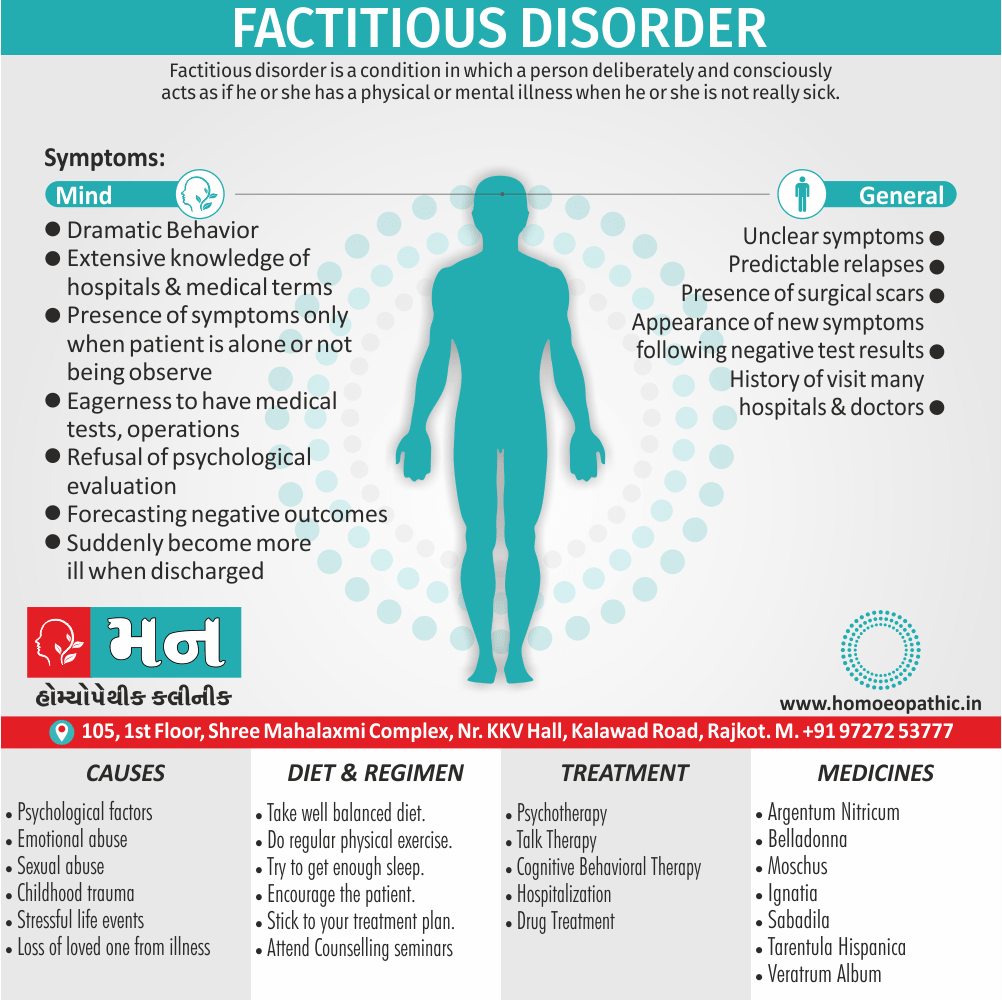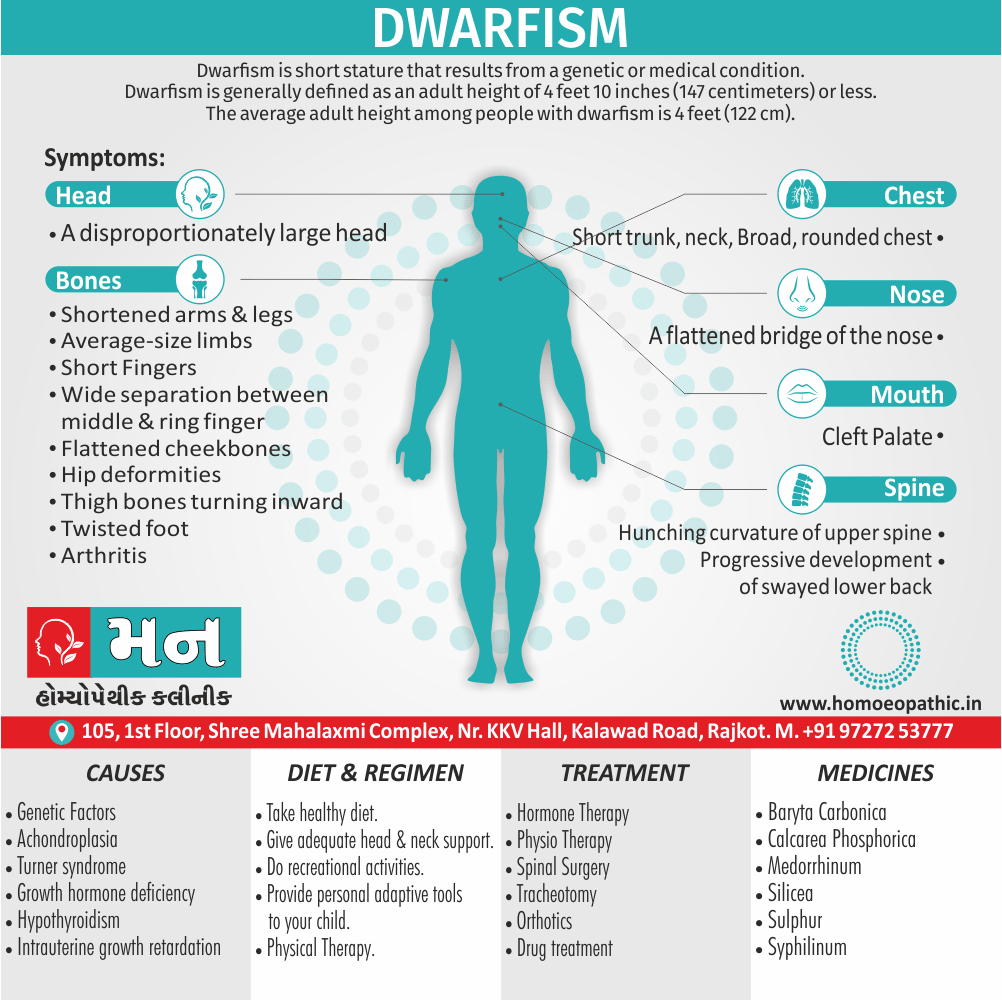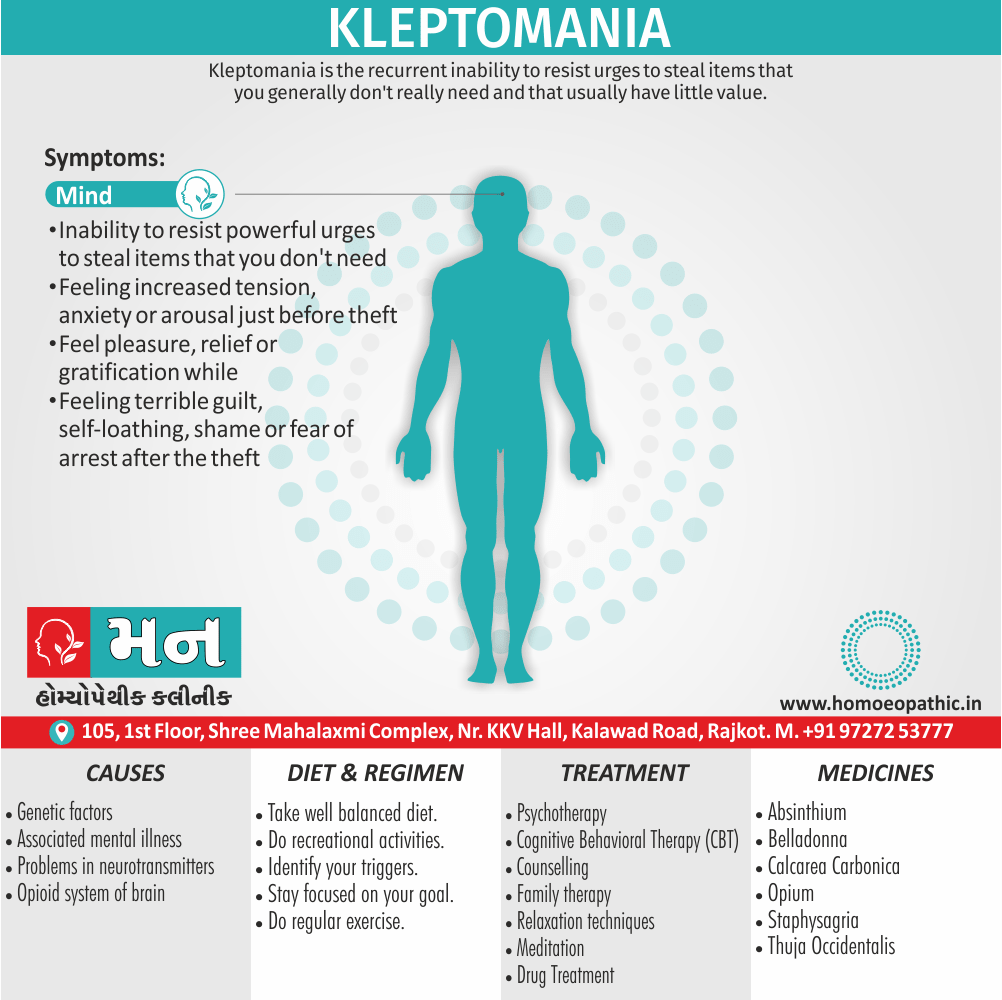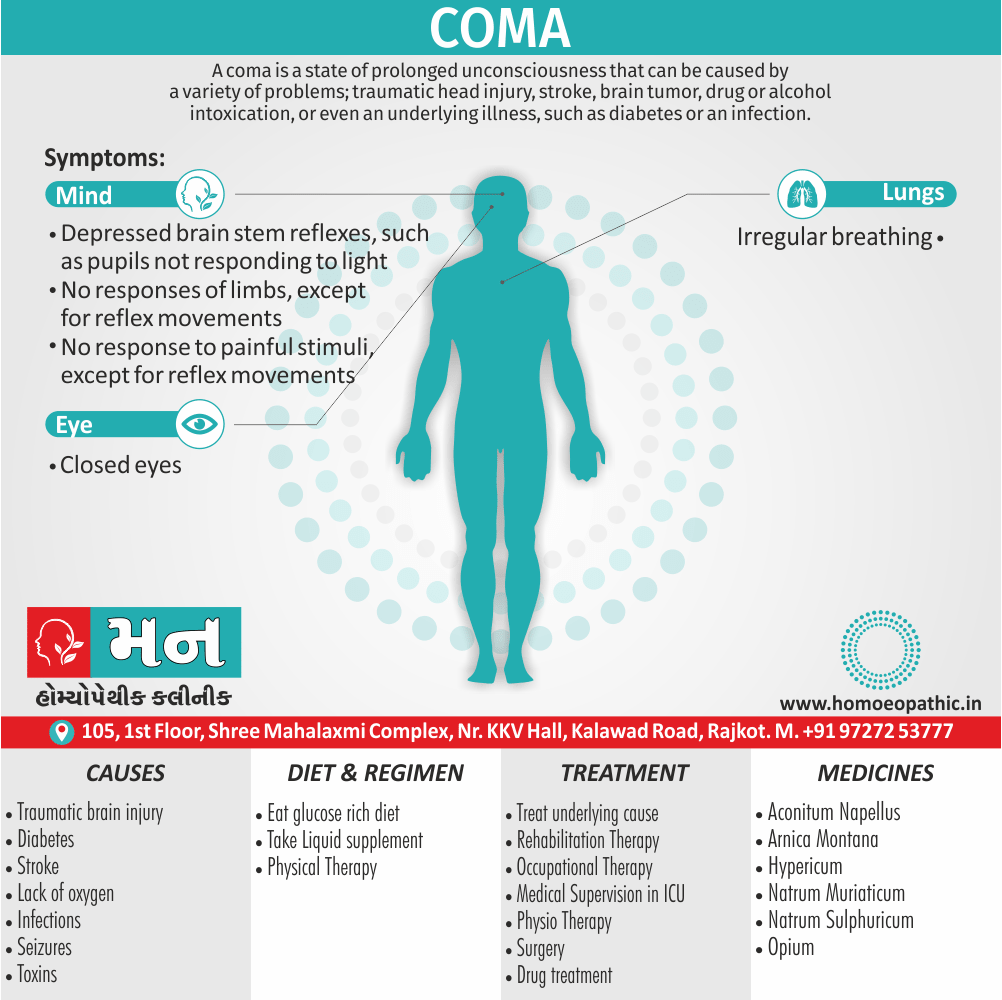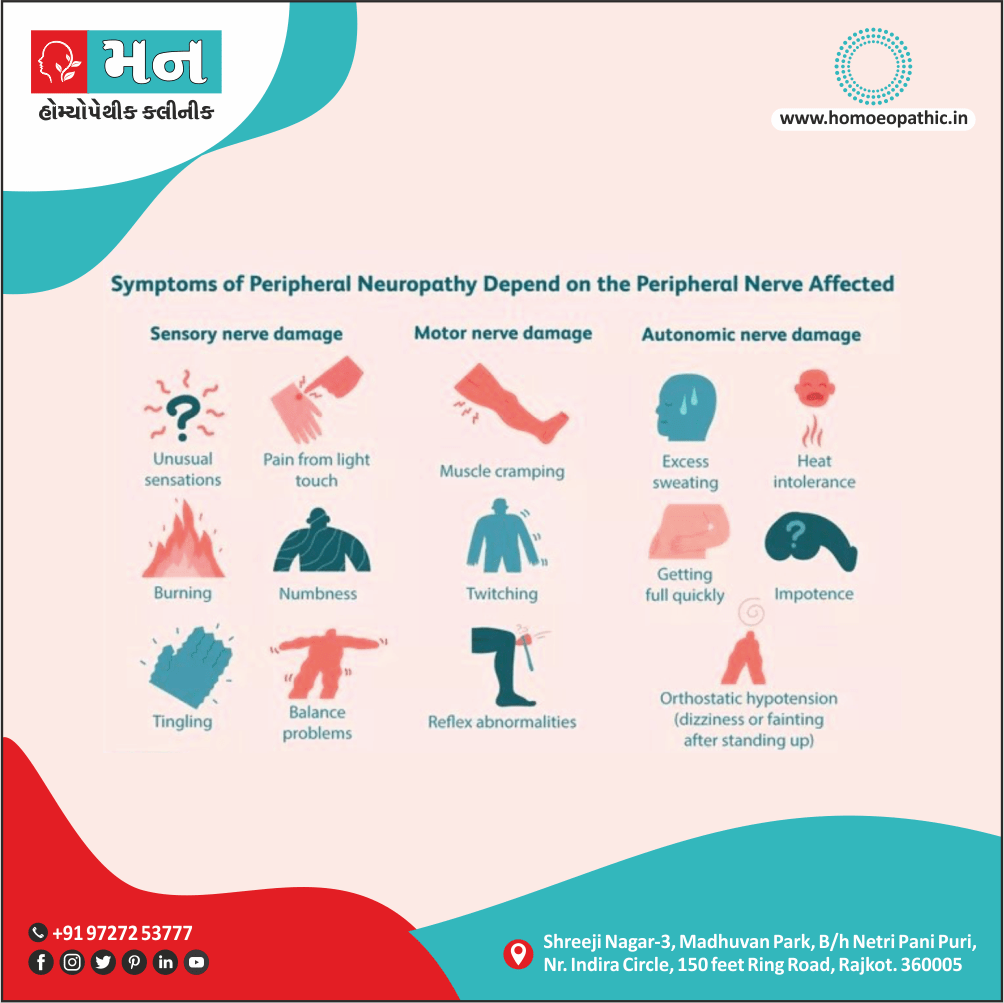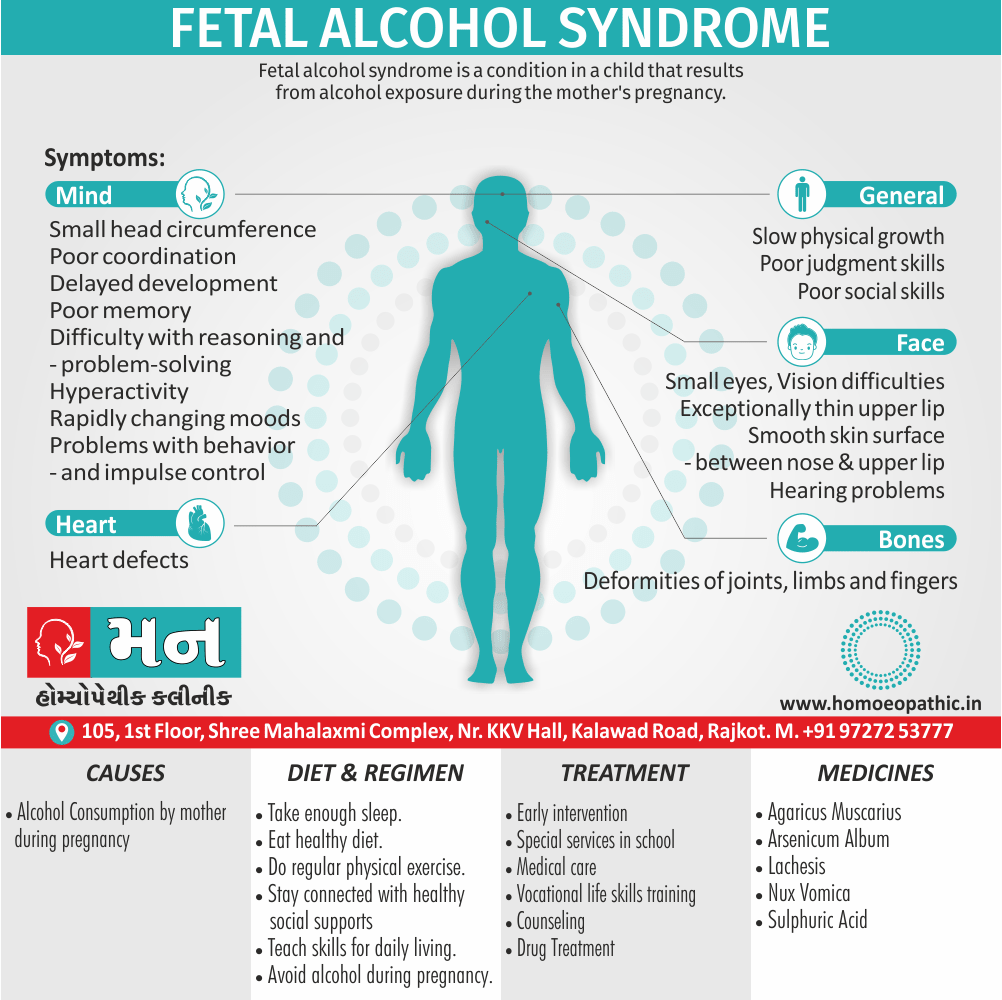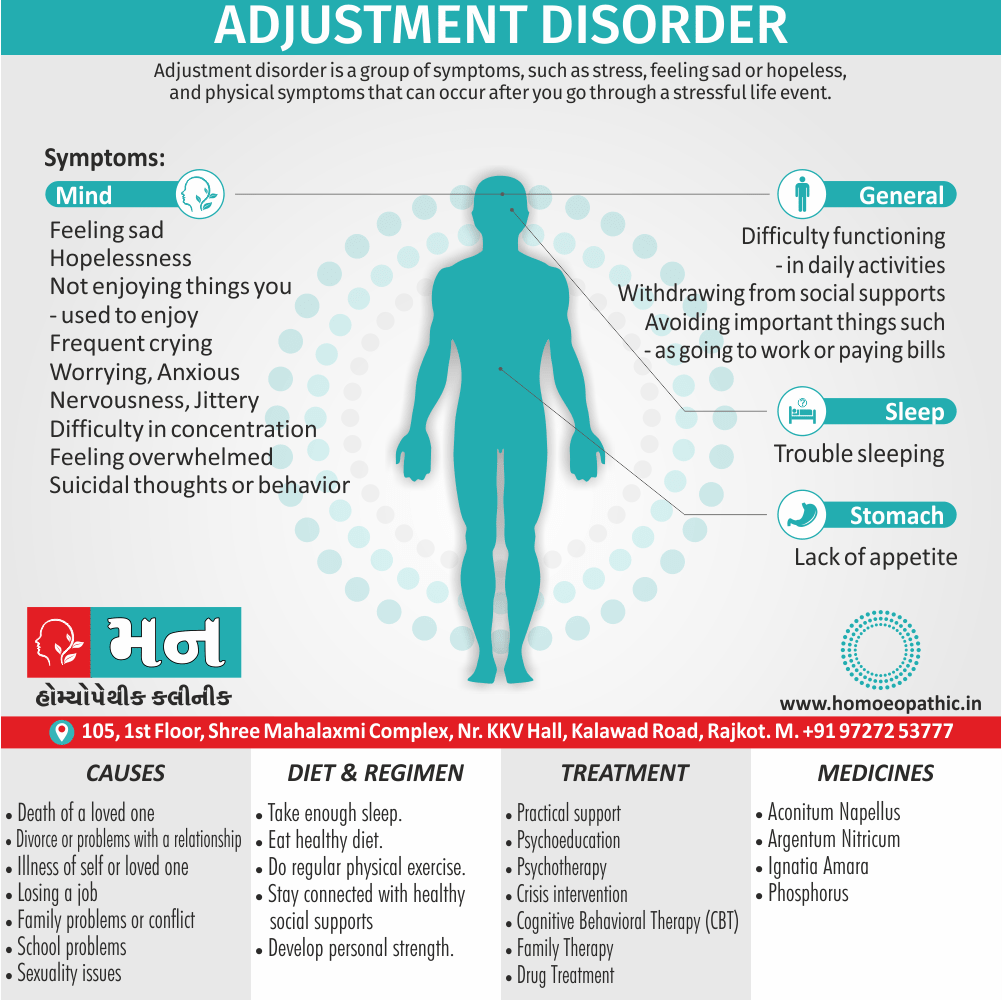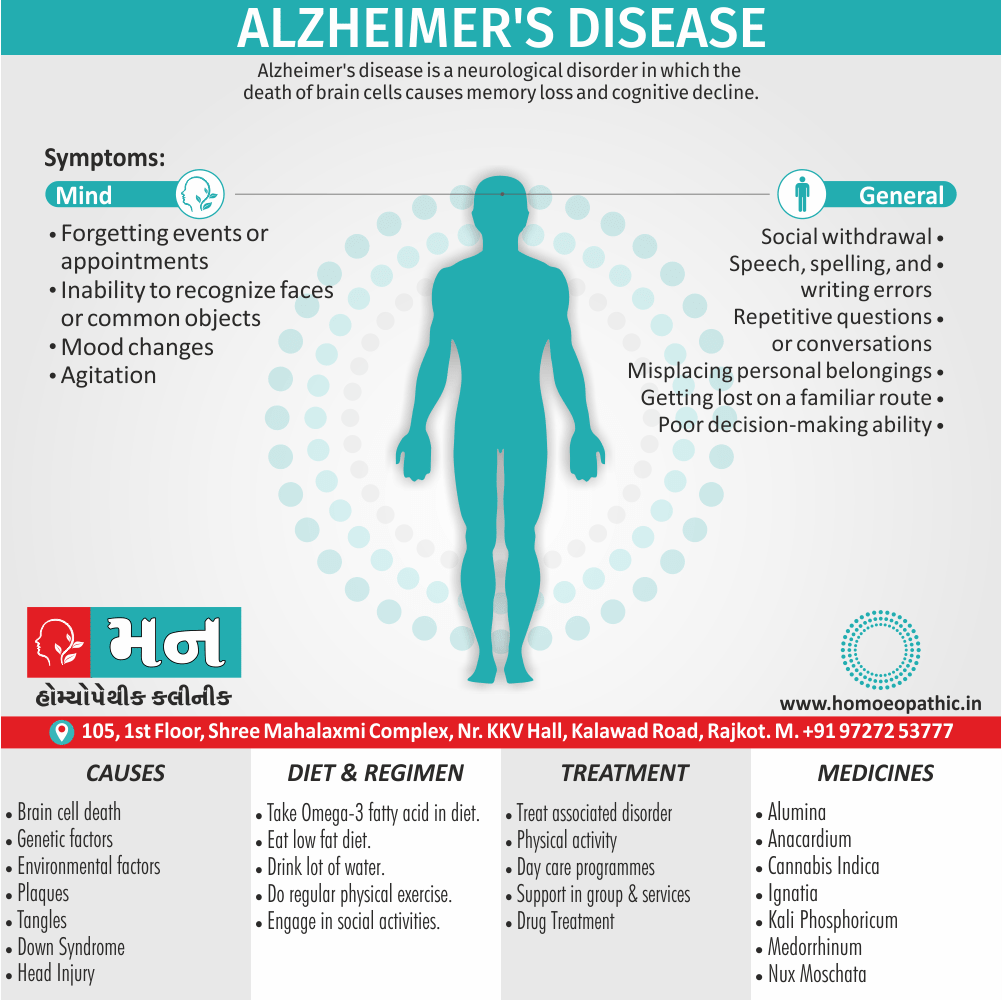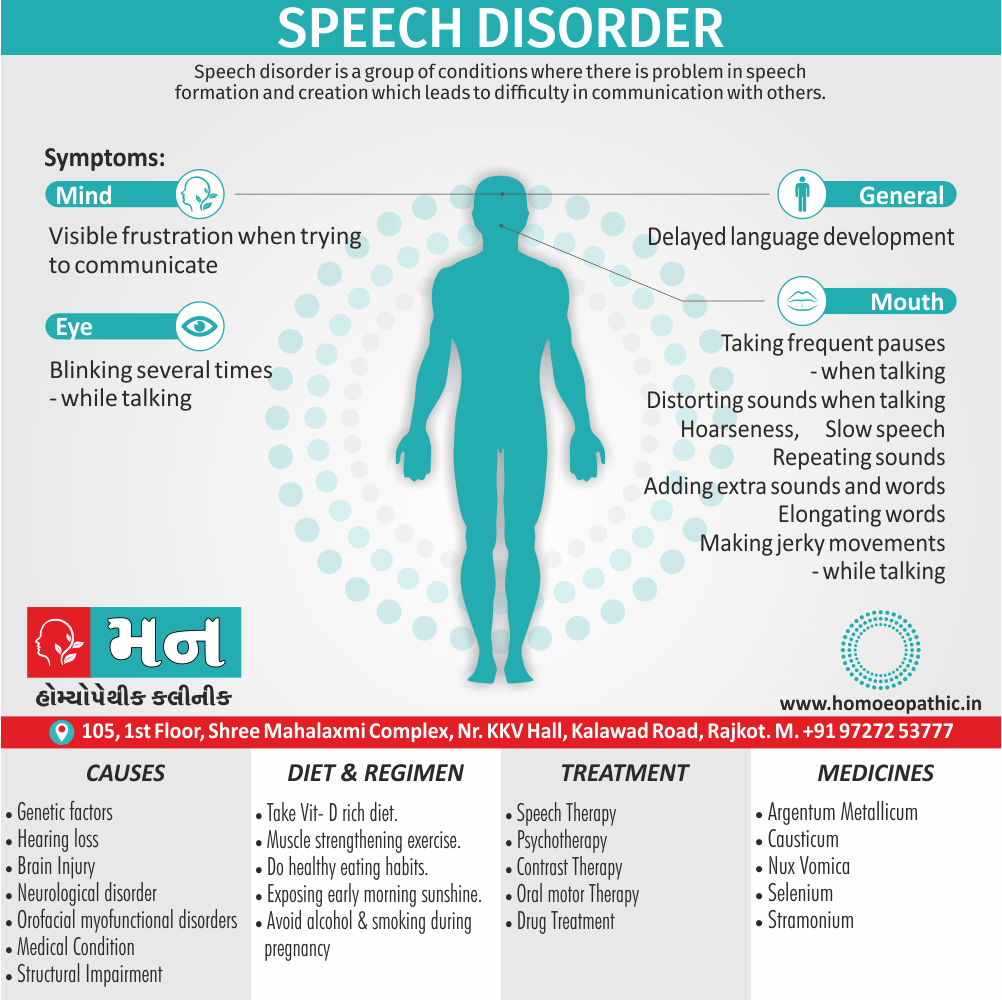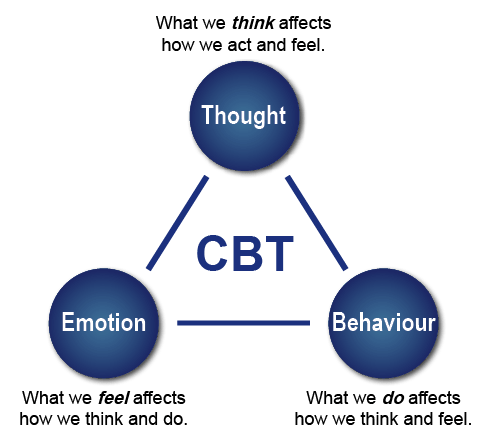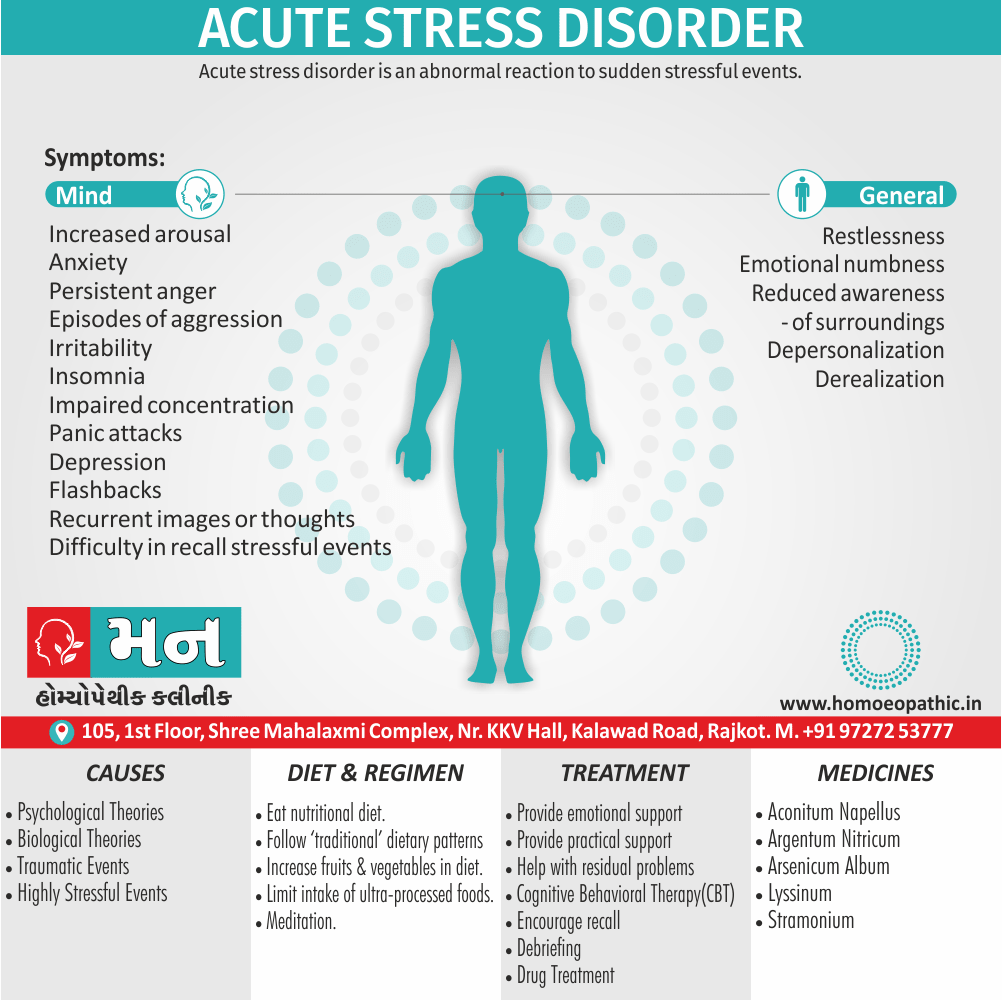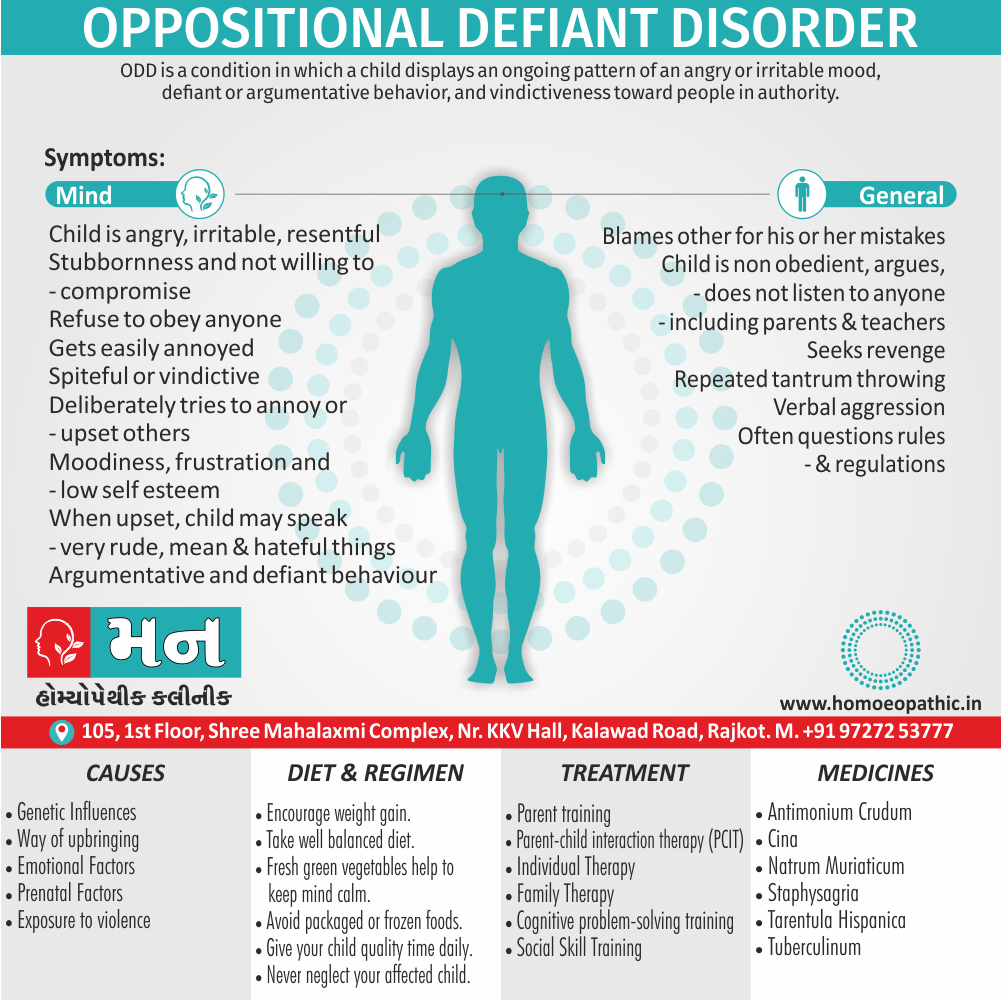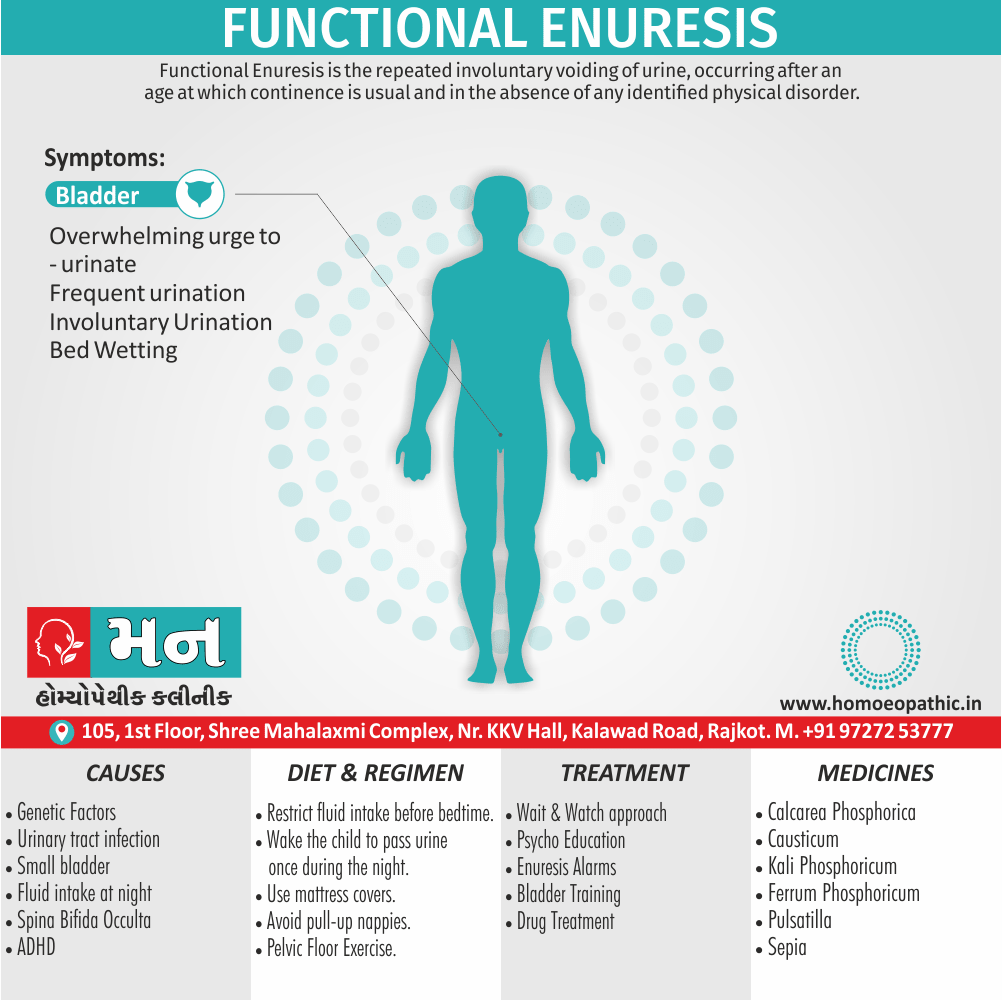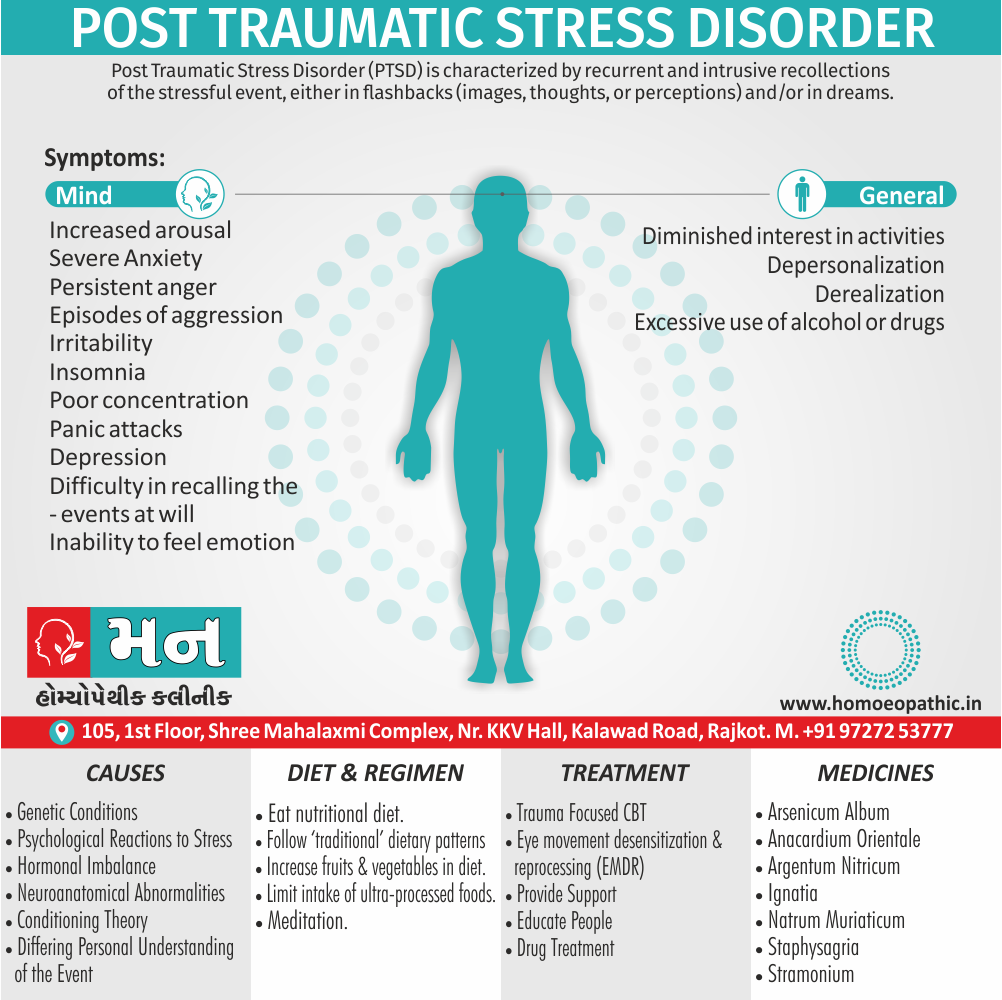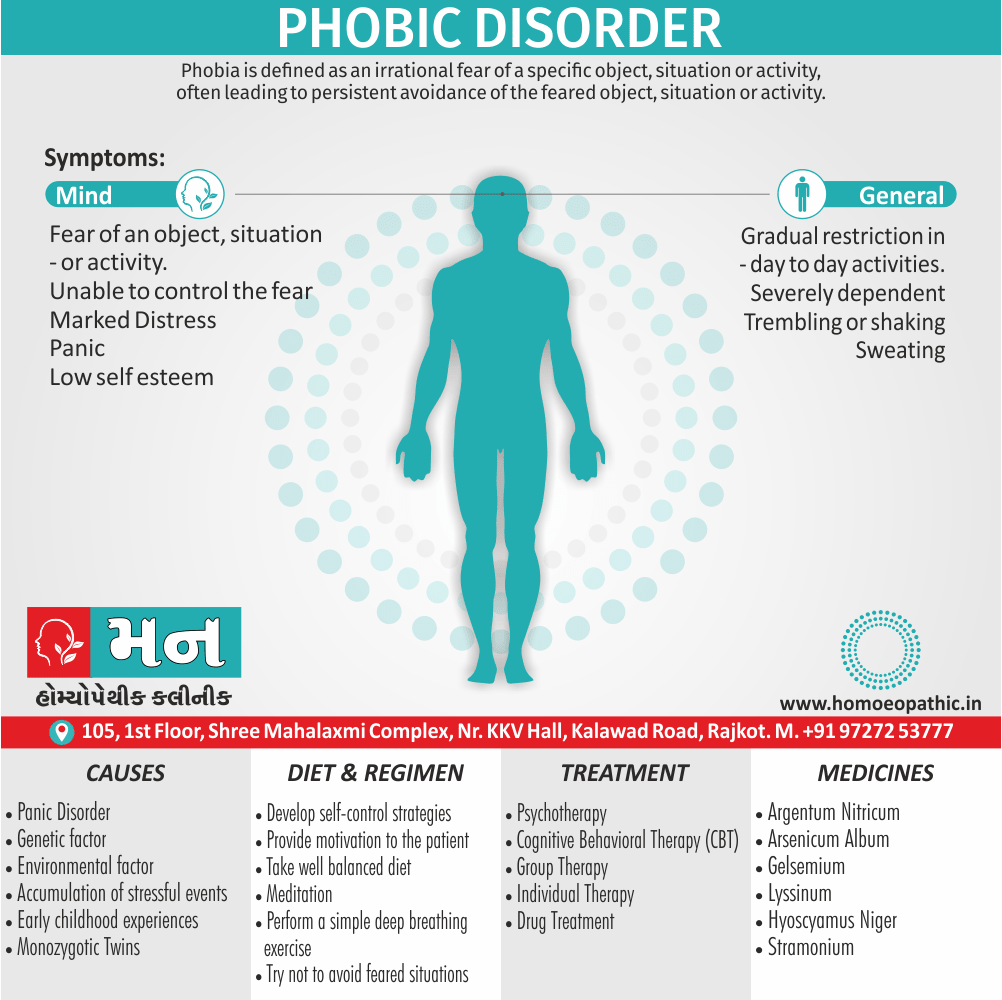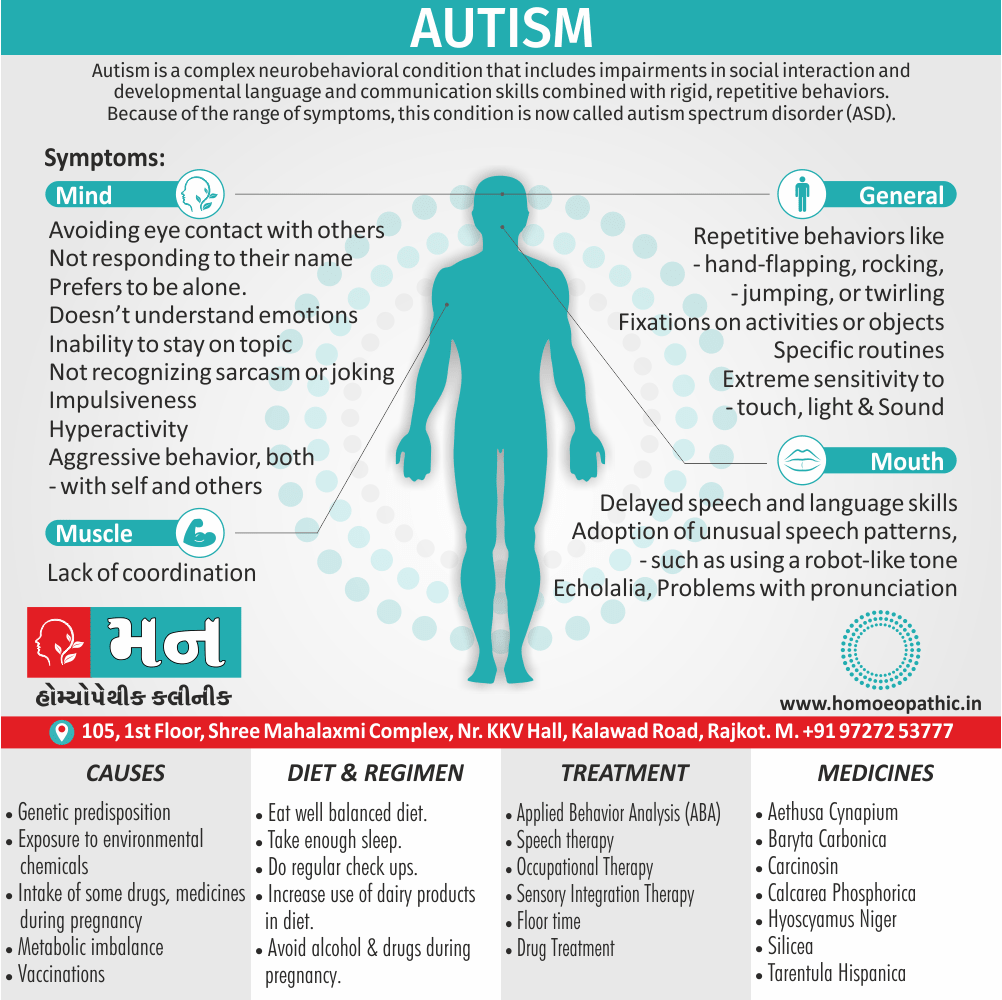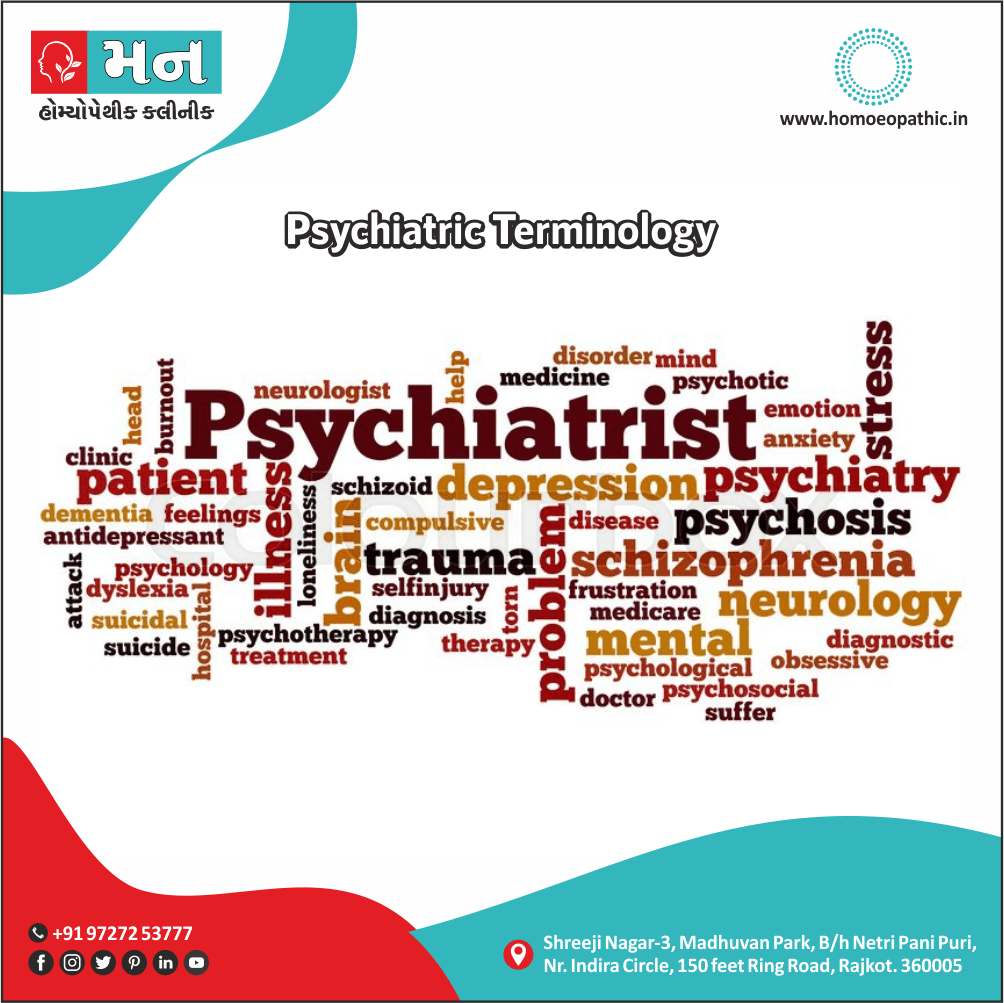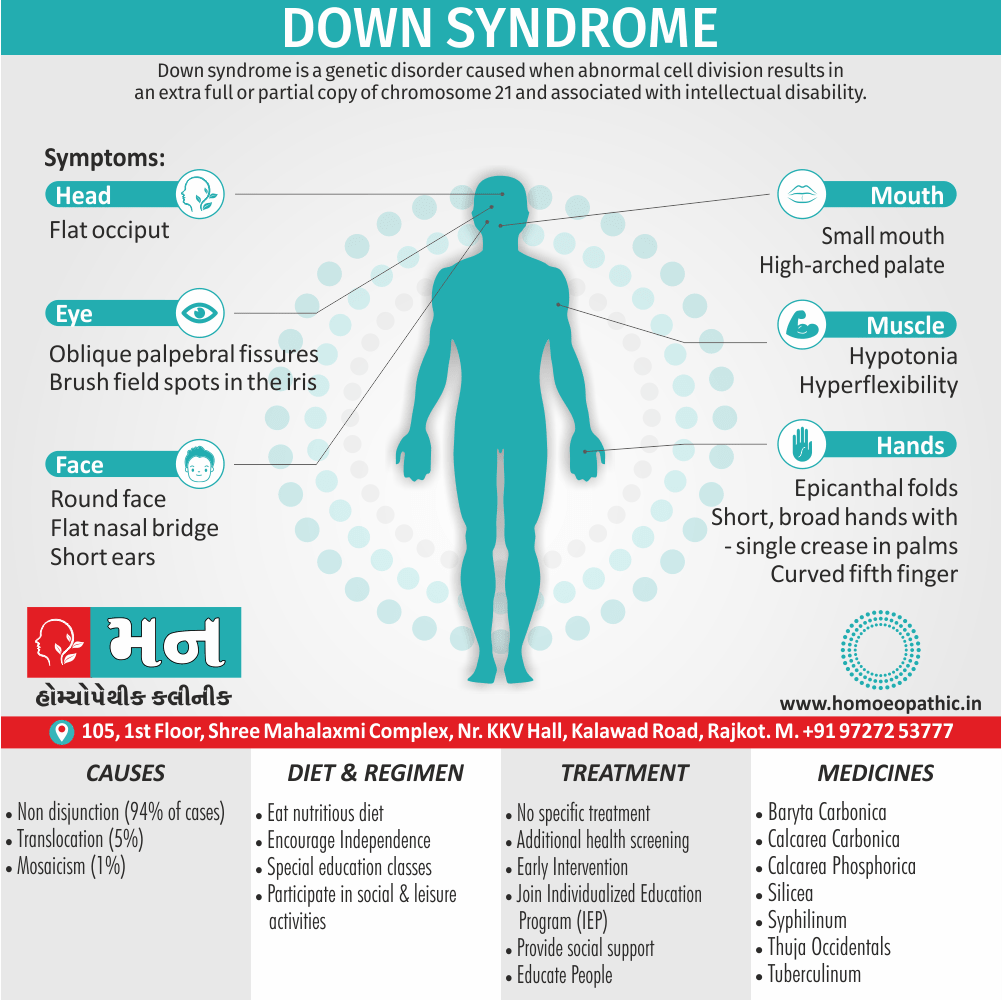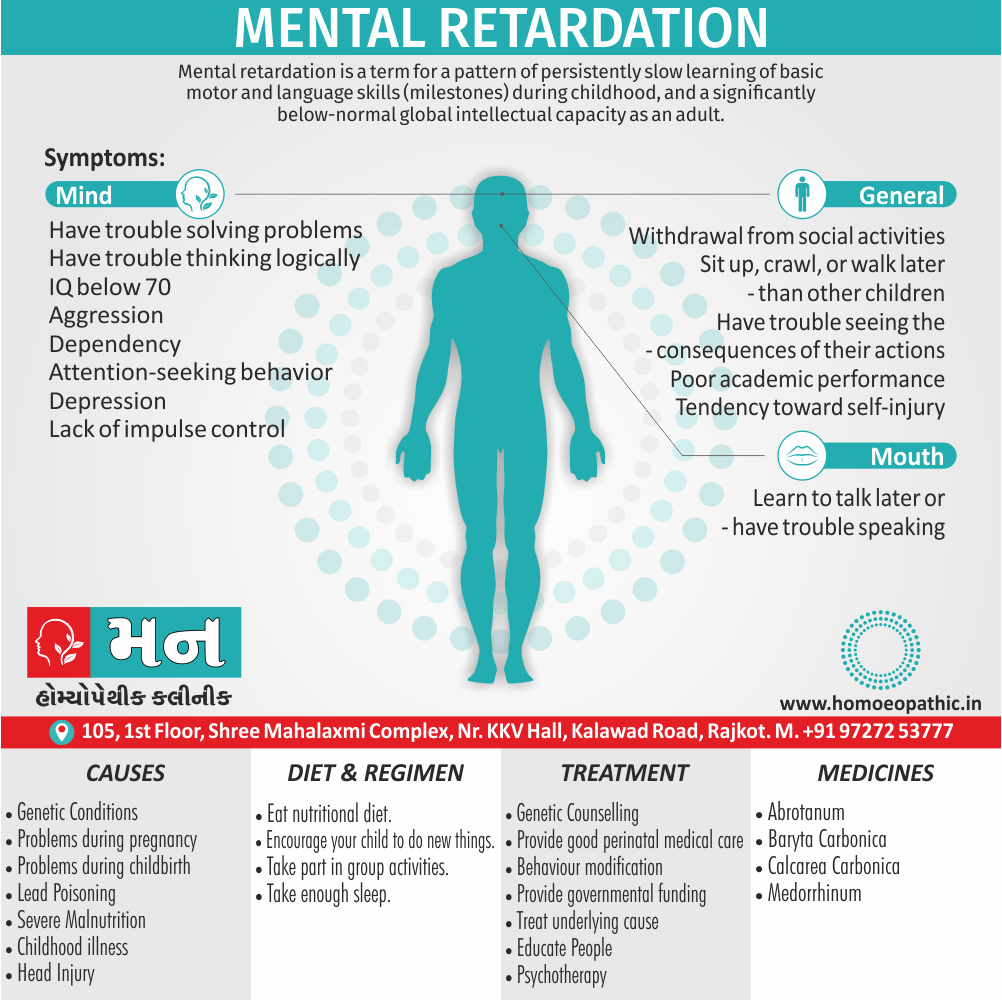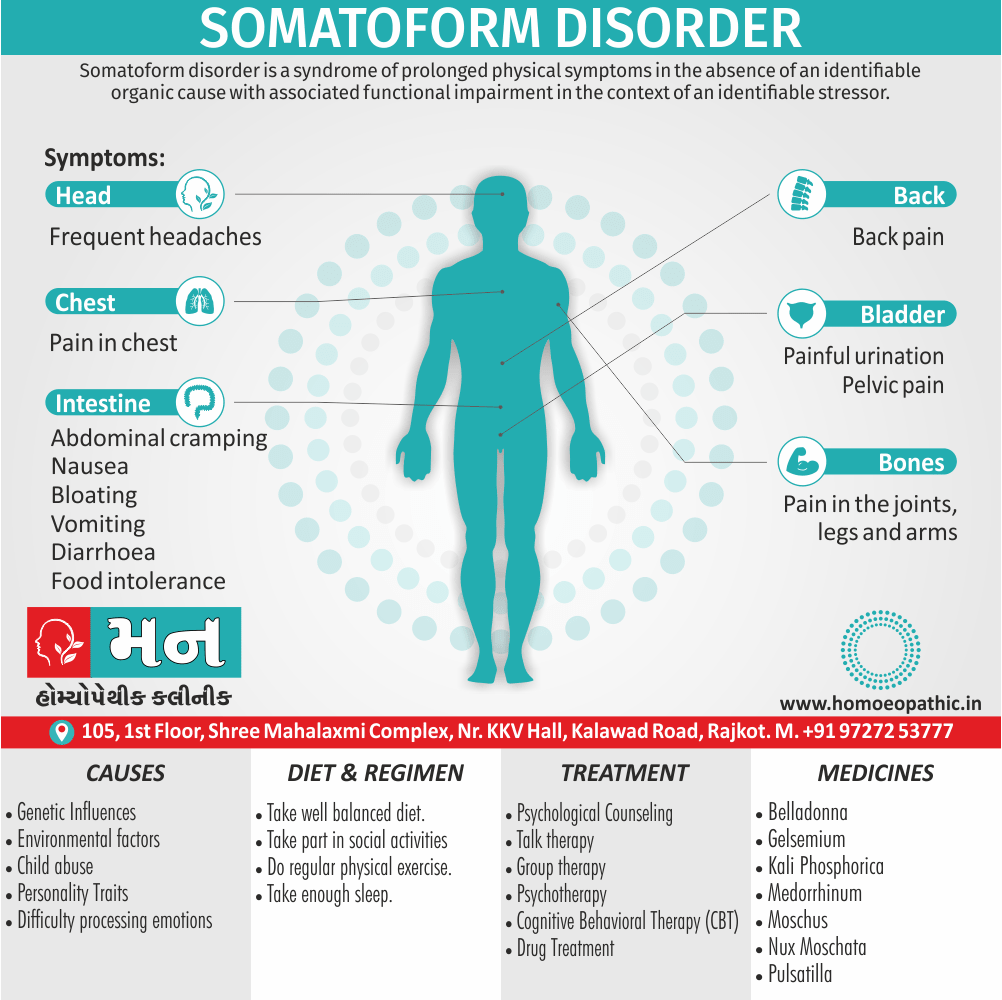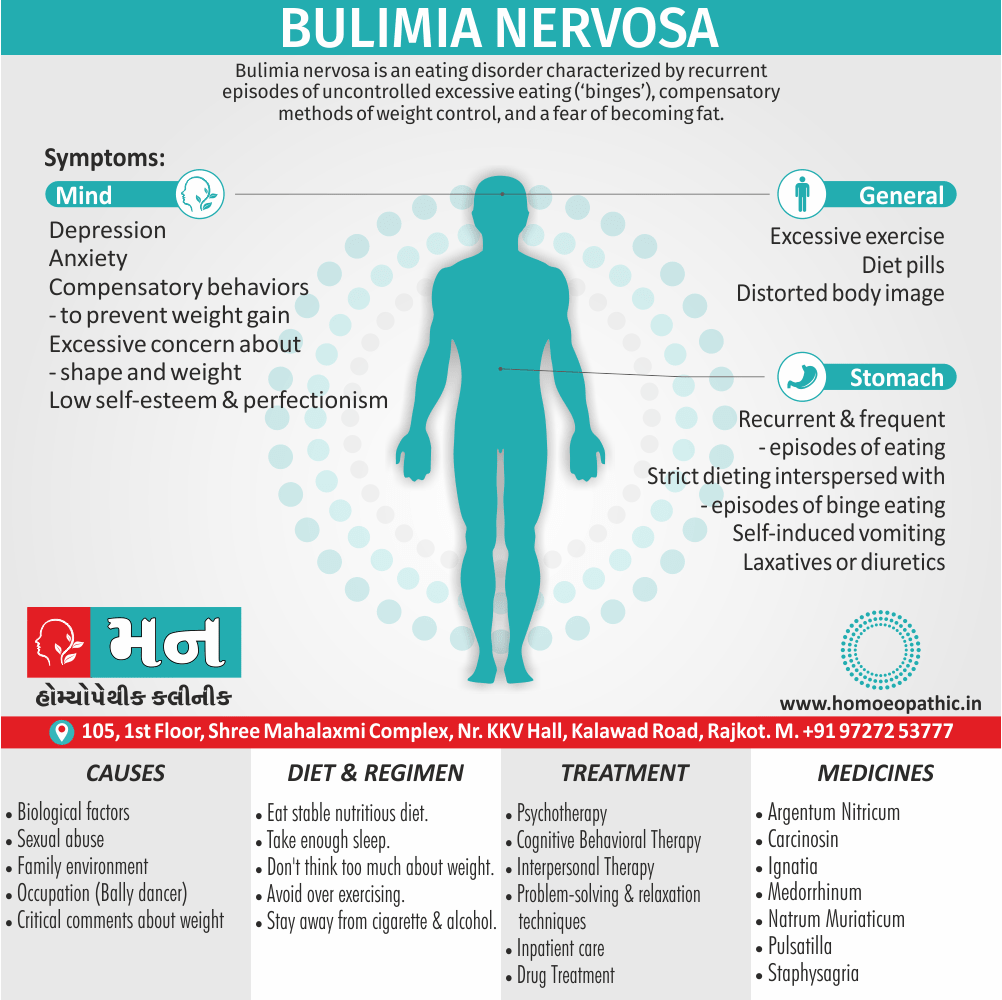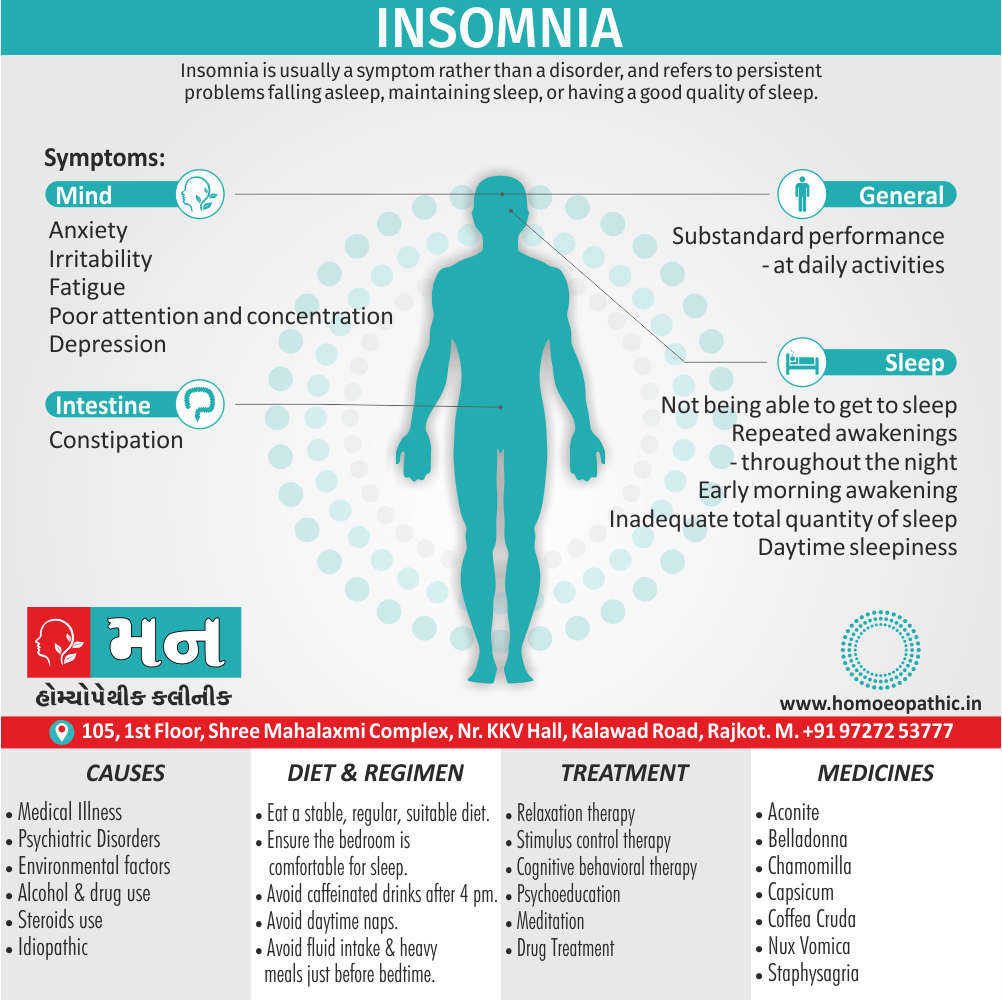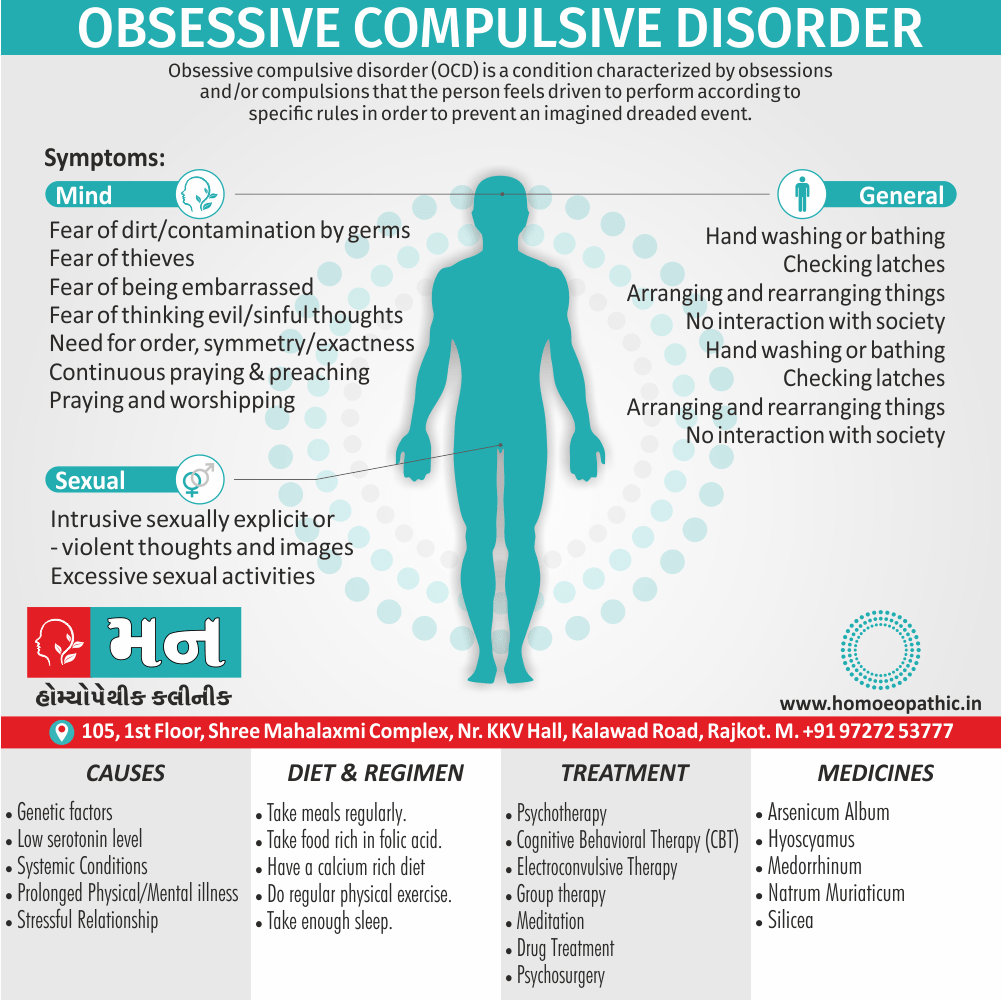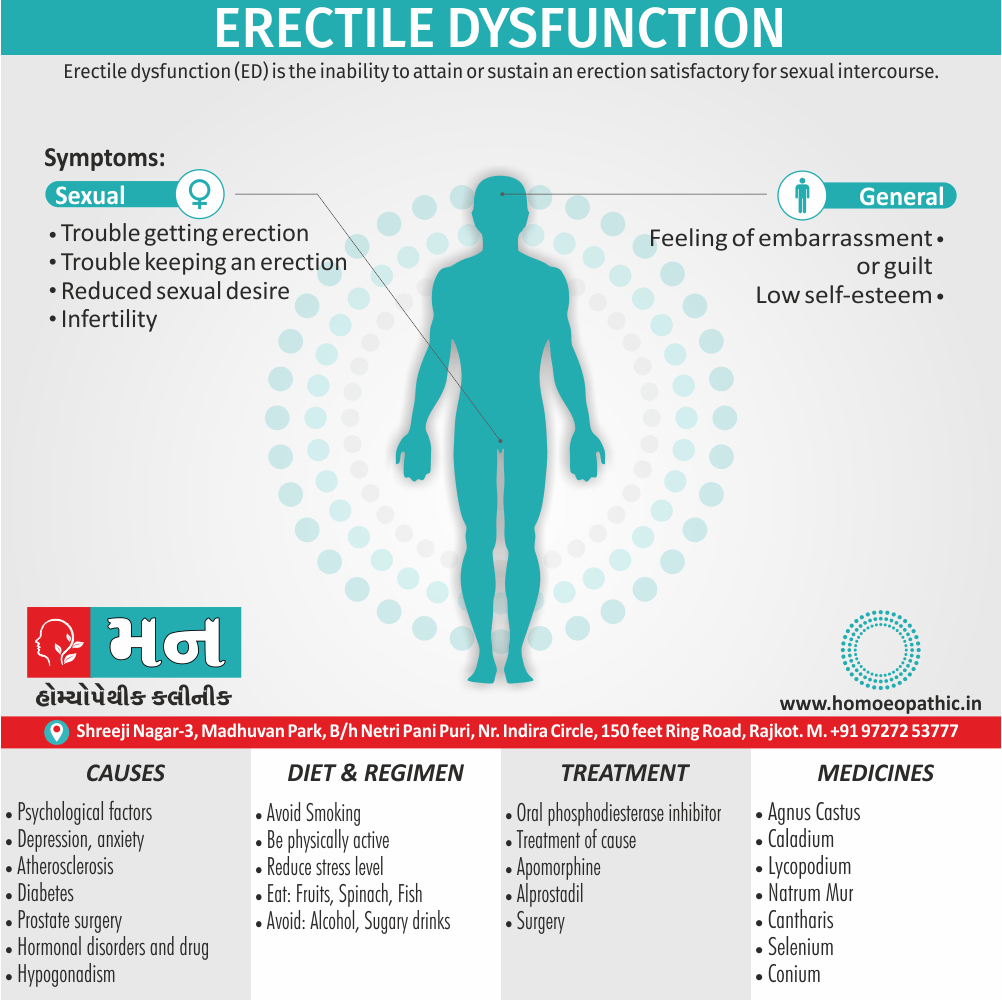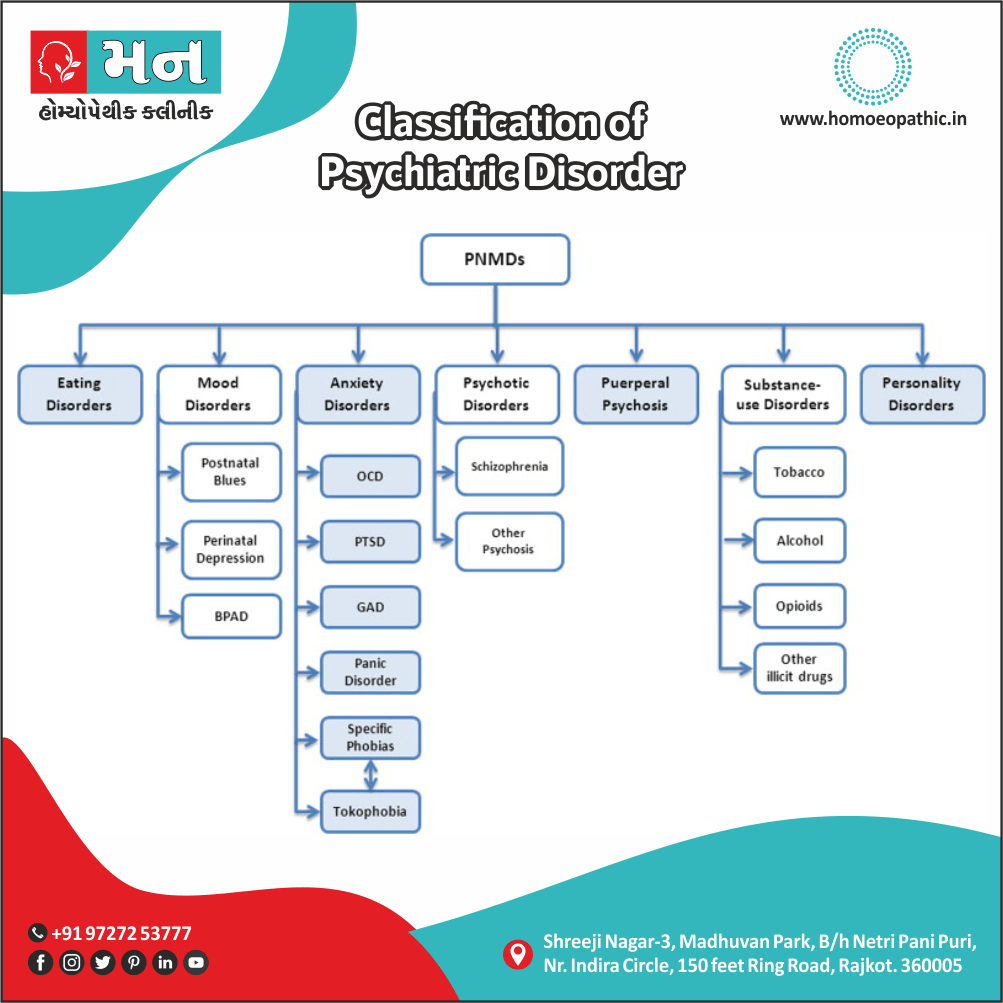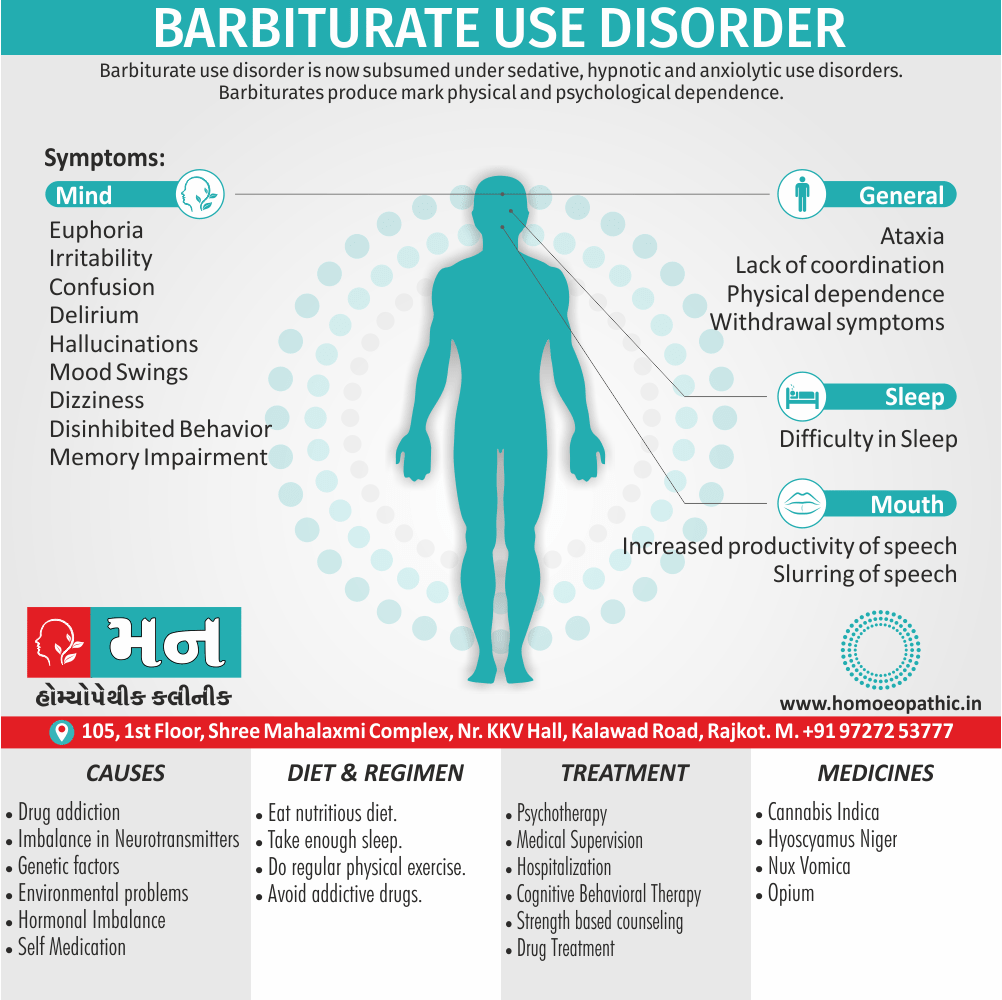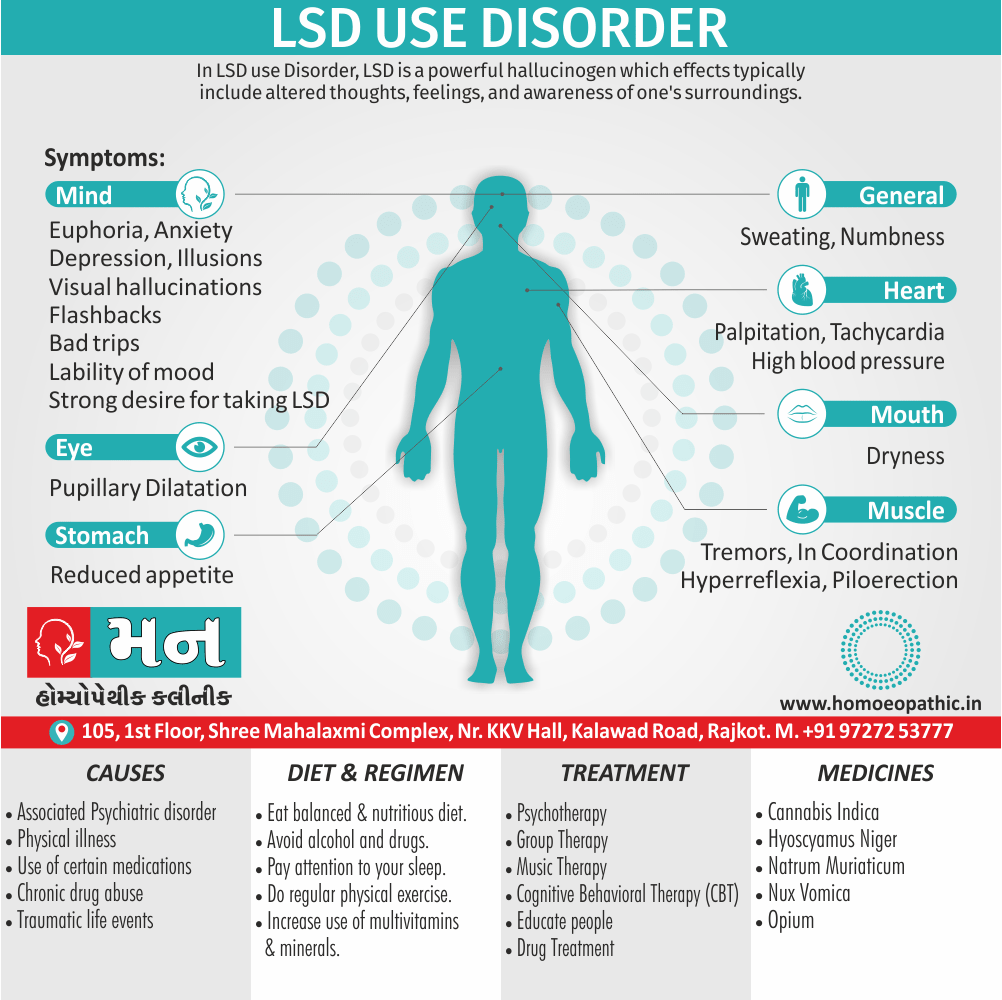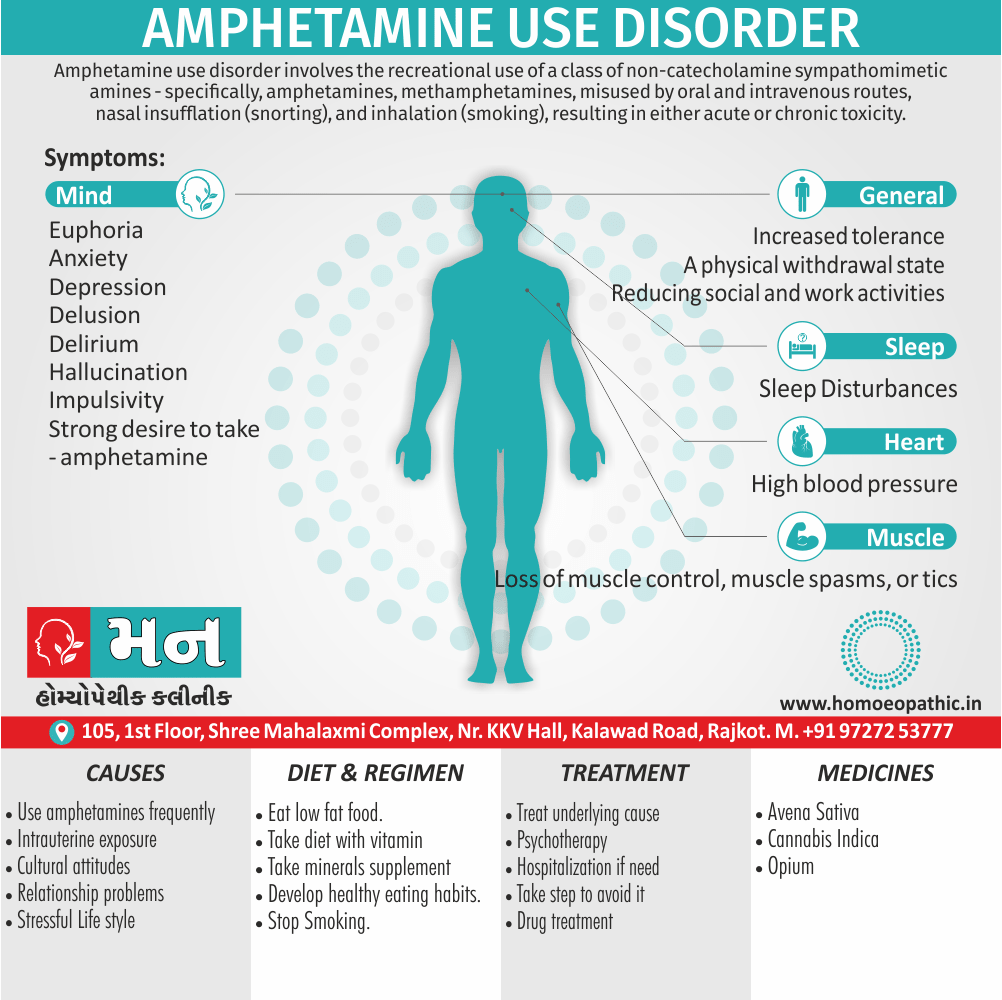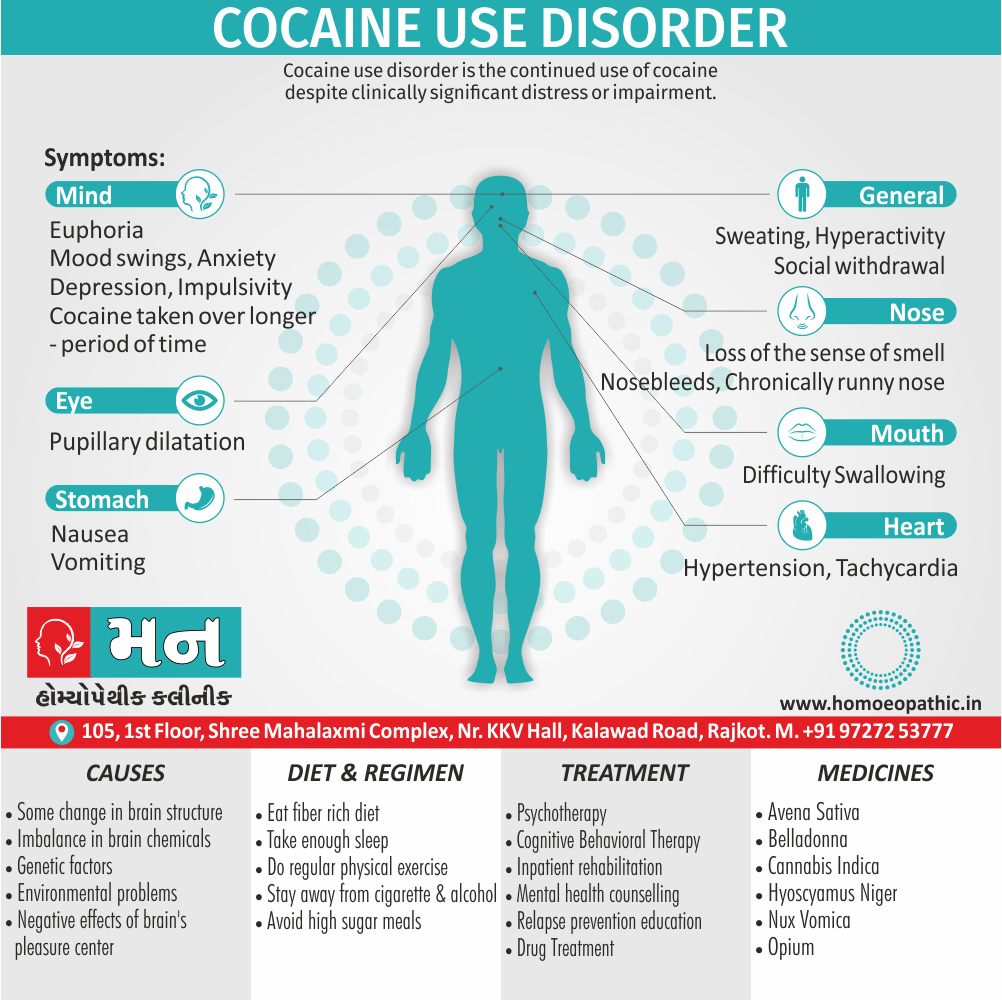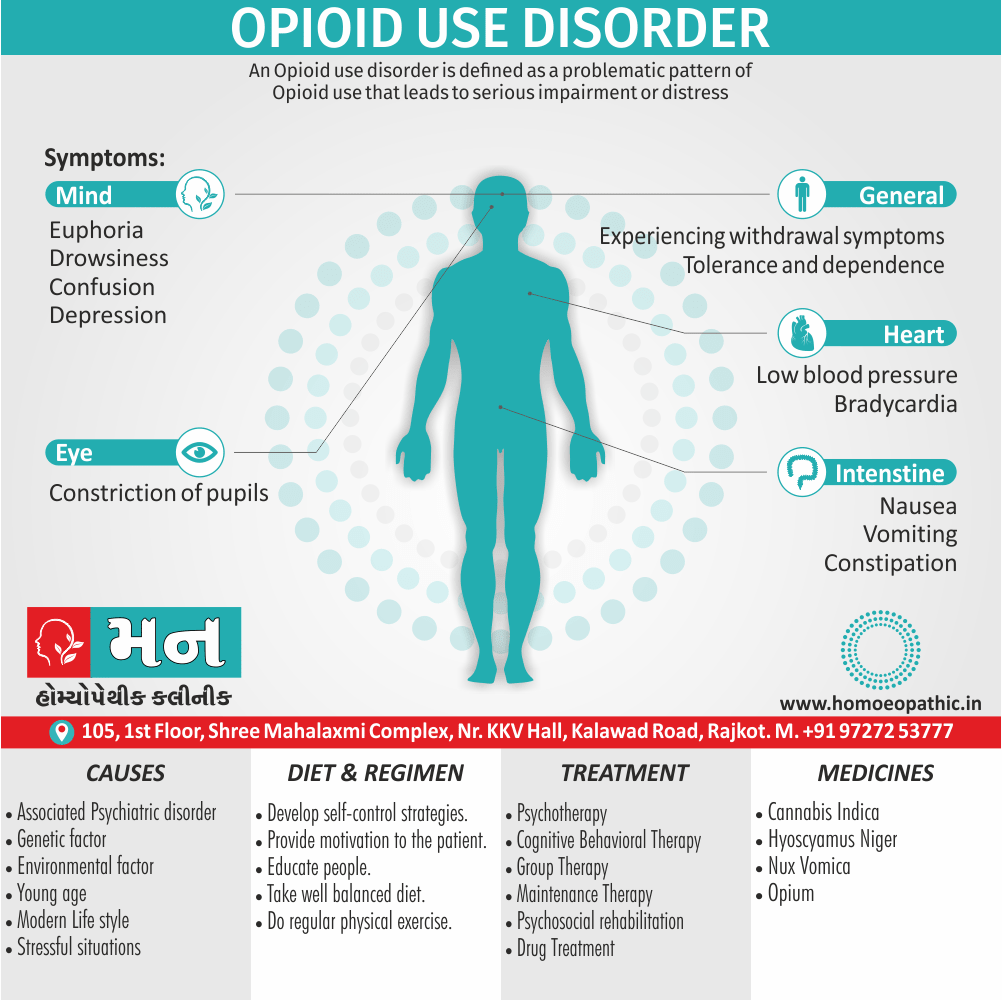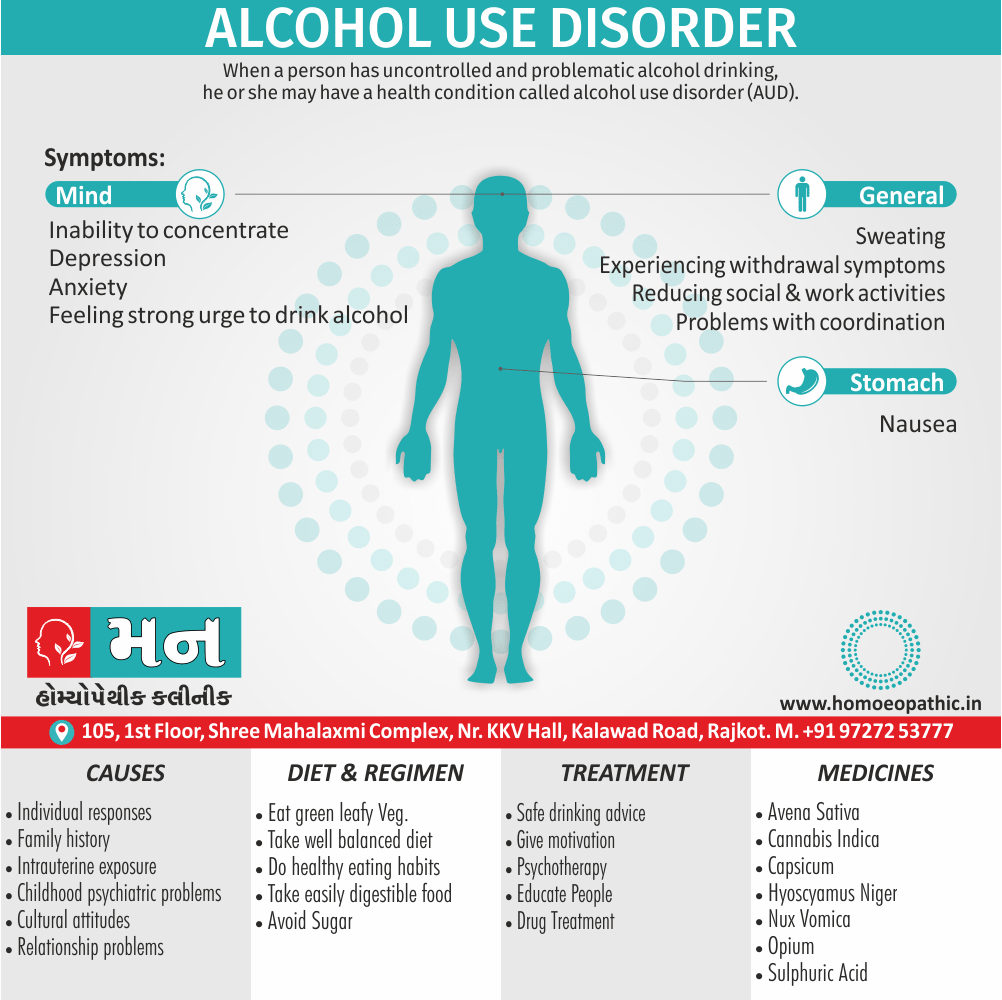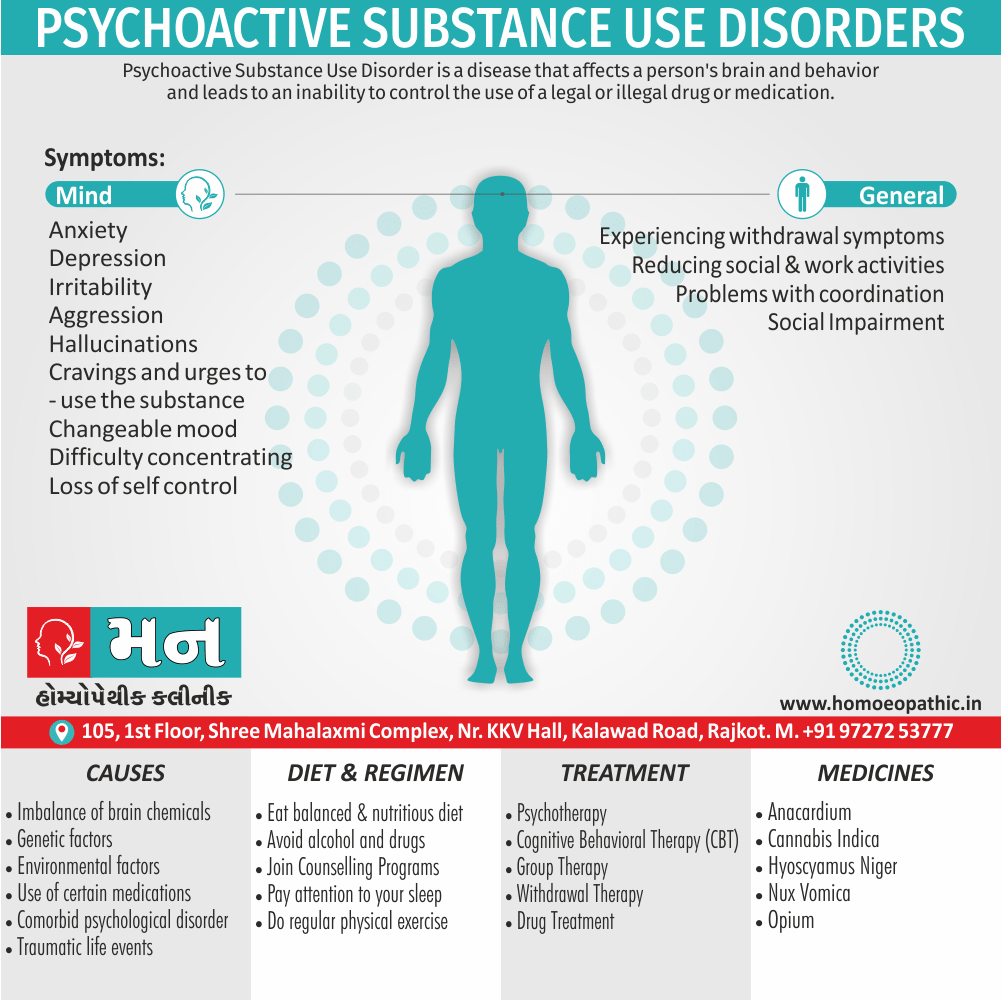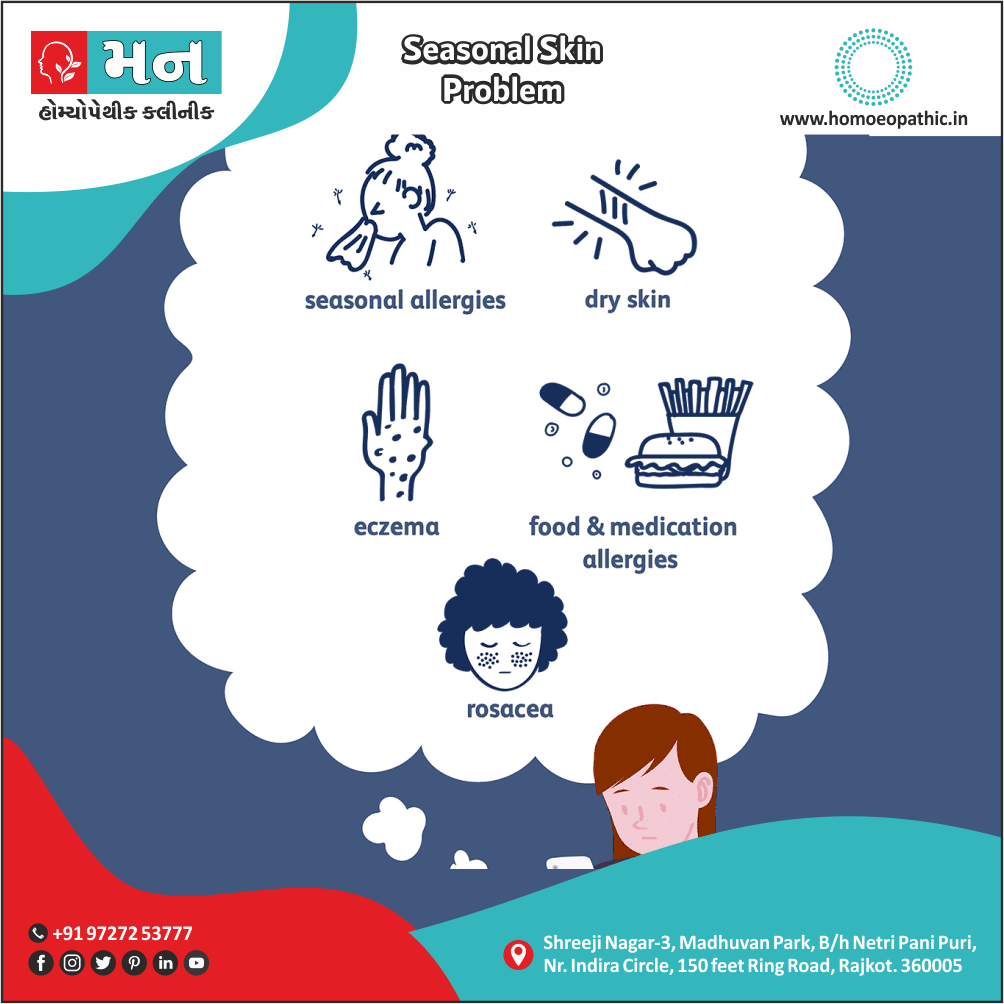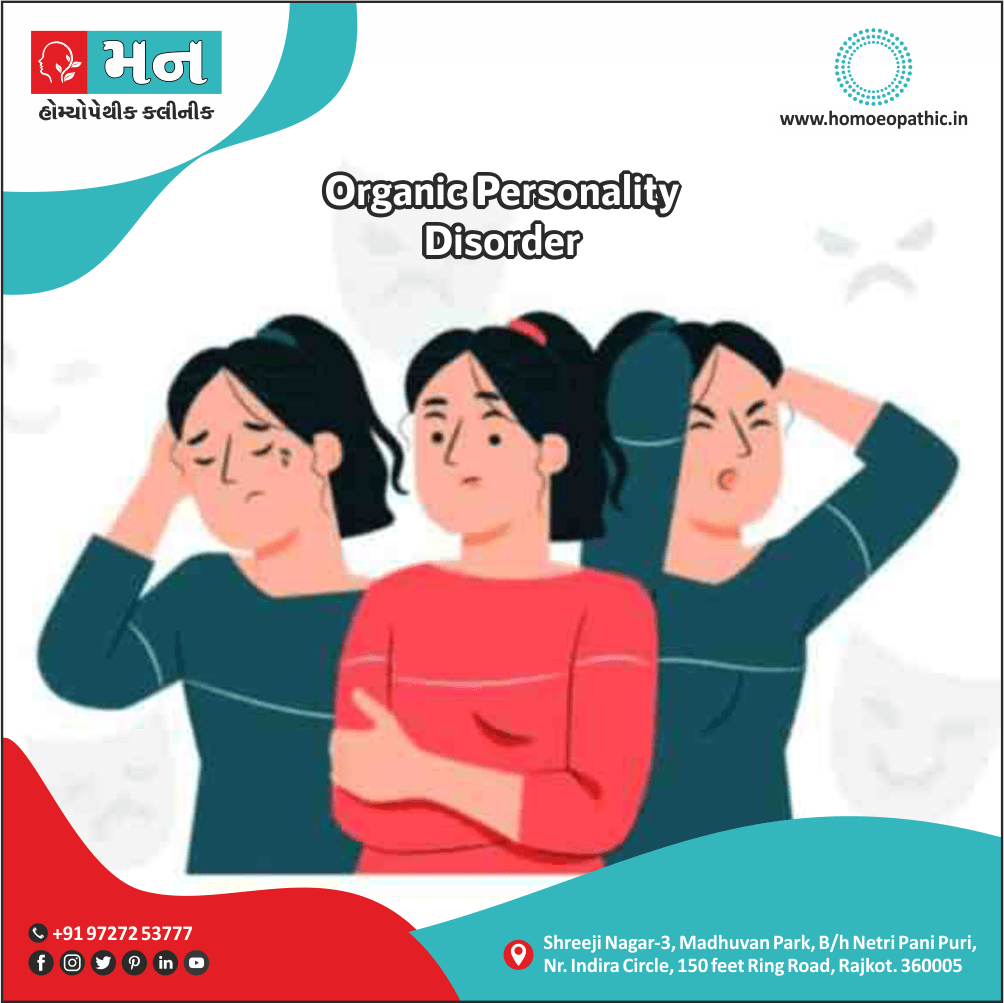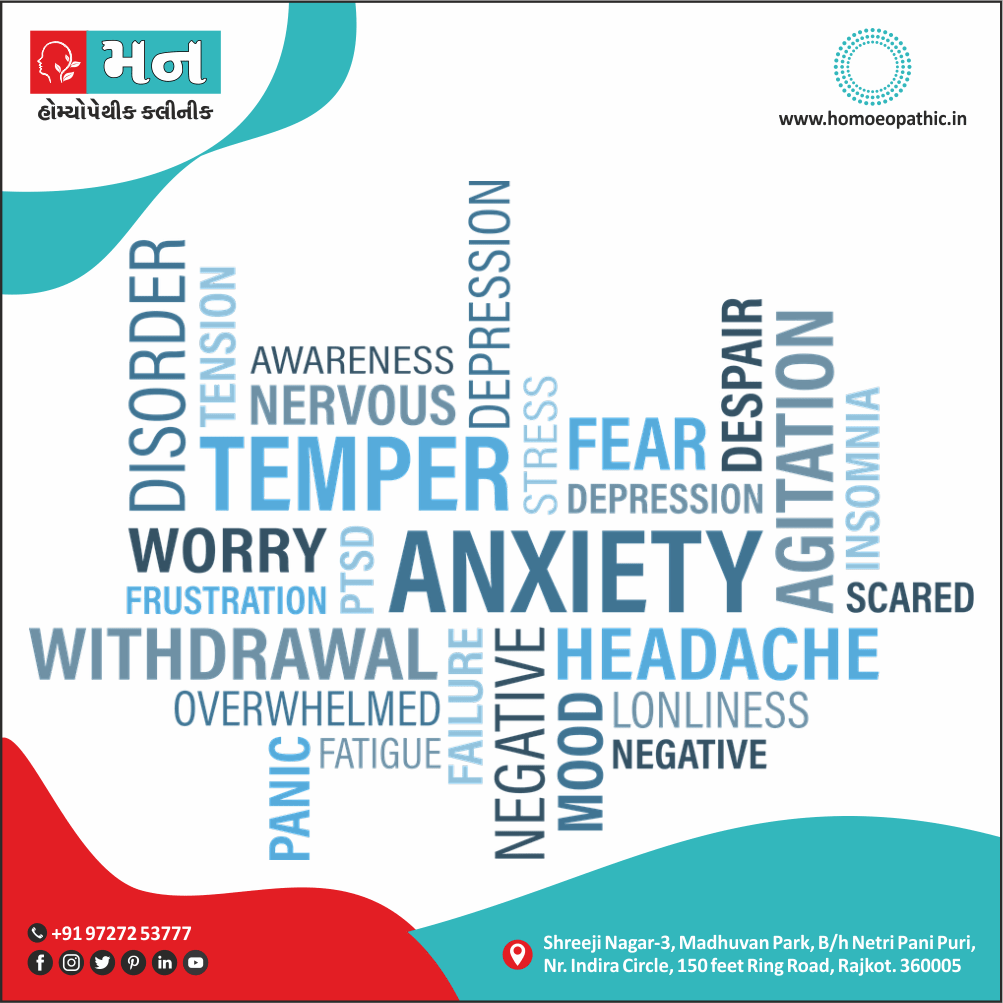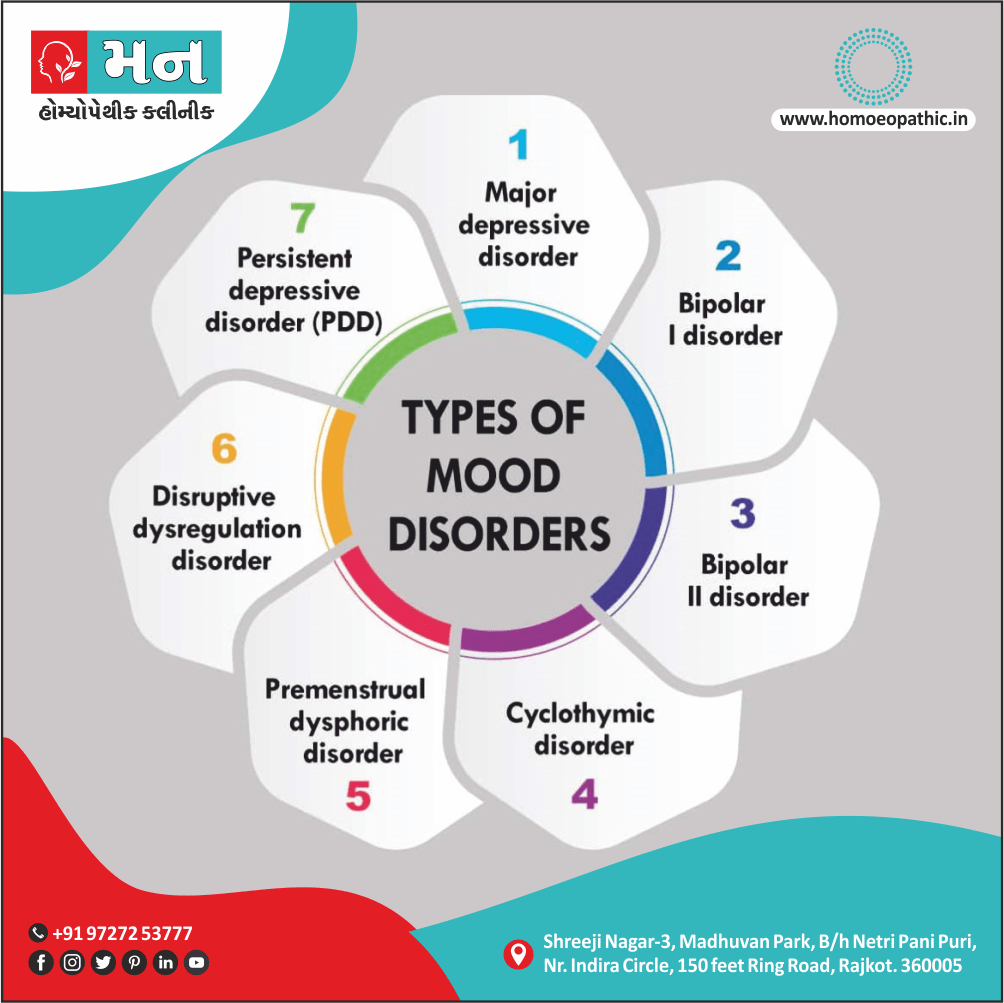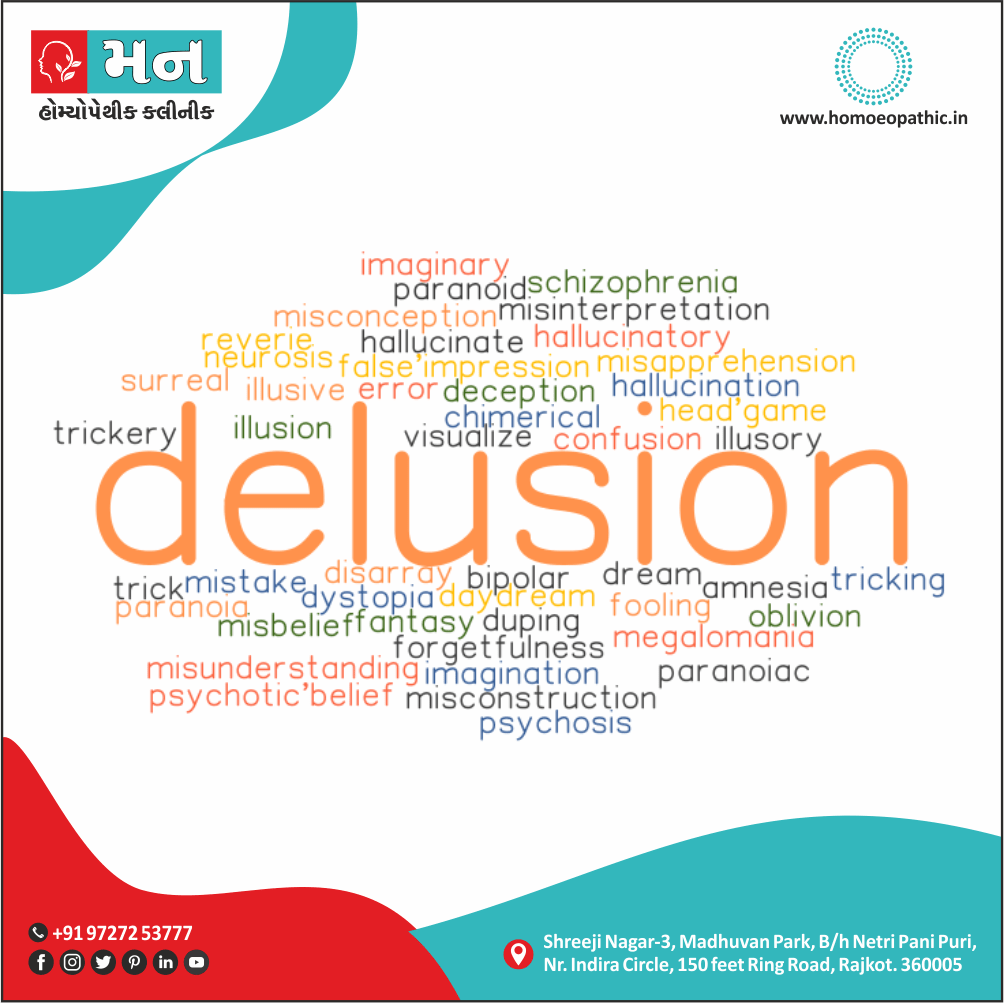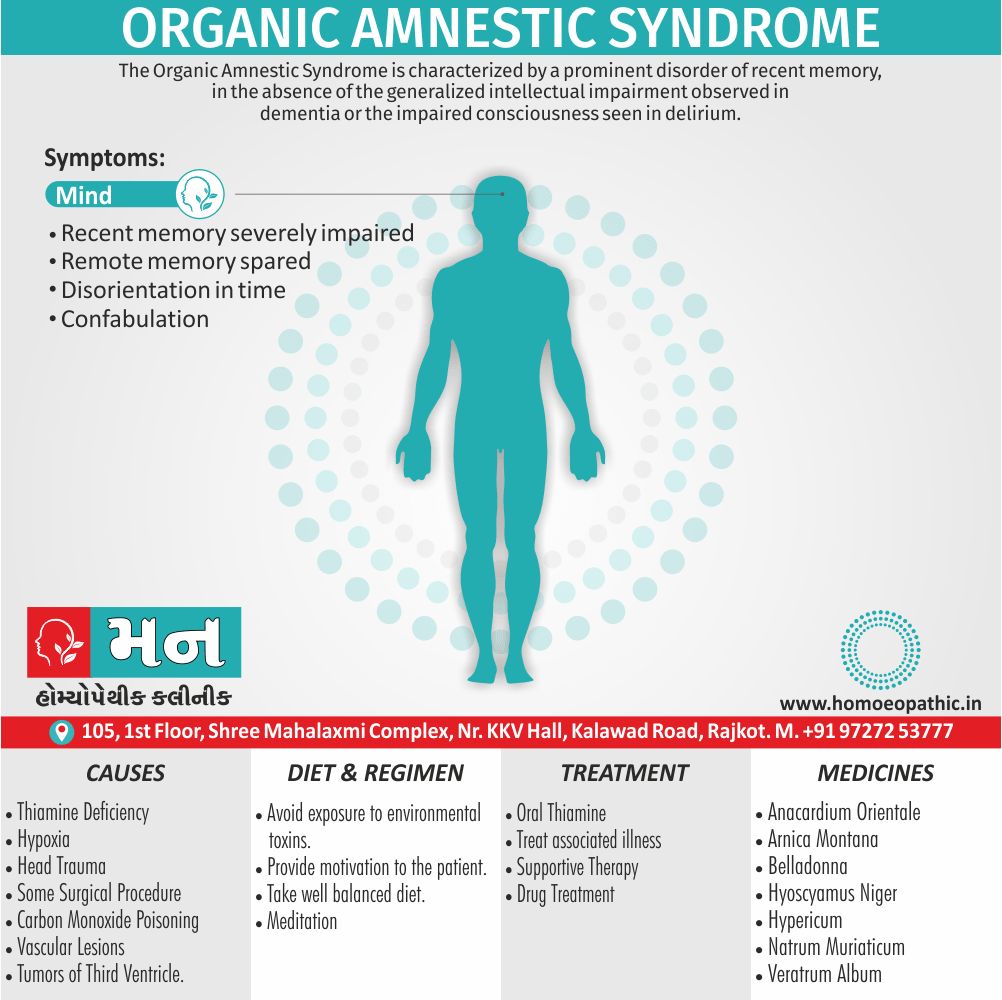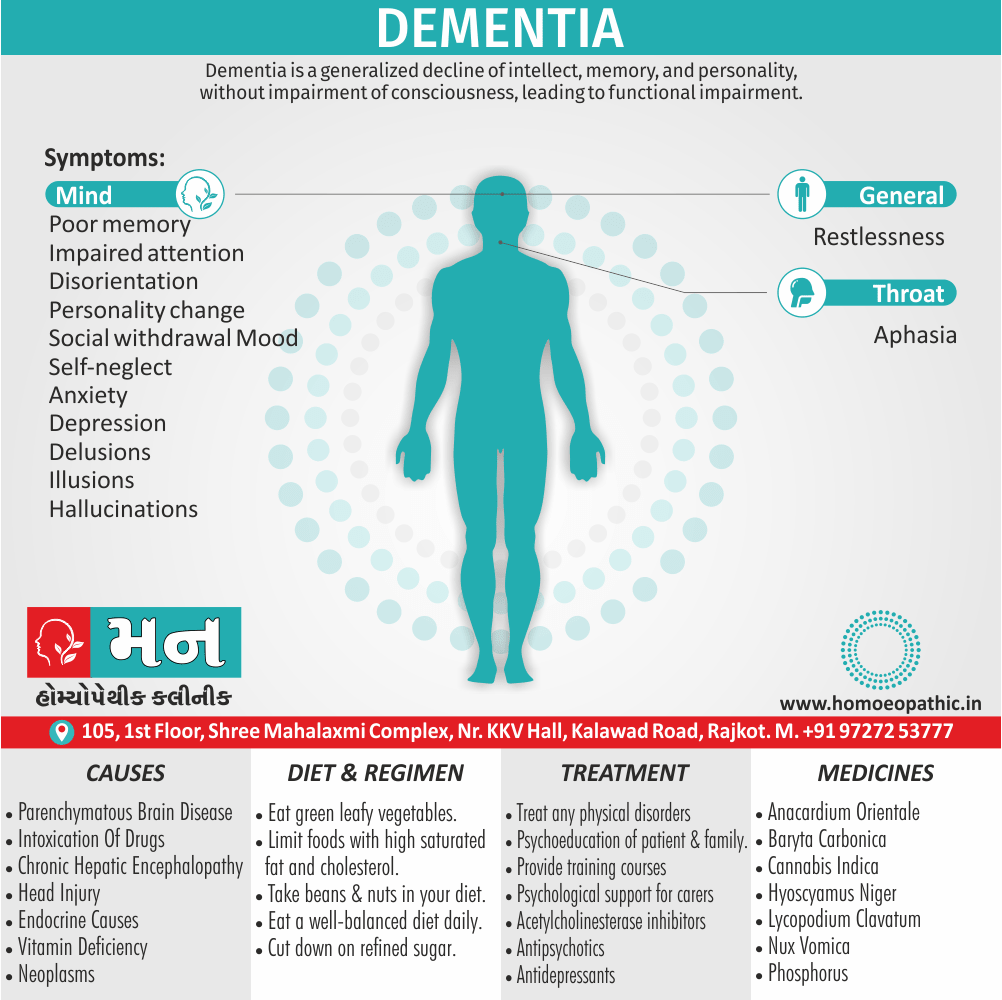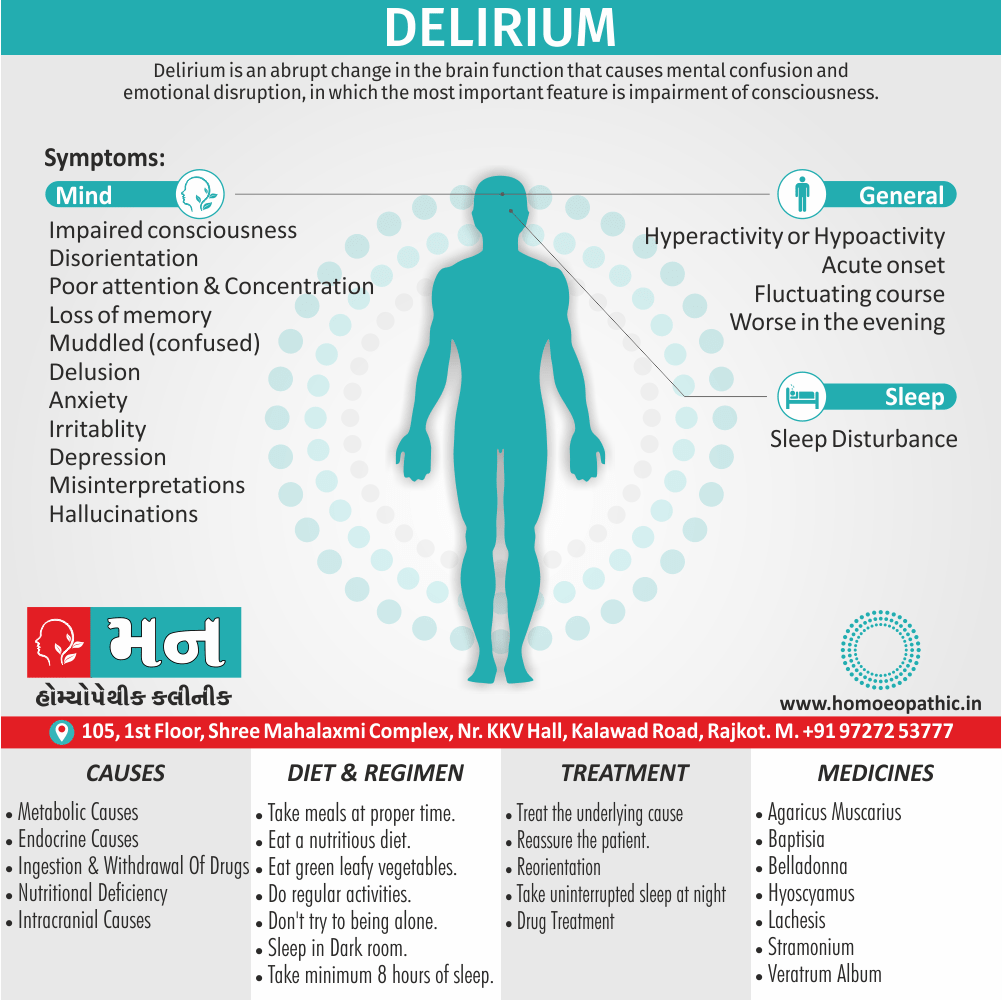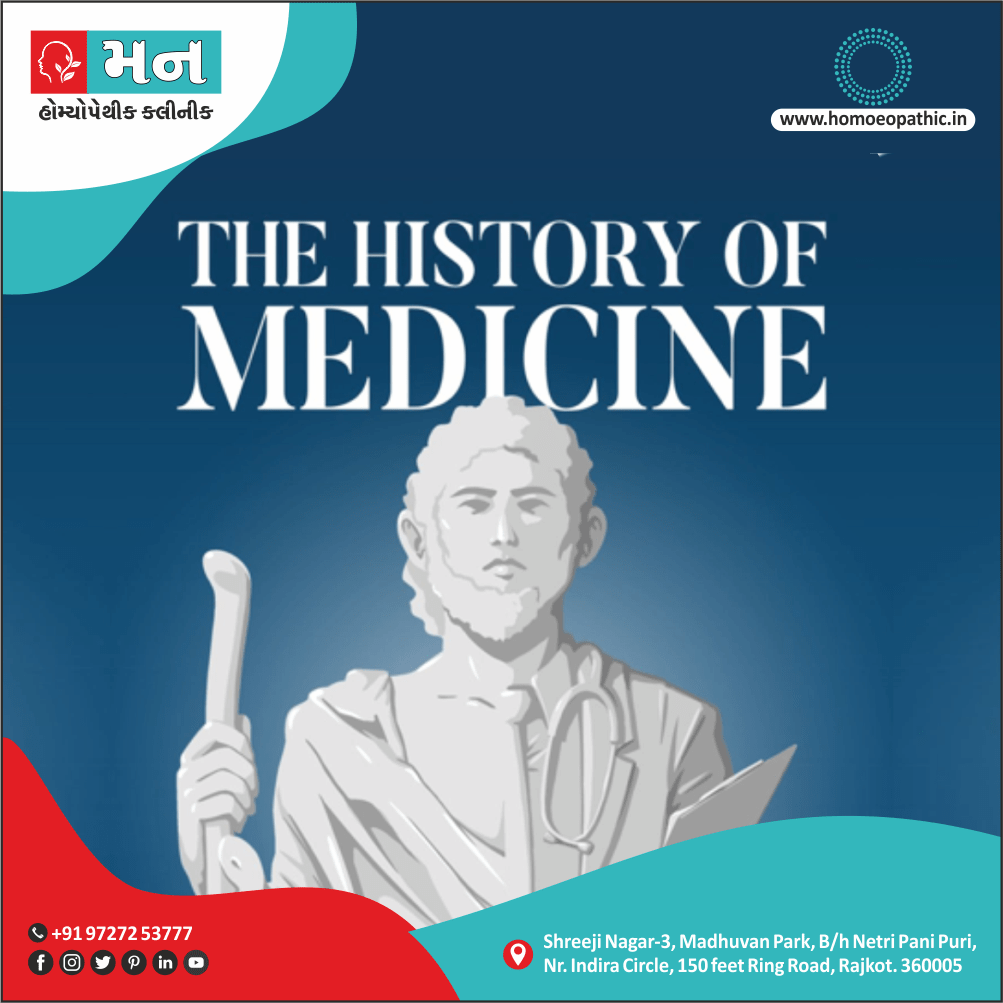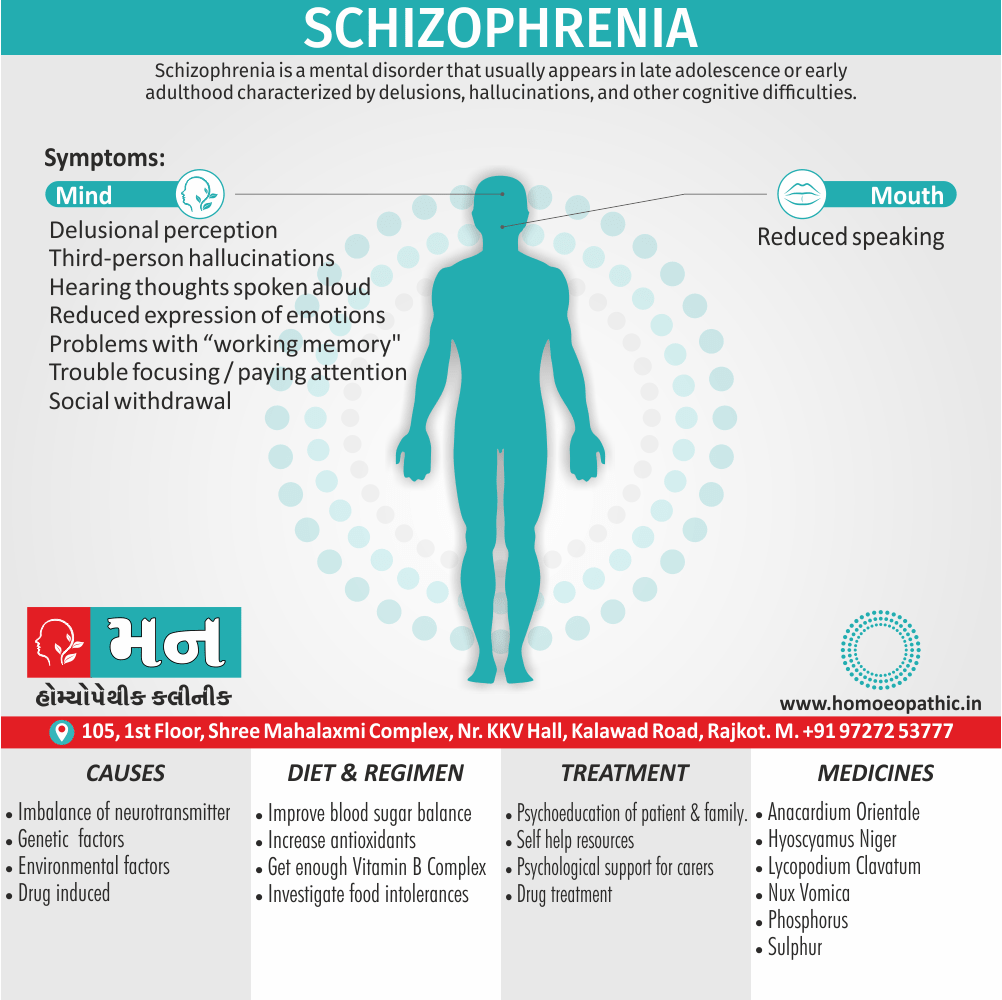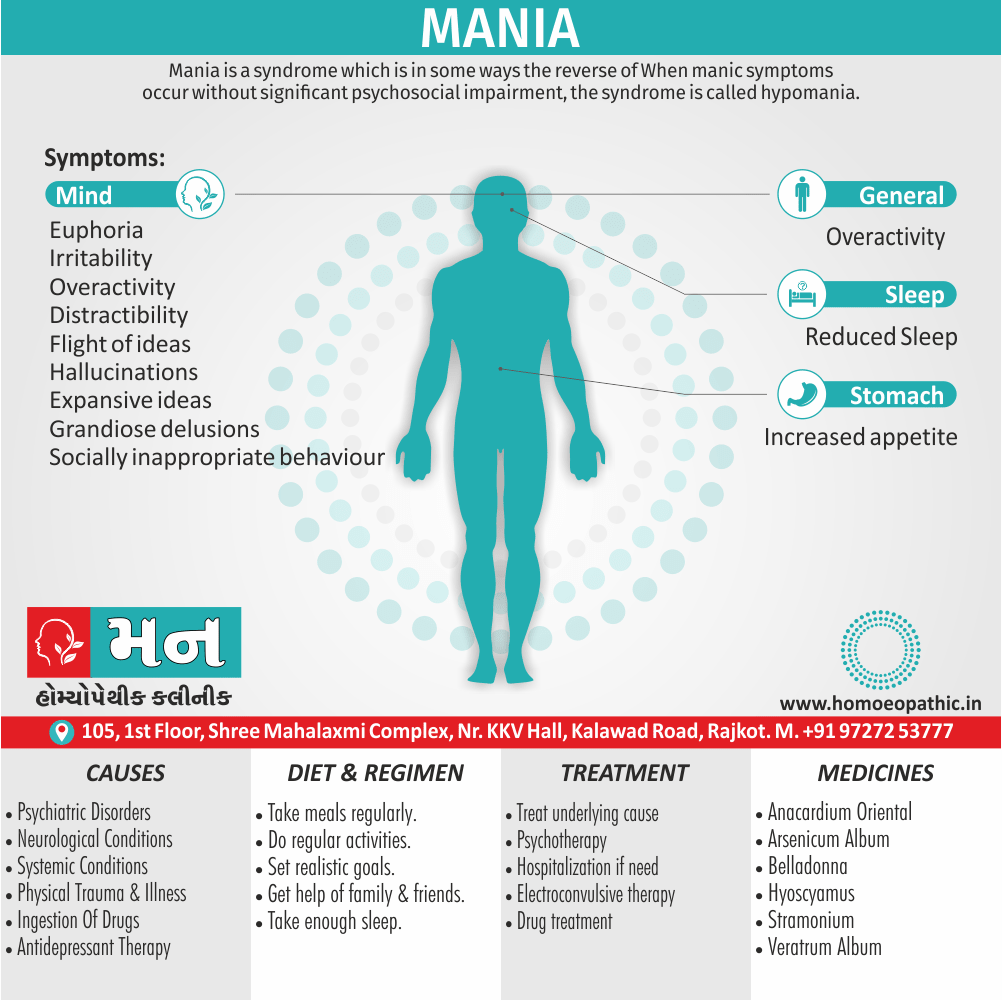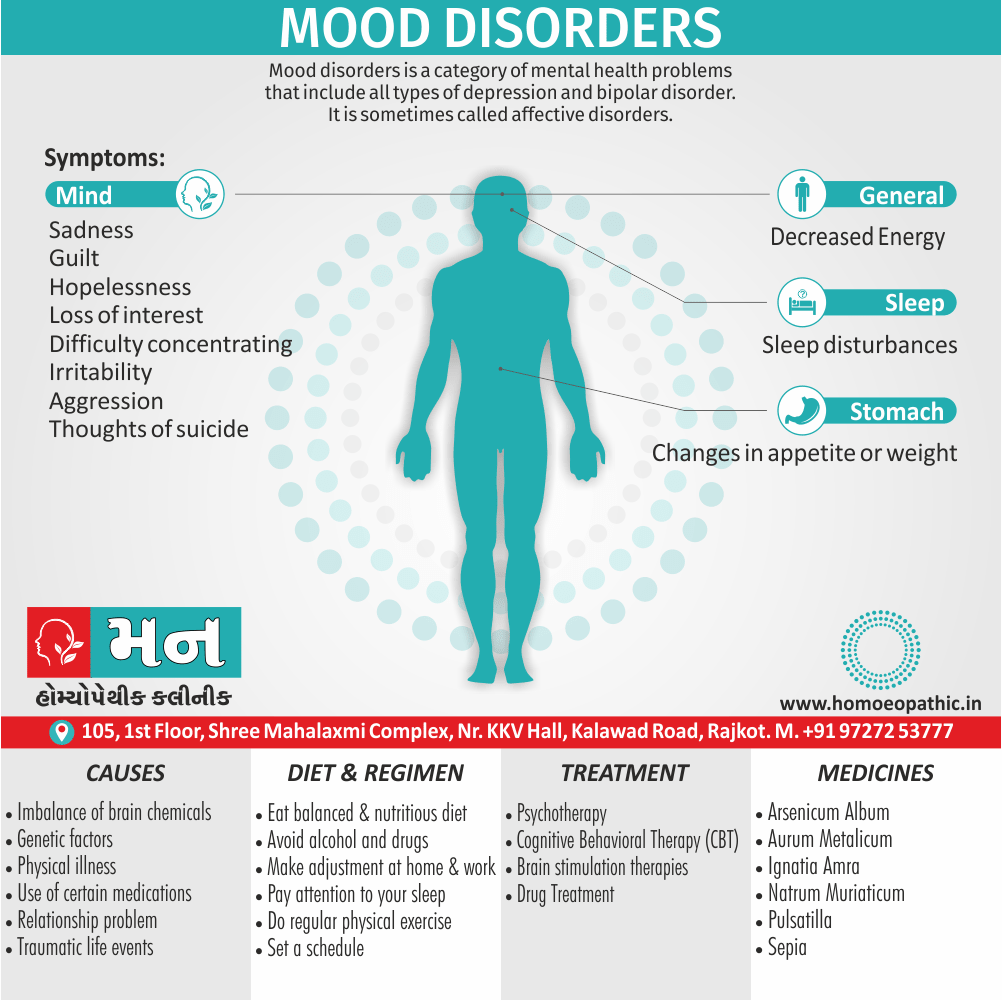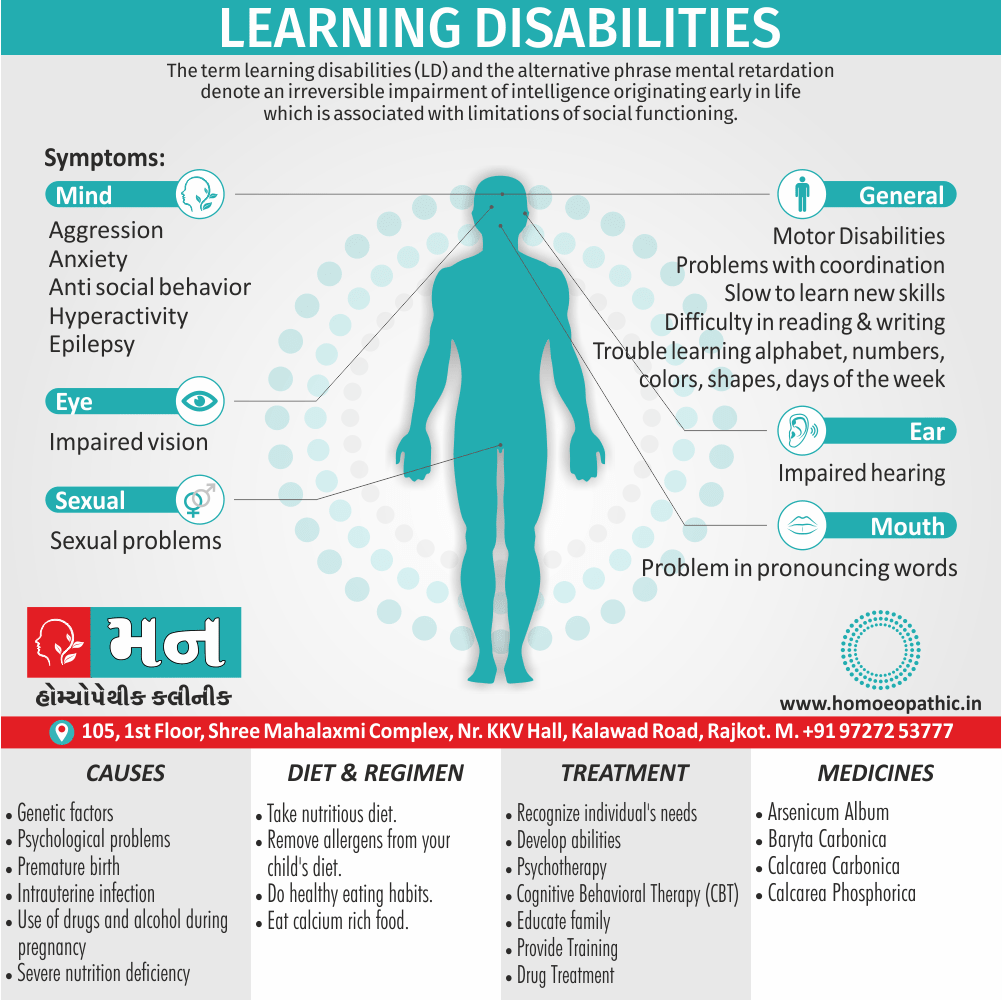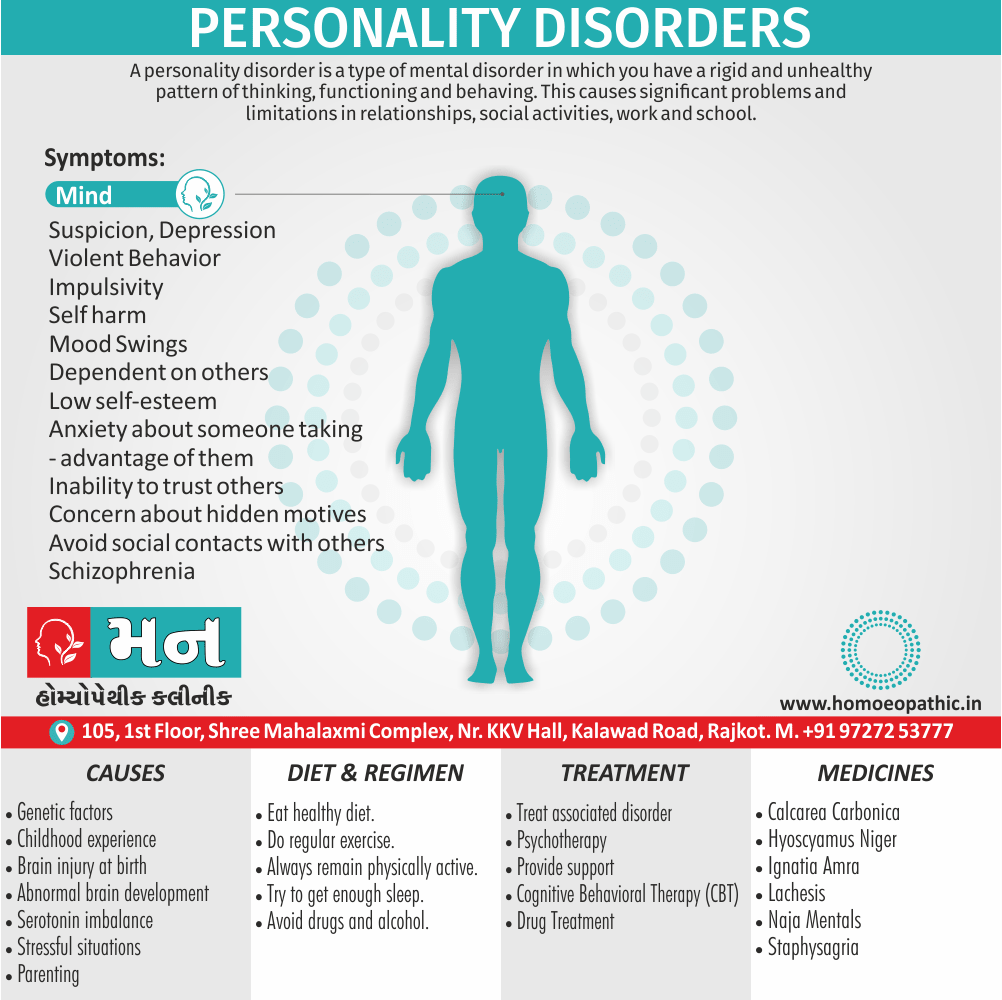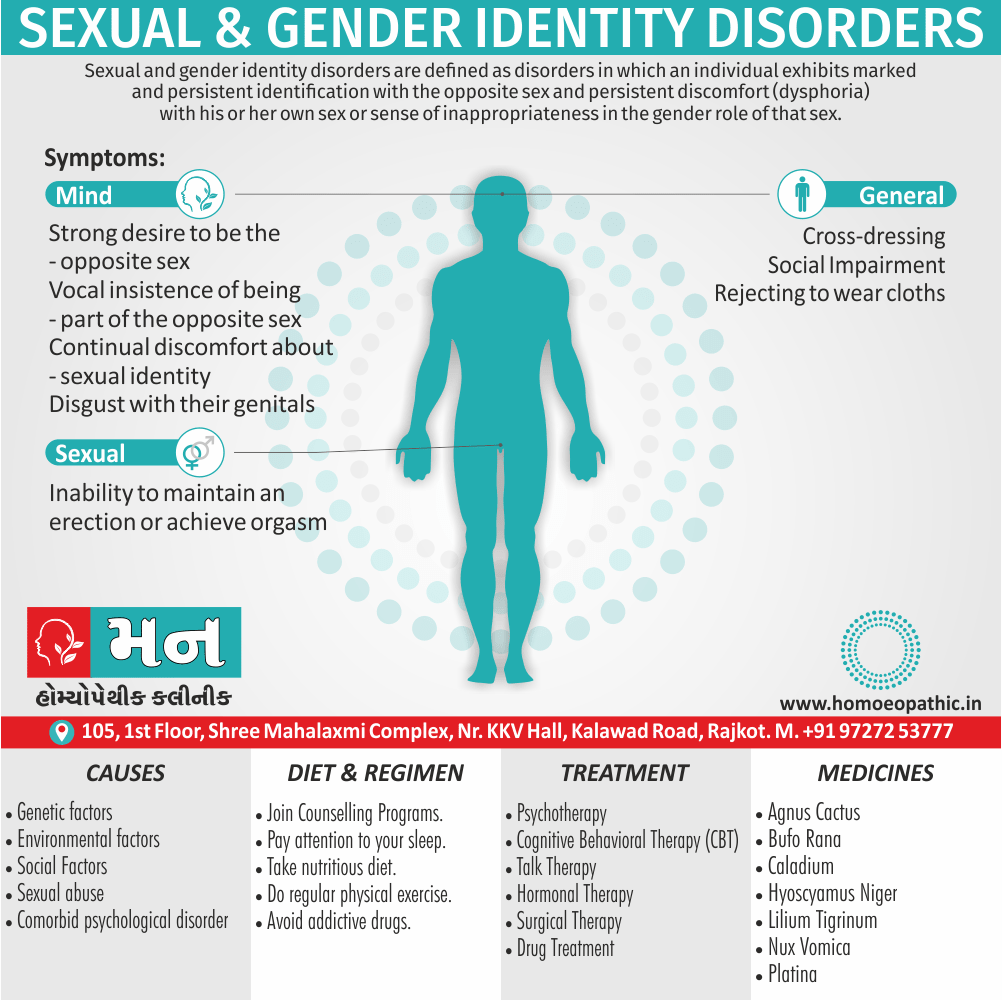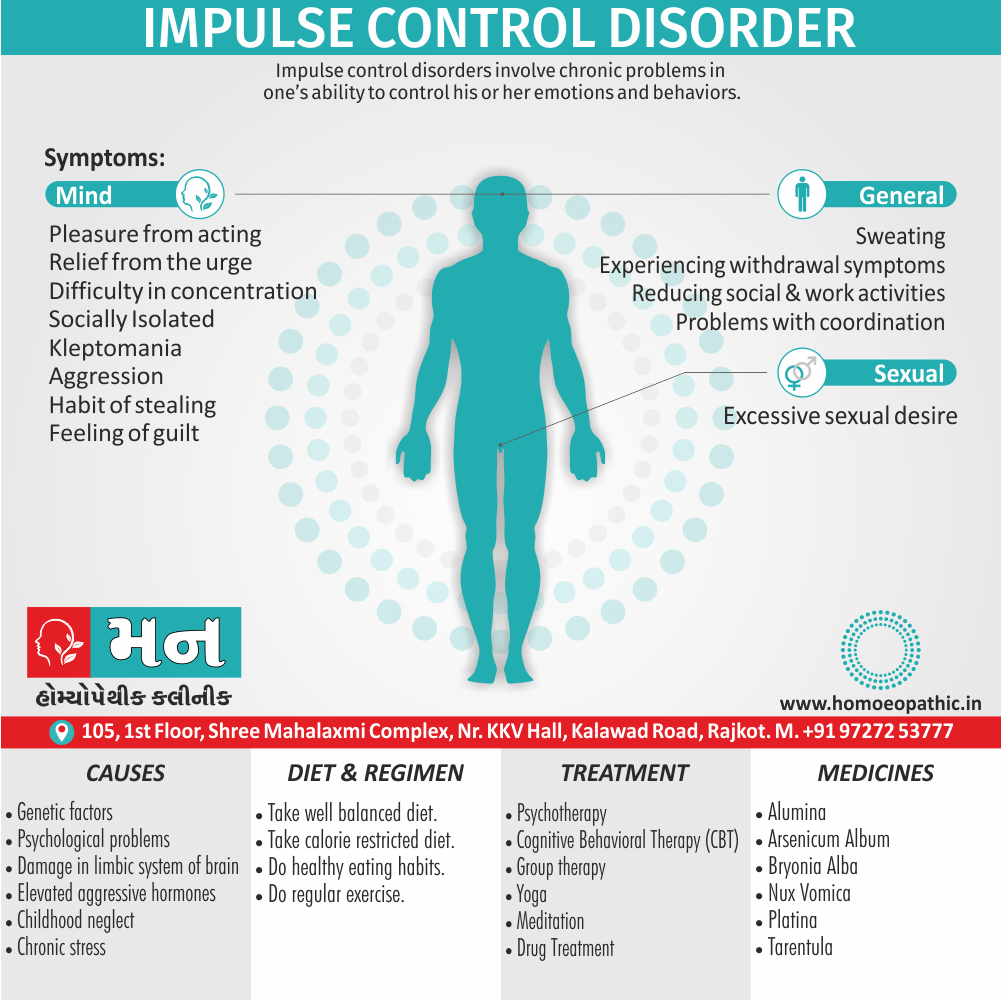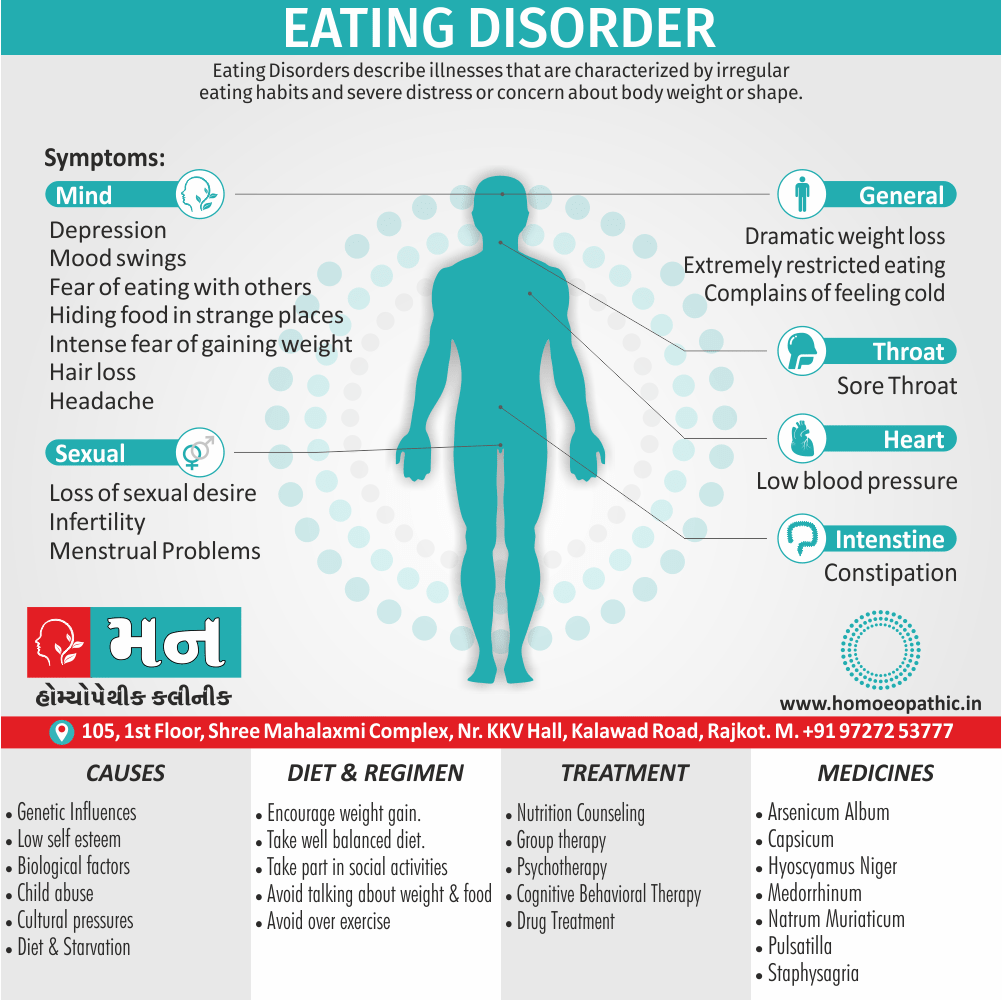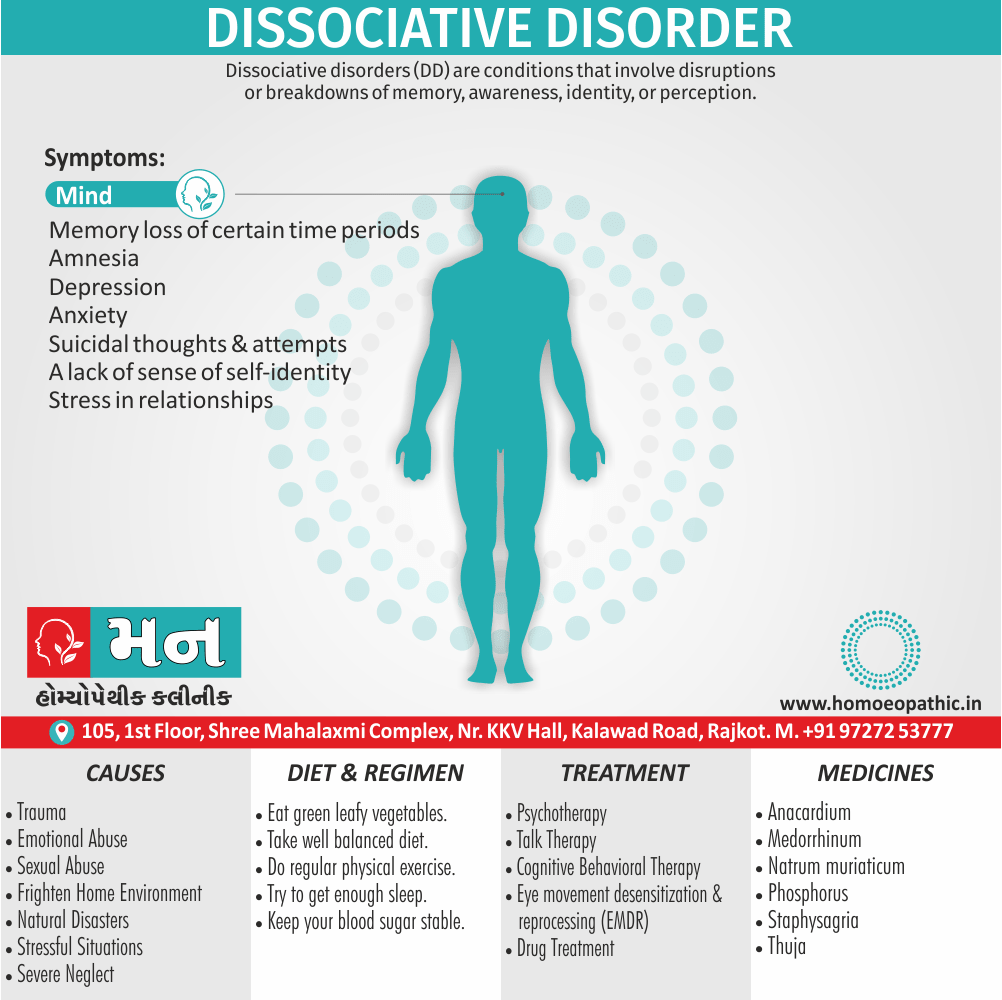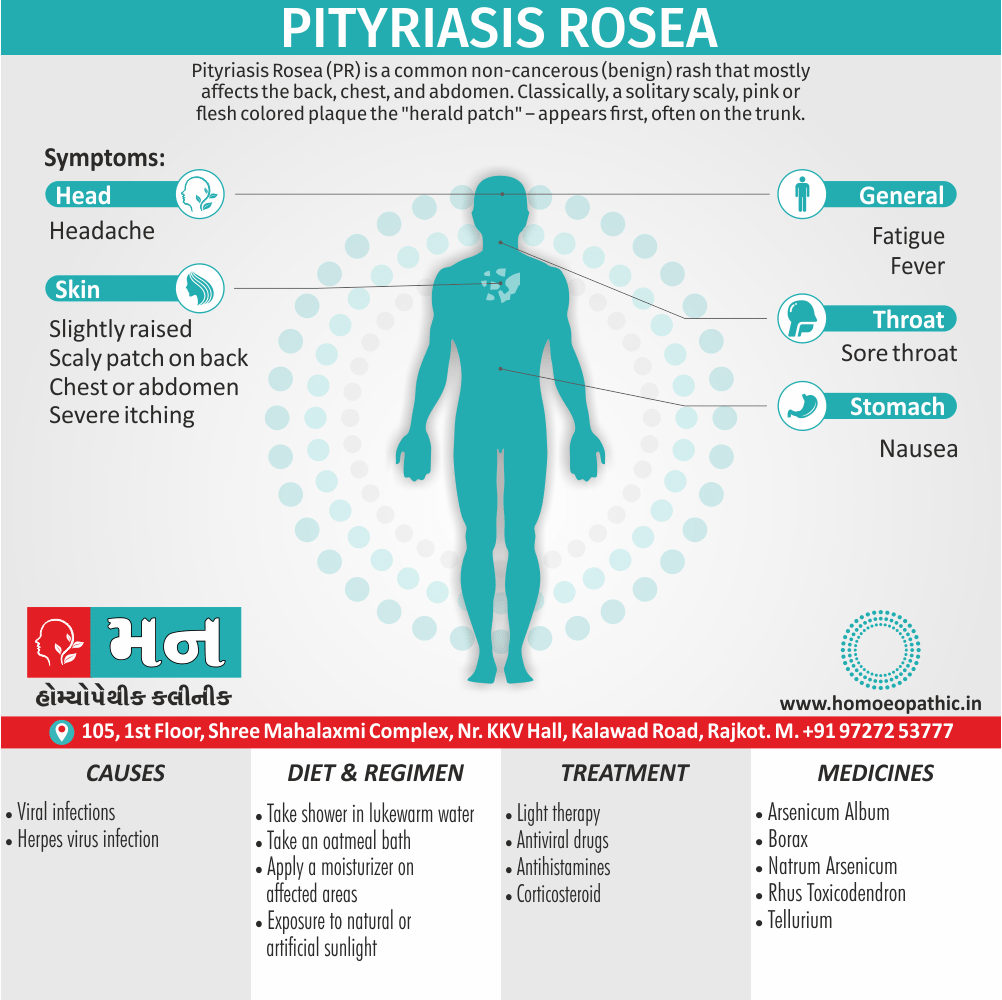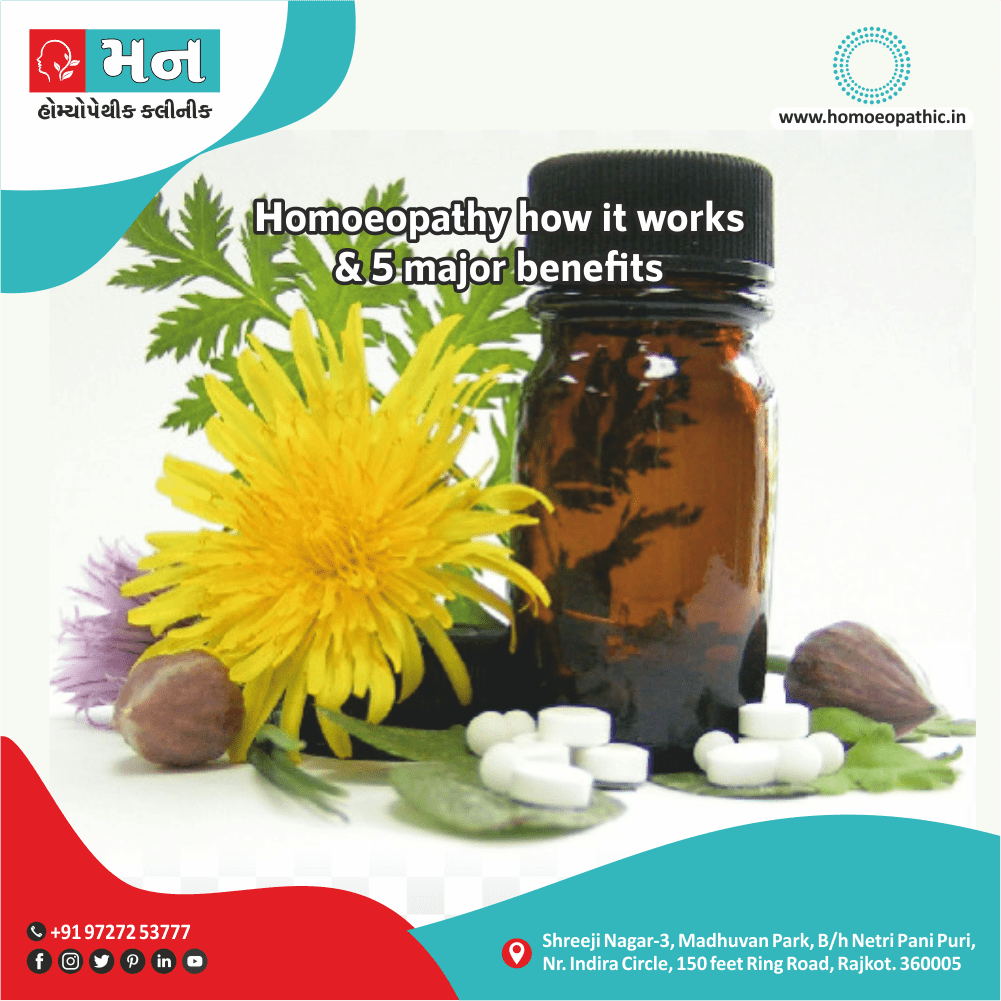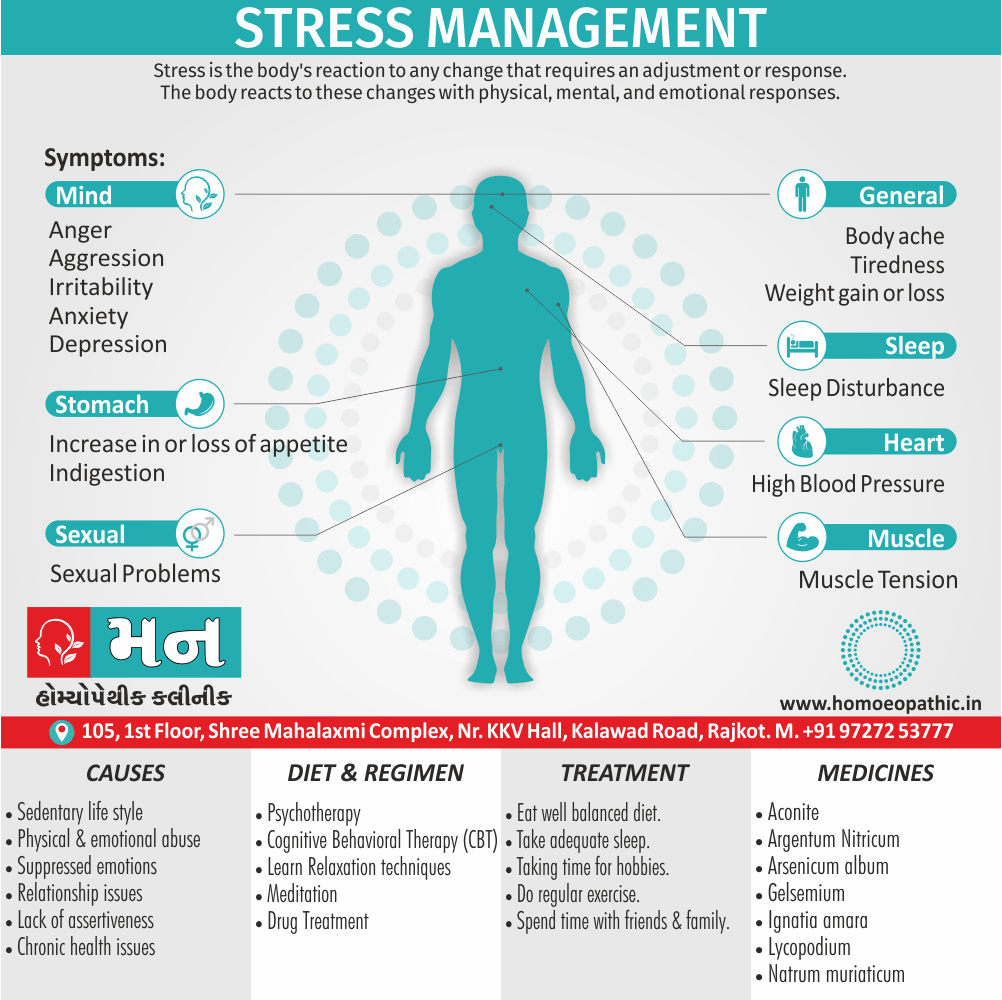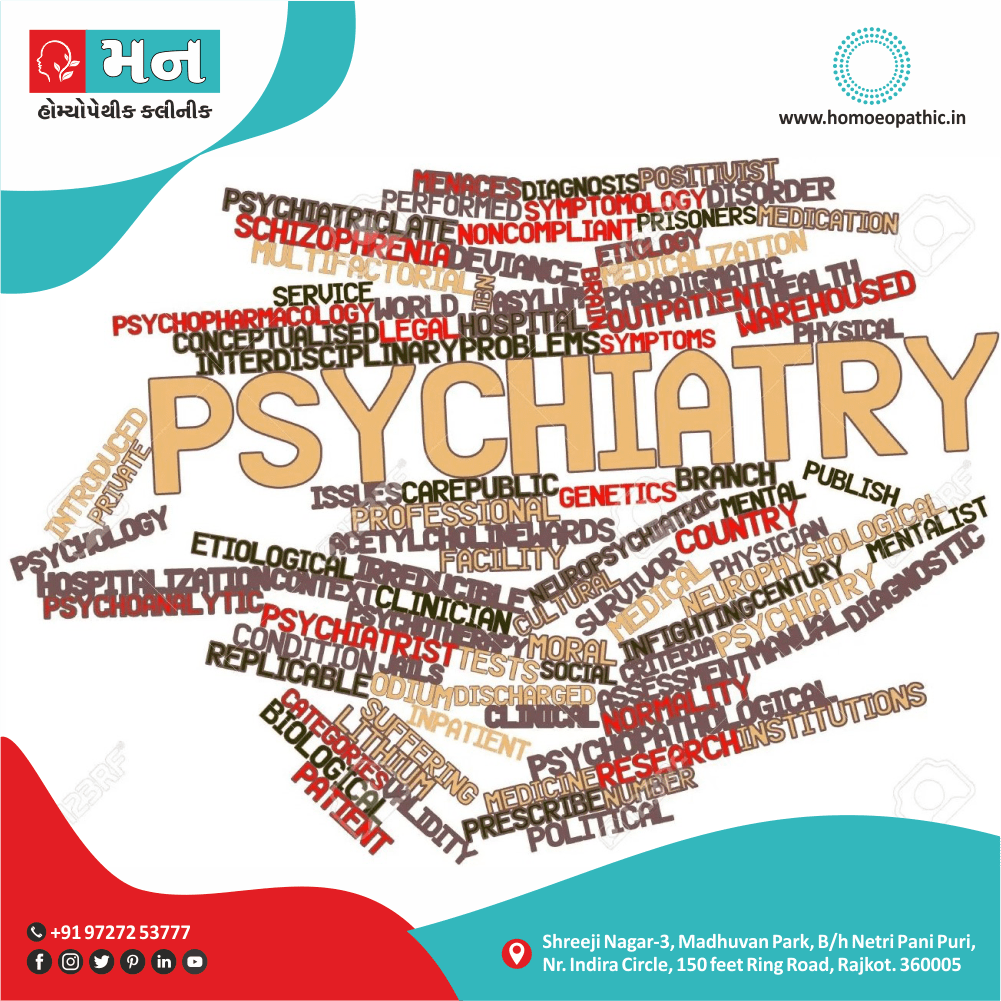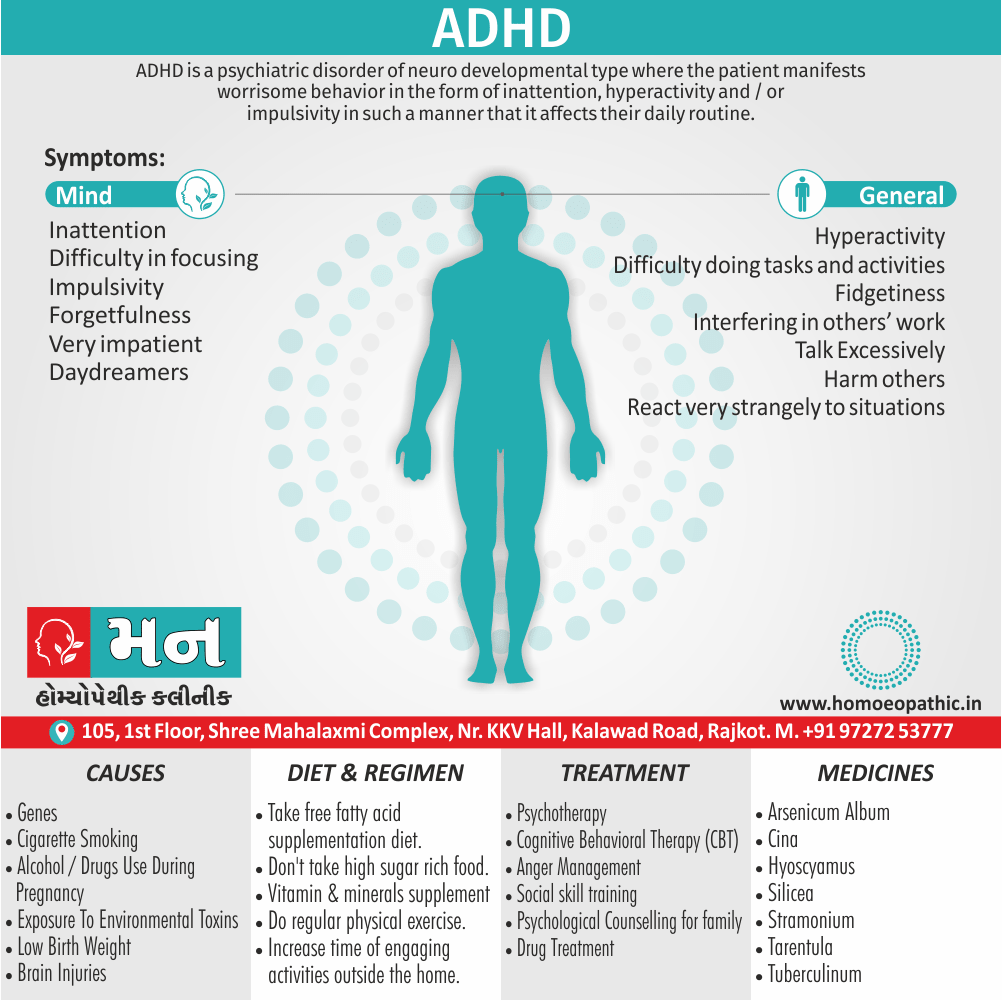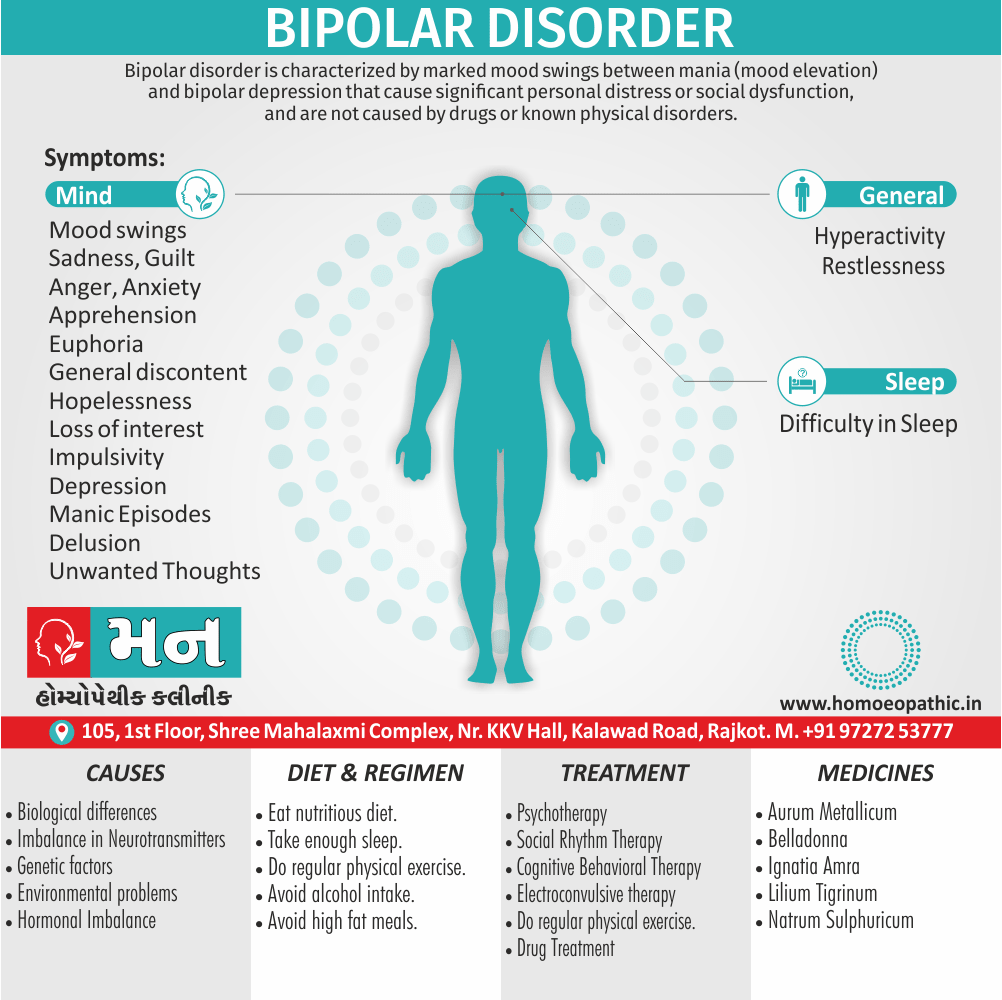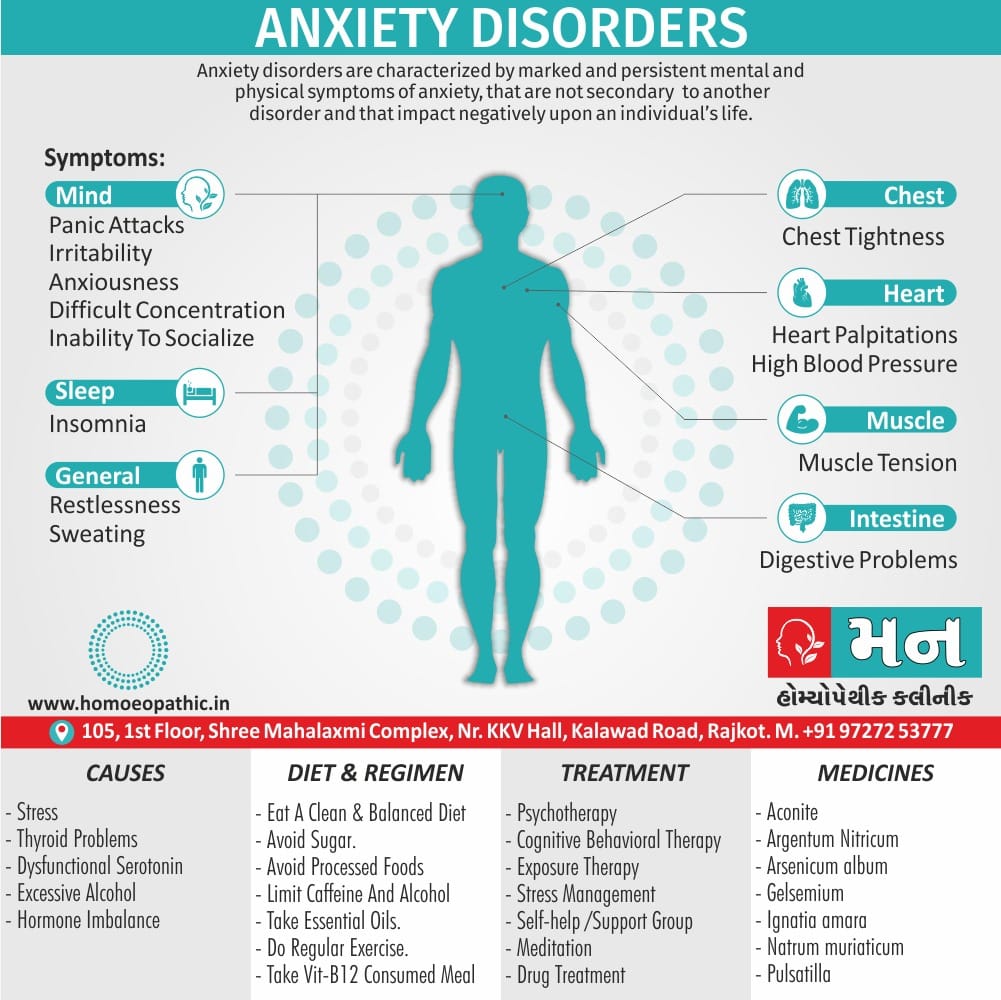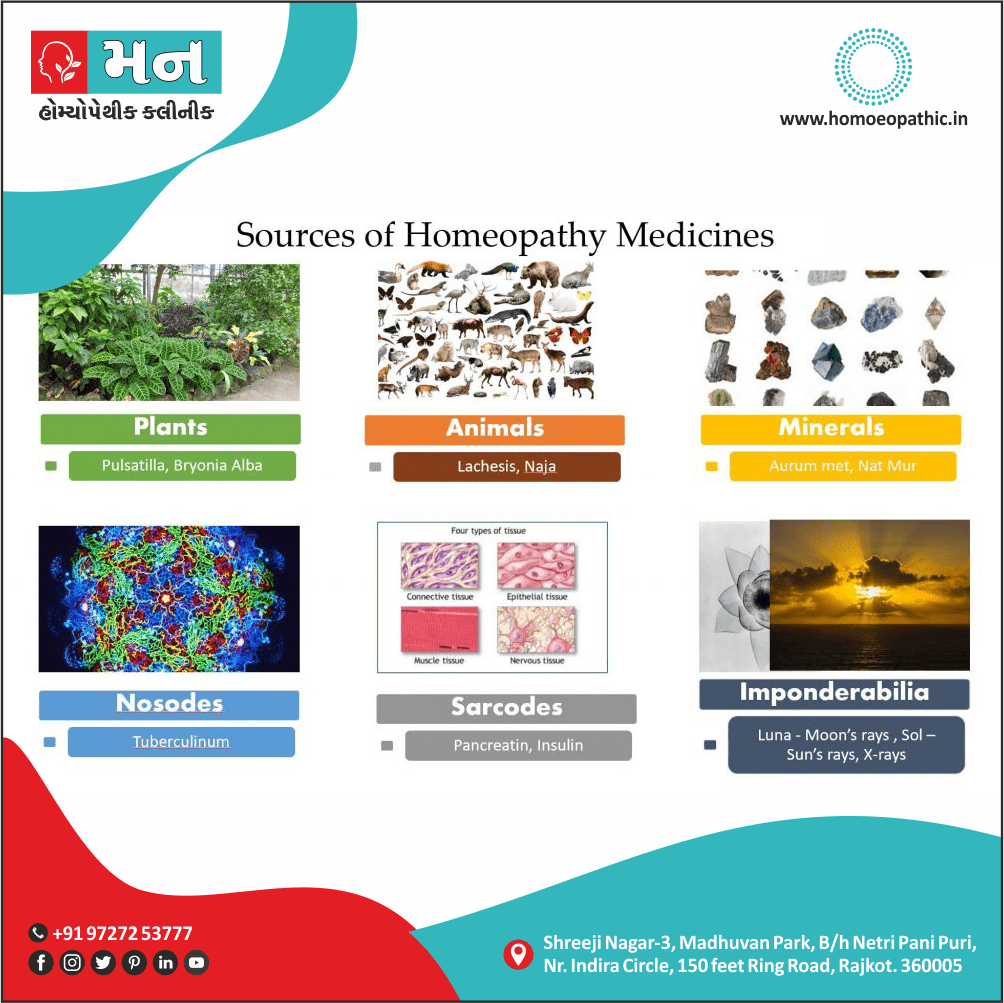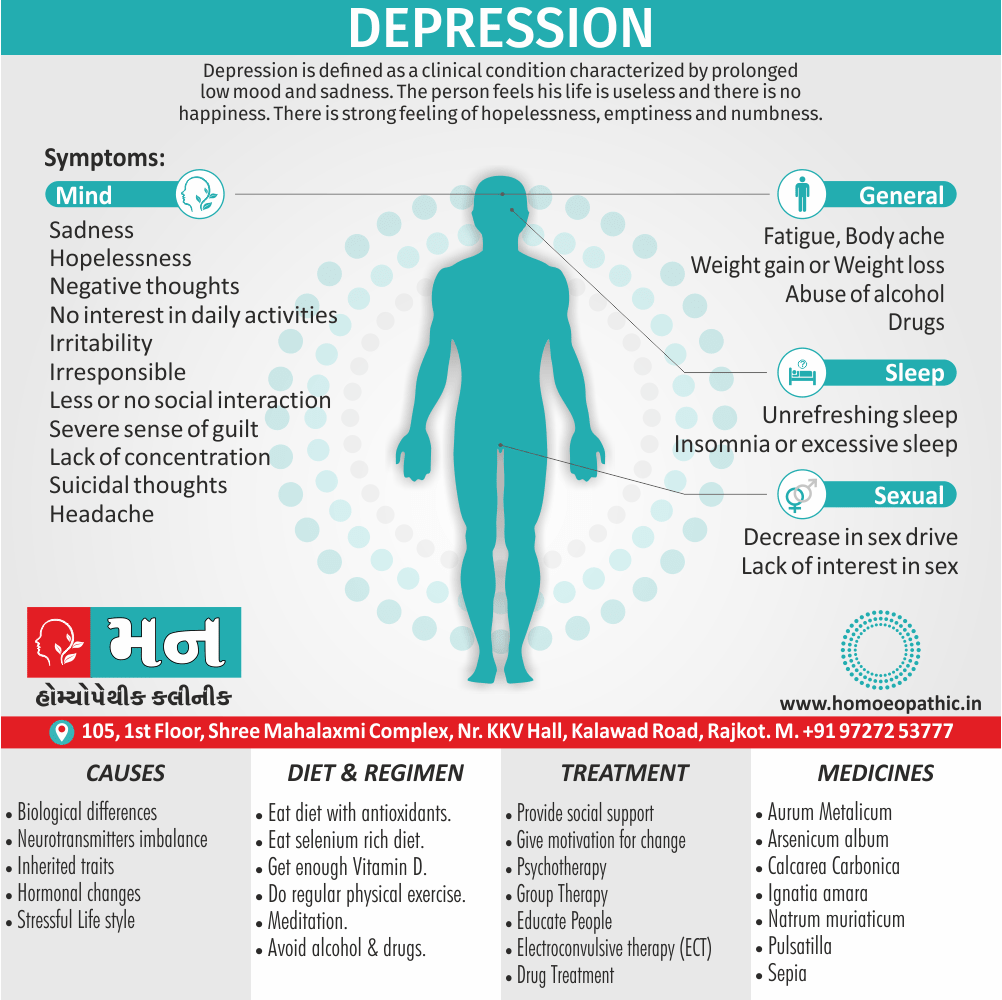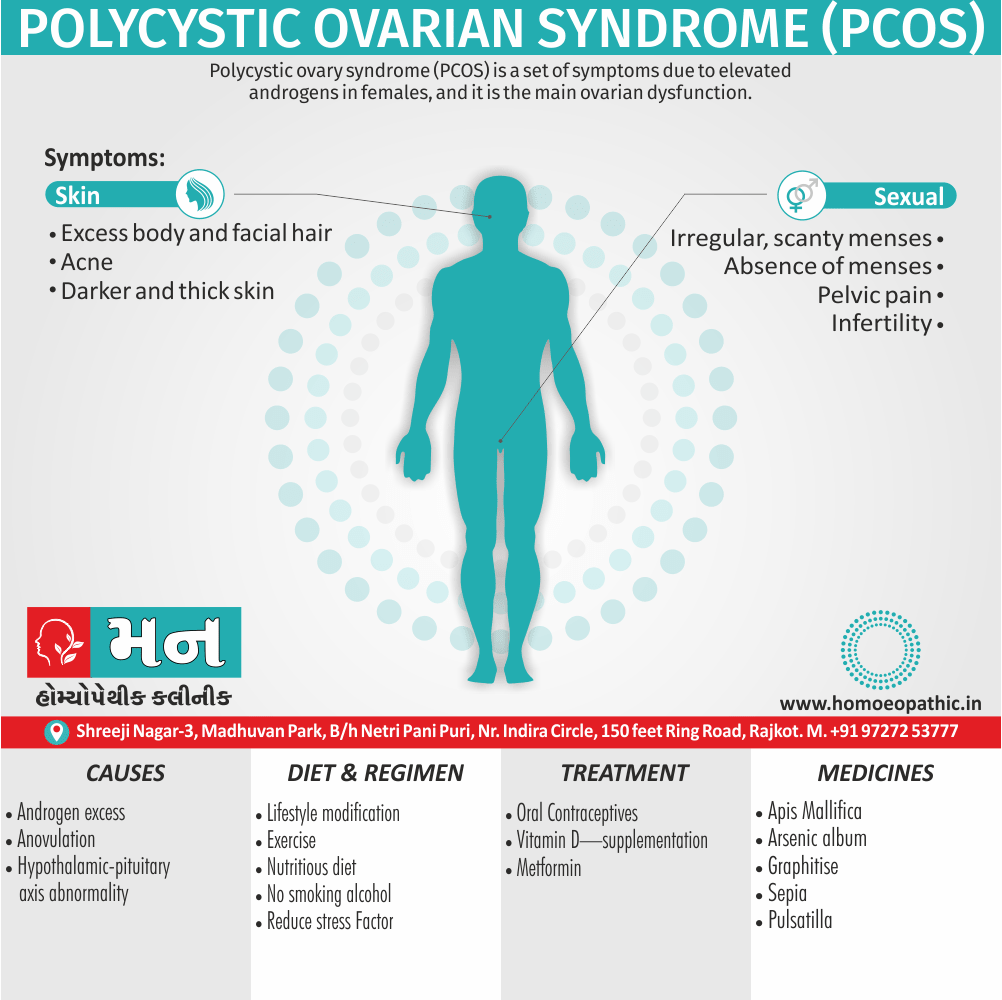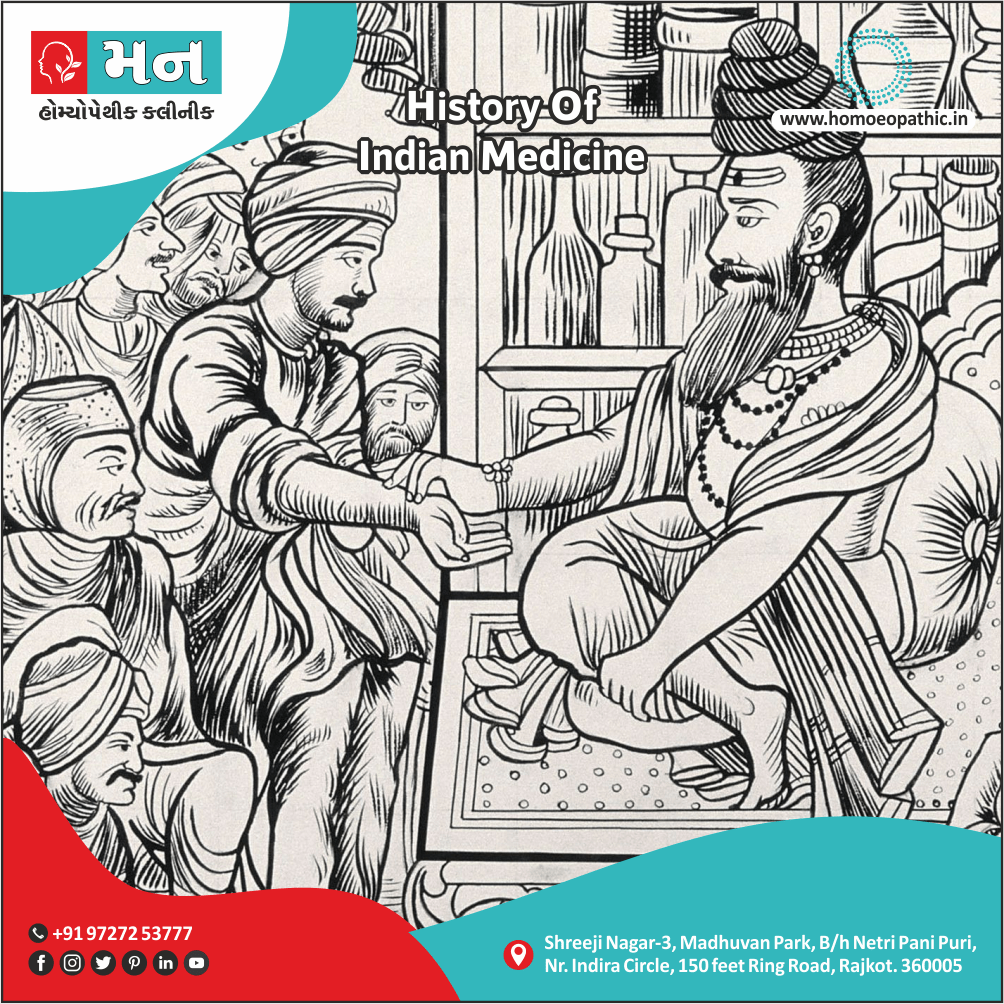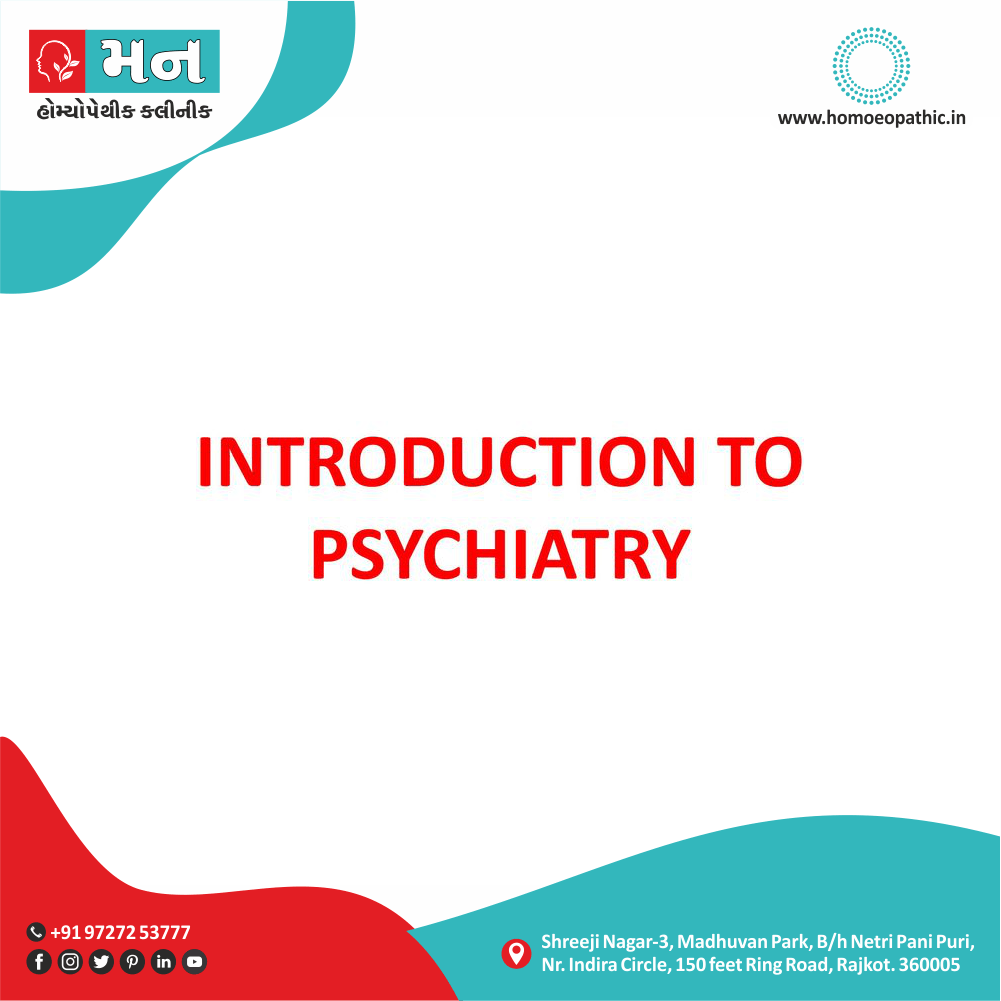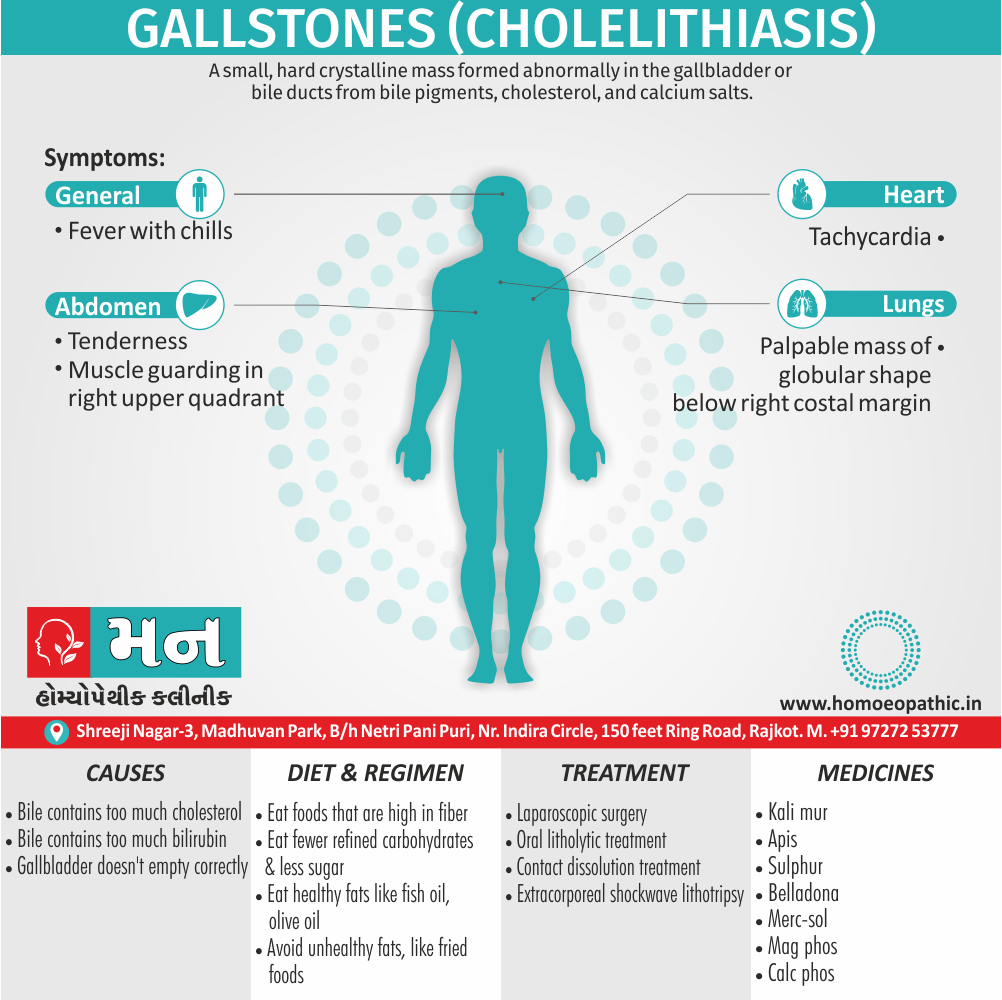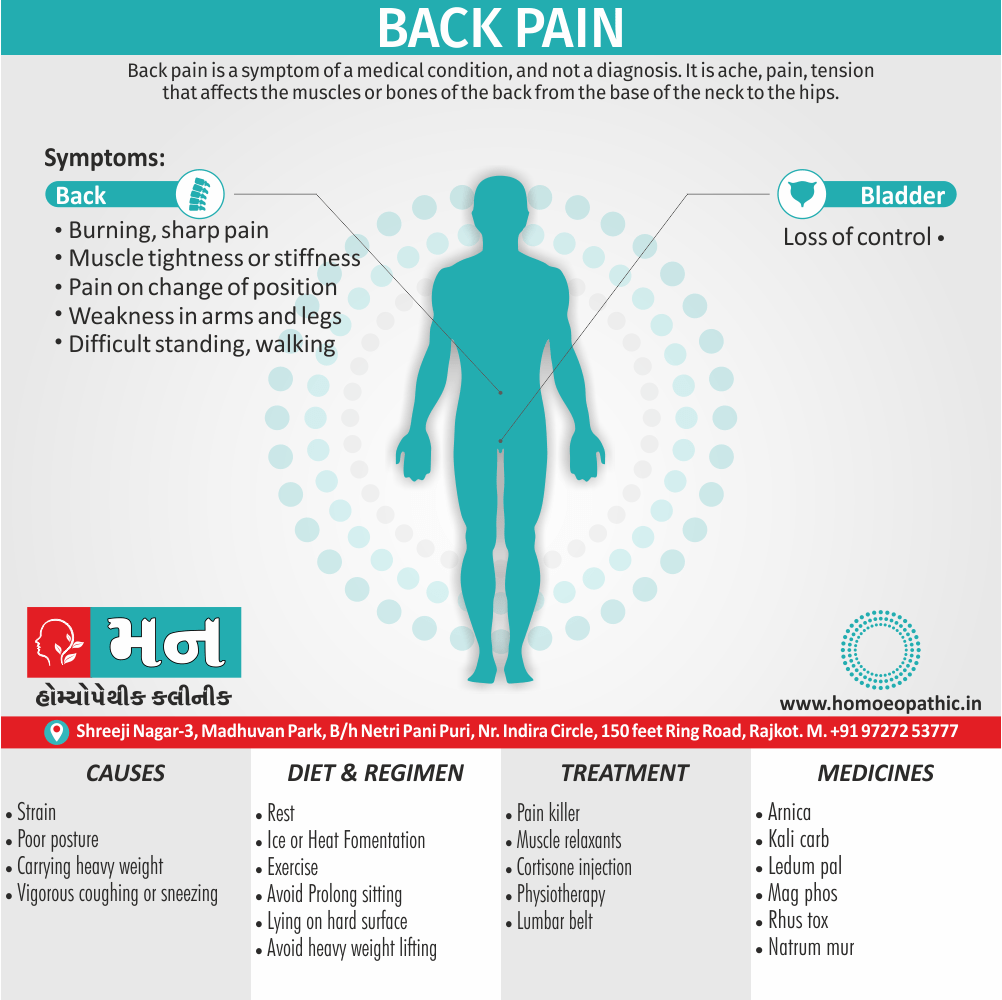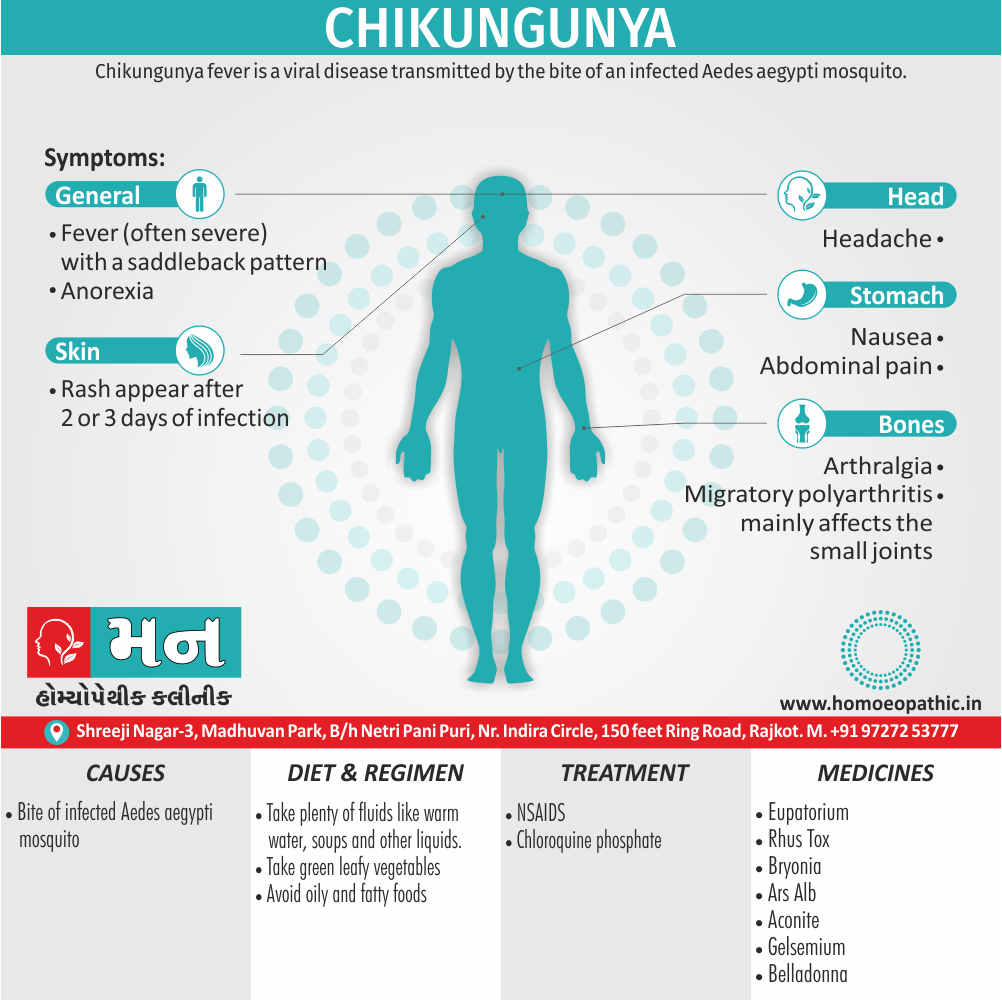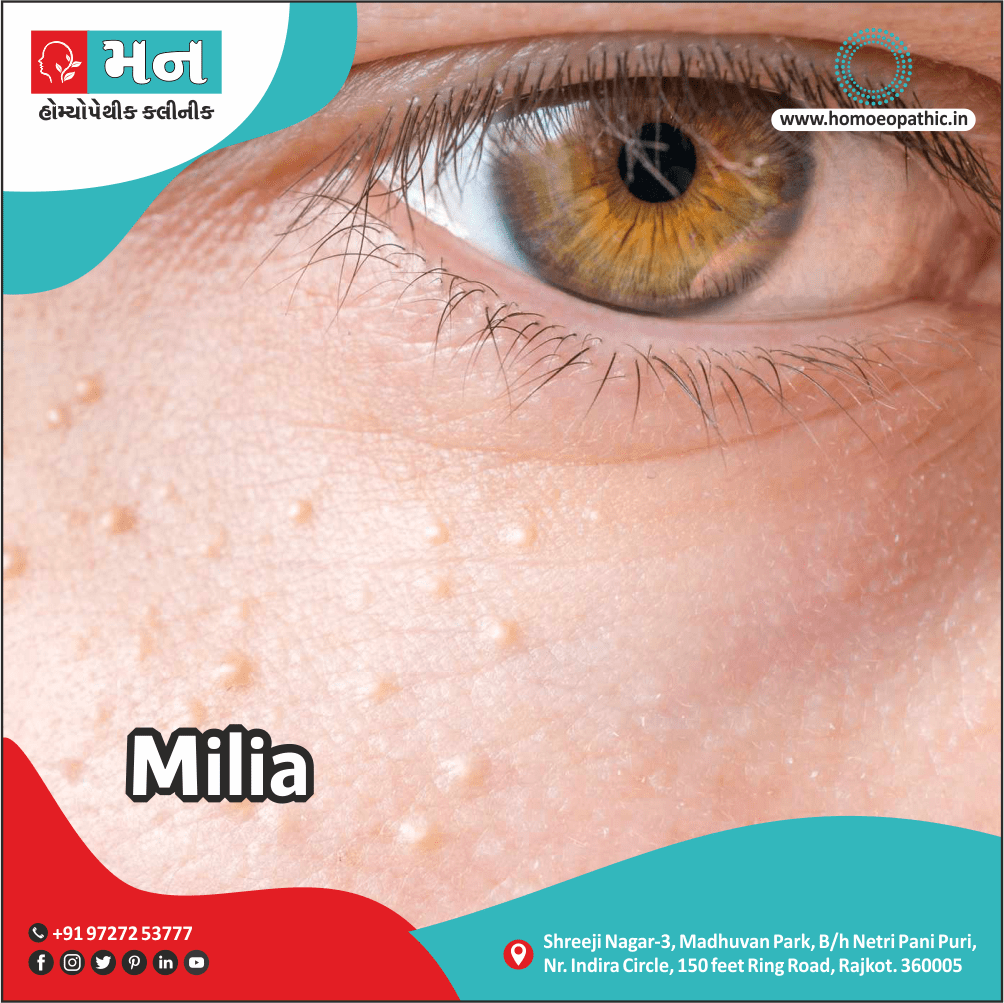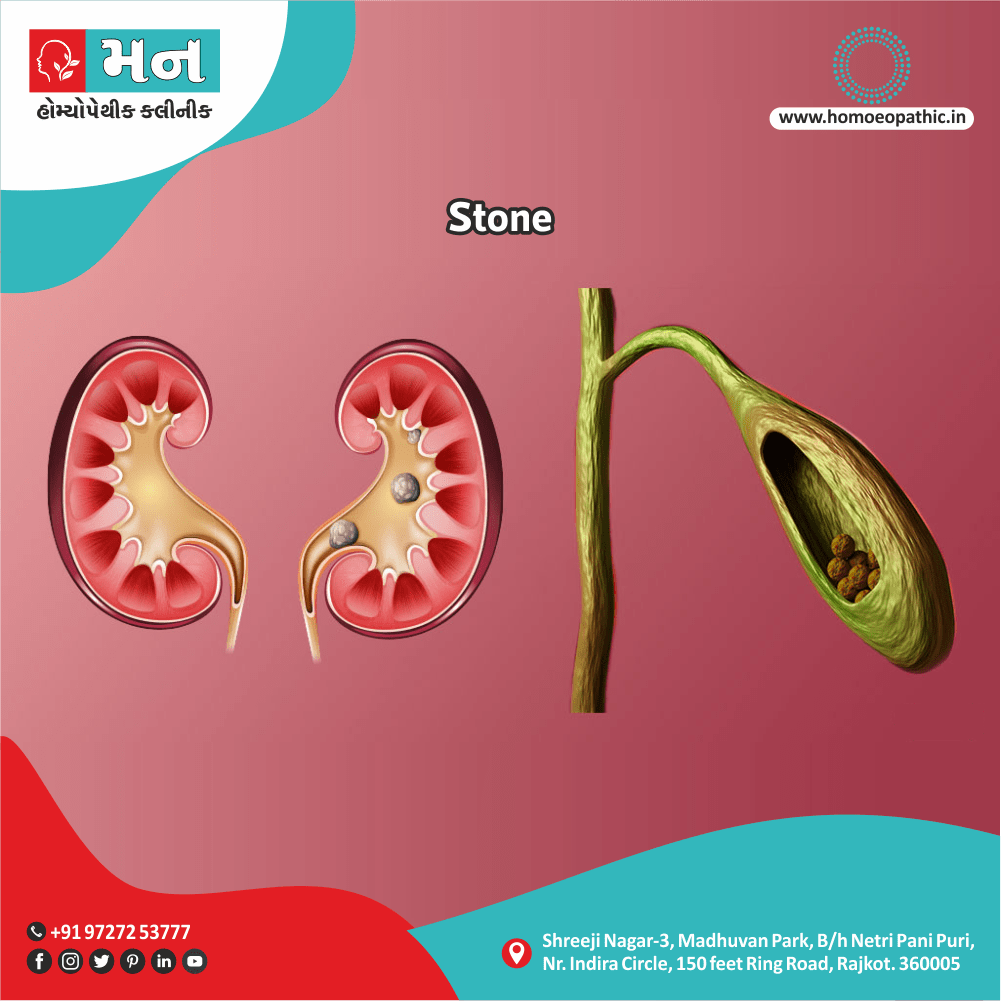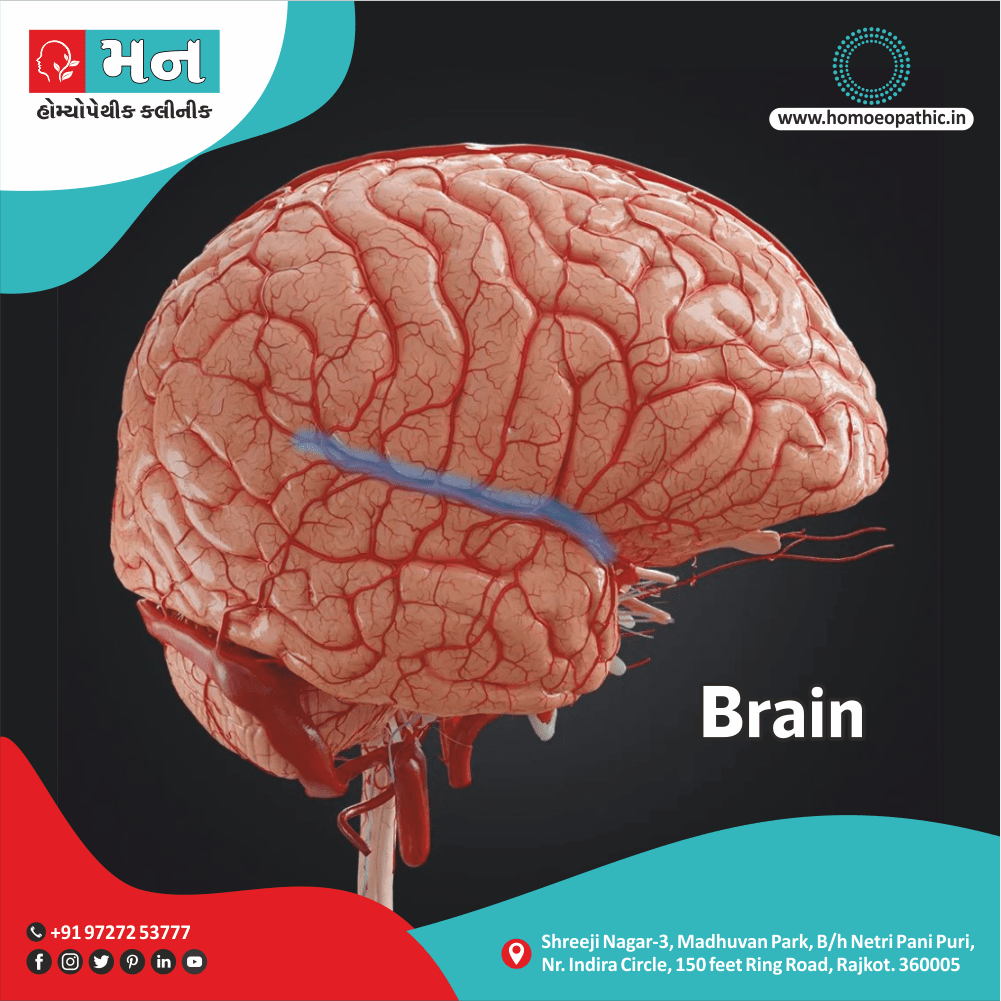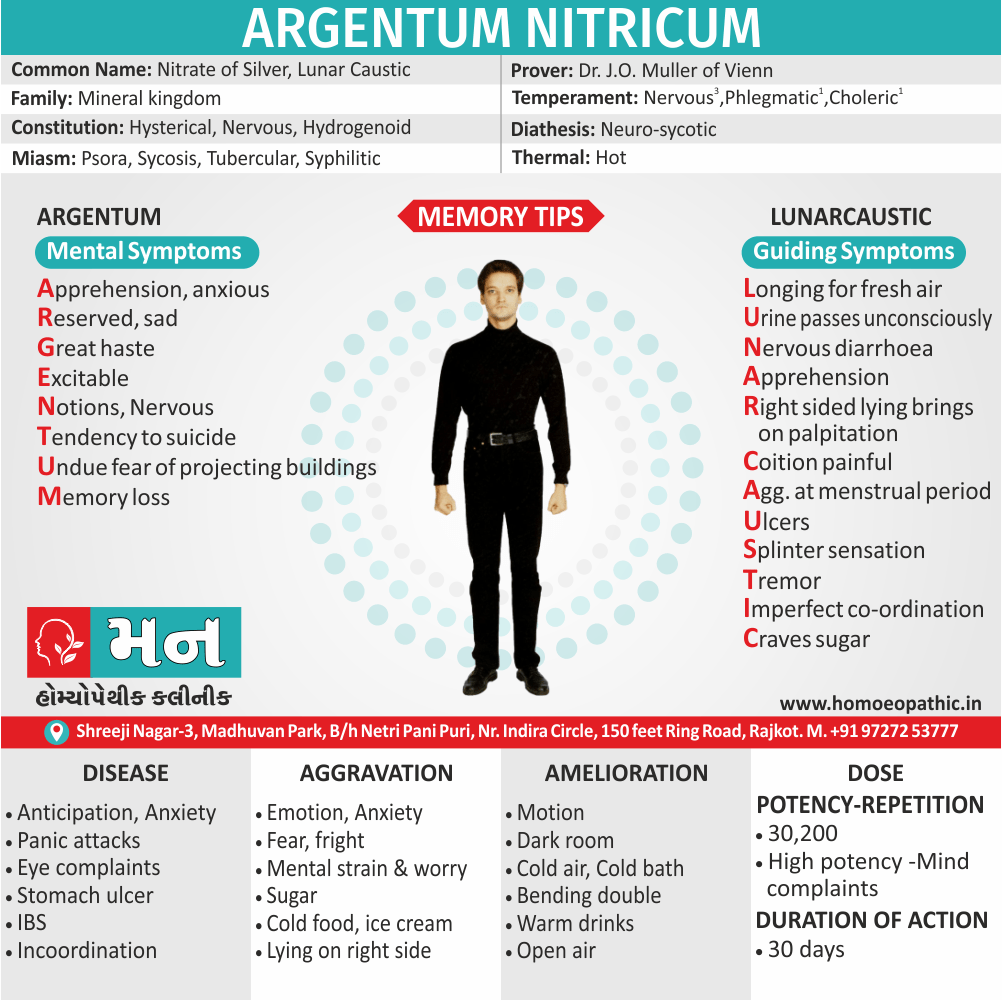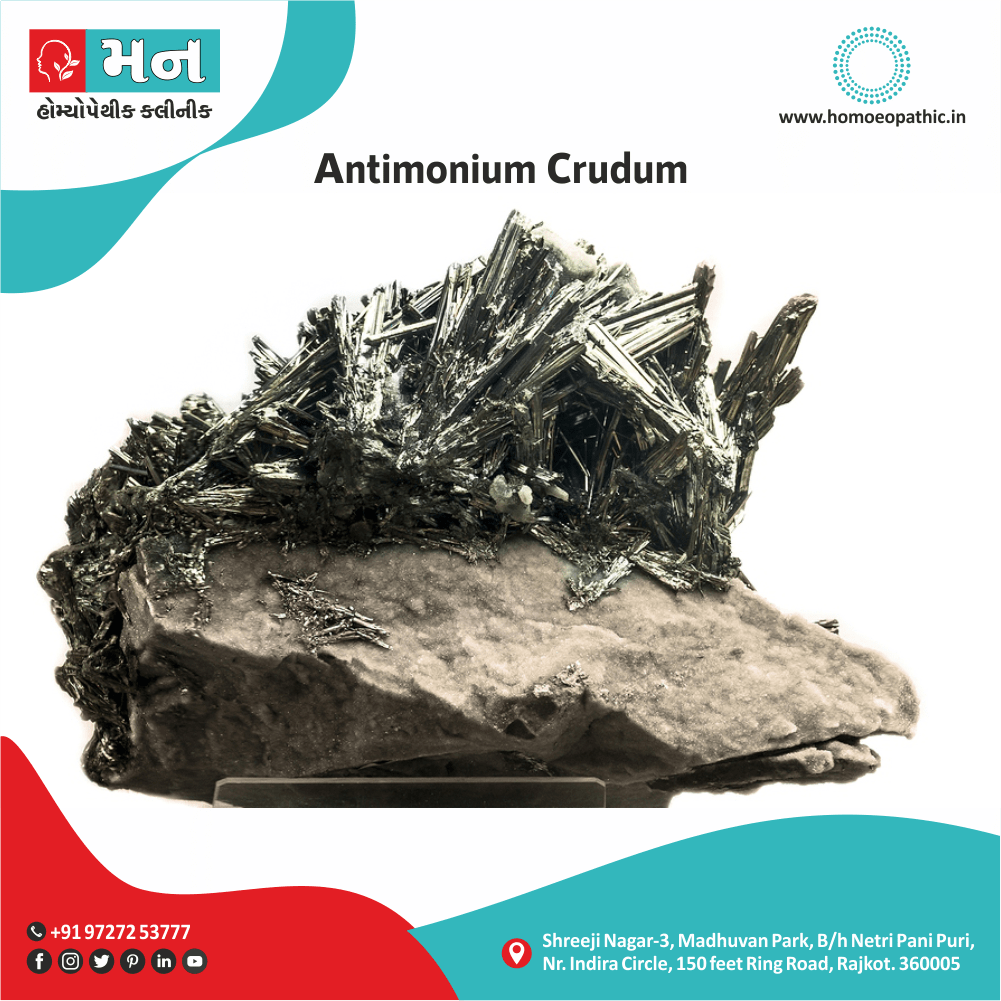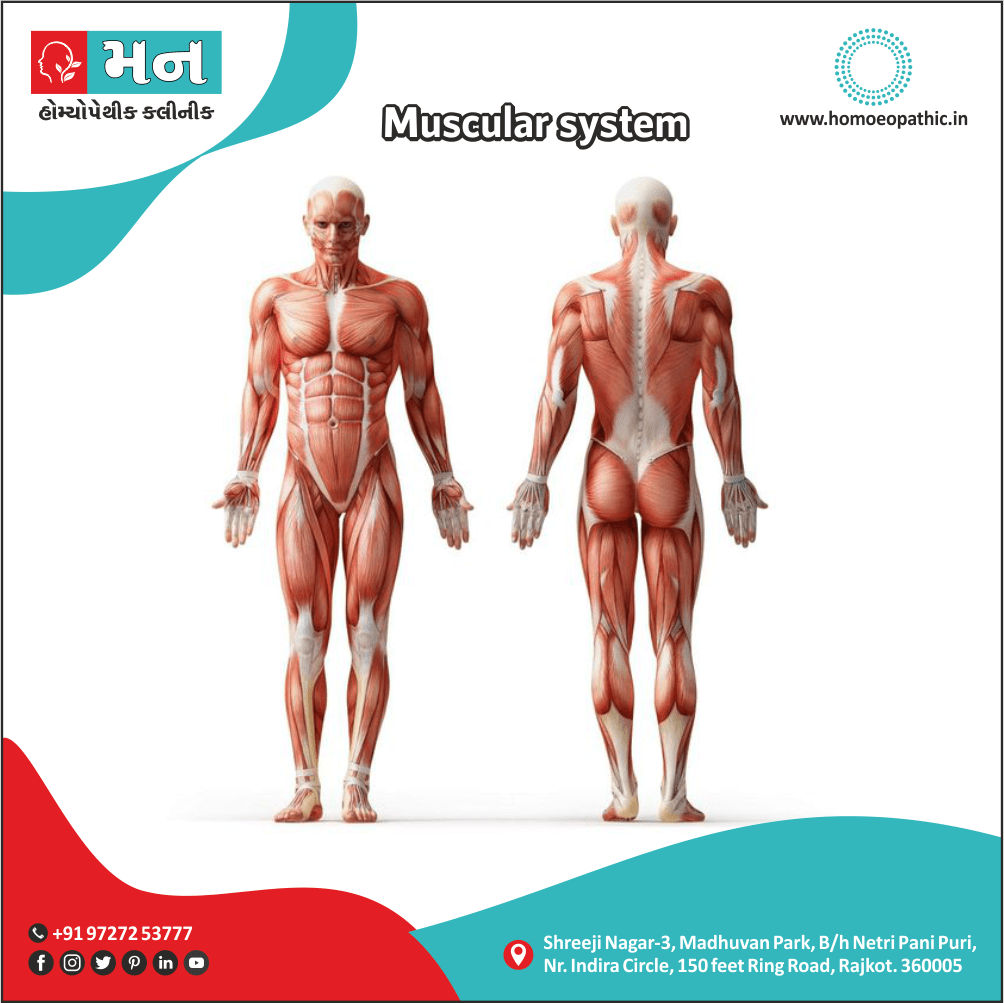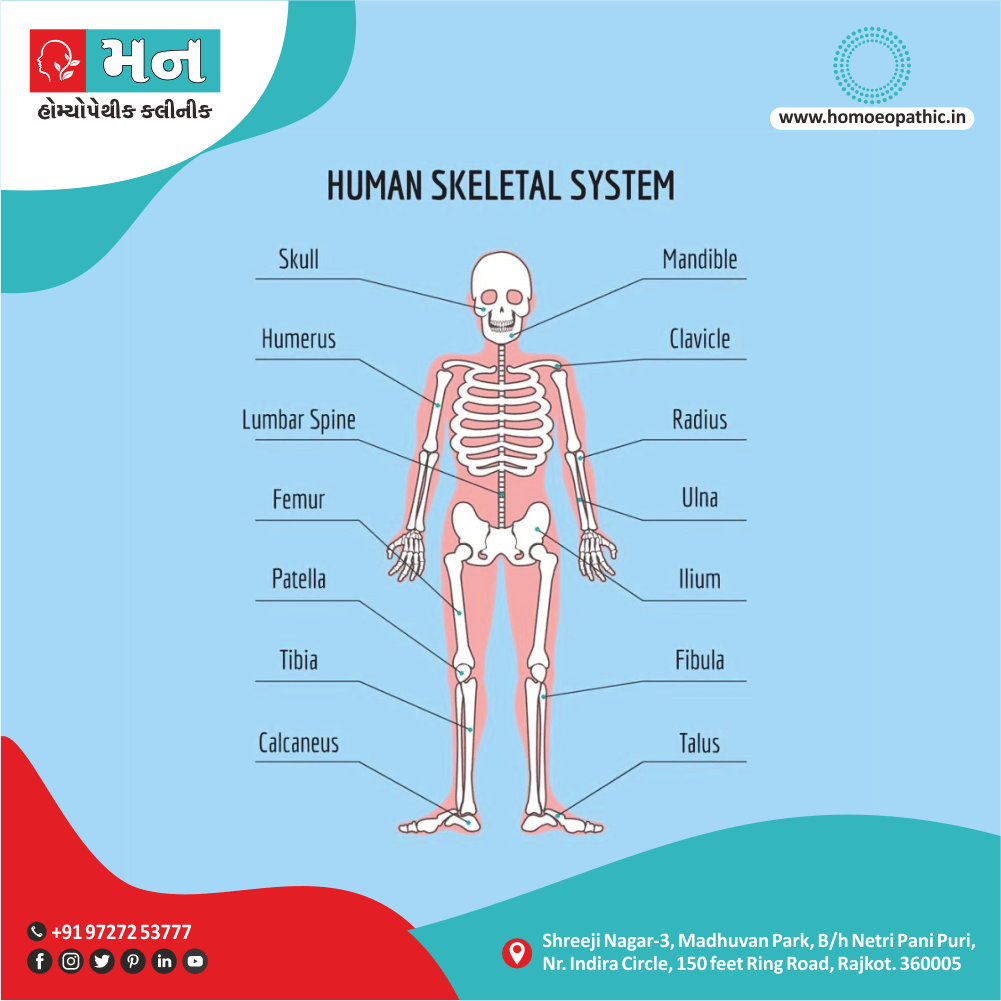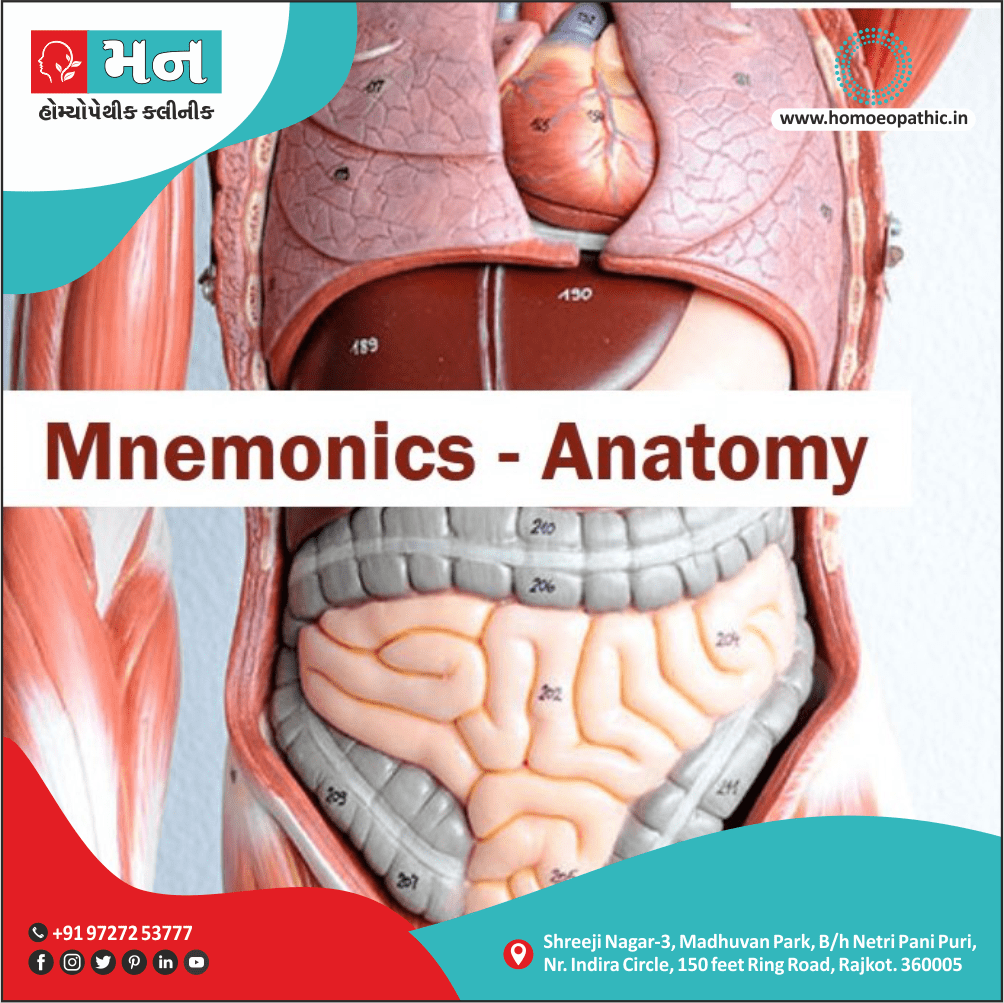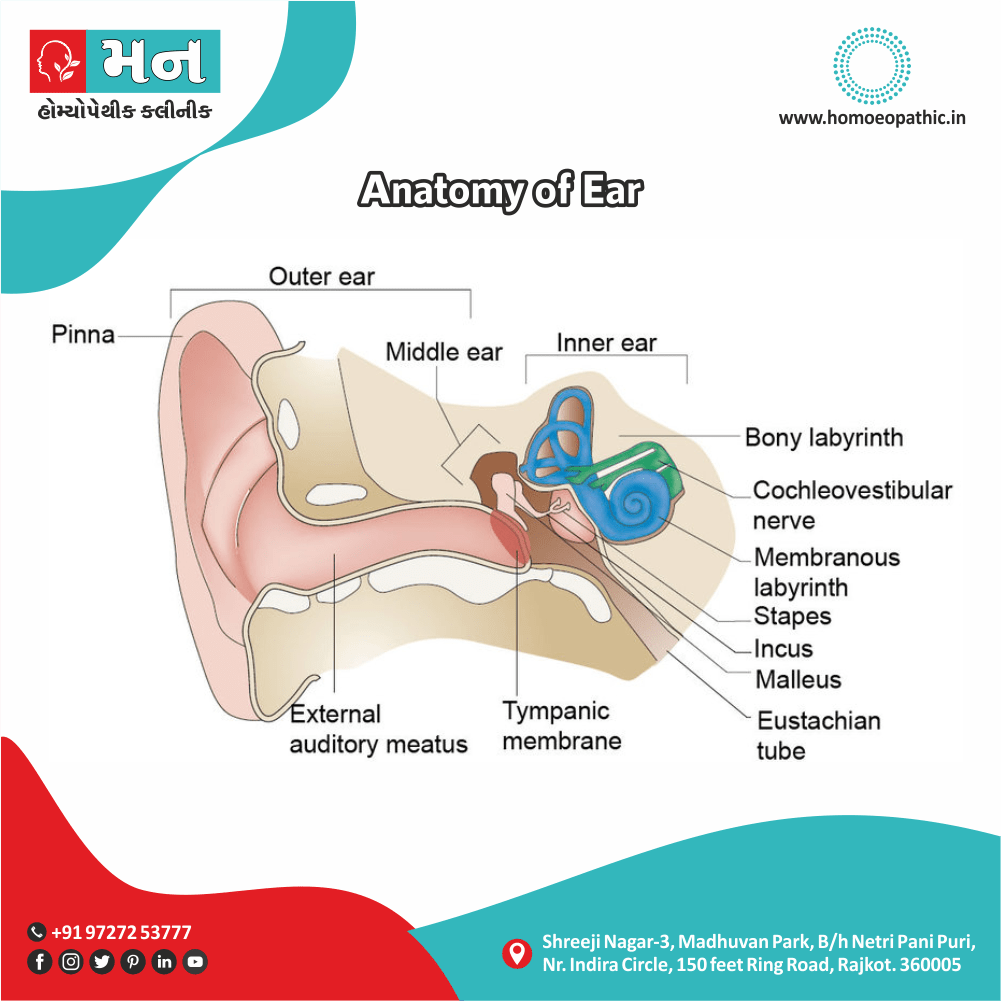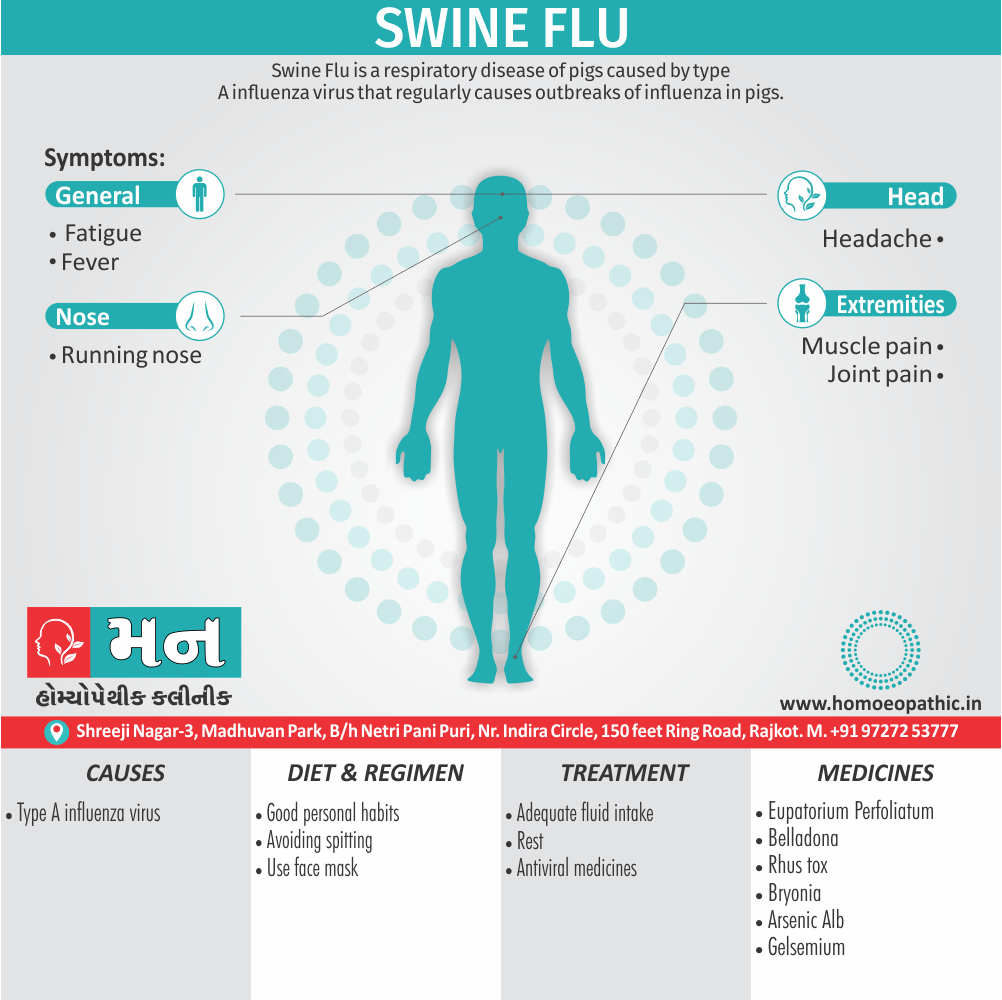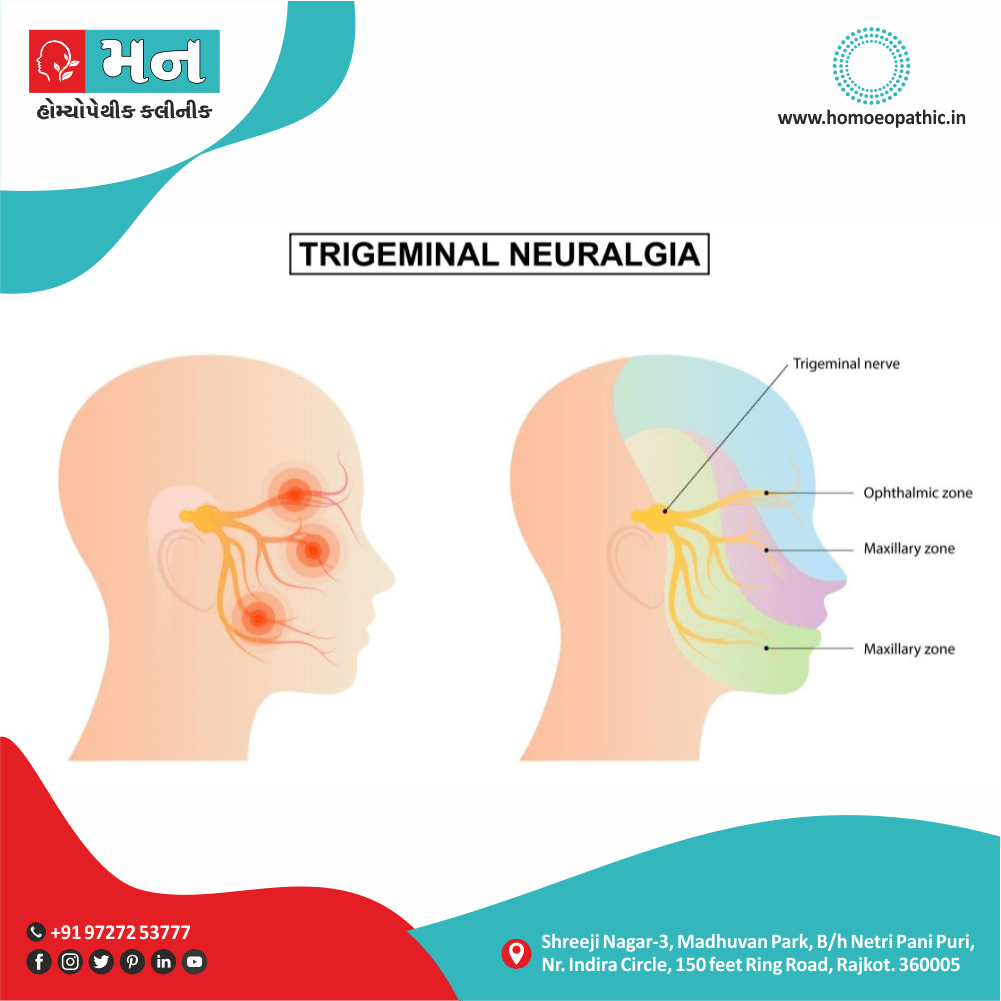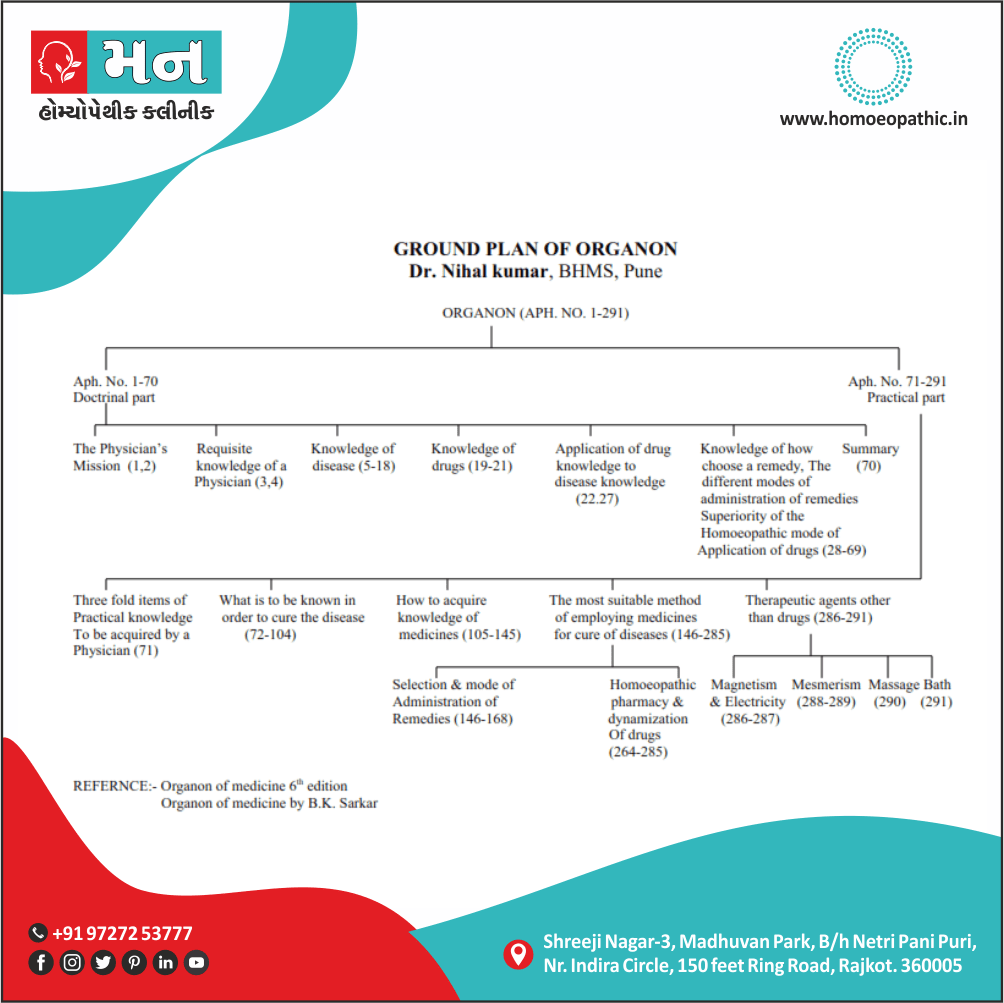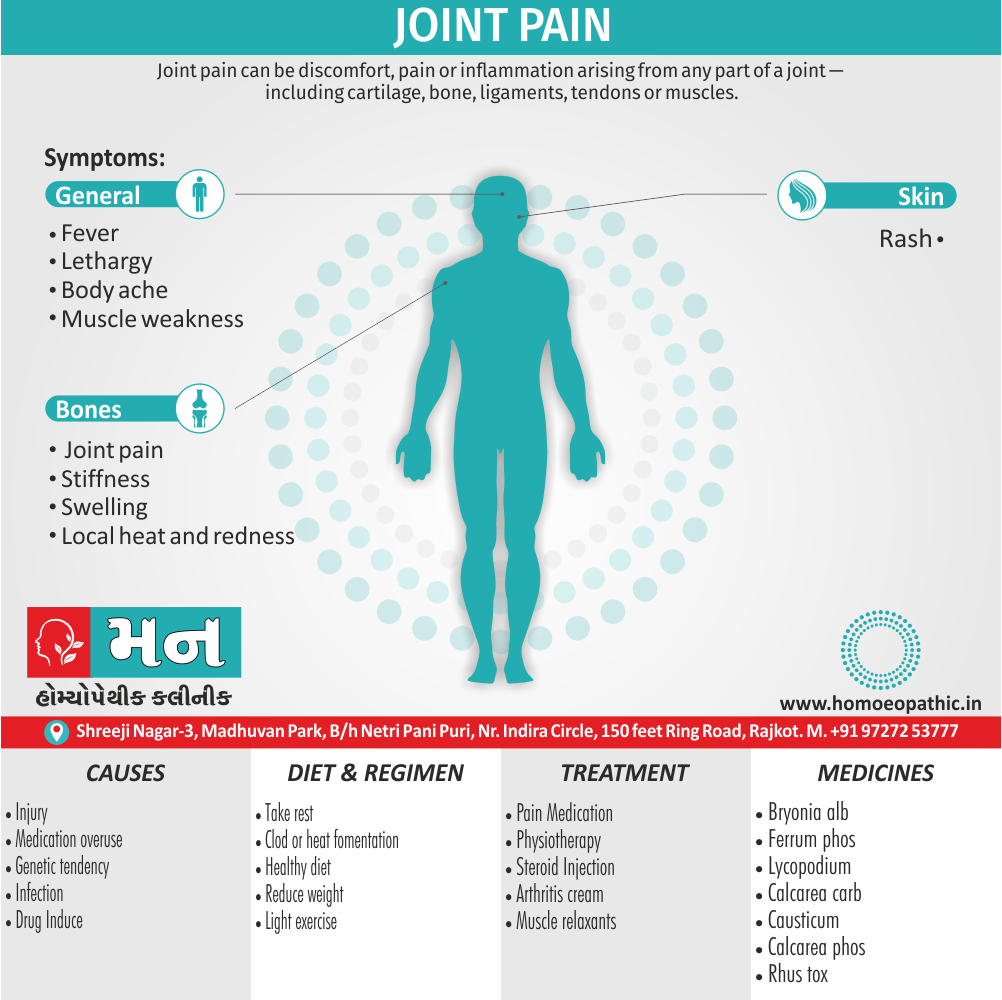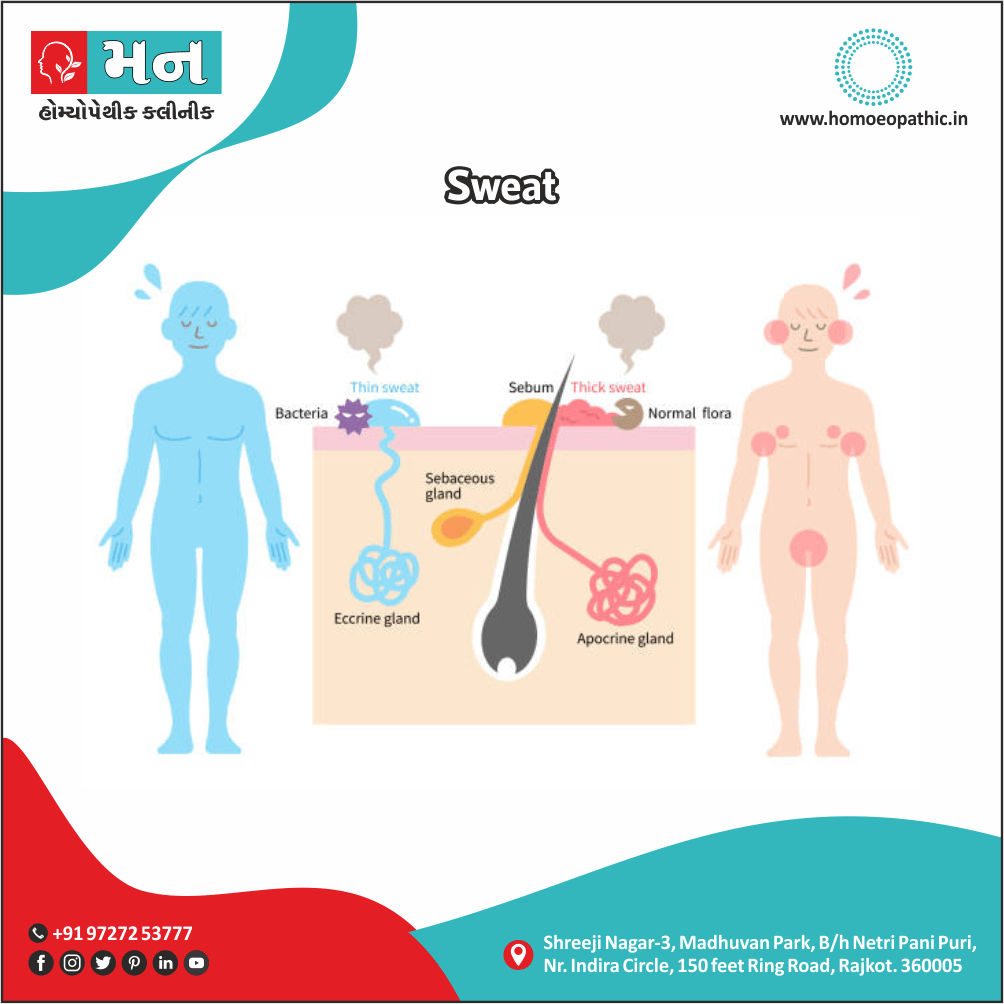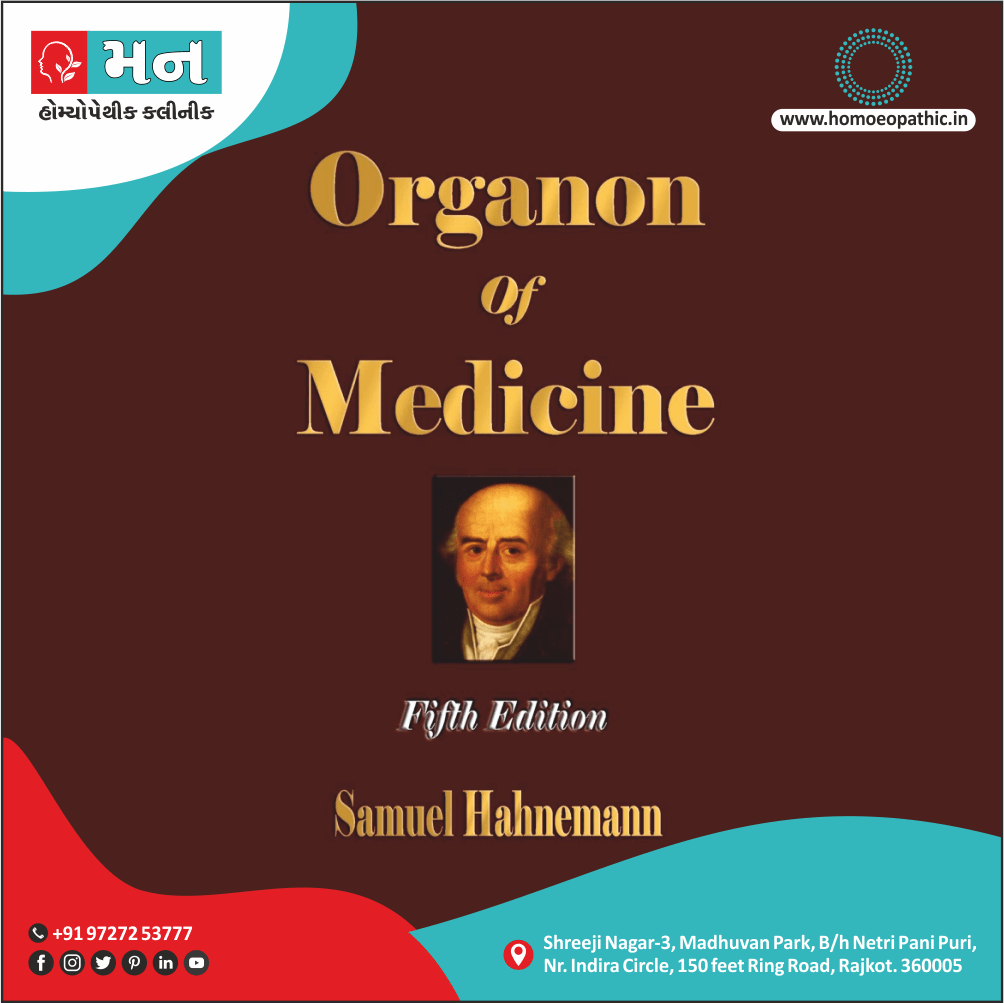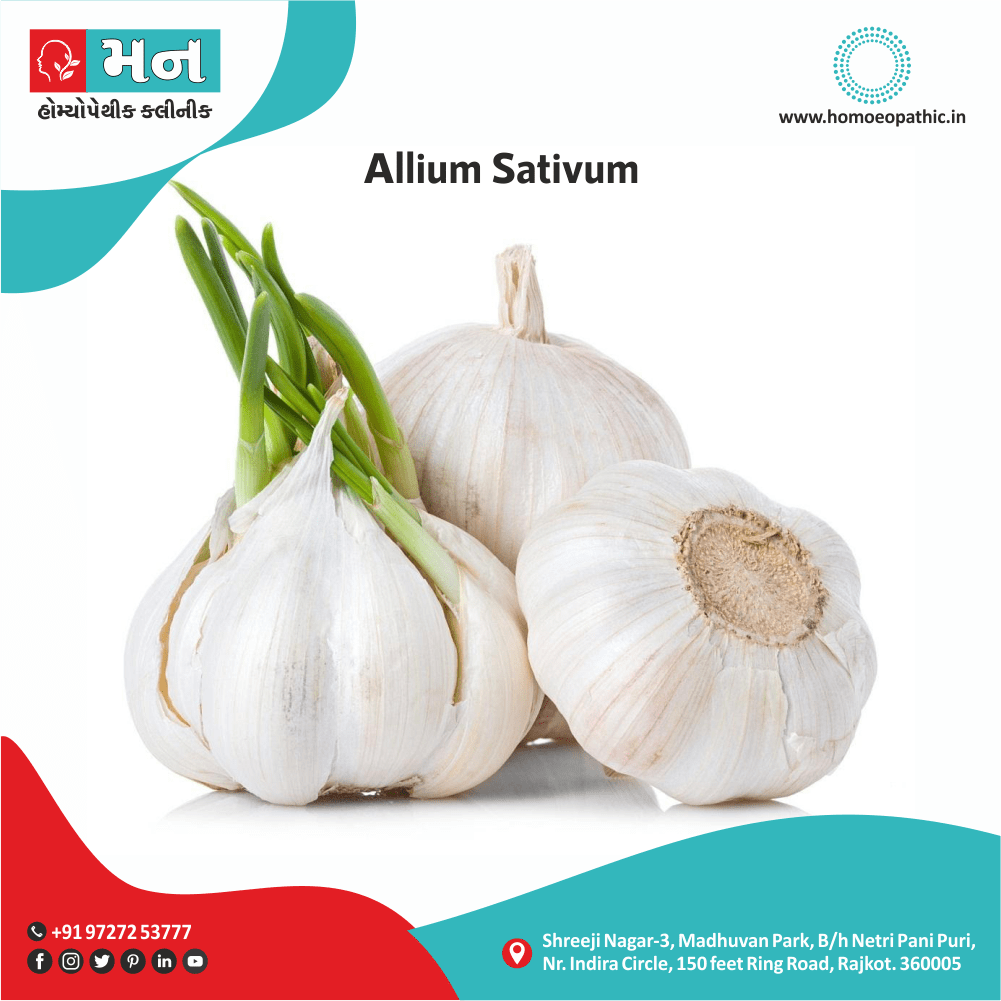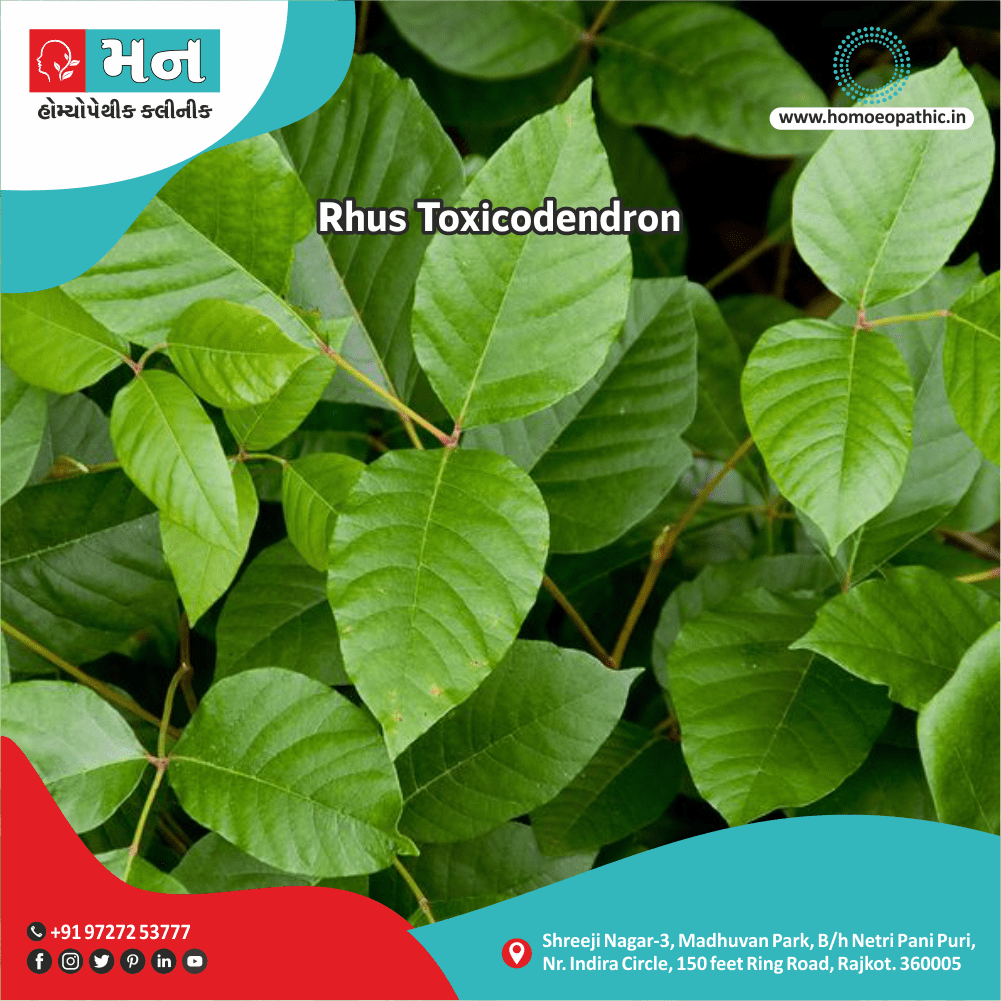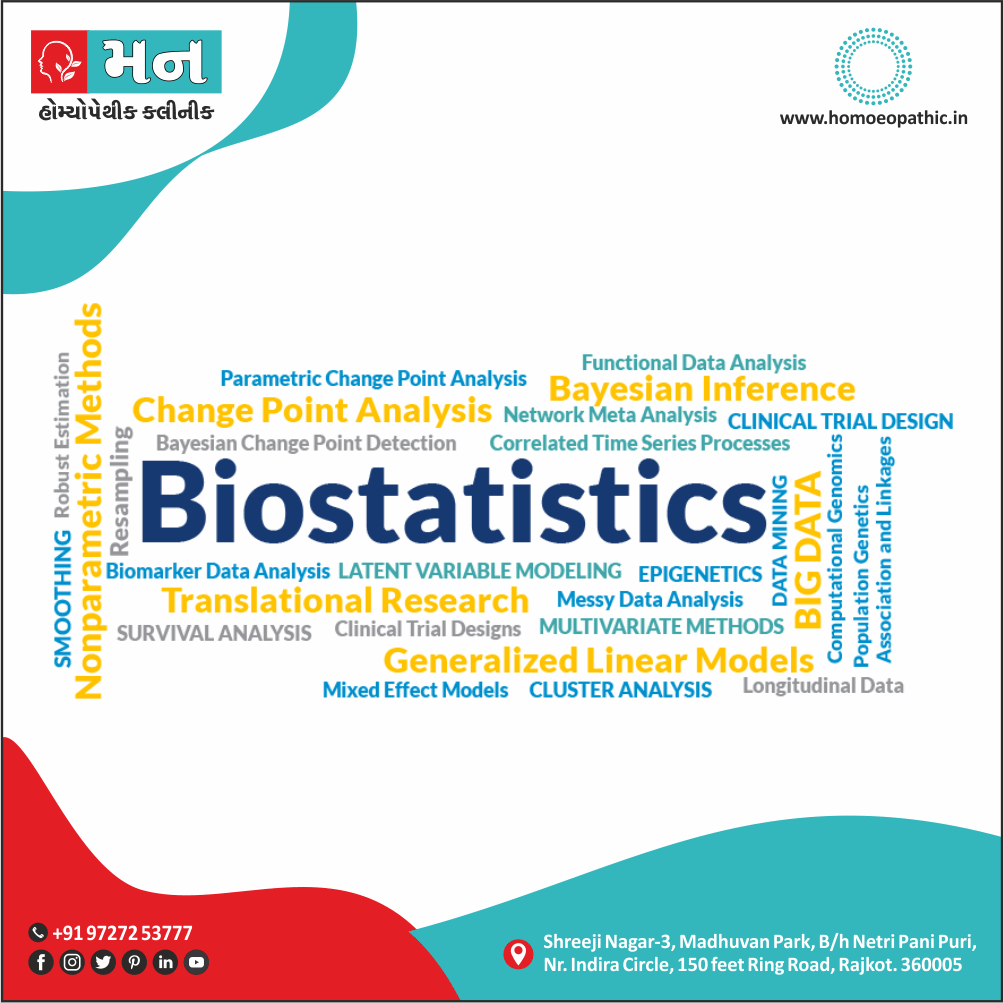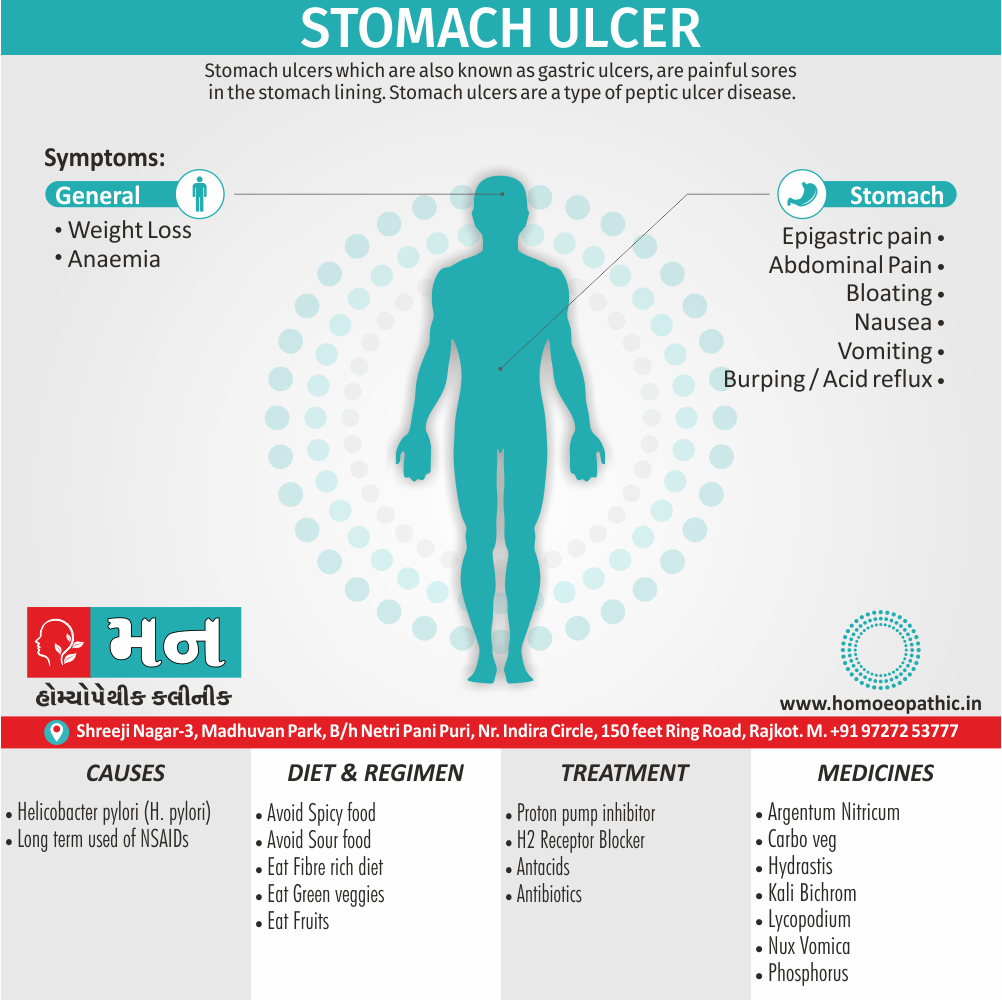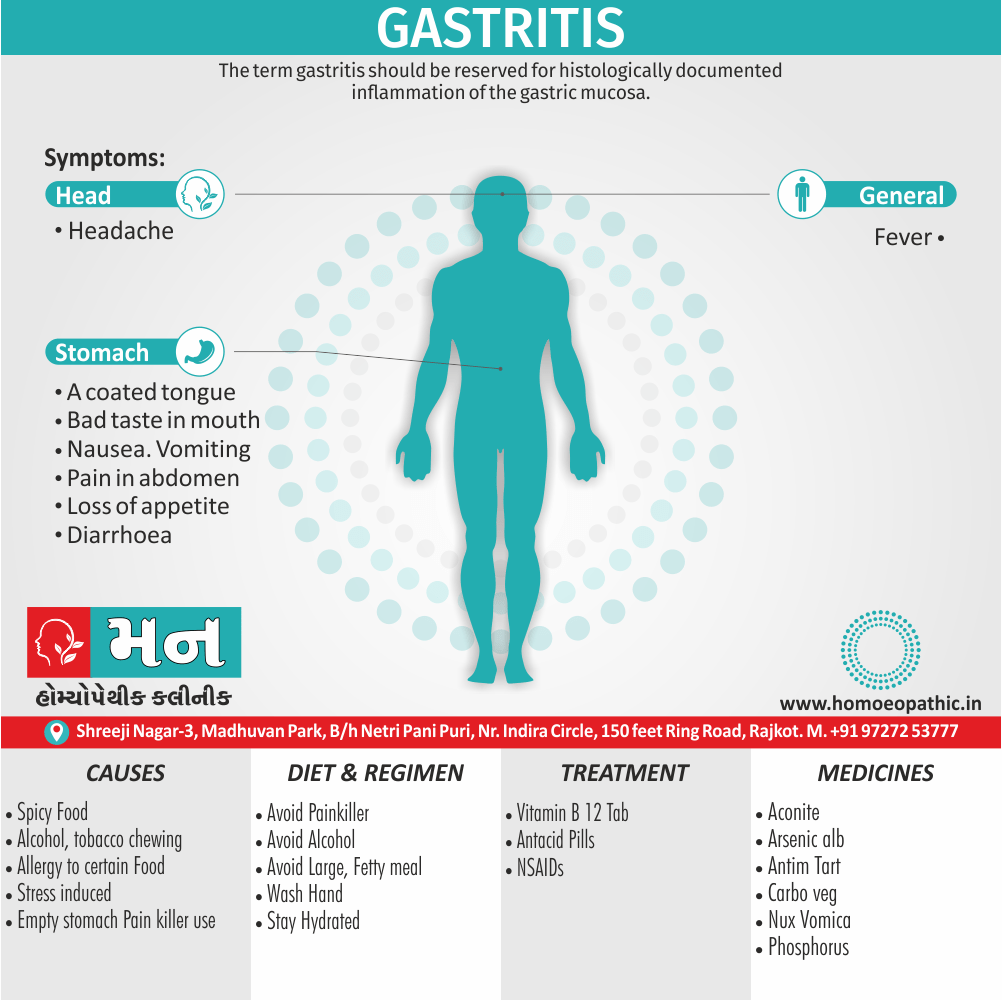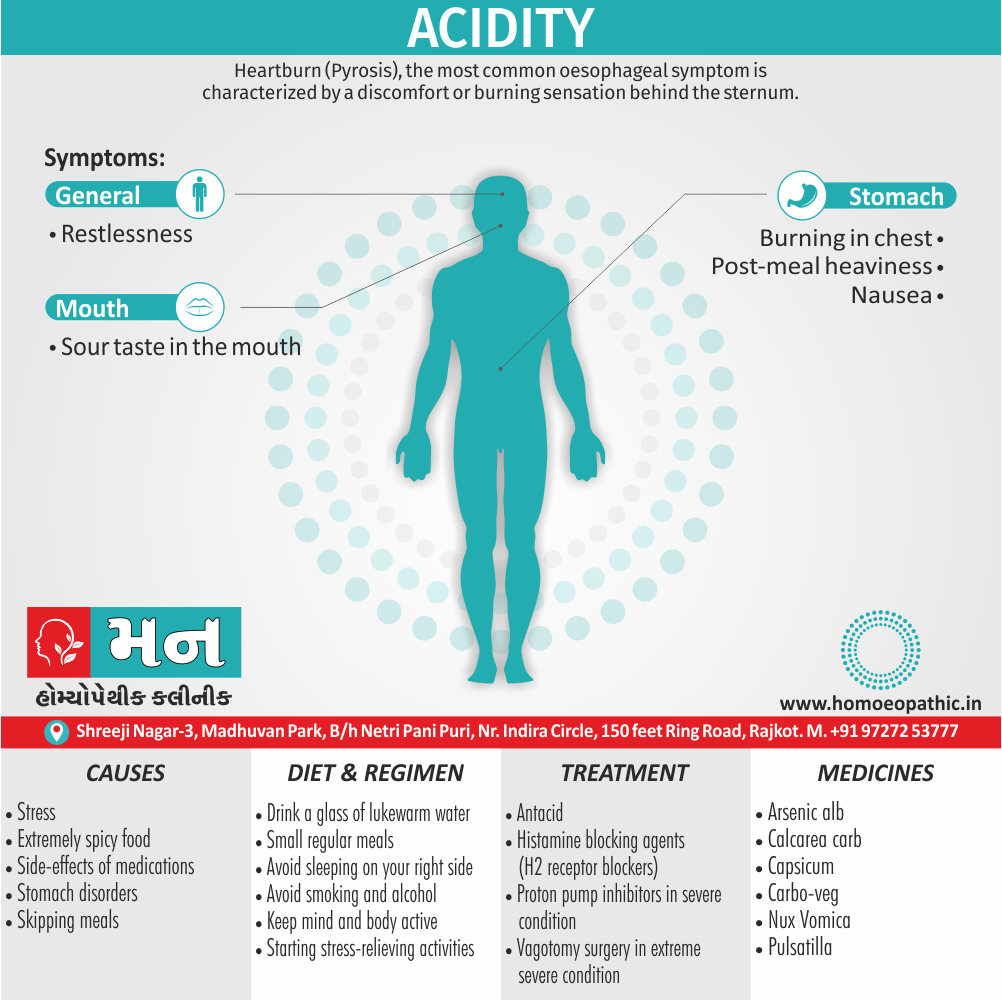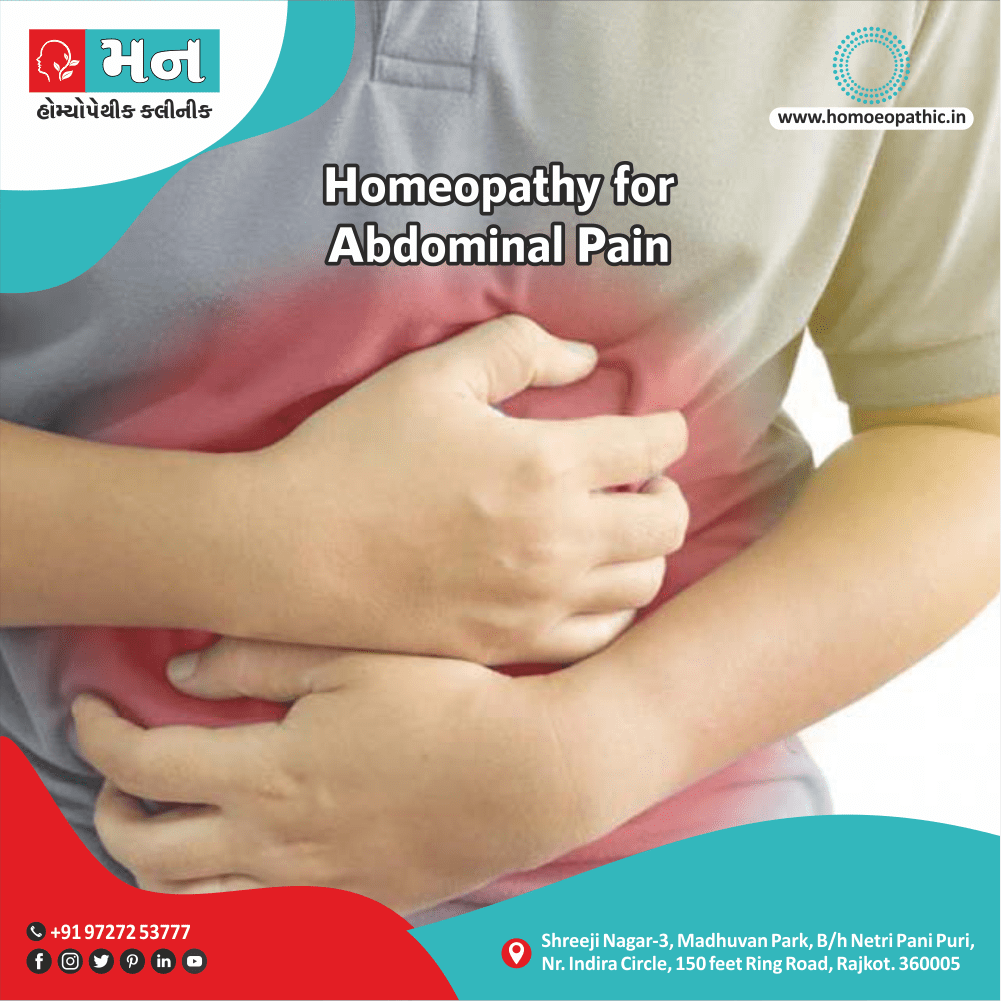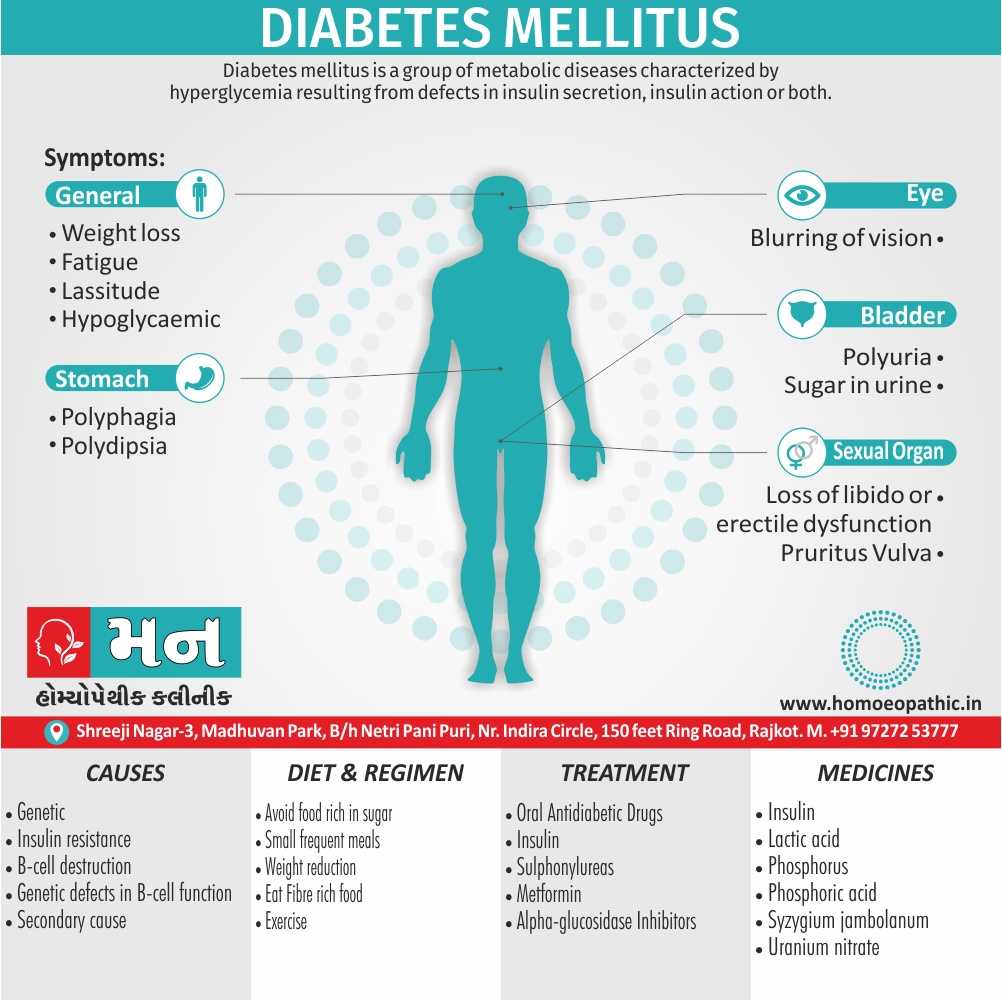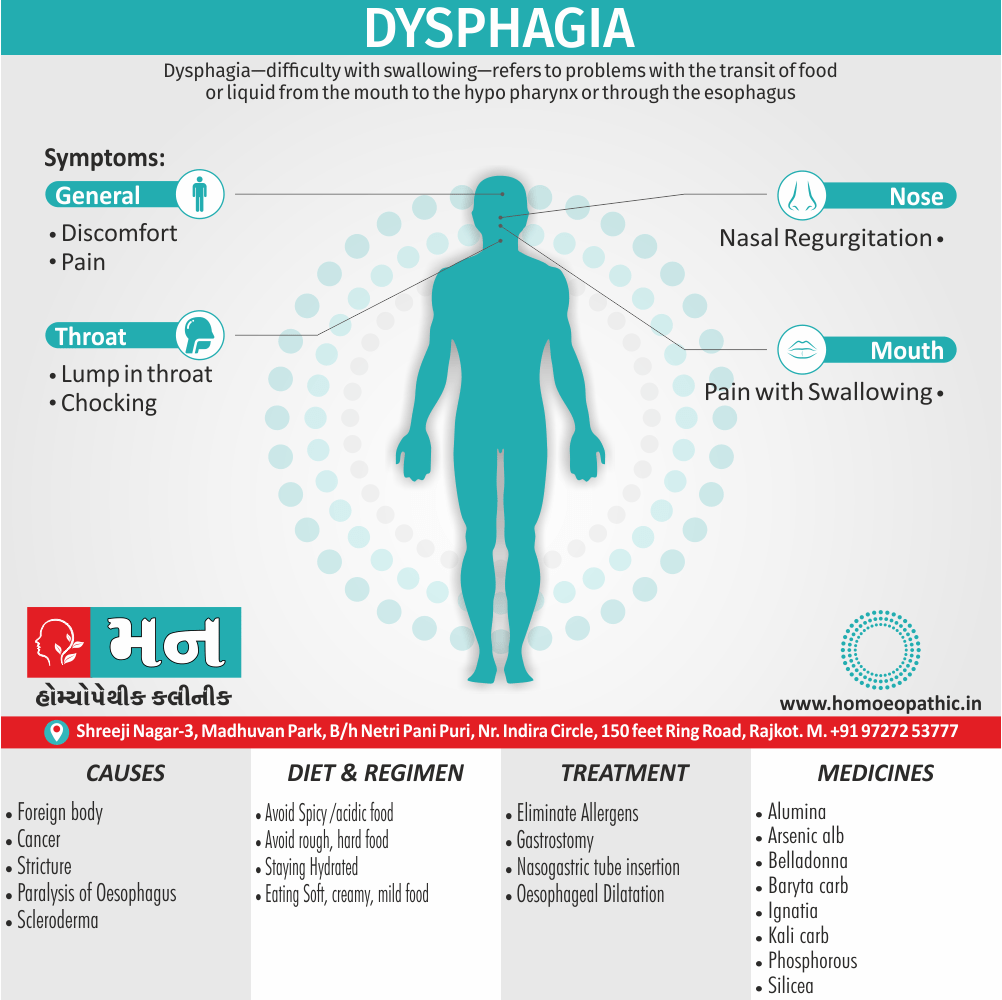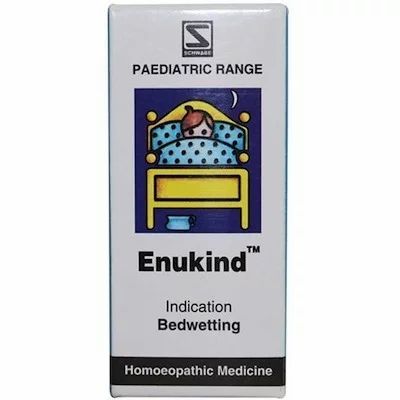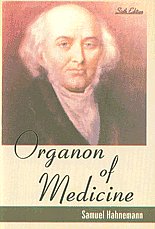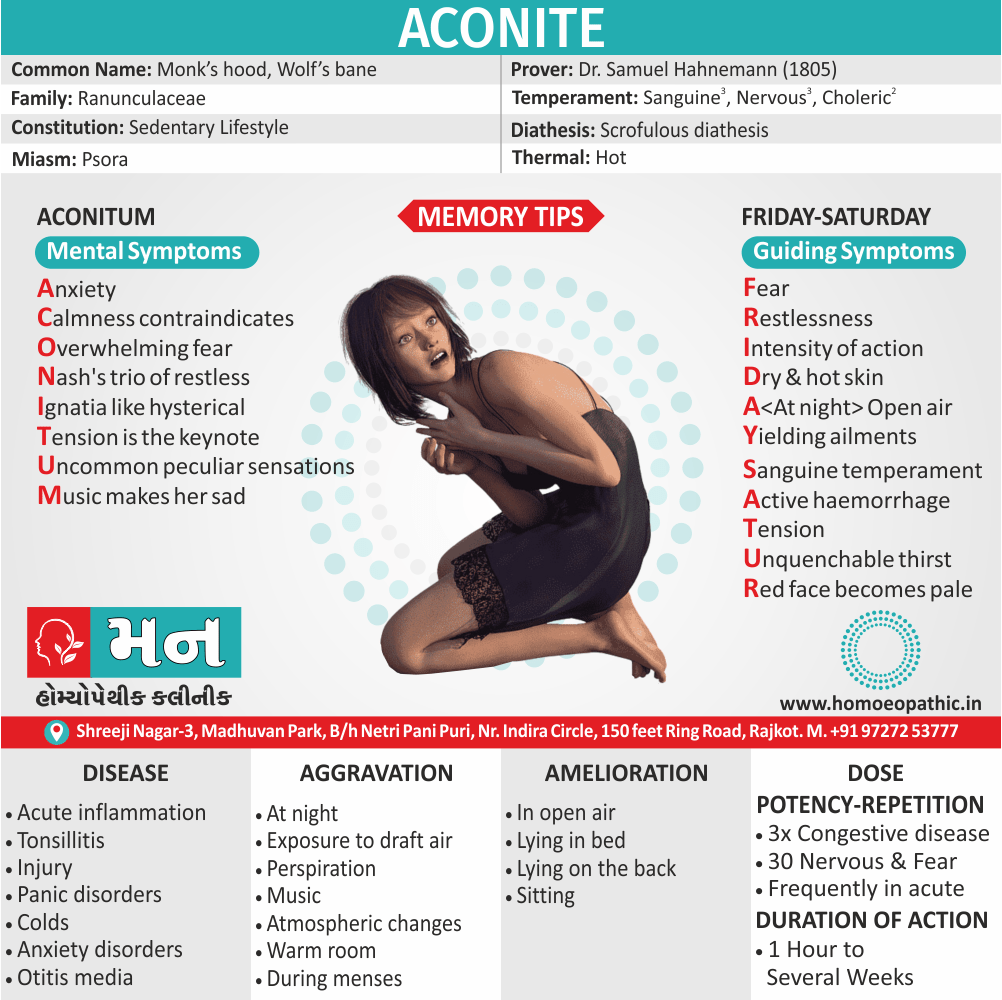Definition:
Premature Ejaculation is defined as ejaculation before the completion of satisfactory sexual activity for both partners. [1]
Overview
Epidemiology xxx
Causes
Types
Risk Factors
Pathogenesis xxx
Pathophysiology
Clinical Features xxx
Sign & Symptoms
Clinical Examination xxx
Diagnosis xxx
Differential Diagnosis xxx
Complications xxx
Investigations xxx
Treatment
Prevention
Homeopathic Treatment
Diet & Regimen
Do’s and Dont’s xxx
Terminology xxx
References
FAQ
Also Search As xxx
Overview
Overview of Premature Ejaculation
- Premature ejaculation is habitual ejaculation before penetration or shortly afterwards, so that the woman gains no pleasure.
- It is common among young men during first sexual encounters, and usually improves with increasing sexual experience.
- The partner can assist by interrupting foreplay whenever the man feels himself becoming highly aroused (stop–start technique).
- This process prolongs the period during which the man can be highly aroused, but not ejaculate. [2]
Epidemiology xxx
Causes
Causes of Premature Ejaculation
Physical Factors i.e.:
- Underactive thyroid
- Diabetes
- High blood pressure
- Multiple sclerosis
- Prostate disease
- Urethritis
- Stress
- Excessive alcohol intake
- Drug abuse
- Laziness
Psychological Factors i.e.:
- Strict upbringing
- Sexual inexperience
- Early conditioning
- Traumatic background
- Stress, depression
- Teenage masturbatory practices
- Unresolved relationship
- Conflicts
- Fear [5]
Biological Factors i.e.:
- Abnormal level of hormones
- Abnormal neurotransmitter levels
- Abnormal ejaculatory system reflex function
- Any sort of problem in the thyroid gland
- Infected either urethra or prostrate
- Hereditary characters. [4]
Types
Classification of Premature Ejaculation
Lifelong premature ejaculation-
- Many males have been found to have had the premature ejaculation problem for not just a while, but for the entirety of their lives. A lifelong premature ejaculation usually is found at when the male has his first sexual intercourse.
- Intravaginal Ejaculation Latency Time (in other words; IELT): Very short (<1–1.5 min)
- Frequency: Consistent
- Etiology: Neurobiological also Genetic
- Treatment: Medication either with or without counselling
- Prevalence: Low
Acquired premature ejaculation-
- It is the condition in which a male who has had a healthy sex life from the onset and has recorded some levels of standard overall performance suddenly starts to experience premature ejaculation during sexual intercourse.
- IELT: (Very) short (<1.5–2 min)
- Frequency: Inconsistent
- Etiology: sexual performance anxiety, psychological or relationship problems, ED, prostatitis, hyperthyroidism, or during withdrawal or detoxification from prescribed or recreational drugs.
- Treatment: Medication also Psychotherapy
- Prevalence: Low
Natural variable premature ejaculation-
- As the catchphrase ‘variable’ suggests, In detail it is the type of premature ejaculation that occurs irregularly or inconsistently or on a random basis.
- IELT- Normal (3–8 min)
- Frequency- Inconsistent
- Etiology- Normal variation of ejaculatory performance
- Treatment- Psycho-education, reassurance
- Prevalence- High
Premature-like ejaculatory dysfunction-
- Men under this classification experience or complain of PE while the ejaculation time is in the normal range, that is around 2–6 min, and in some instances the ejaculatory latency may even be of very long duration, that is between 5 and 25 min.
- IELT- either Normal or long (3–30 min)
- Frequency- (In)consistent
- Etiology- Psychological
- Treatment- Psychotherapy
- Prevalence- High [3][5]
Risk Factors
Risk factor of Premature Ejaculation
- Erectile Dysfunction
- Health Issues
- Stress
- Certain Drugs- psychotropics [4]
Pathogenesis xxx
Pathogenesis refers to the development of a disease. It’s the story of how a disease gets started and progresses.
This is the entire journey of a disease, encompassing the cause but going beyond it.
Pathophysiology
Pathophysiology, on the other hand, focuses on the functional changes that occur in the body due to the disease. It explains how the disease disrupts normal physiological processes and how this disruption leads to the signs and symptoms we see.
Imagine a car accident. Pathogenesis would be like understanding how the accident happened – what caused it, the sequence of events (e.g., one car ran a red light, then hit another car). Pathophysiology would be like understanding the damage caused by the accident – the bent fenders, deployed airbags, and any injuries to the passengers.
In simpler terms, pathogenesis is about the "why" of a disease, while pathophysiology is about the "how" of the disease’s effects.
Clinical Features xxx
Tab Content
Sign & Symptoms
Sign & Symptoms of Premature Ejaculation
Lifelong (Primary) Premature Ejaculation i.e.
- Unable to delay ejaculation during vaginal penetrations > 1 min.
- Development of negative personal attributes including frustration, stress and a tendency to avoid sexual intimacy
Secondary Premature Ejaculation i.e.
Secondary Premature Ejaculation develops after you’ve had successful and satisfying sexual intercourses in the past with no ejaculatory dysfunctions.
Clinical Examination xxx
Tab Content
Diagnosis xxx
Tab Content
Differential Diagnosis xxx
Complications xxx
Complications are what happen after you have a disease. They are the negative consequences of the disease process.
Investigations xxx
Tab Content
Treatment
Treatment of Premature Ejaculation
Give Answers of following questions when physician ask you?
Sexual History i.e.:
- Is this something new?
- Have you suffered from premature ejaculation before?
- Who was the partner and how was the situation back then?
Medical History i.e.:
- Do you frequently have premature ejaculation?
- Did this problem appear suddenly or gradually?
- Does this problem occur only with a particular partner?
- Does it happen when you’re masturbating?
- Does your premature ejaculation occur during every sexual intercourse?
- How often do you have an intercourse?
- How much are you concerned by this problem?
- Do you have a satisfying relationship?
- Tell me about your first sexual experience.
- Are you suffering from erectile dysfunction?
- What medications are you taking or used to take before?
- Have you ever tried recreational drugs? [4]
Squeeze technique (Seman’s technique):
This is a very common therapy often suggested by doctors. Here is how The Squeeze Technique works:
- Step 1- Start your sexual activity just like any other day and enjoy stimulation of your penis to the level just before you think you’re going to ejaculate.
- Step 2- Ask your partner to squeeze the head of your penis for several seconds until your tendency to ejaculate reduces and diminishes.
- Step 3- After releasing the squeeze, take a break for around 30 seconds and engage in some foreplay. During the squeezing, your penis will become less erect, but will return to full erection as soon as the sexual stimulation resumes.
- Step 4- When you feel the urge to ejaculate again, ask your partner to repeat the process.
Repeat this process as many times as you need and at one point, you’ll be able to penetrate your partner without feeling that sudden urge to ejaculate. With a few practice sessions, ejaculation can be delayed and you’ll be habituated to having satisfying sex without needing the squeeze technique any more.
Medications:
- Antidepressants
- Topical Anesthetic Creams
Cognitive Behavioral Therapy
Alternative Treatments
- Kegel Exercise
- Using condoms
- Try out various sexual positions
- Yoga [4]
Prevention
Prevention of Premature Ejaculation
- While treating this disease patients, doctors have often discovered that the early ejaculation has been caused by a communication gap between the partners or sometimes due to not understanding how male and female sexual organ’s function.
- Usually, a woman needs a comparatively longer stimulation to reach orgasm than men. This difference might cause resentment between the male and female partner and put stress over sexual intercourse. As the pressure during intercourse increases, the chance of this disease increases too.
- The best way to deal with this disease is to be patient.
- Open communication between partners and a determination to try out different methods to treat this issue can really help reduce the tension and anxiety about sexual performance.
- The issue should be approached with love and care and the partners should avoid blaming each other for any sexual dissatisfaction. In Detail, Throughout the ages, this disease has produced a lot of broken relations and unhappy sex lives between partners.
- When it becomes difficult to solve sexual problems by a mutual discussion, a doctor can come to the rescue. [4]
Homeopathic Treatment
Homeopathic Treatment of Premature Ejaculation
Homeopathy treats the person as a whole. It means that homeopathic treatment focuses on the patient as a person, as well as his pathological condition. The homeopathic medicines selected after a full individualizing examination and case-analysis.
which includes
- The medical history of the patient,
- Physical and mental constitution,
- Family history,
- Presenting symptoms,
- Underlying pathology,
- Possible causative factors etc.
A miasmatic tendency (predisposition/susceptibility) also often taken into account for the treatment of chronic conditions.
What Homoeopathic doctors do?
A homeopathy doctor tries to treat more than just the presenting symptoms. The focus is usually on what caused the disease condition? Why ‘this patient’ is sick ‘this way’?.
The disease diagnosis is important but in homeopathy, the cause of disease not just probed to the level of bacteria and viruses. Other factors like mental, emotional and physical stress that could predispose a person to illness also looked for. No a days, even modern medicine also considers a large number of diseases as psychosomatic. The correct homeopathy remedy tries to correct this disease predisposition.
The focus is not on curing the disease but to cure the person who is sick, to restore the health. If a disease pathology not very advanced, homeopathy remedies do give a hope for cure but even in incurable cases, the quality of life can greatly improved with homeopathic medicines.
Homeopathic Medicines for Premature Ejaculation:
The homeopathic remedies (medicines) given below indicate the therapeutic affinity but this is not a complete and definite guide to the homeopathy treatment of this condition. The symptoms listed against each homeopathic remedy may not be directly related to this disease because in homeopathy general symptoms and constitutional indications also taken into account for selecting a remedy, potency and repetition of dose by Homeopathic doctor.
So, here we describe homeopathic medicine only for reference and education purpose. Do not take medicines without consulting registered homeopathic doctor (BHMS or M.D. Homeopath).
Medicines:
Agnus Castus:
- Sexual desire almost lost.
- Testes; cold, swollen, hard, penis small. flaccid.
- Spermatorrhoea; especially with impotence.
- Loss of prostatic fluid on straining.
- Yellow discharge from urethra.
Graphites:
- Sexual debility, specifically with increased desire.
- Averse to coition.
- Ejaculation; either too early or failing during coition.
- Want of sexual enjoyment. – Hydrocele. – Priapism. – Cramps in calves during coition.
- Impotence from excessive indulence or masturbation.
Lycopodium Clavatum:
- Sexual exhaustion; impotence; erections feeble; falls asleep especially during coition.
- Yellow tumour corona glandis.
- Exhausting pollutions.
- Enlarged prostate.
- Premature seminal emission
Zincum metallicum:
- Easy sexual excitement; emission too rapid or difficult during embrace.
- Discharge of prostatic fluid without any cause.
- Grasps the genitals; with cough etc.
- Falling of public hair.
- Besides this, Sadness after emission.
- Swelling of testicles with retraction.
- Lastly, Neuralgia of testes agg. walking.
Caladium Seguinum:
- Flaccid, sweaty genitals.
- Impotence
- Pruritus
- In detail, Impotency, after Gonorrhoea; with mental depression.
- Organs seem larger, as if puffed.
- Glans like a rag.
- Besides this, Atonic pollution.
- Prepuce retracted, especially after coition.
- Genitals cold.
Sarsaparilla officinalis
- Genitals moist and offensive.
- Semen bloody.
- Spermatic cord, painful after emission; additionally swollen after unrequited sexual excitement.
- Herpes preputialis.
- Jerking along urethra.
- Itching on scrotum also perineum.
Selenium metallicum
- Lascivious but impotent.
- Furthermore, Increases desire, decreases ability.
- Semen dribbles during sleep.
- Easy loss of semen; during coition, with feeble erection, but long continued voluptuous thrill; during stools.
- Semen watery, odorless.
- Besides this, Chronic gleet.
- Oozing of prostatic fluid, during sleep, while sitting, walking also at stool.[6]
Diet & Regimen
Diet & Regimen of Premature Ejaculation
Food should be eaten i.e.:
- Watermelon
- Seeds of Green Onions
- Ashwagandha
- Ginger also Honey
- Asparagus also Milk
- Saffron also Almonds
- Cinnamon
- Banana
- Garlic
- Eggs and
- Carrots
There are ways, other than natural home remedies, to cure this disease that have to do with behavior and physical exercise. Moreover, Below are some helpful tips.
- Kegel Exercise
- Special Thick Condoms
- Deep Breathing
- Healthy Eating [5]
Do’s and Dont’s xxx
Tab Content
Terminology xxx
Tab Content
References
References use for Article Premature Ejaculation
[1] Ahuja – A Short Textbook of Psychiatry, 7th Edition
[2] 2 Psychiatry, Fourth Edition – Oxford Medical Publications -SRG-John Geddes 4th Edition
[3] Premature Ejaculation_ From Etiology to Diagnosis and Treatment (PDF Drive)
[4] Premature Ejaculation_ The EXACT Steps to Treat What Affects 33% of All Men (Sexual Disfunction, Premature Ejaculation Cure, Last Longer in Bed, Stop Premature Ejaculation
[5] Home Remedy Secrets To Overcoming Premature Ejaculation_ Tips To Lasting Longer In Bed From Day One (PDF Drive)
[6] PHATAK S. R., Materia Medica of Homeopathic Medicines
FAQ
Frequently Asked Questions
What is Premature Ejaculation?
Premature Ejaculation is defined as ejaculation before the completion of satisfactory sexual activity for both partners.
Homeopathic Medicines used by Homeopathic Doctors in treatment of Premature Ejaculation?
- Agnus Castus
- Graphites
- Lycopodium
- Zincum met
- Caladium
- Sarsaparilla
- Selenium
What causes Premature Ejaculation?
- Underactive thyroid
- Diabetes
- High blood pressure
- Multiple sclerosis
- Prostate disease
- Urethritis
- Stress
What are the symptoms of Premature Ejaculation?
- Unable to delay ejaculation during vaginal penetrations > 1 min.
- Development of negative personal attributes including frustration, stress also a tendency to avoid sexual intimacy
Give the types of Premature Ejaculation?
- Lifelong premature ejaculation
- Acquired premature ejaculation
- Natural variable premature ejaculation
- Premature-like ejaculatory dysfunction
Also Search As xxx
Frequently Asked Questions (FAQ)
XYZ
XXX
XYZ
XXX
XYZ
XXX
How can I find reputable homeopathy clinics or homeopathic doctors in my area?
You can found Homeopathic Clinic For XXXX by searching for
Specific city Examples are
You can also search for near you Examples are
